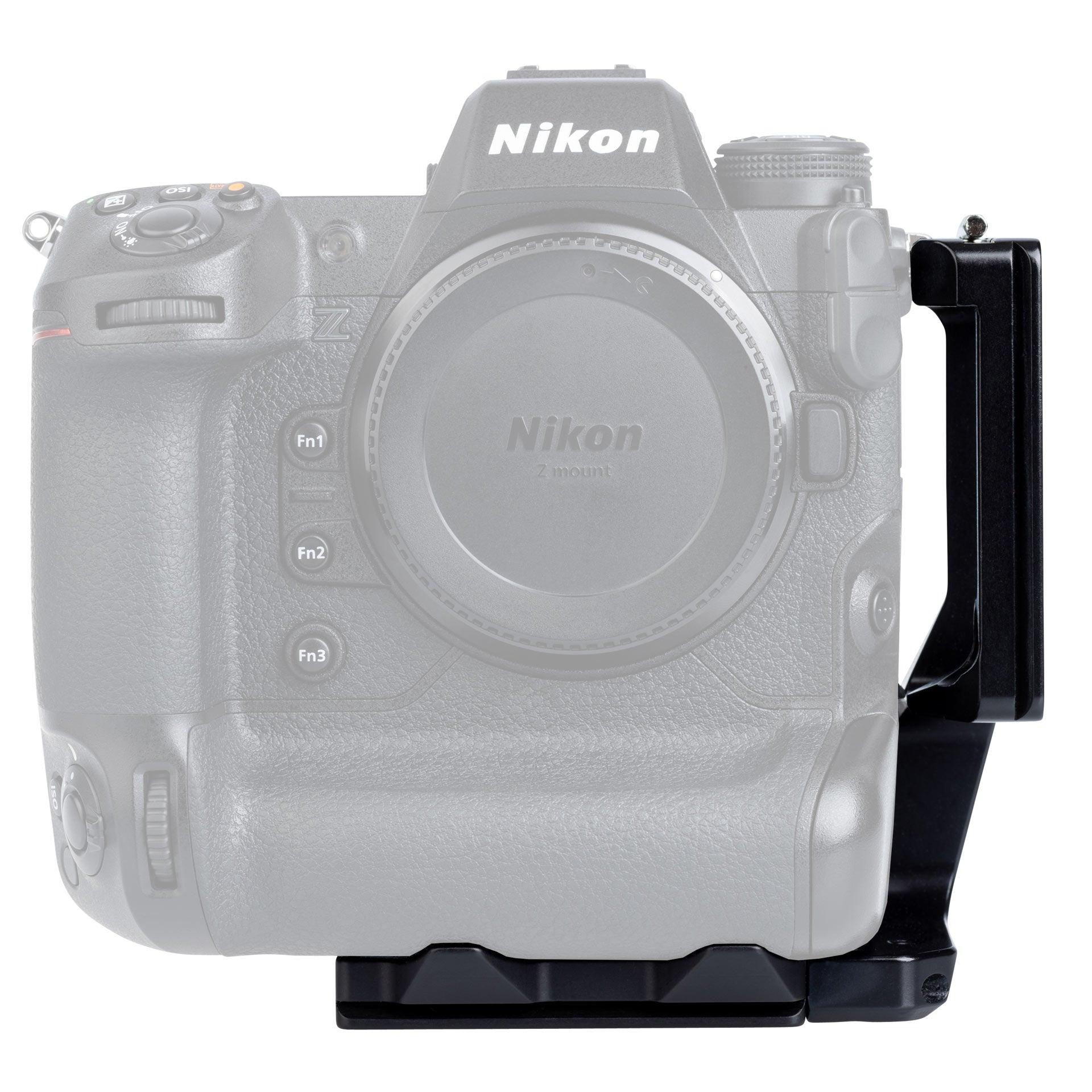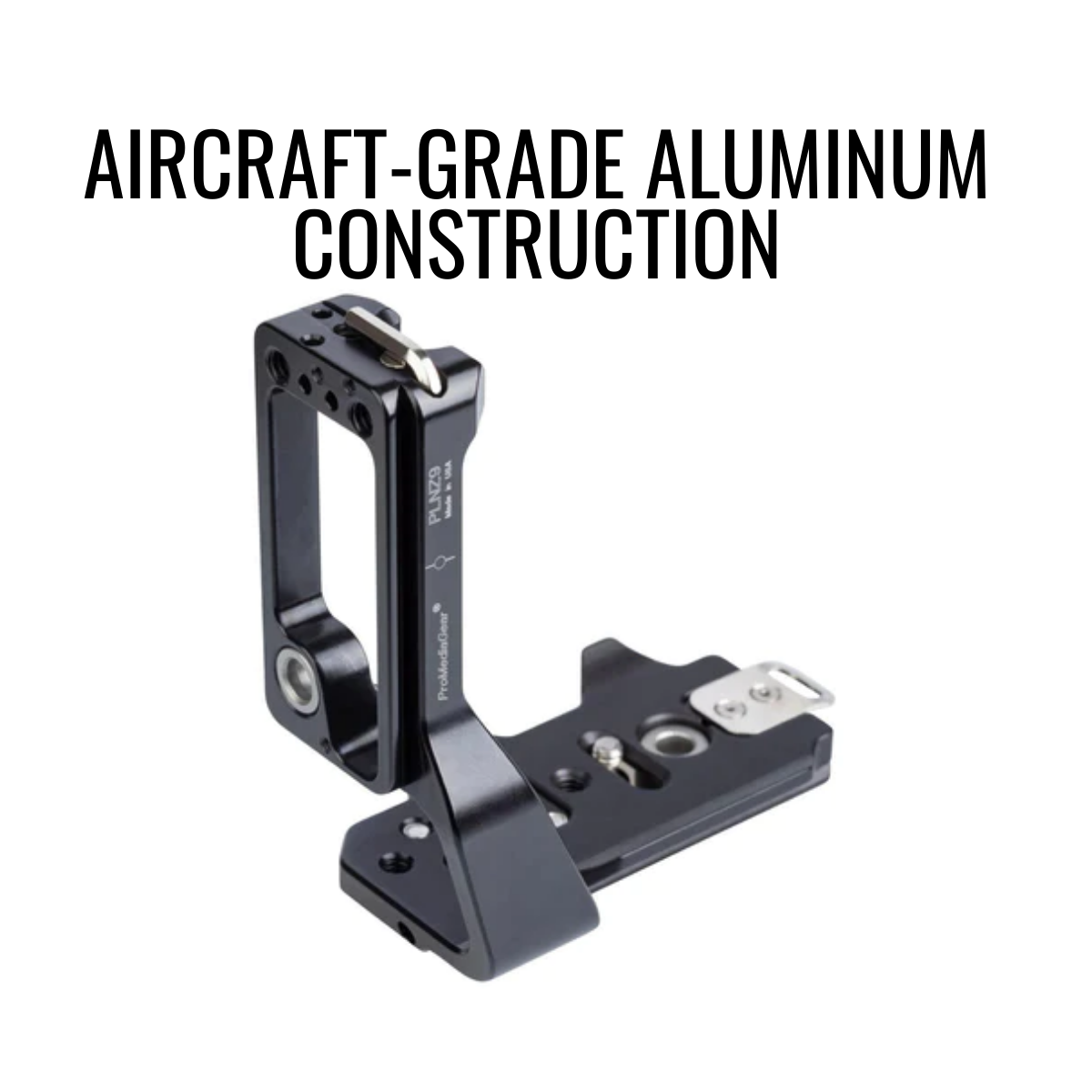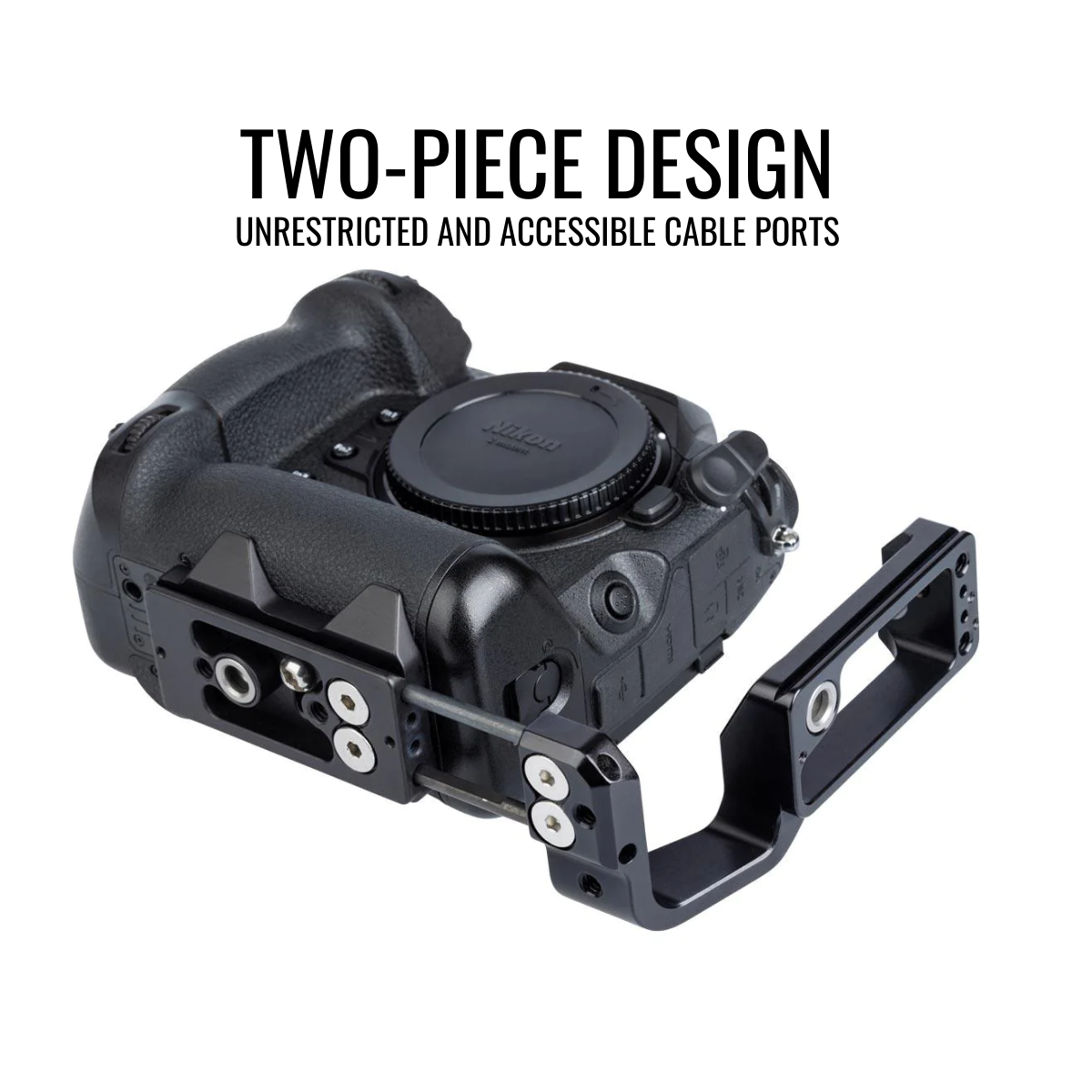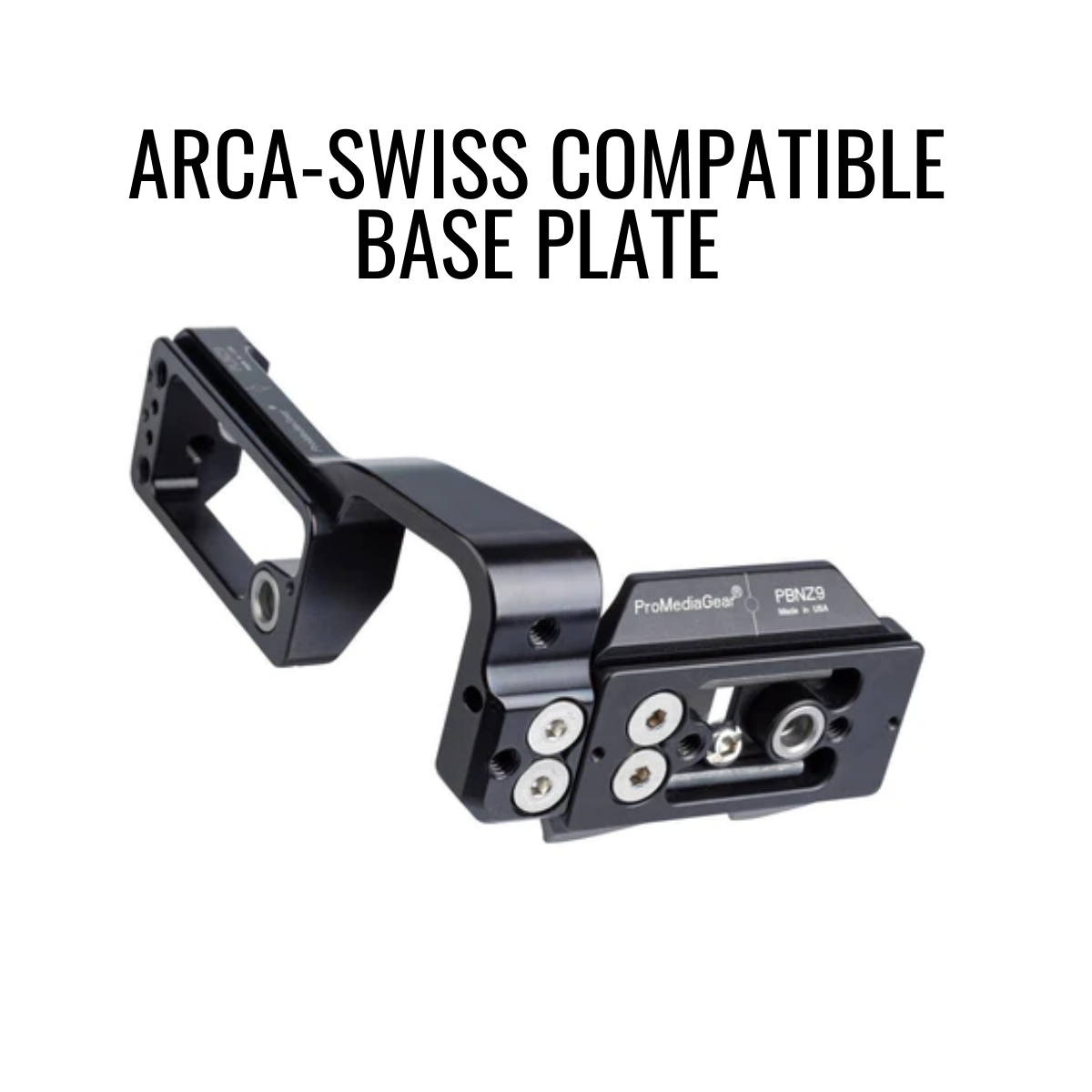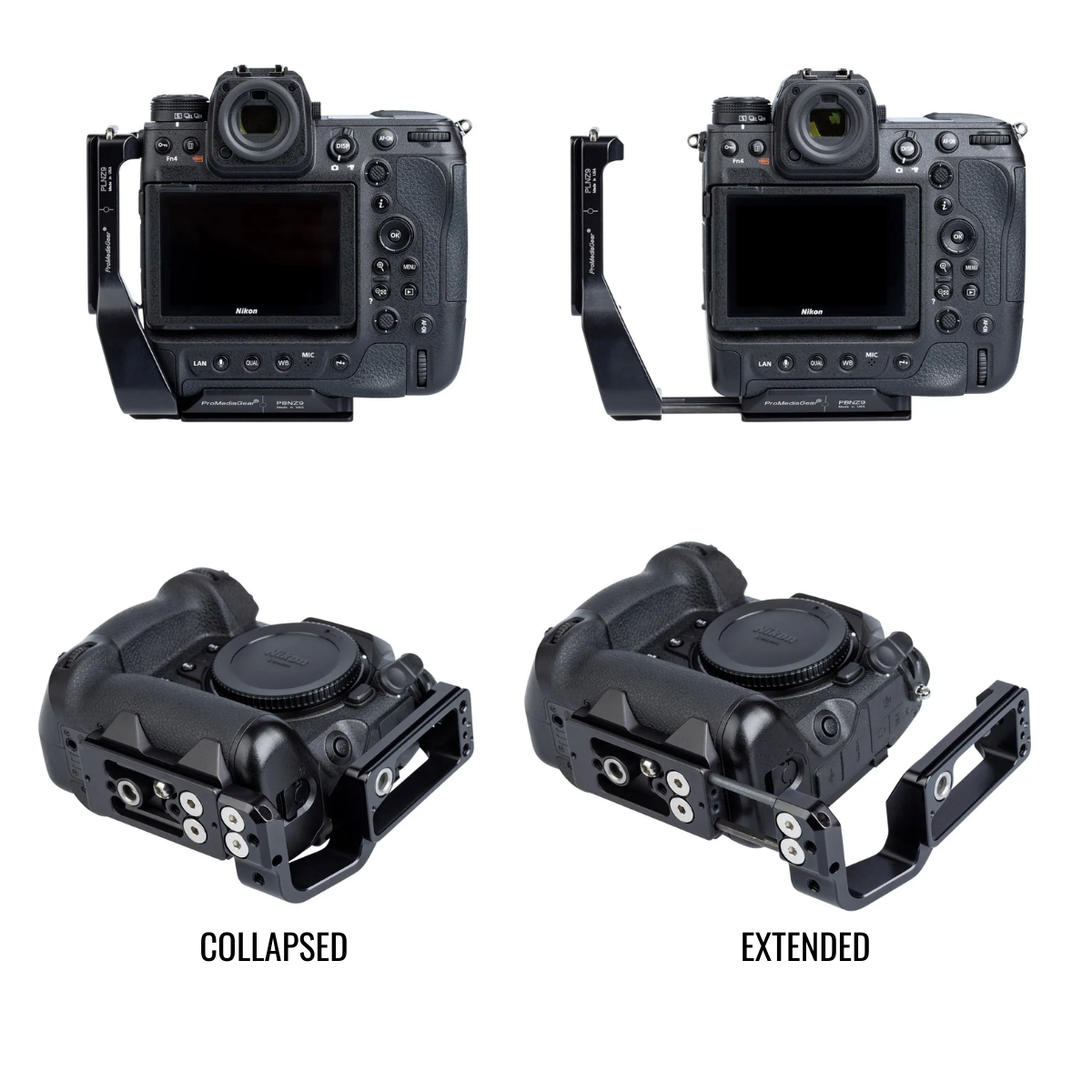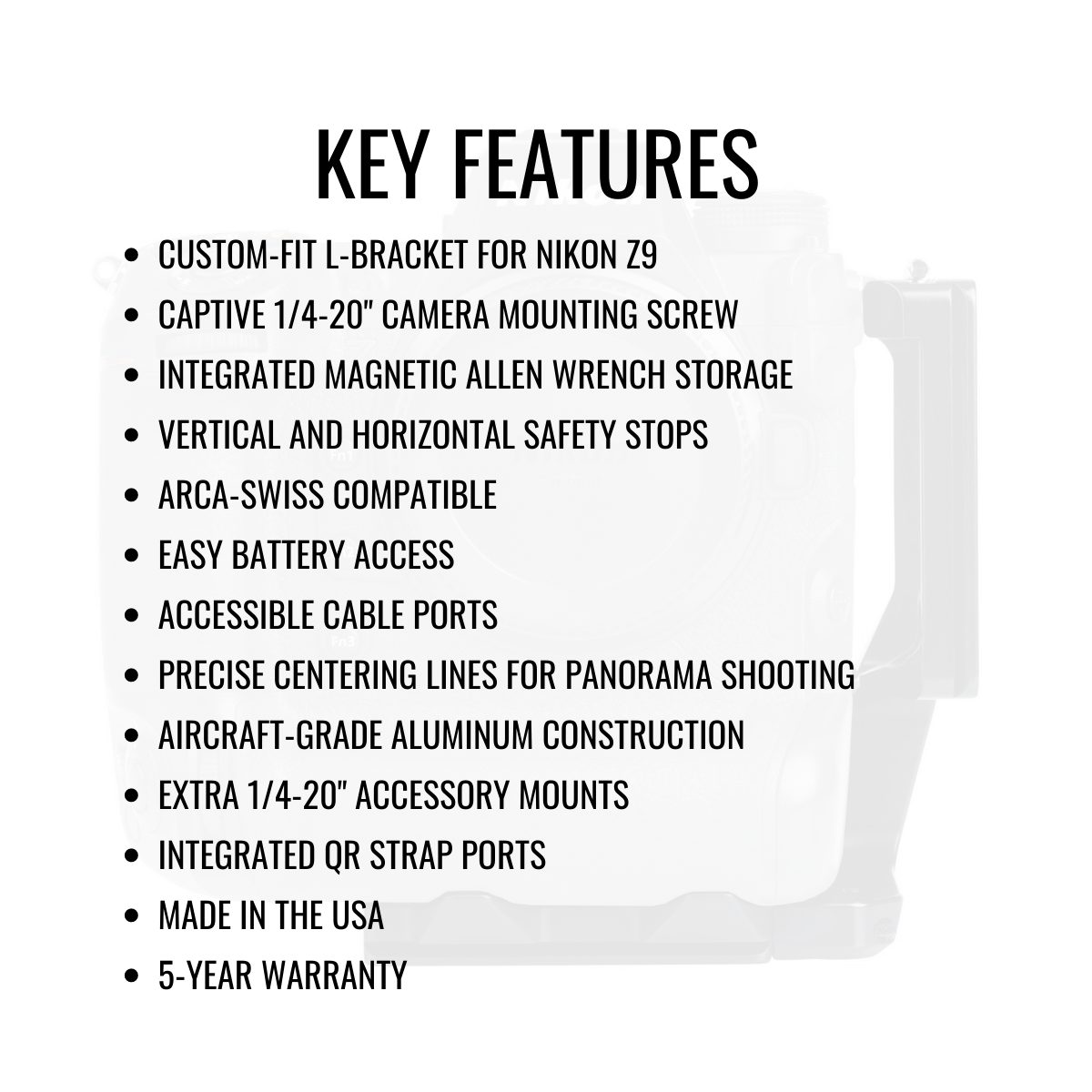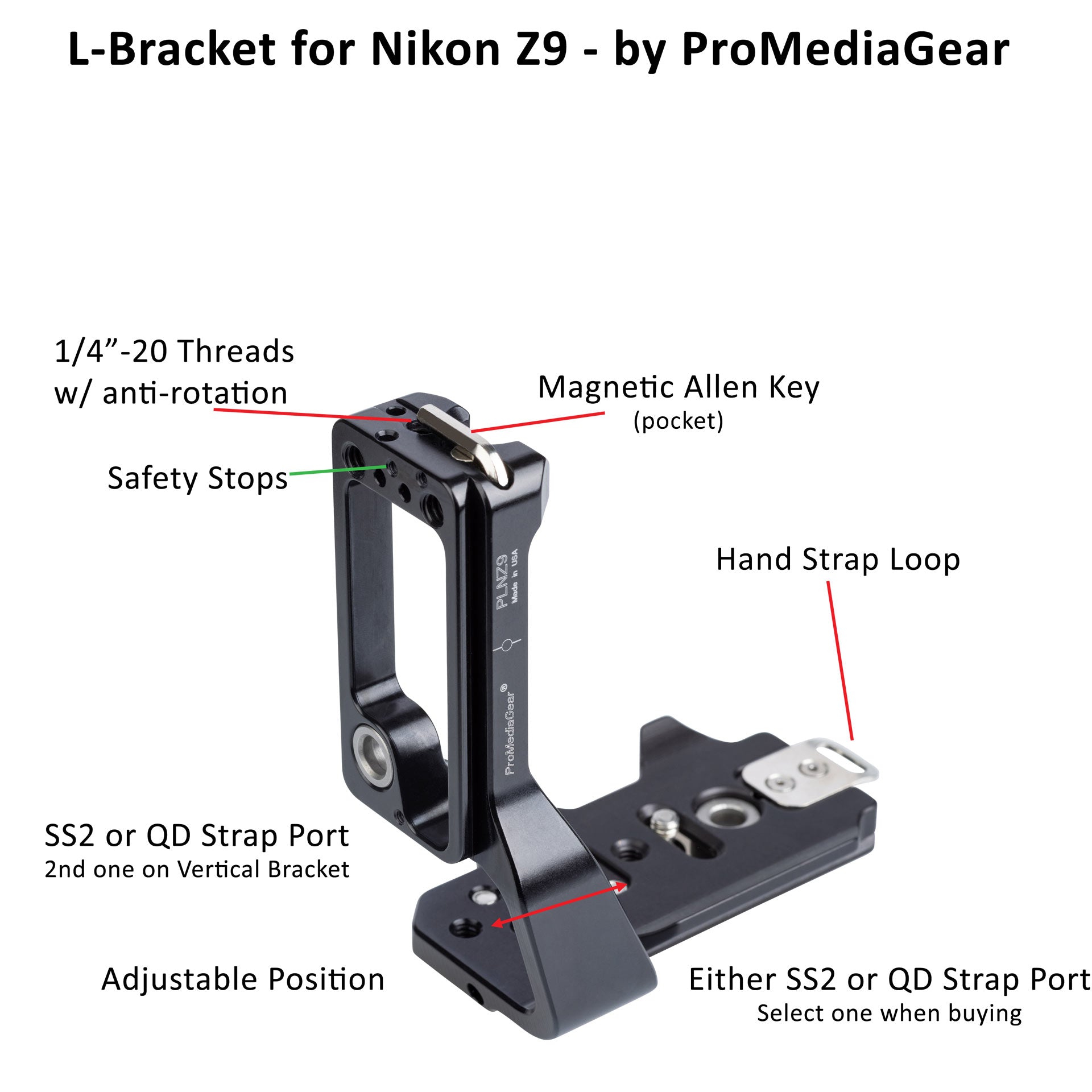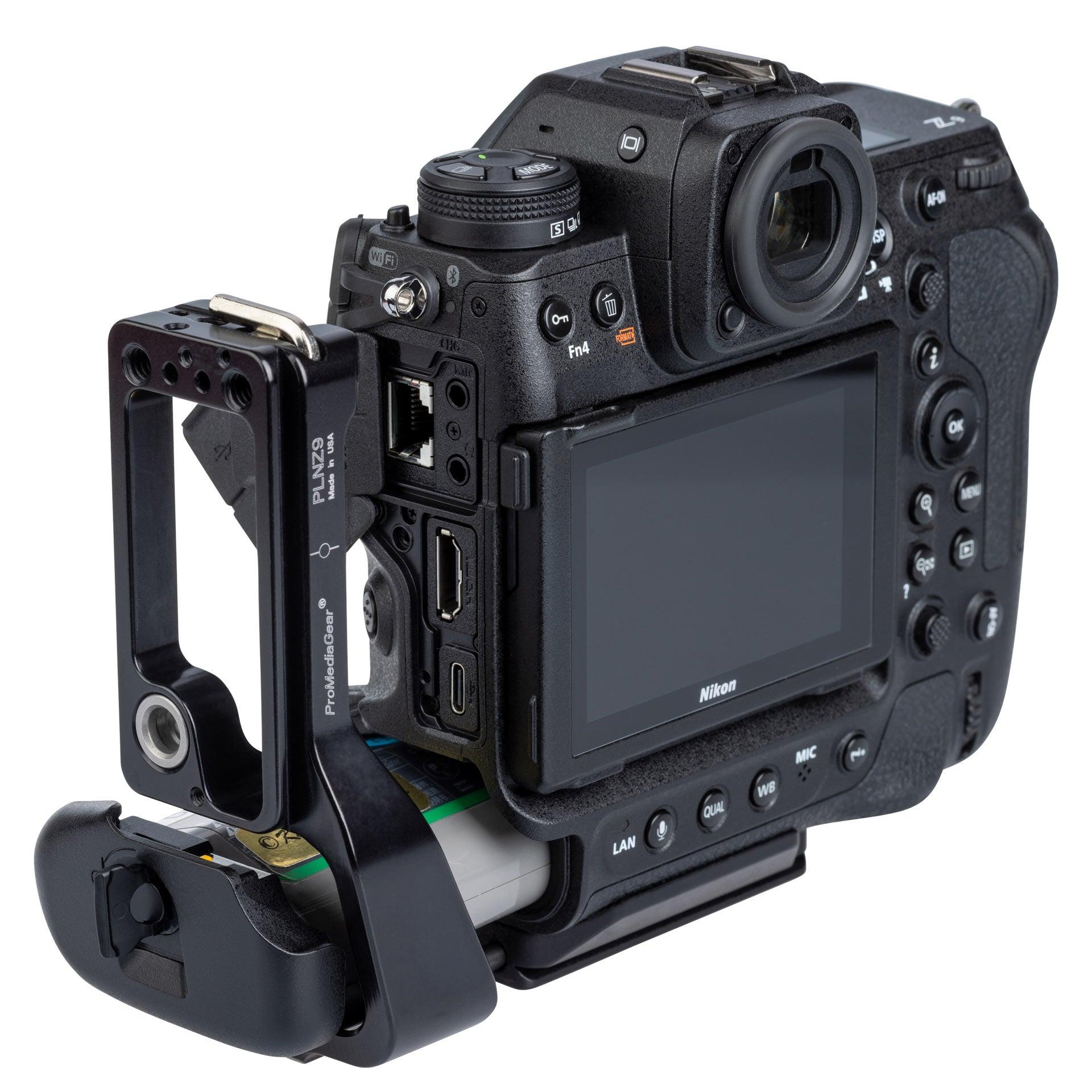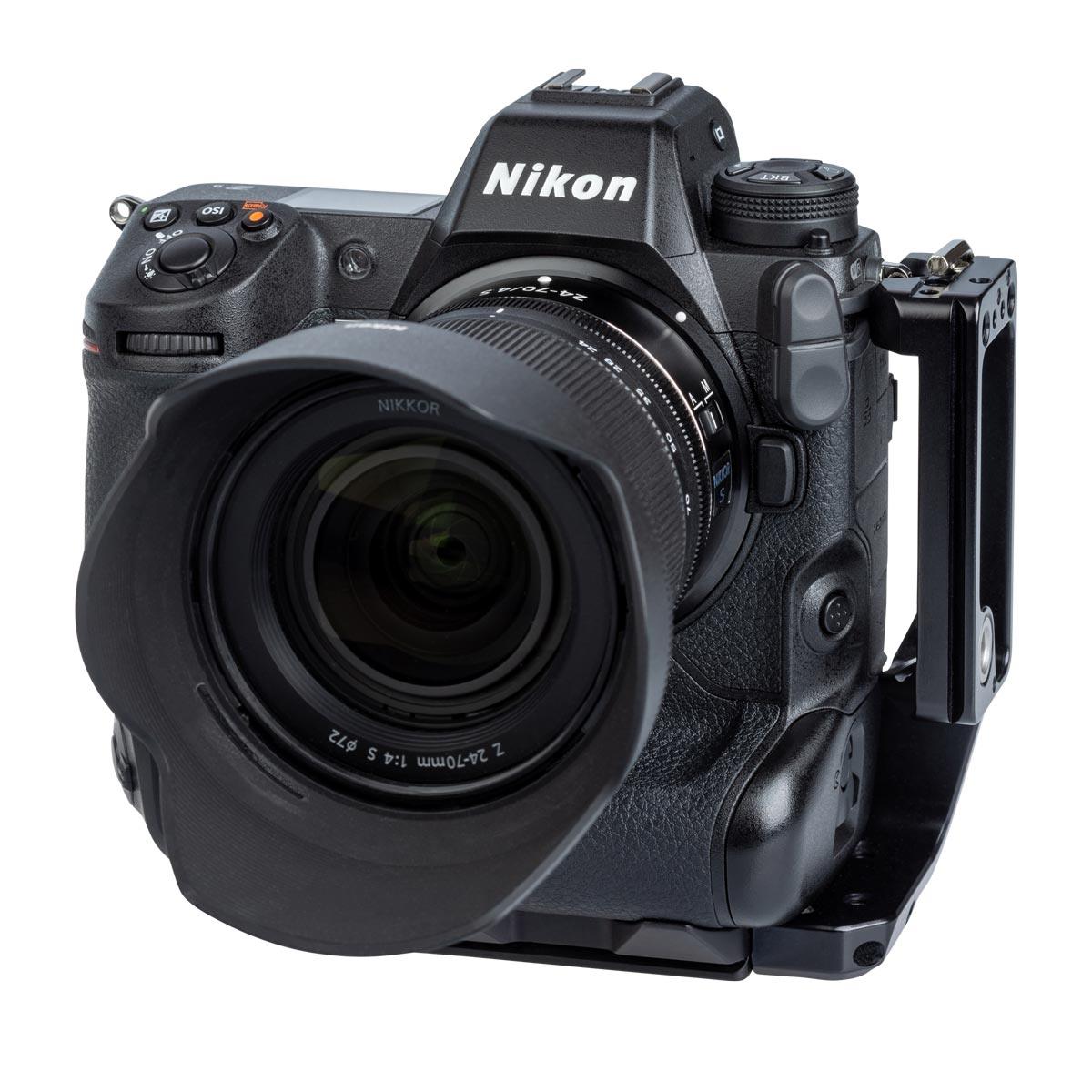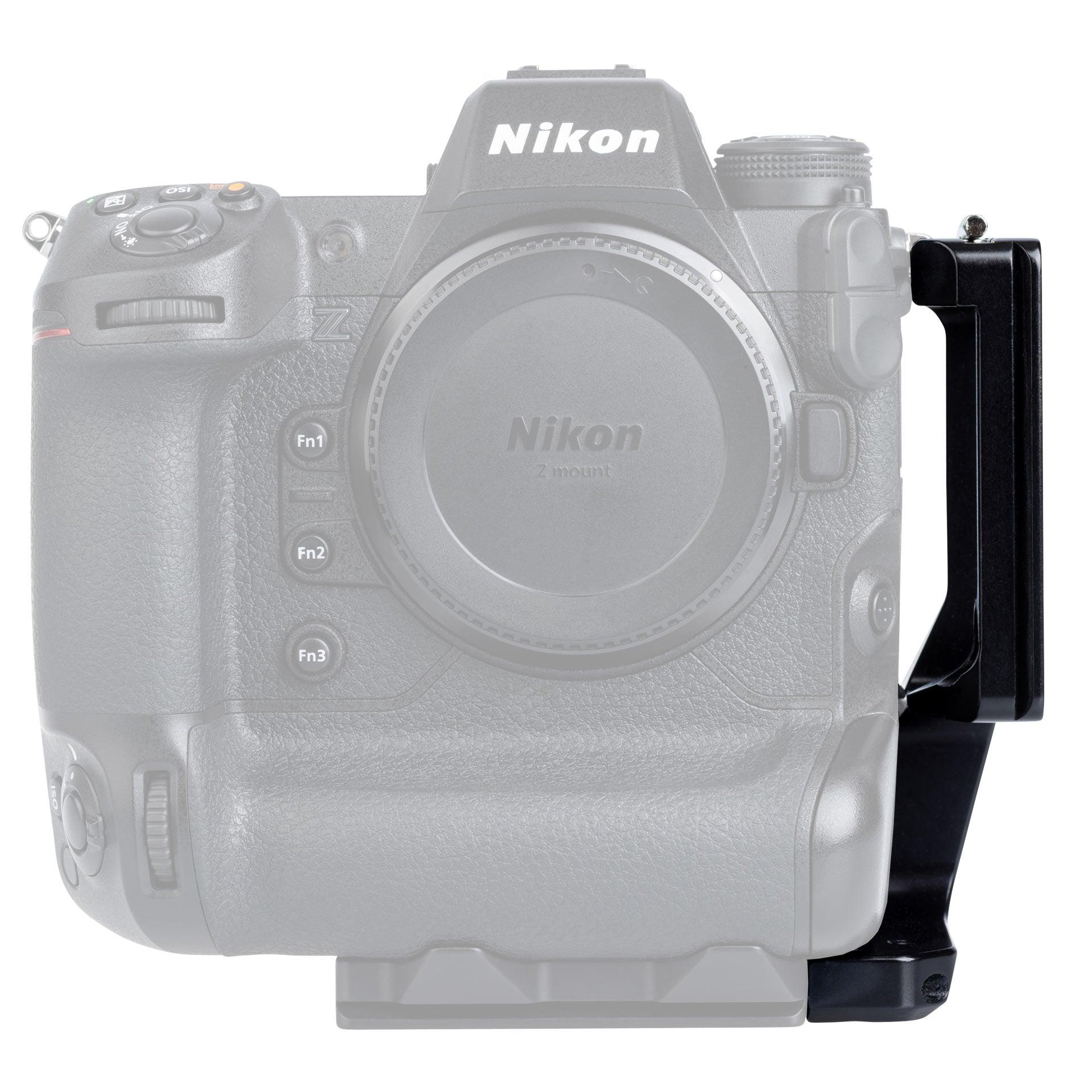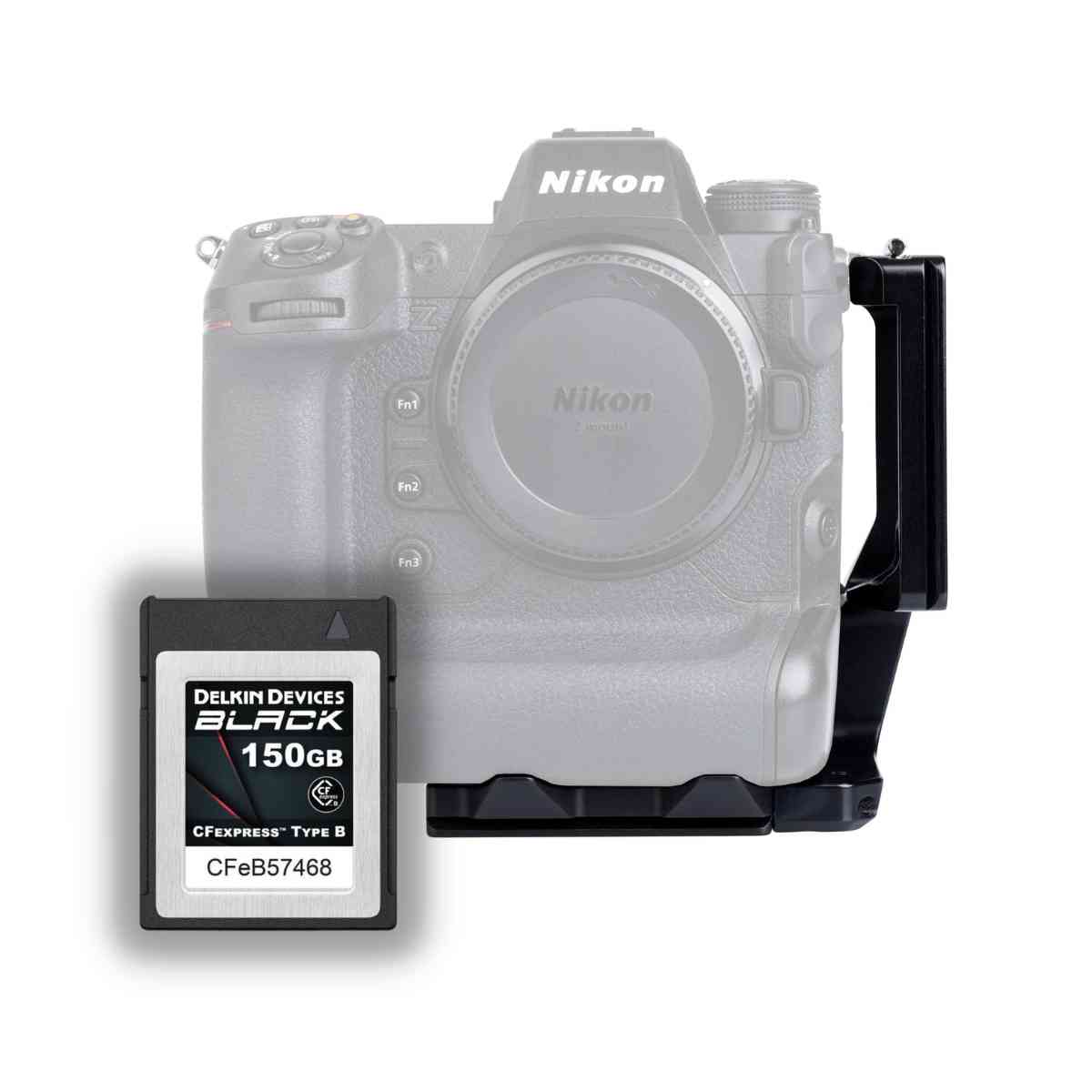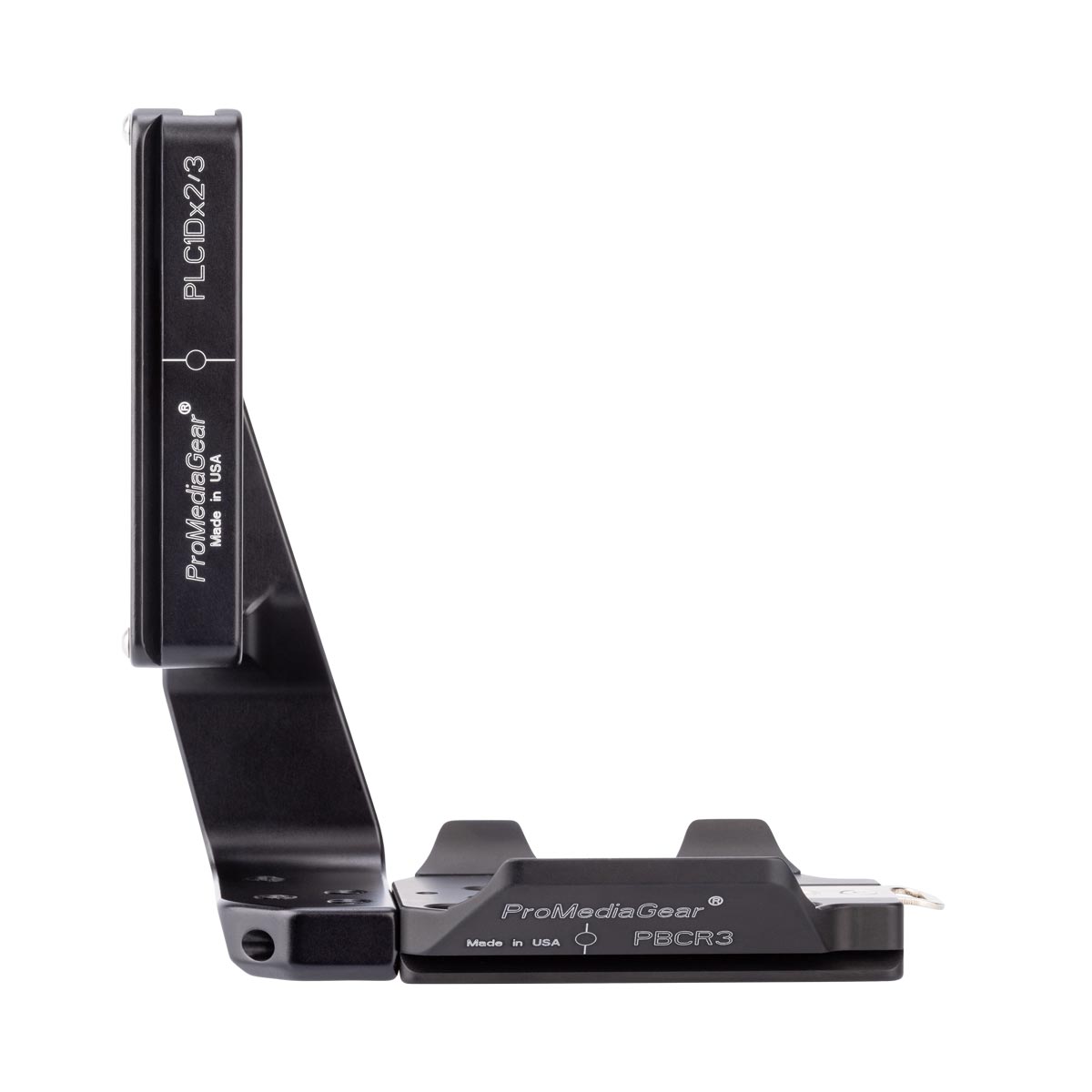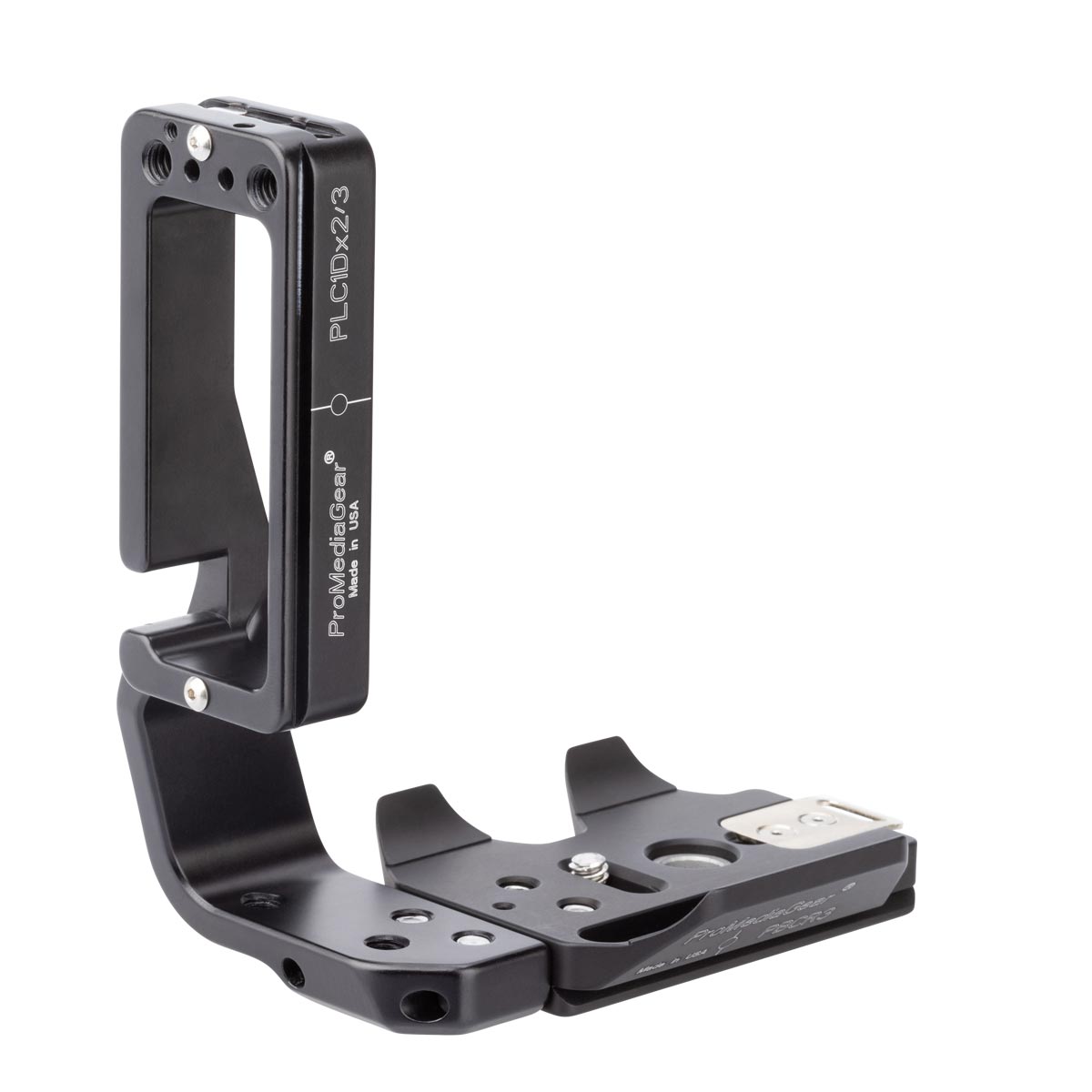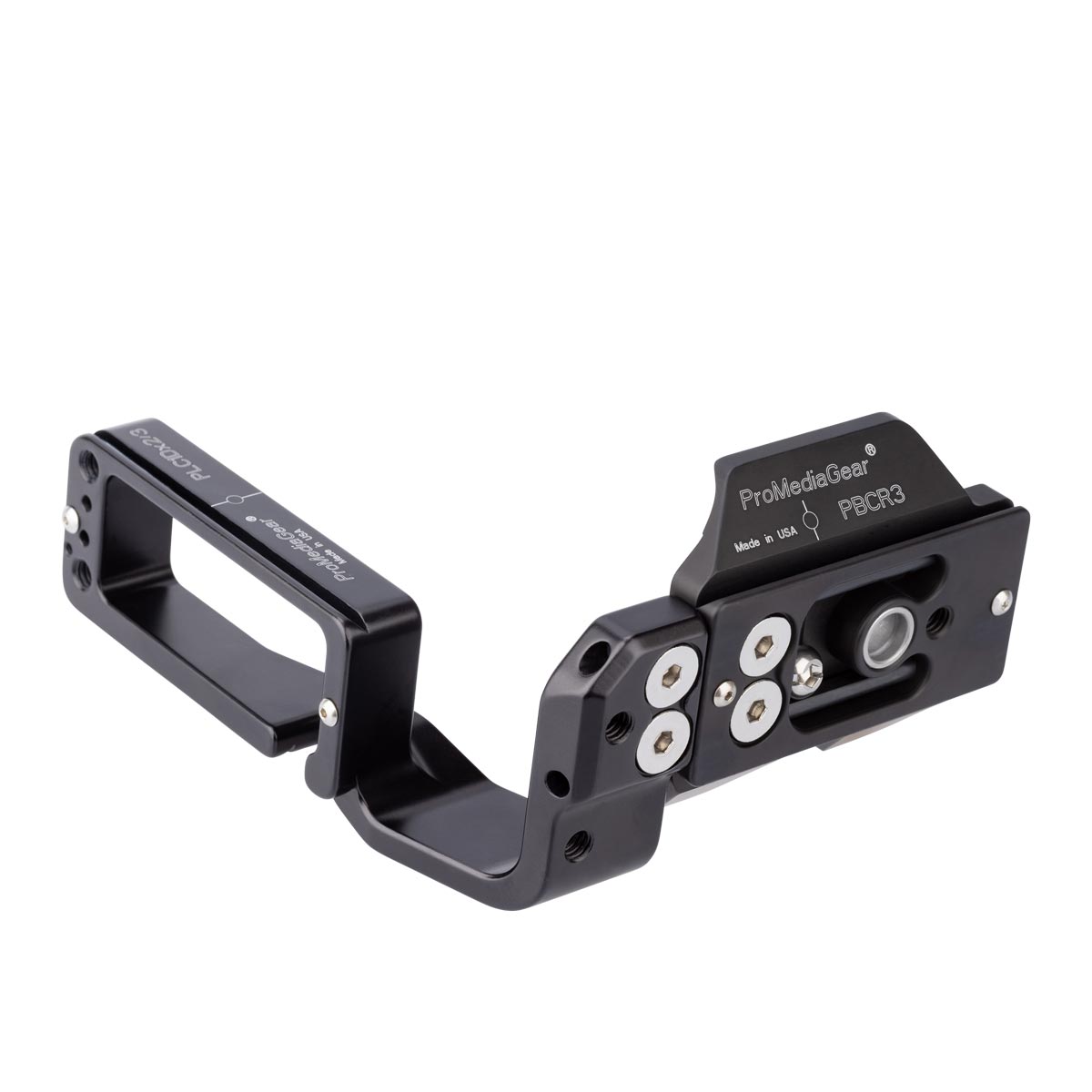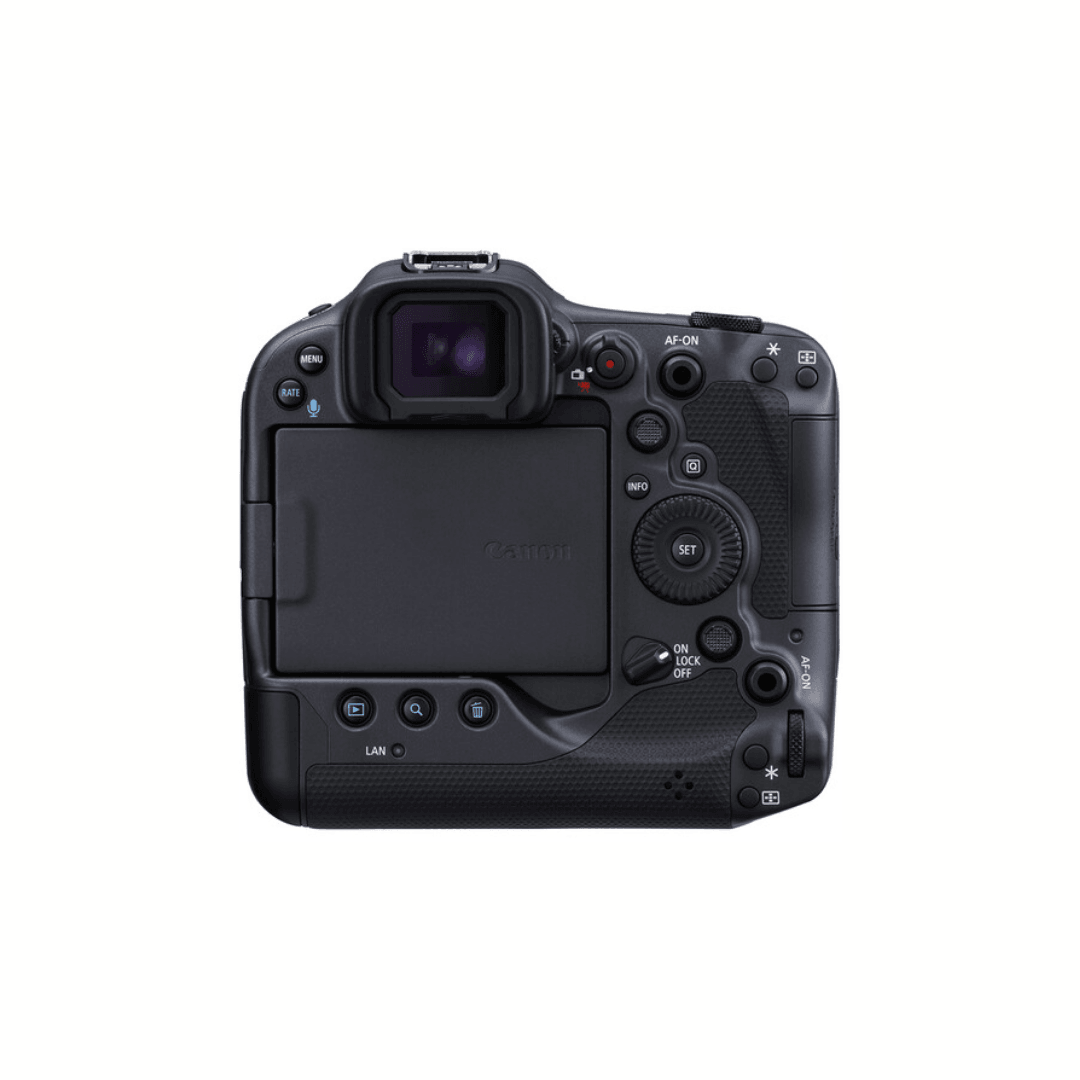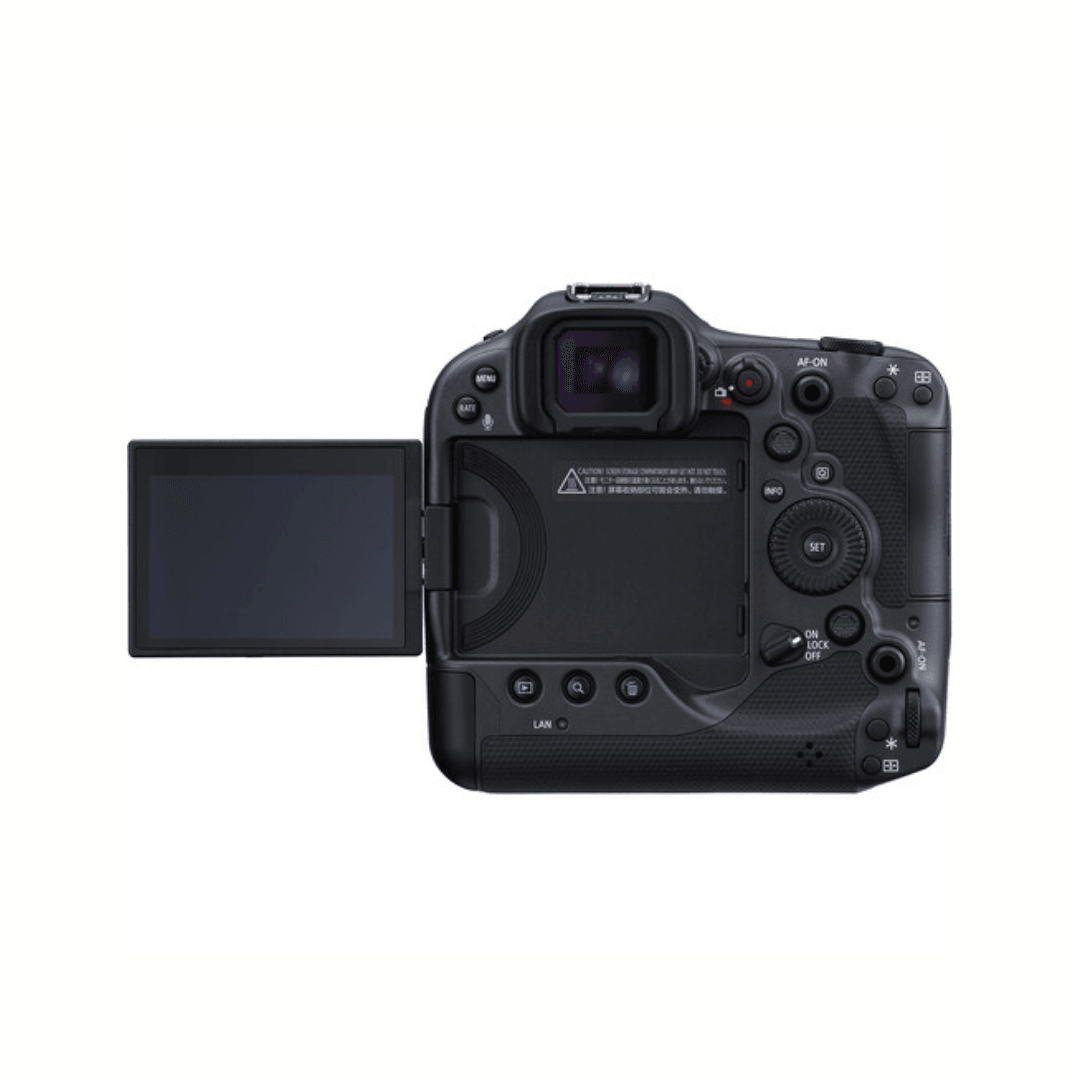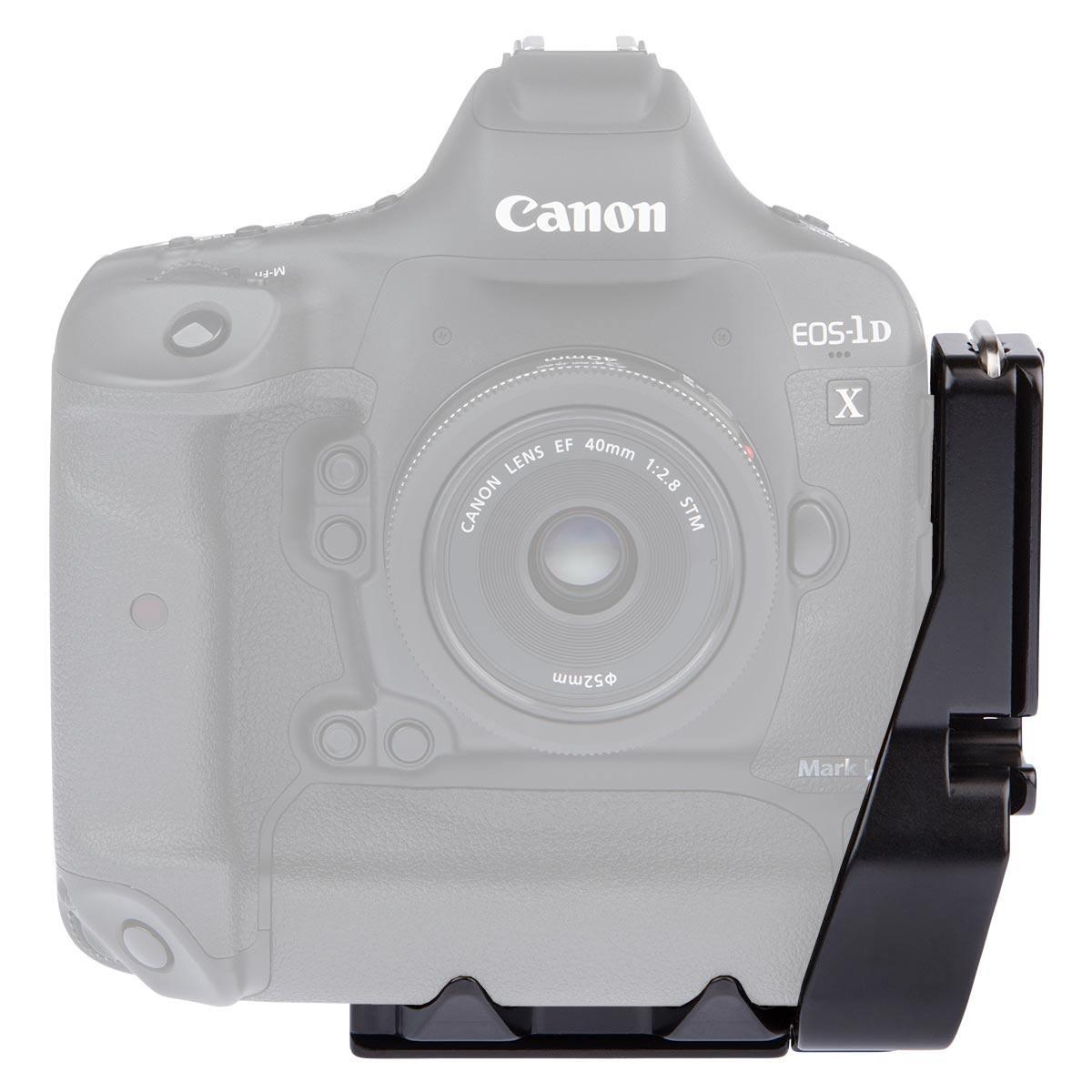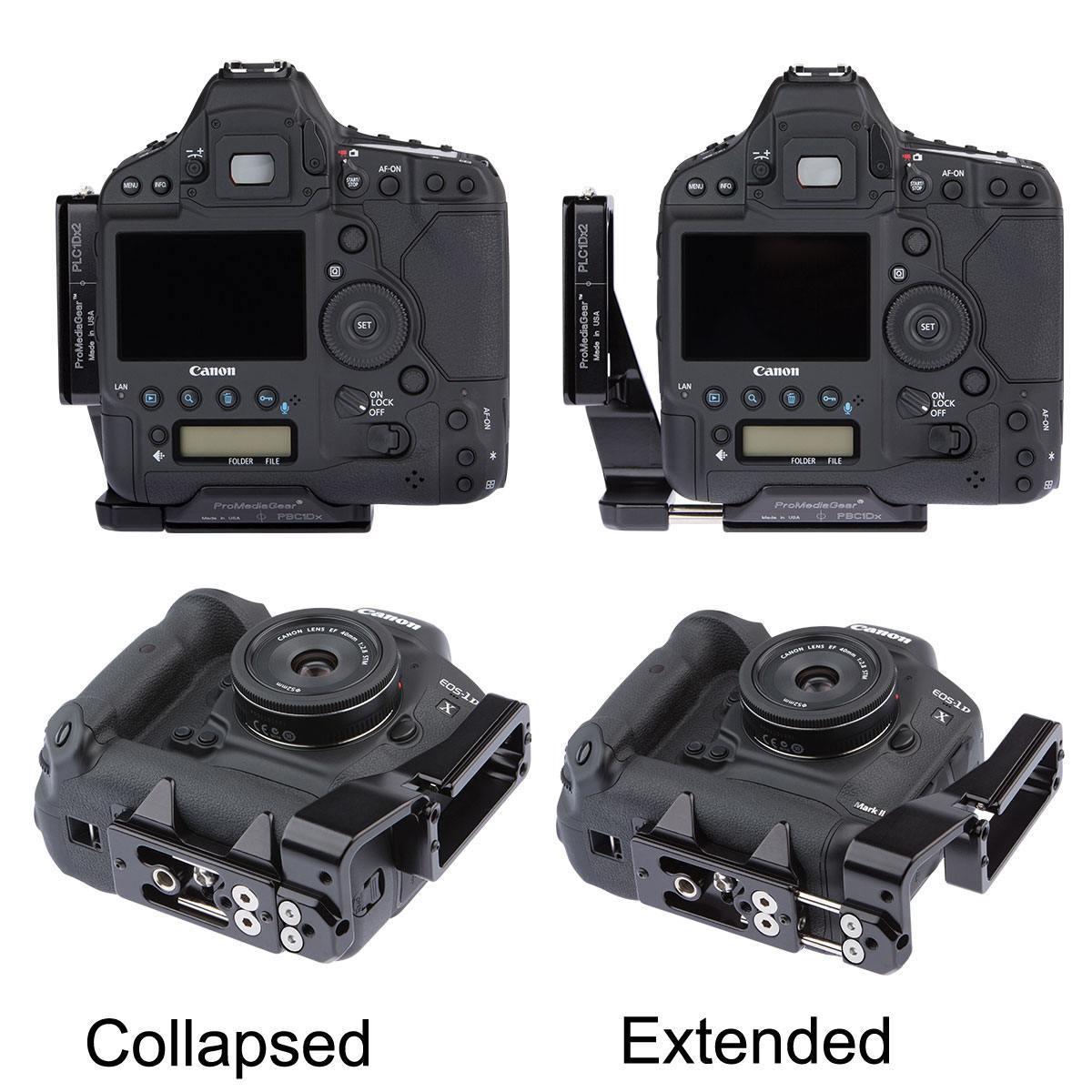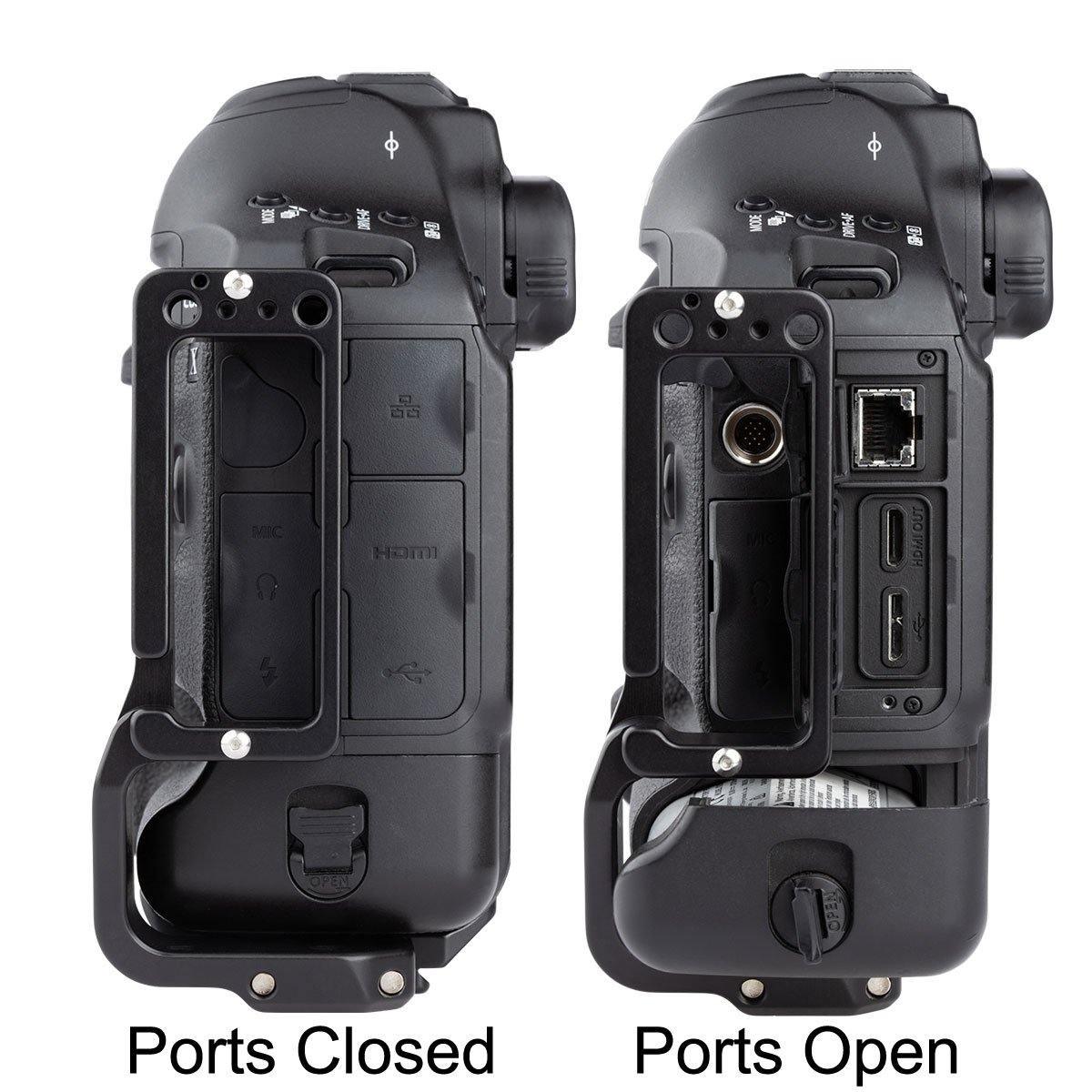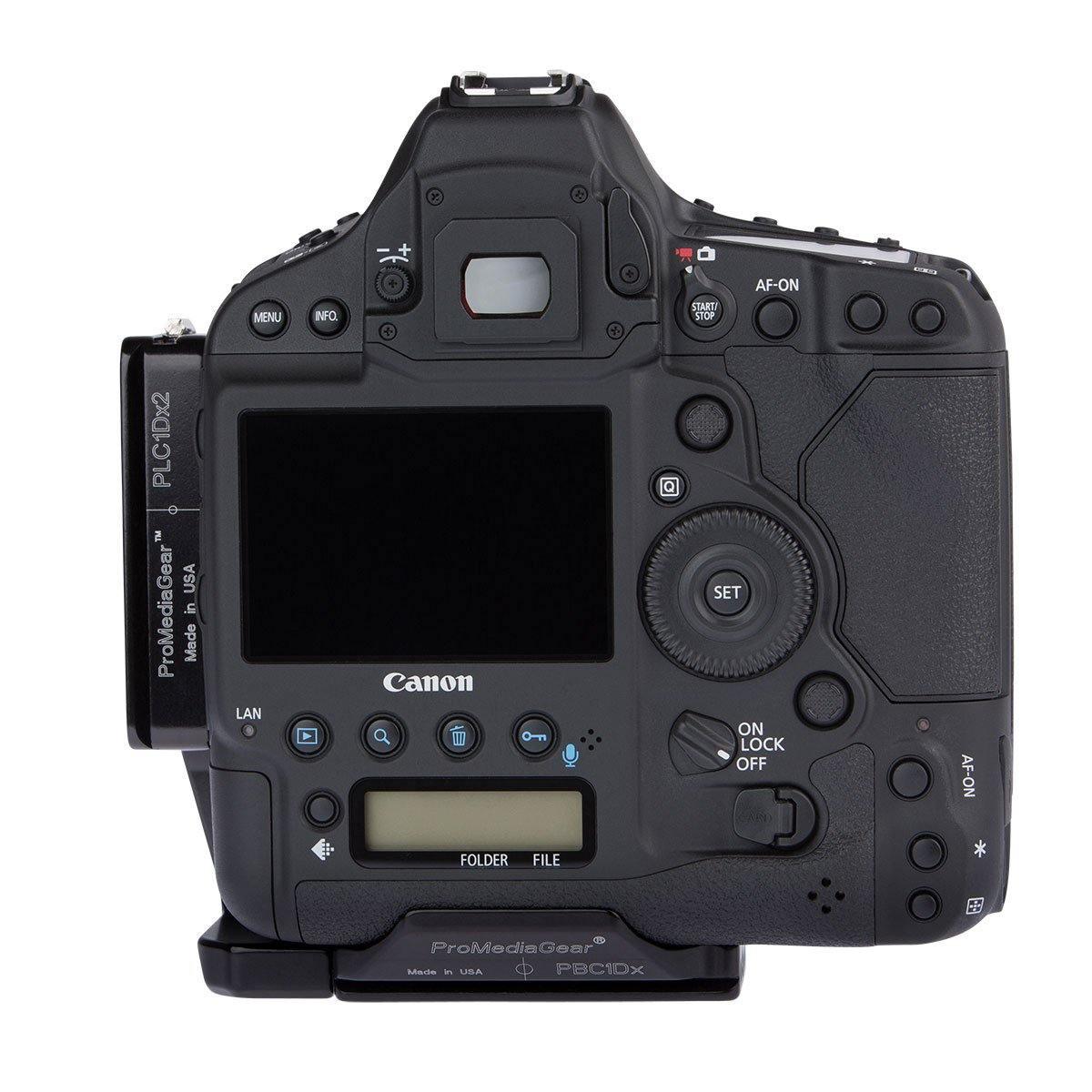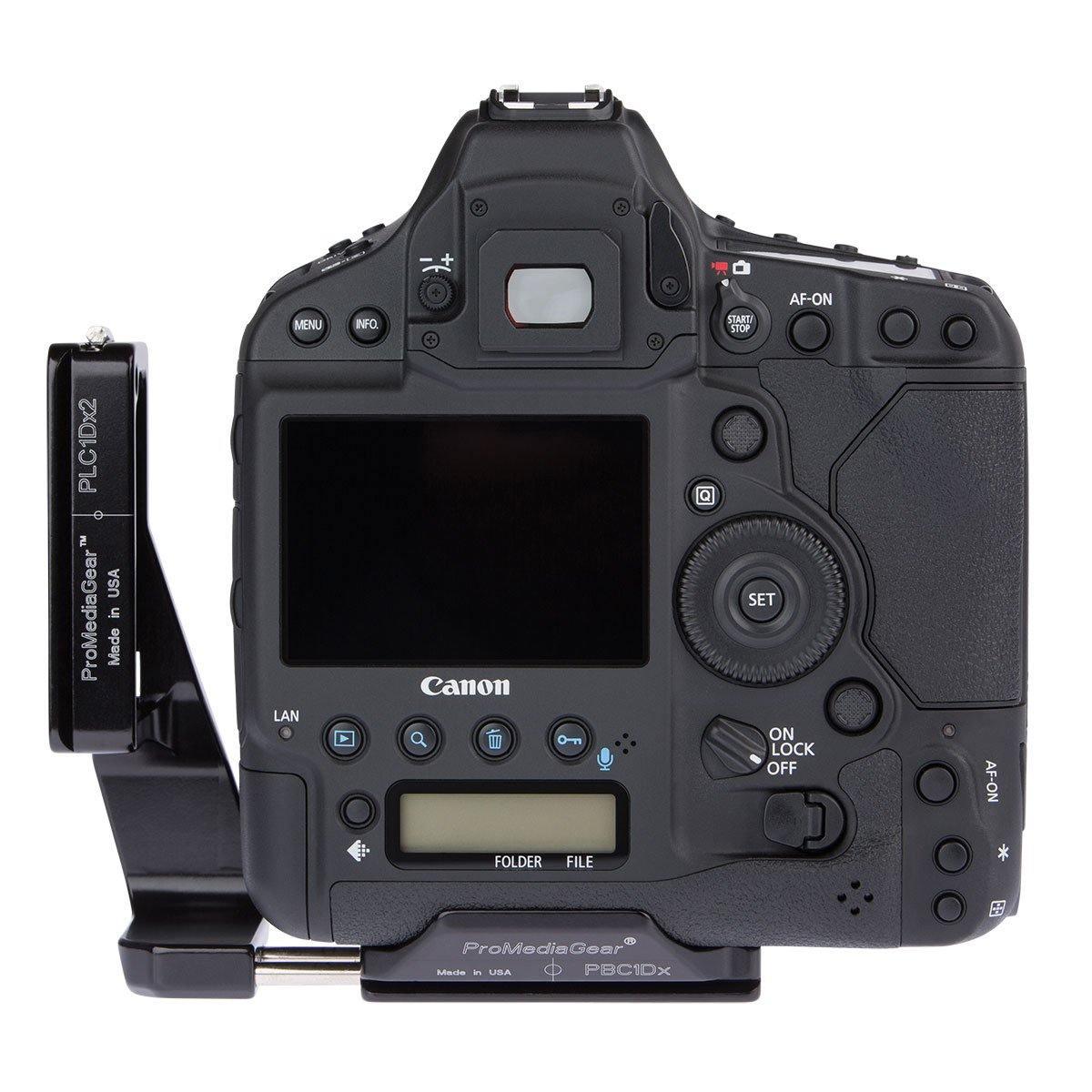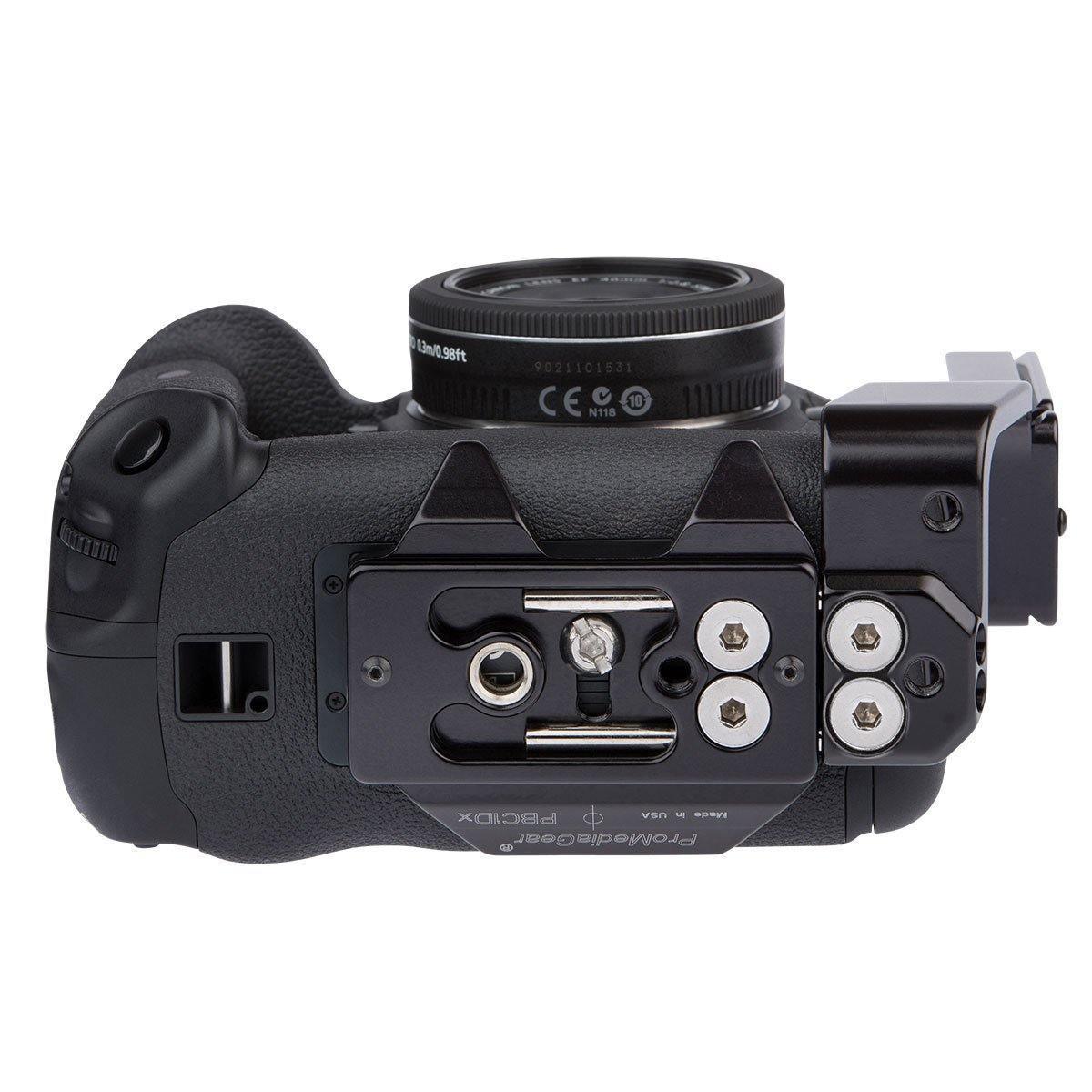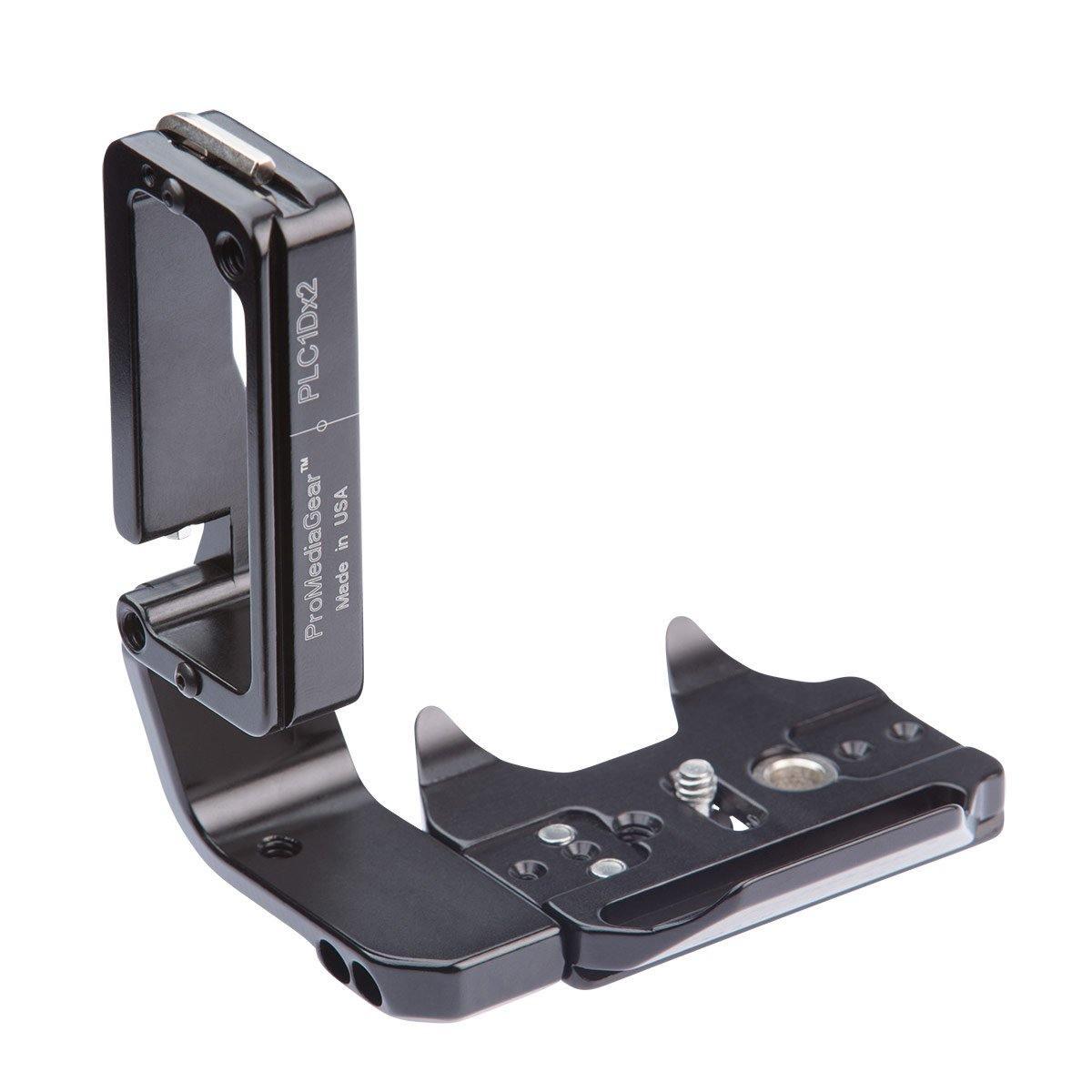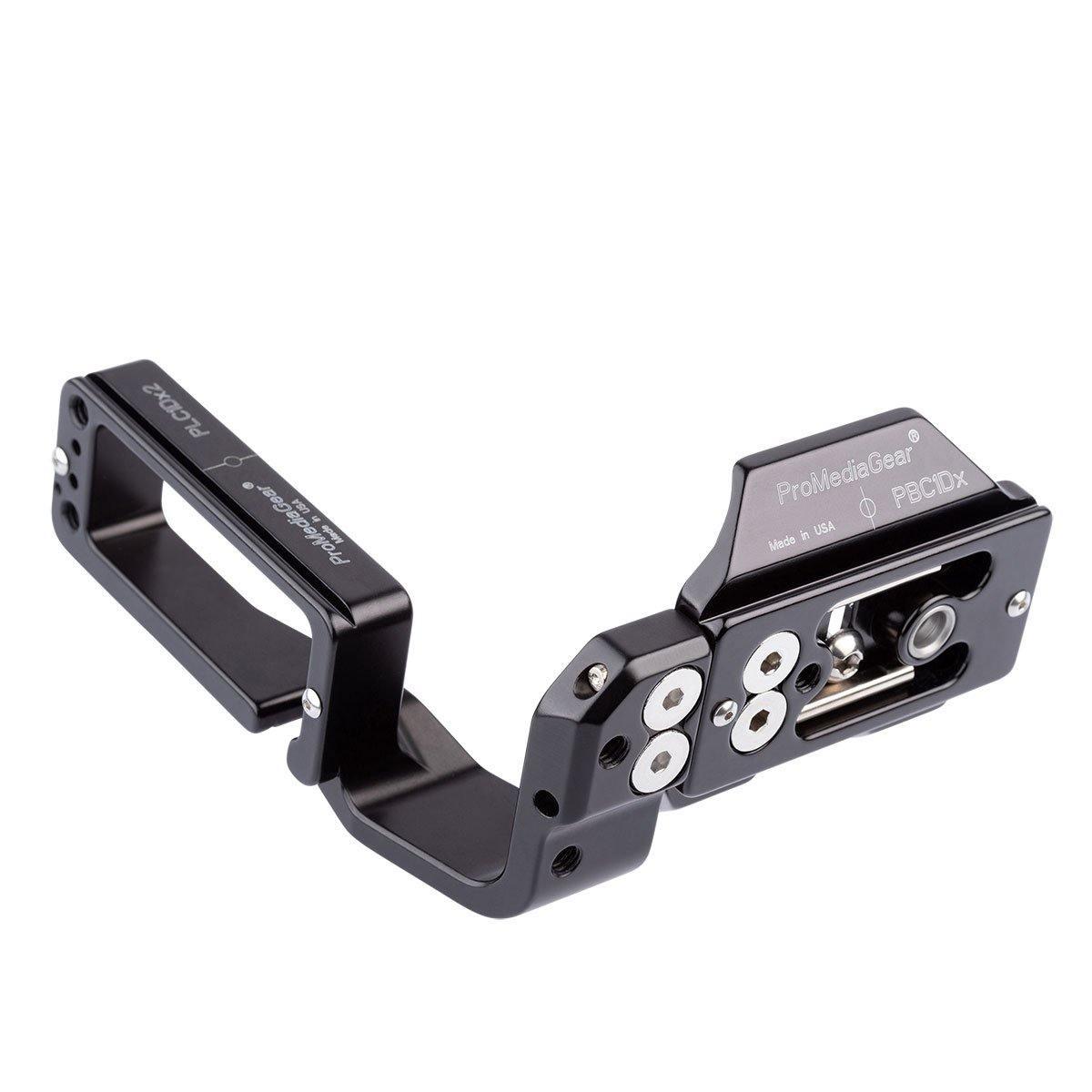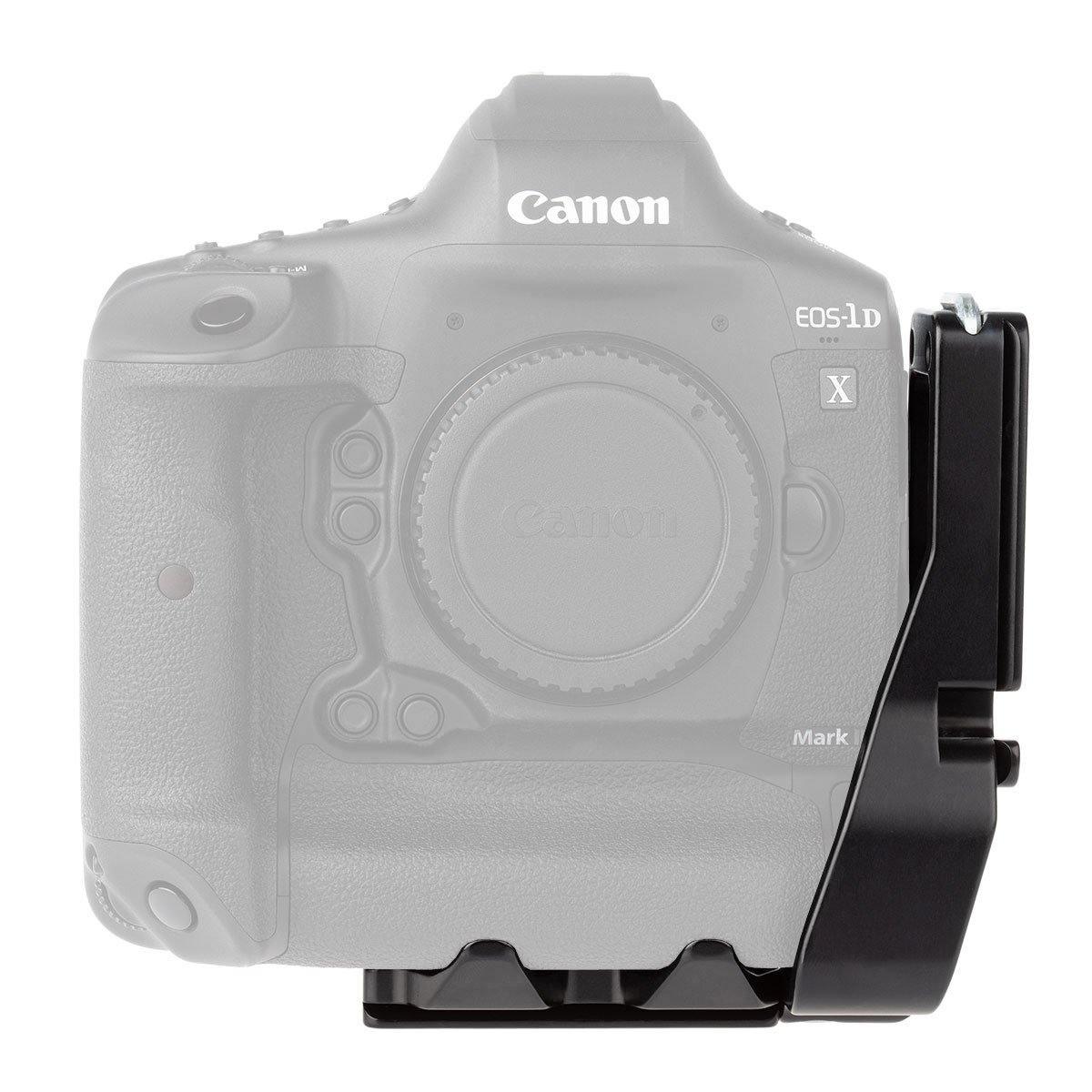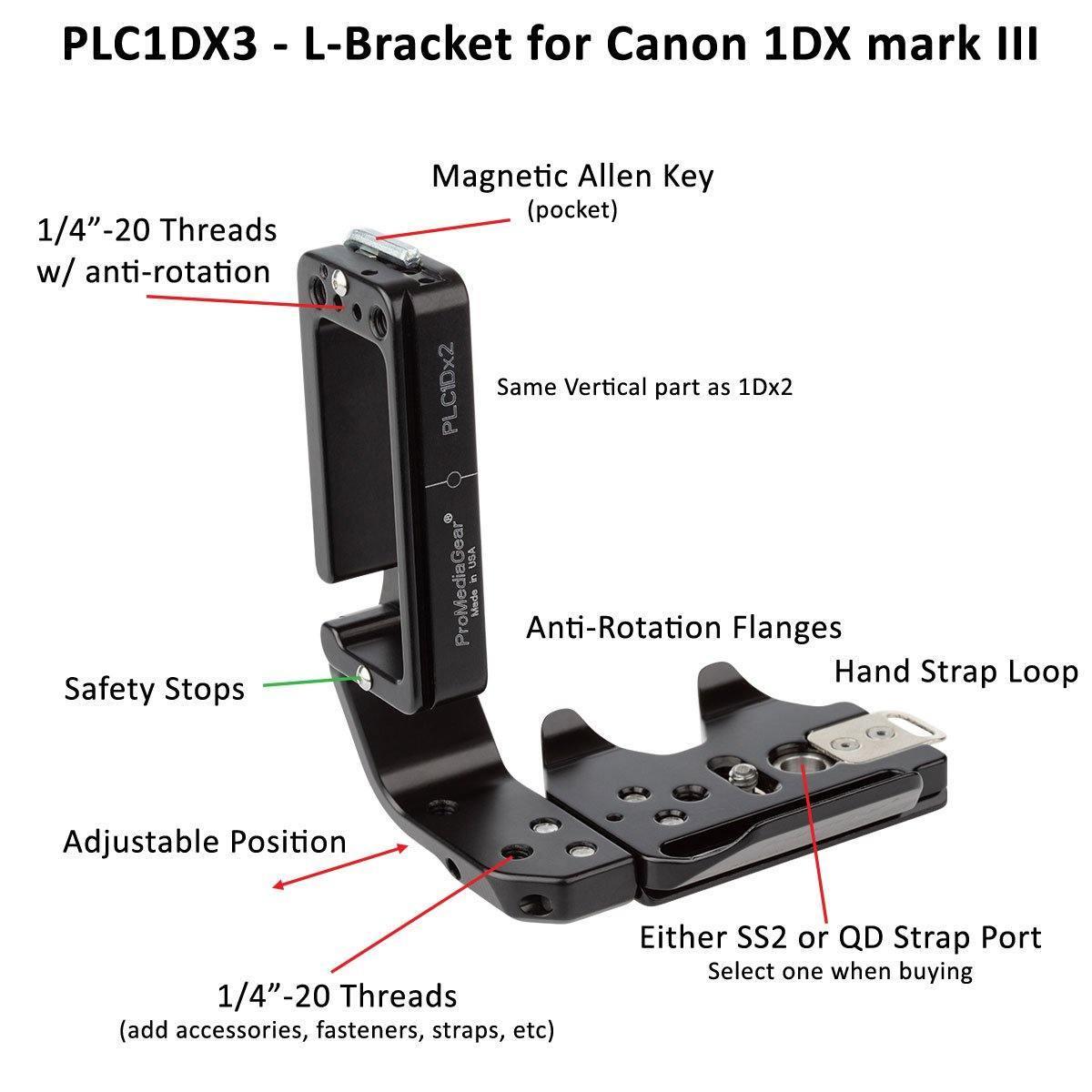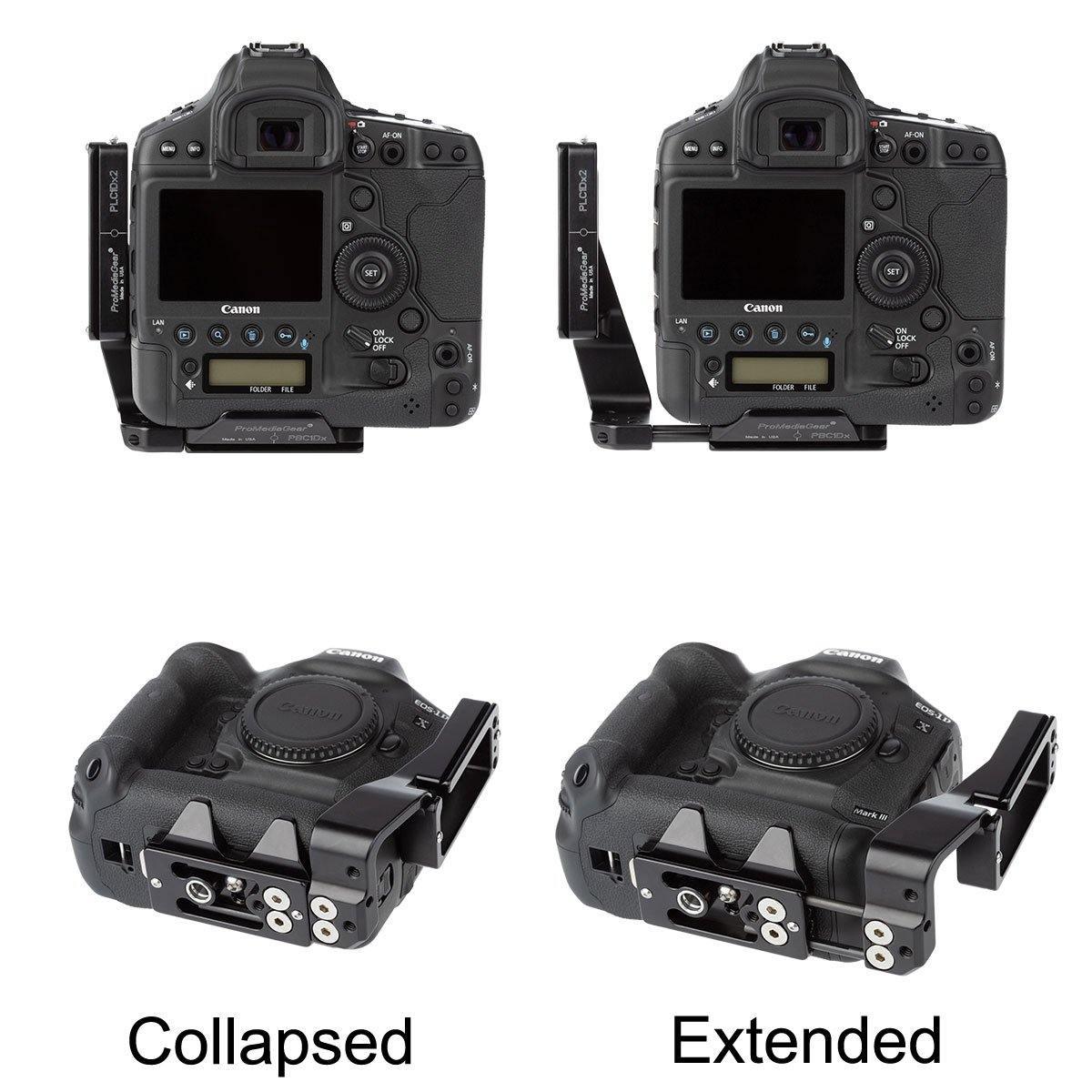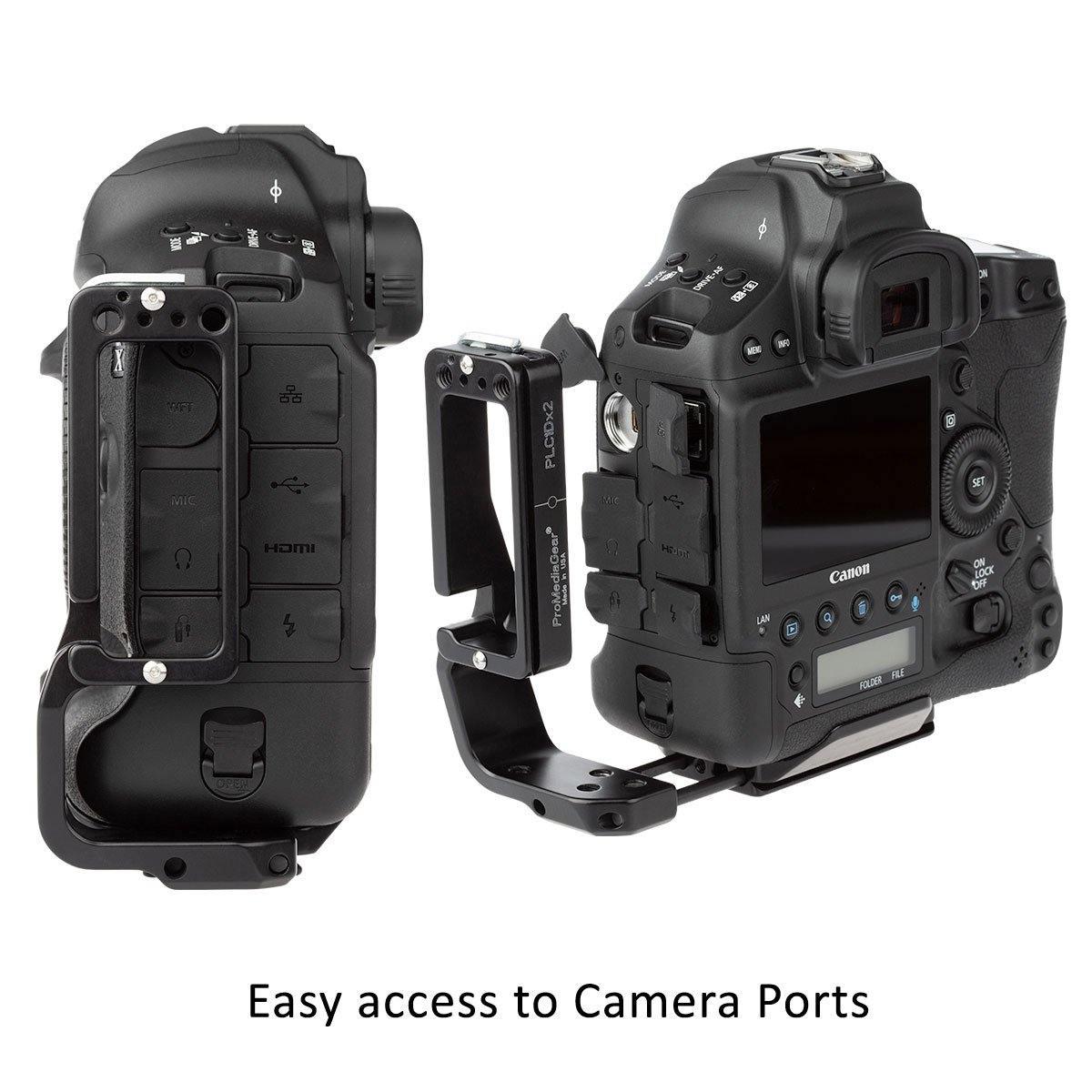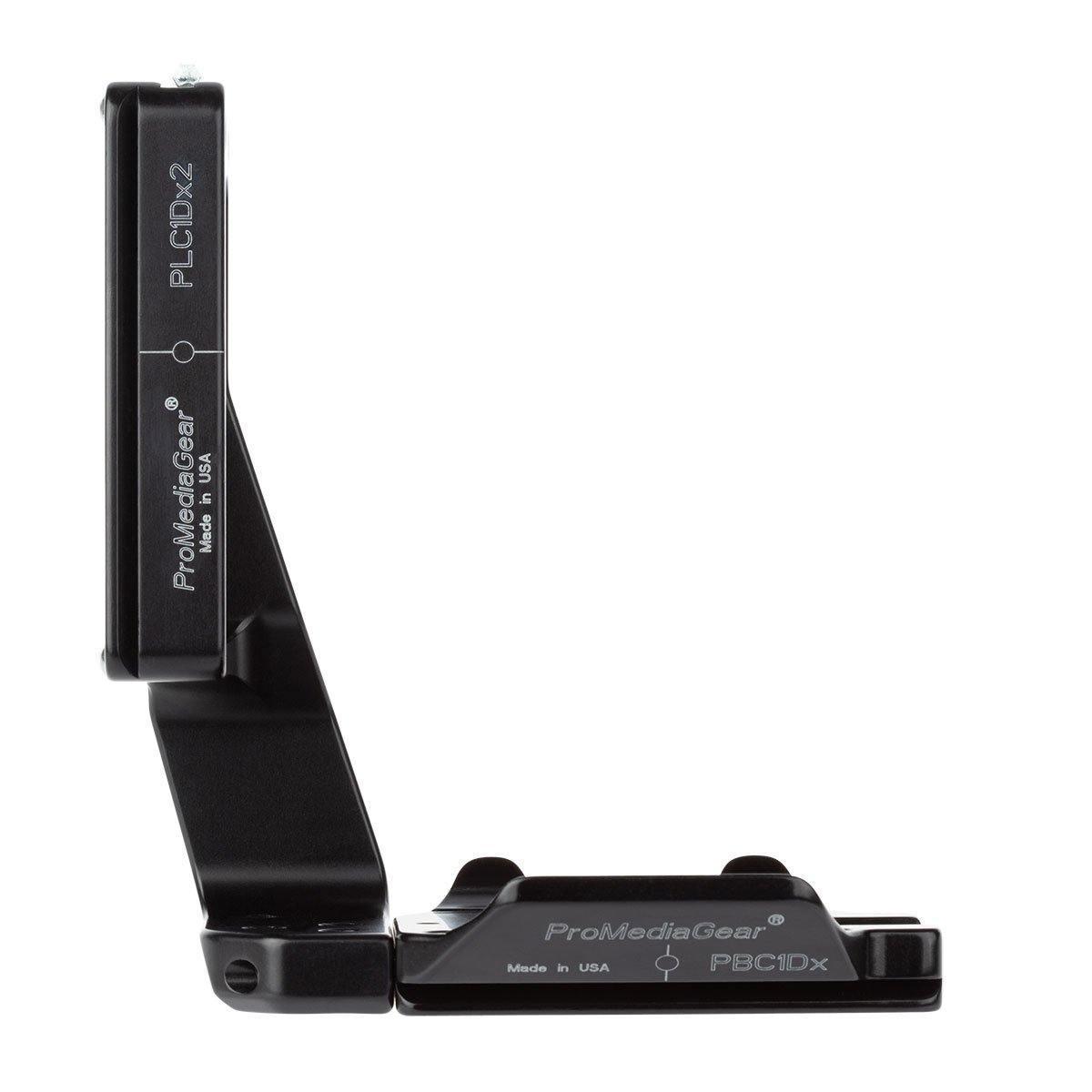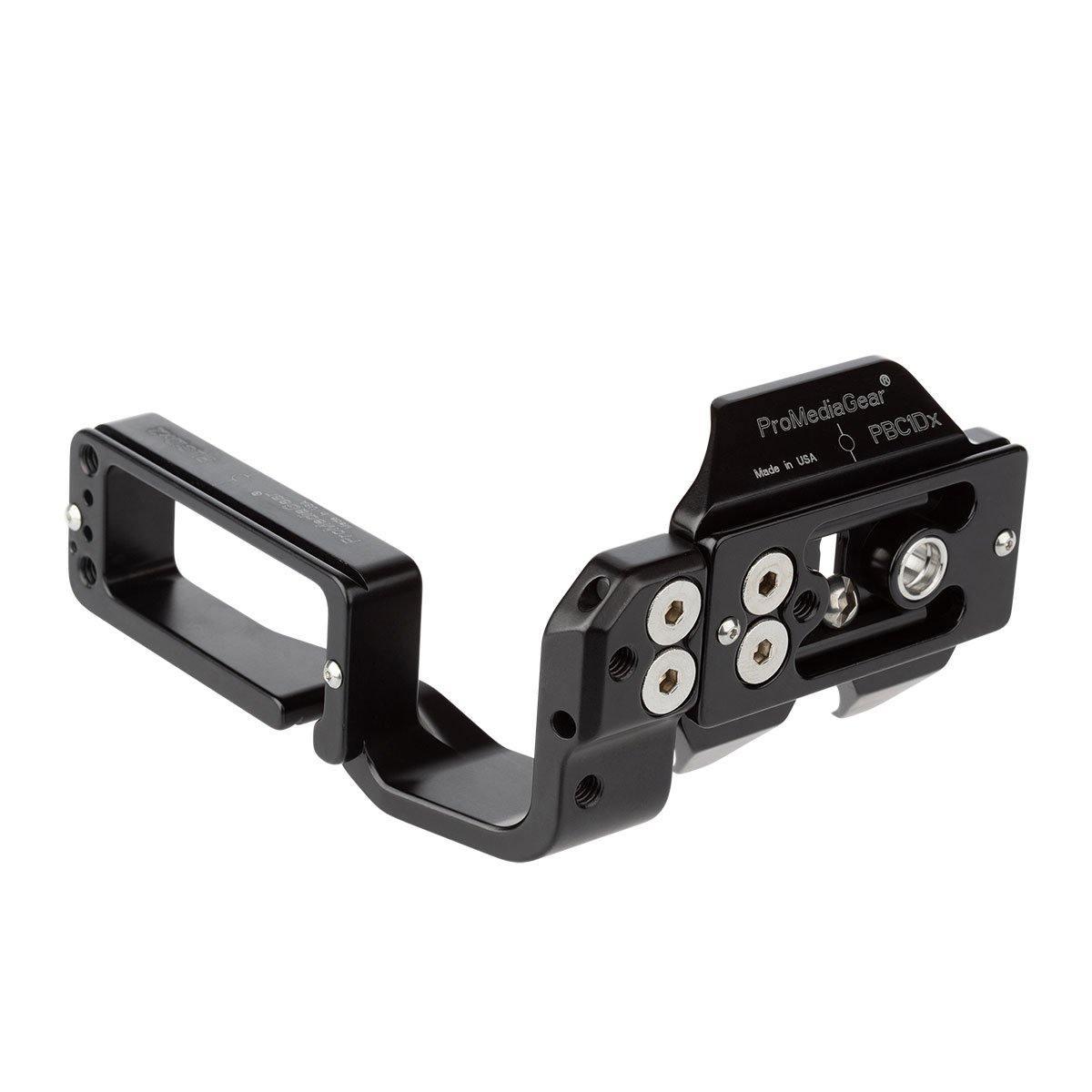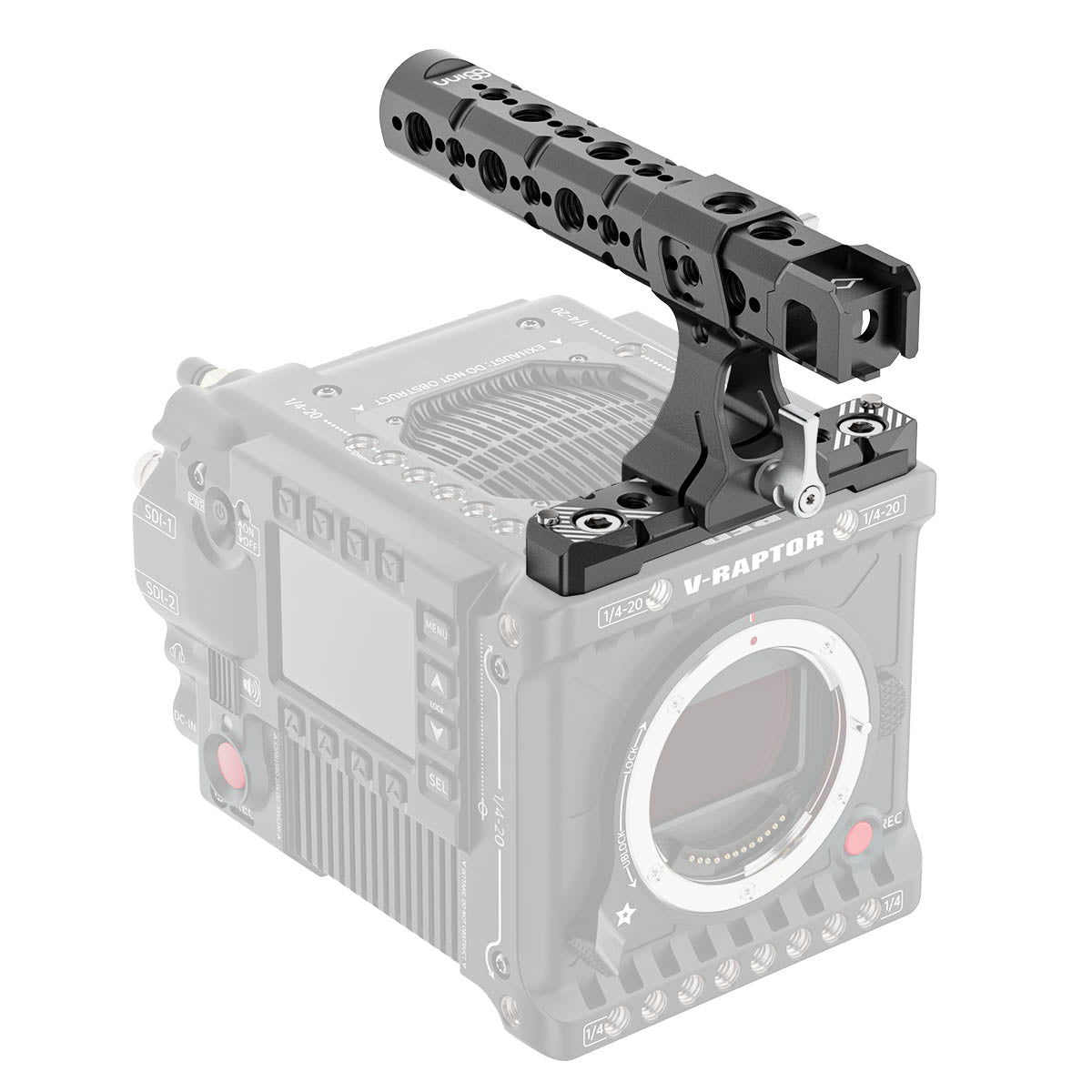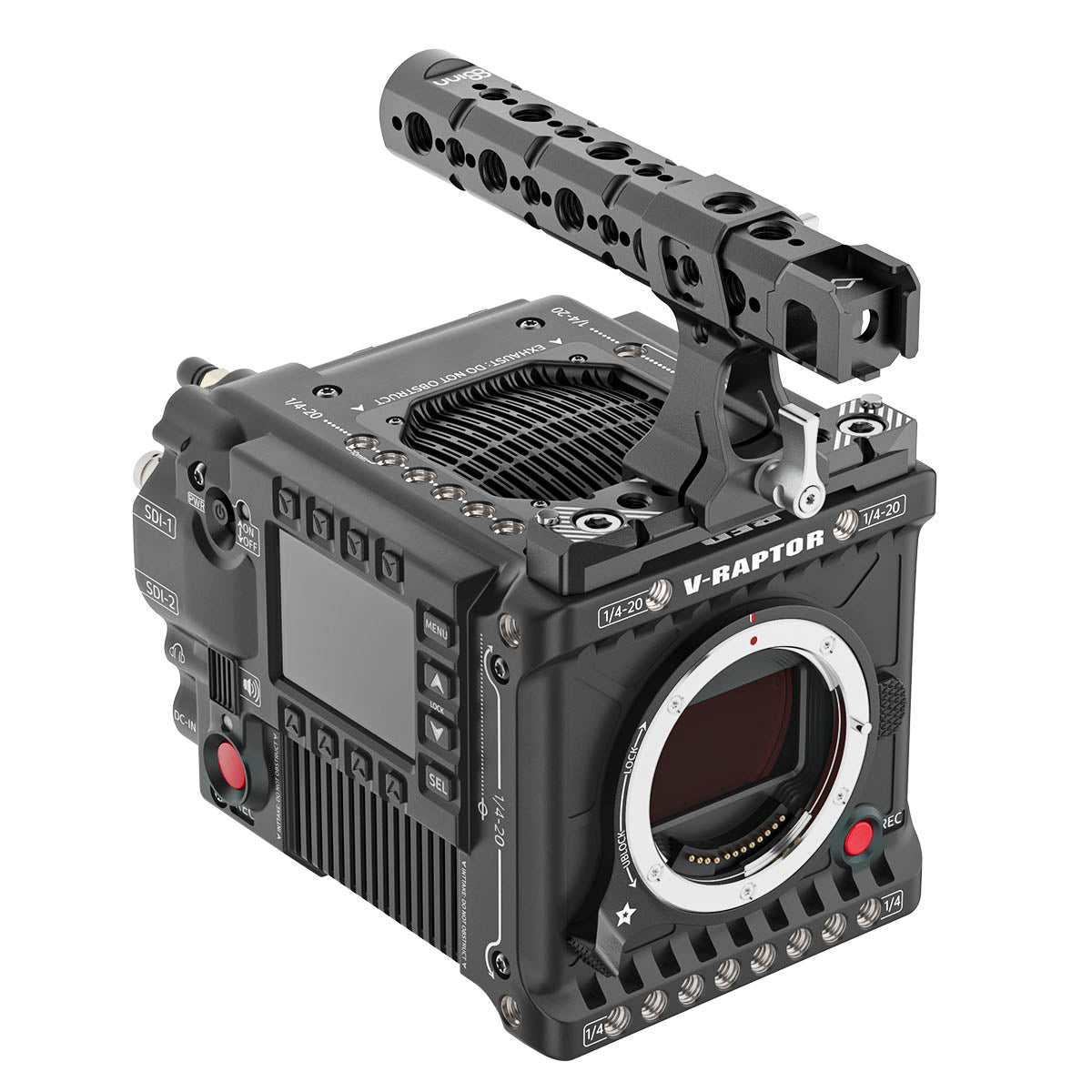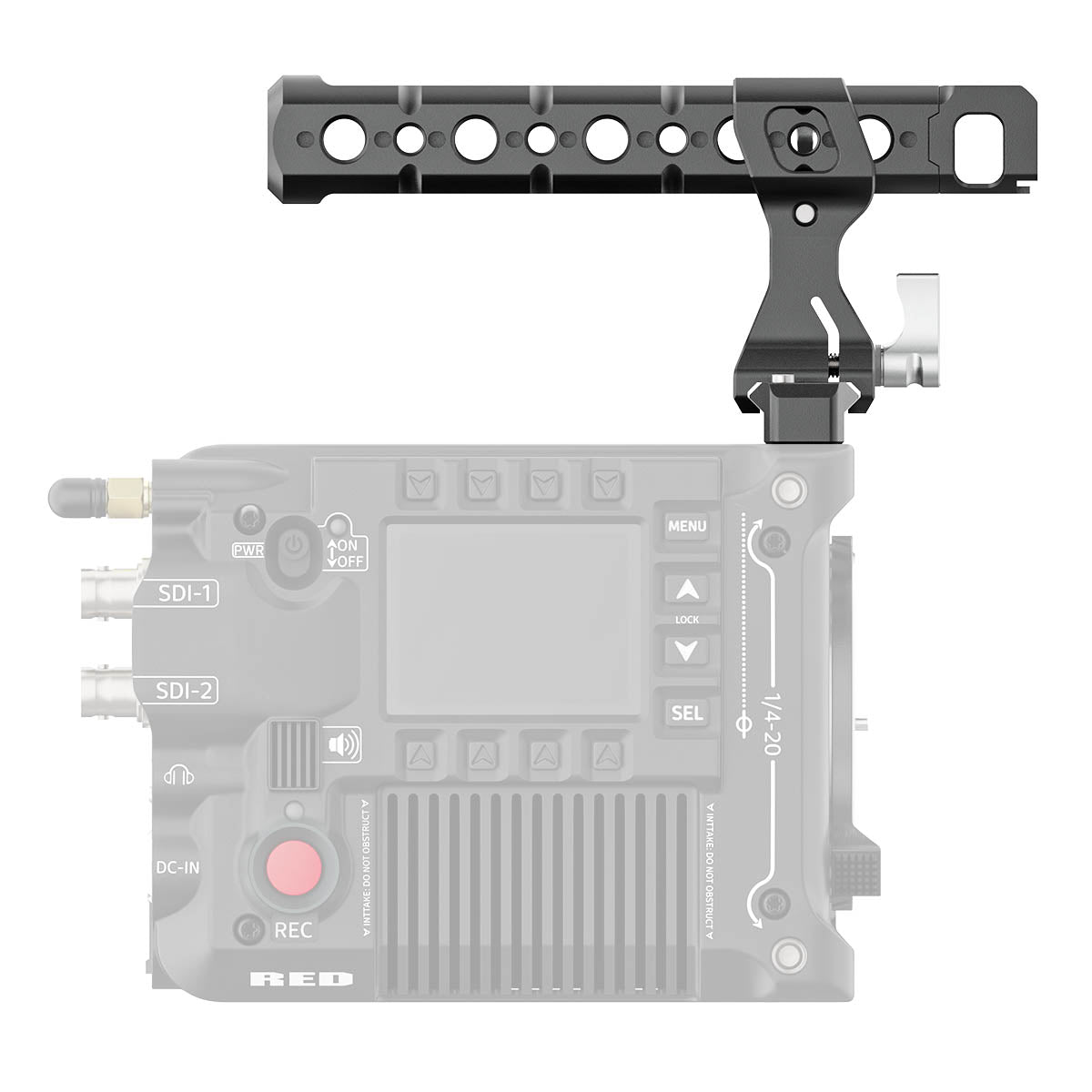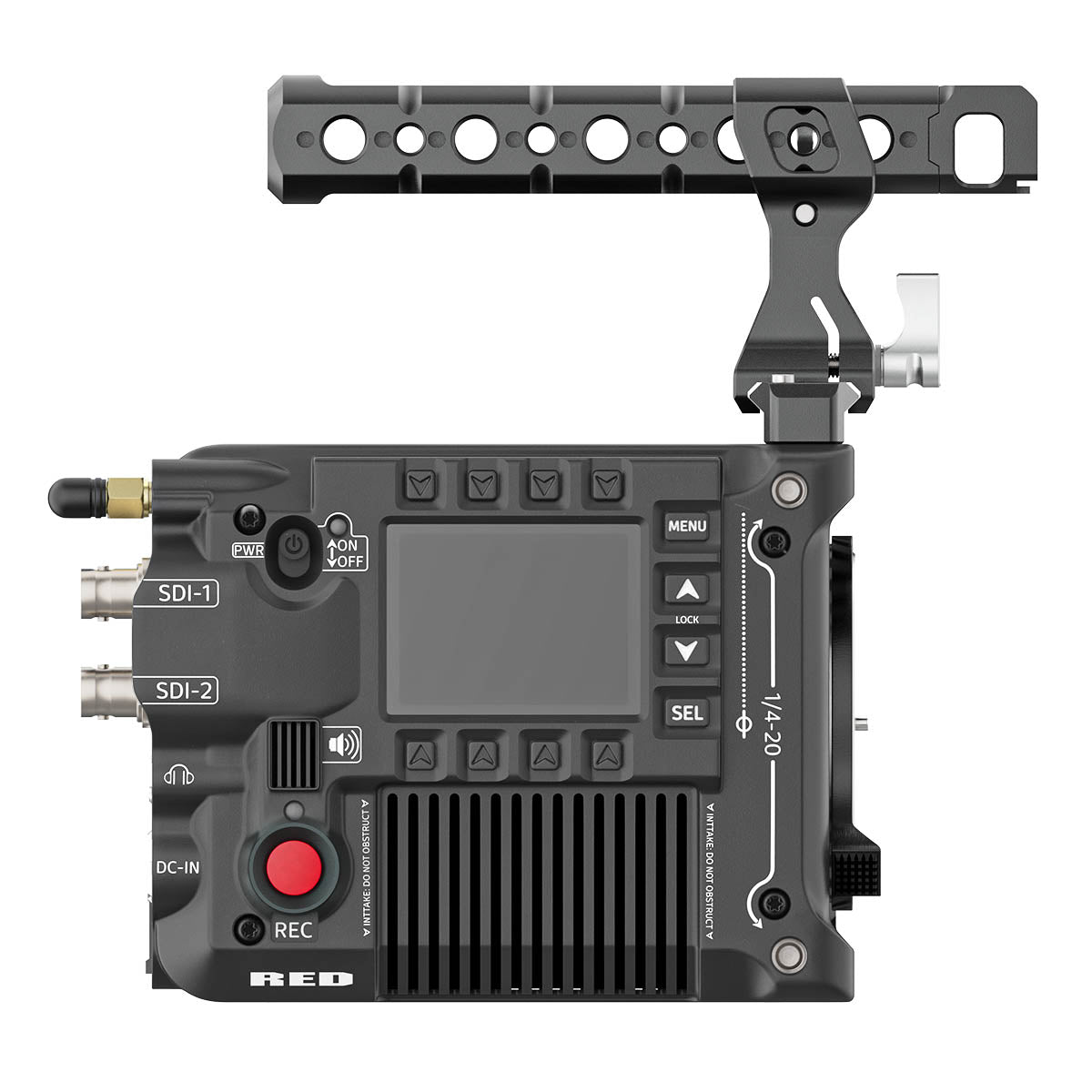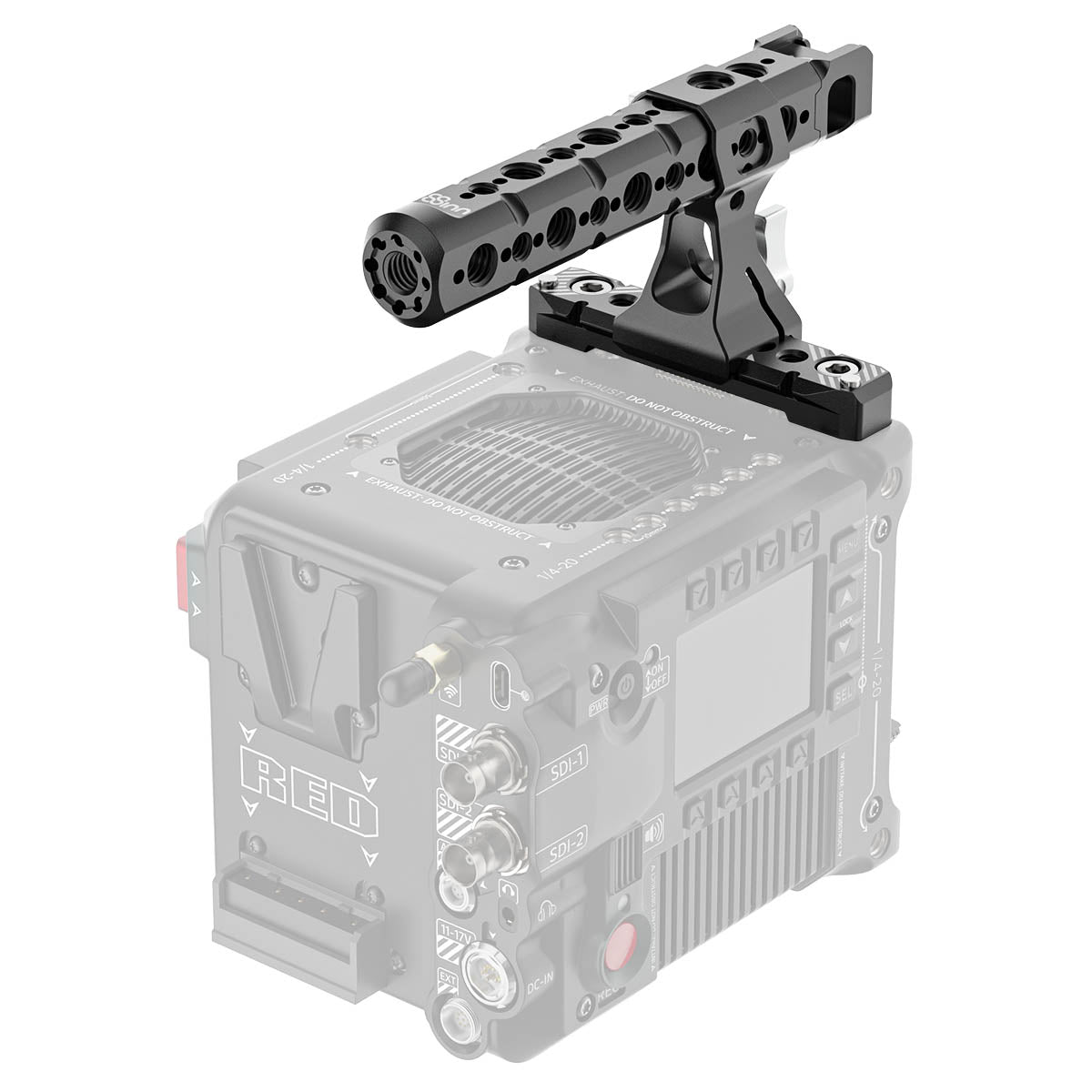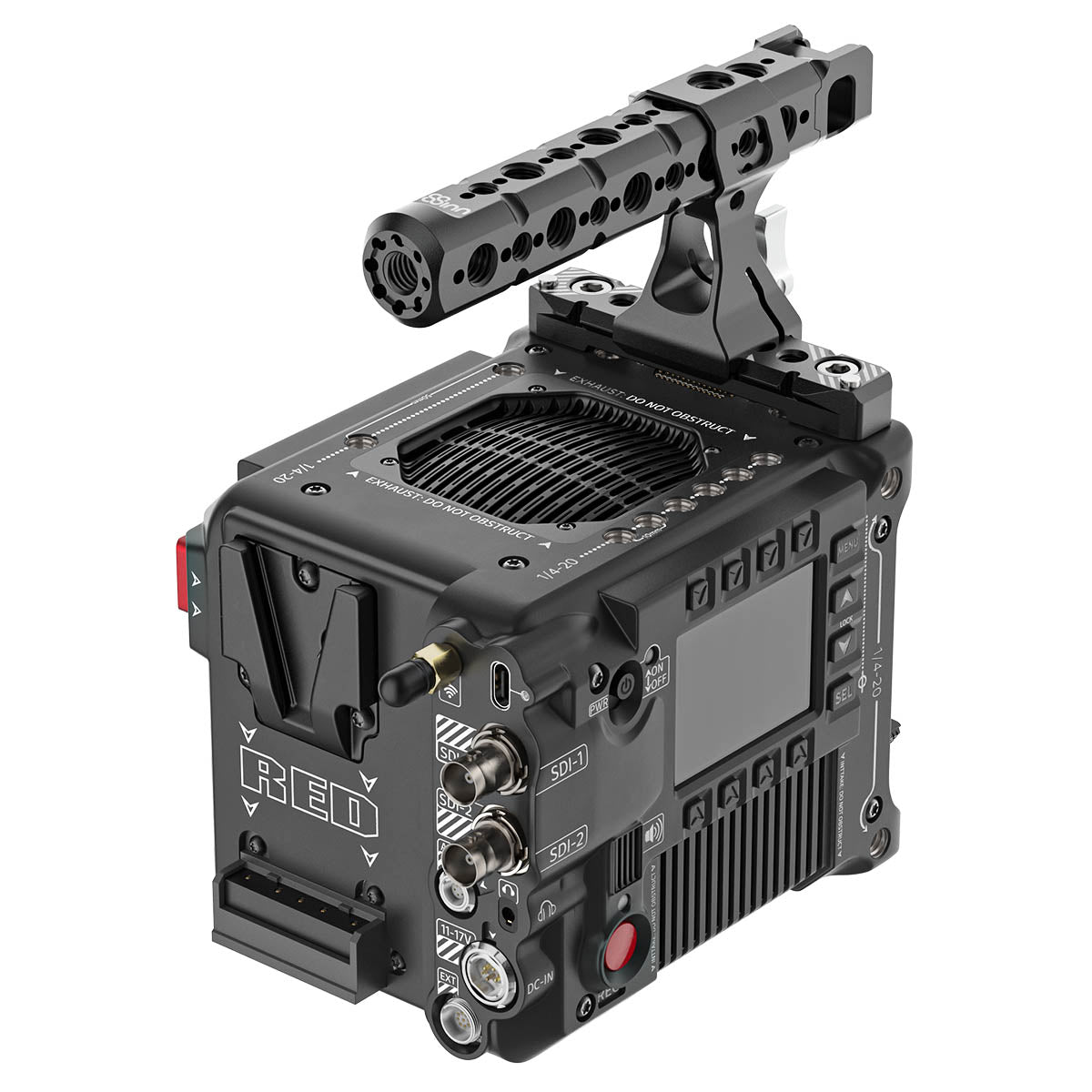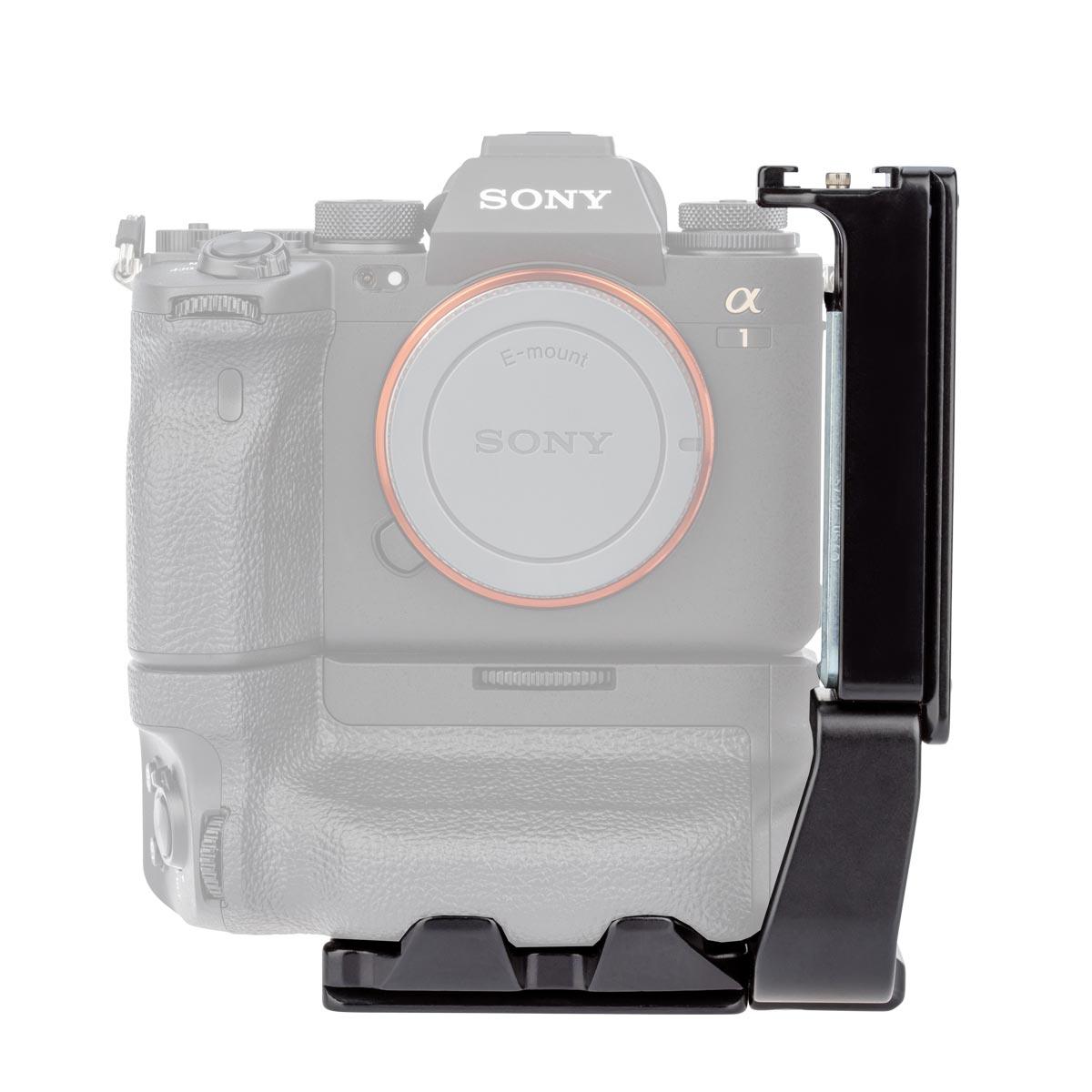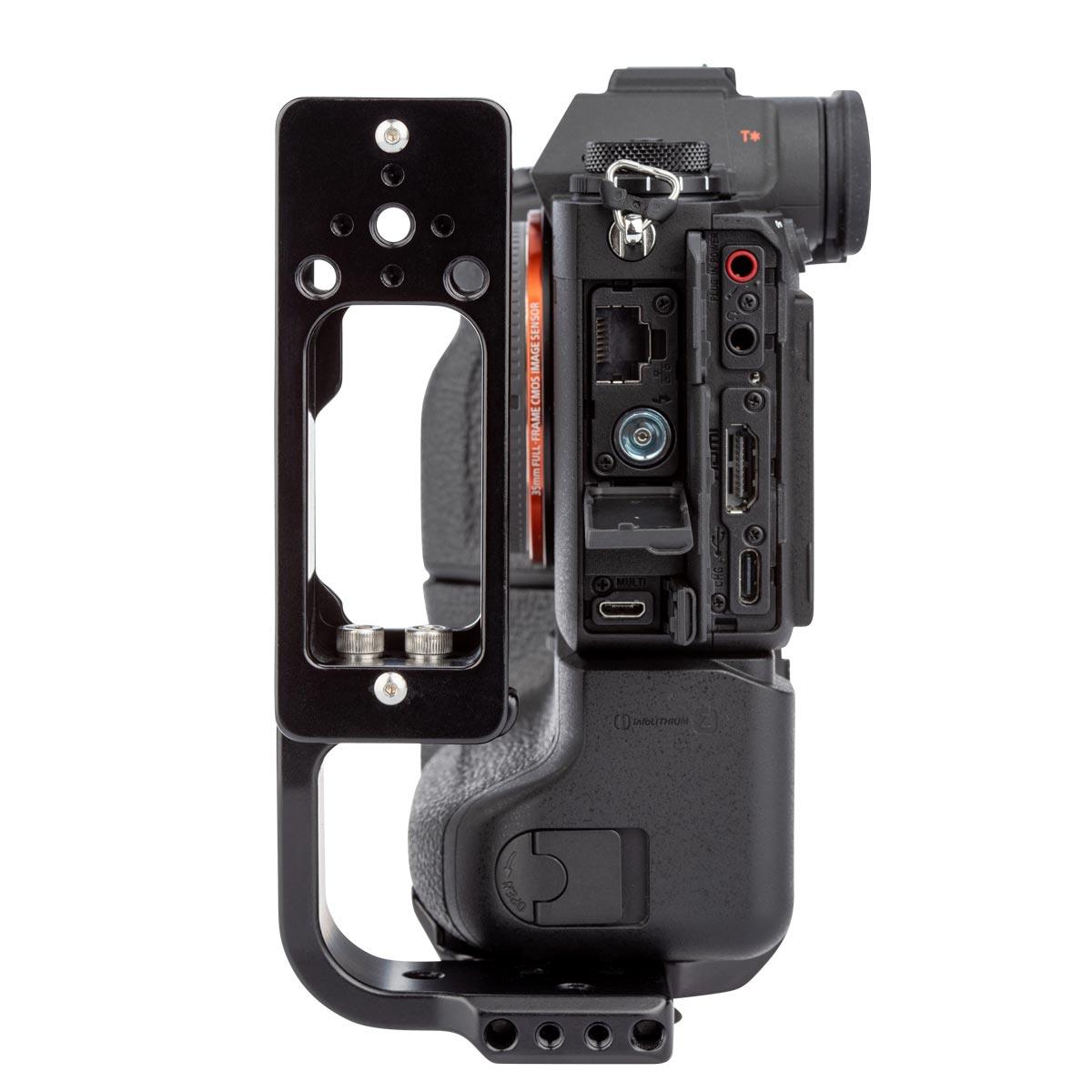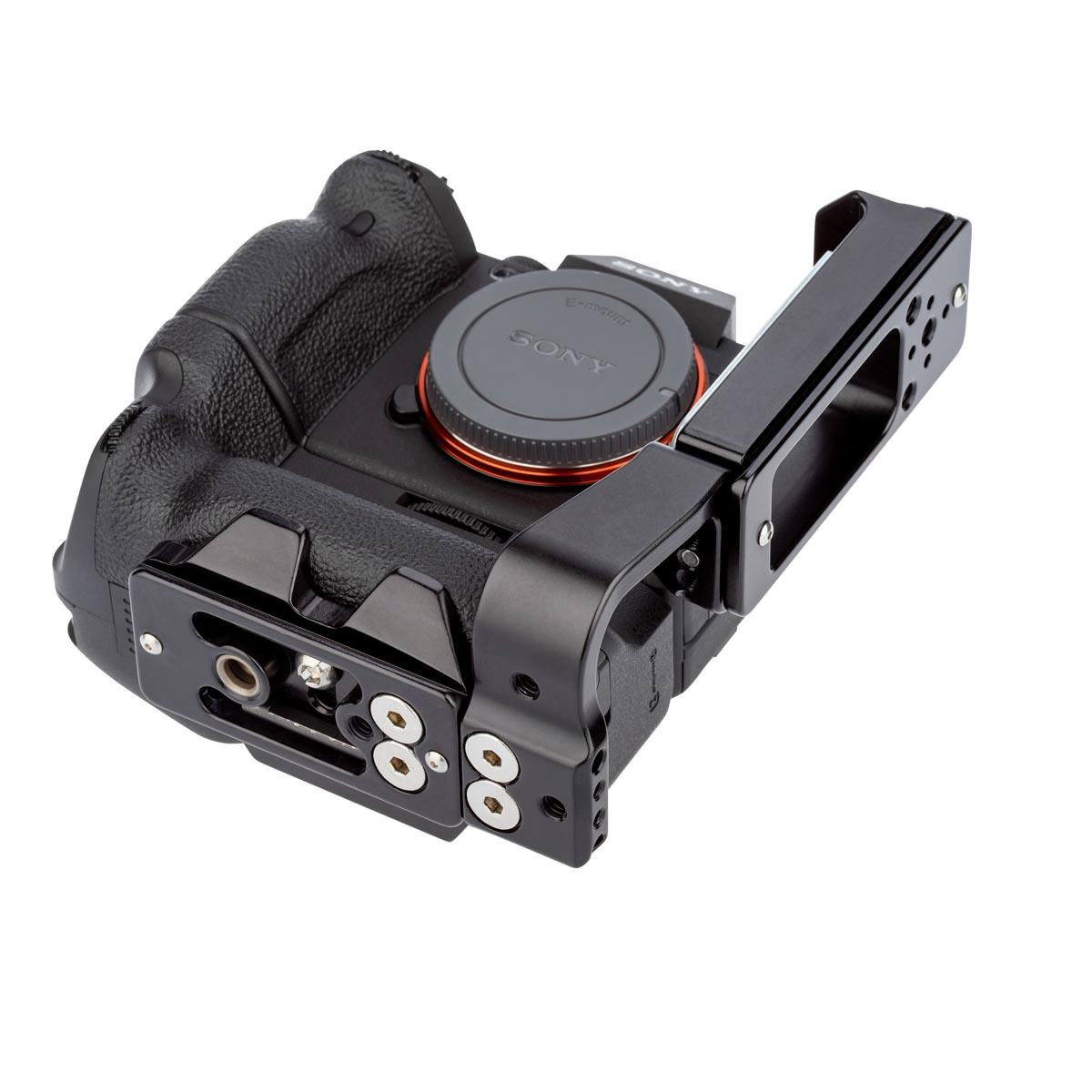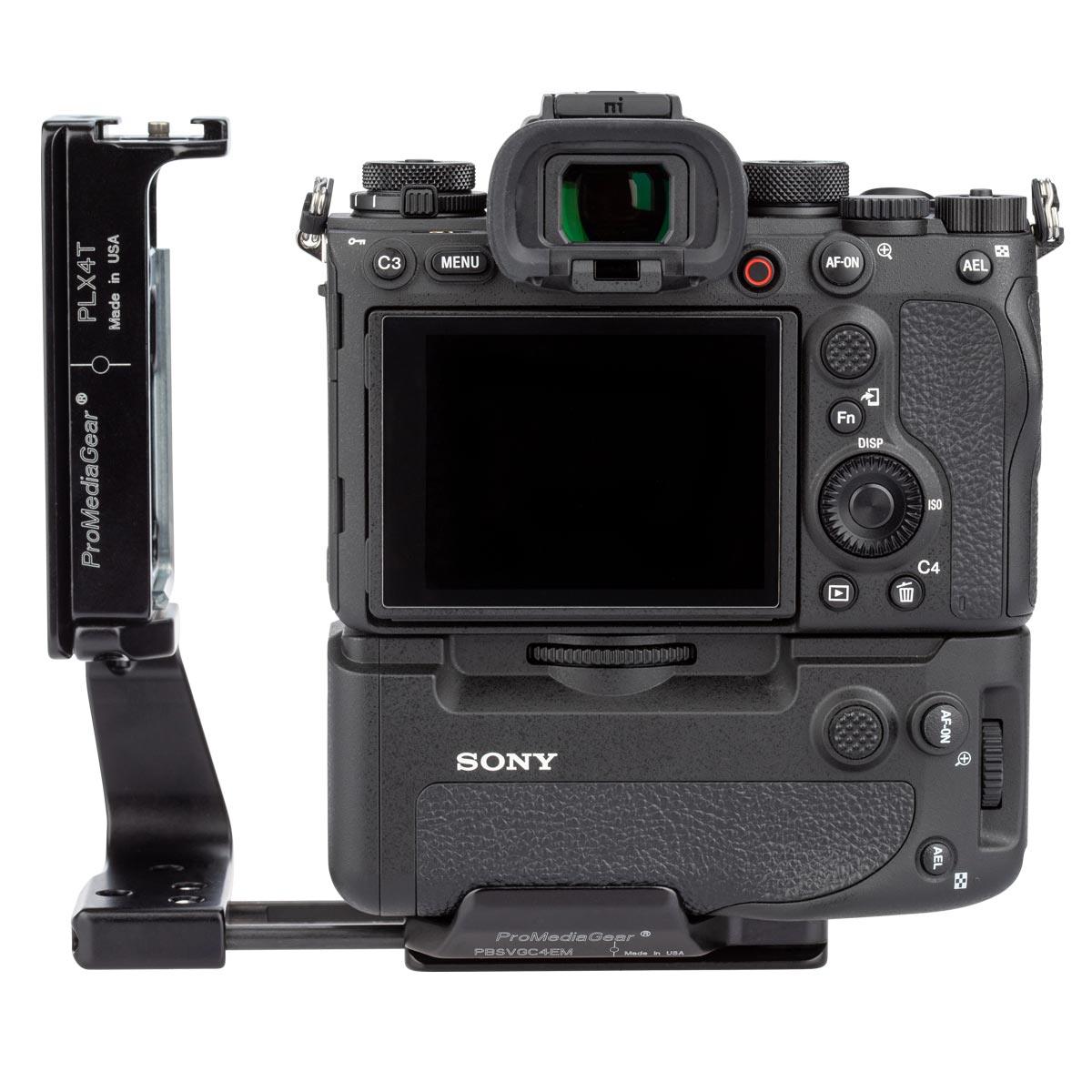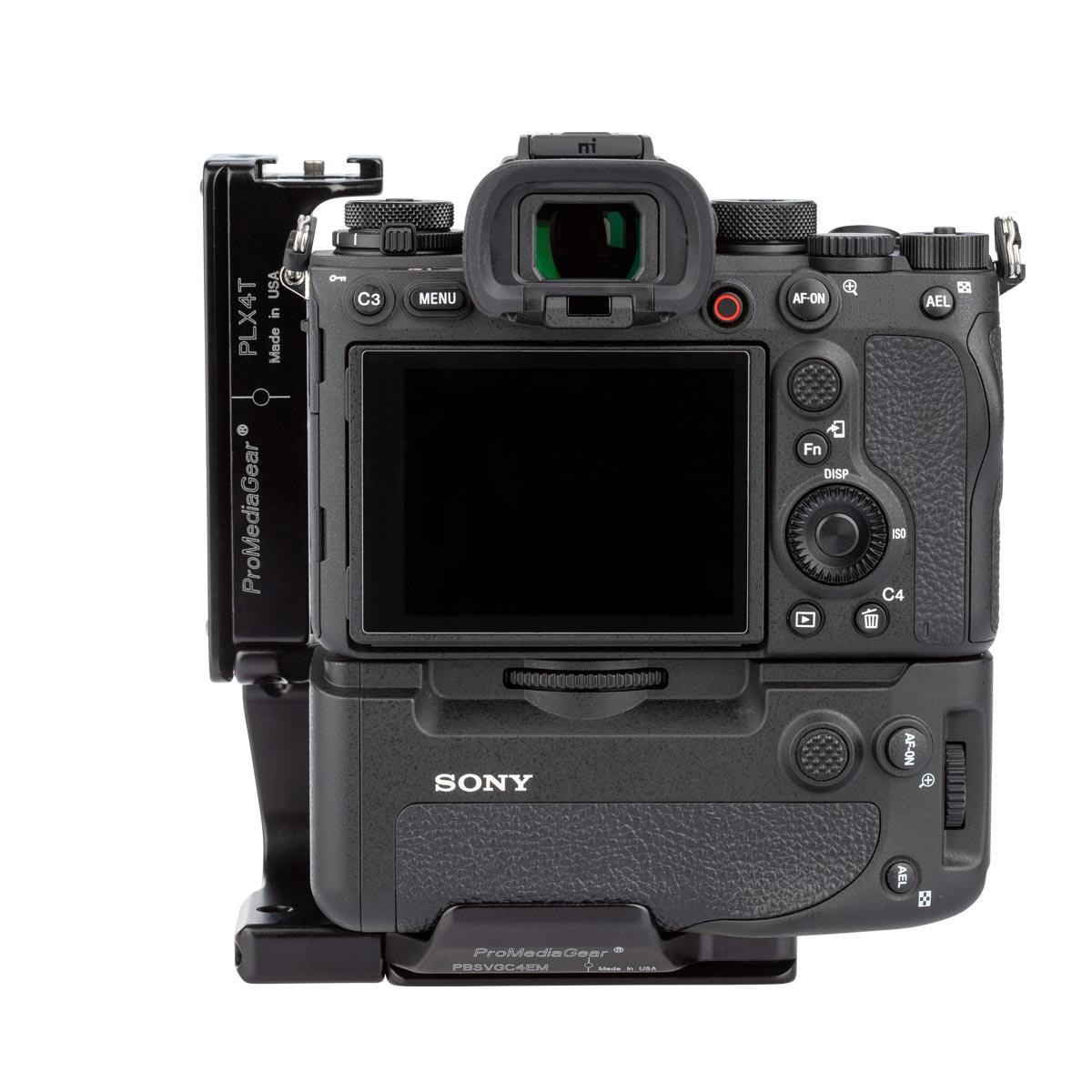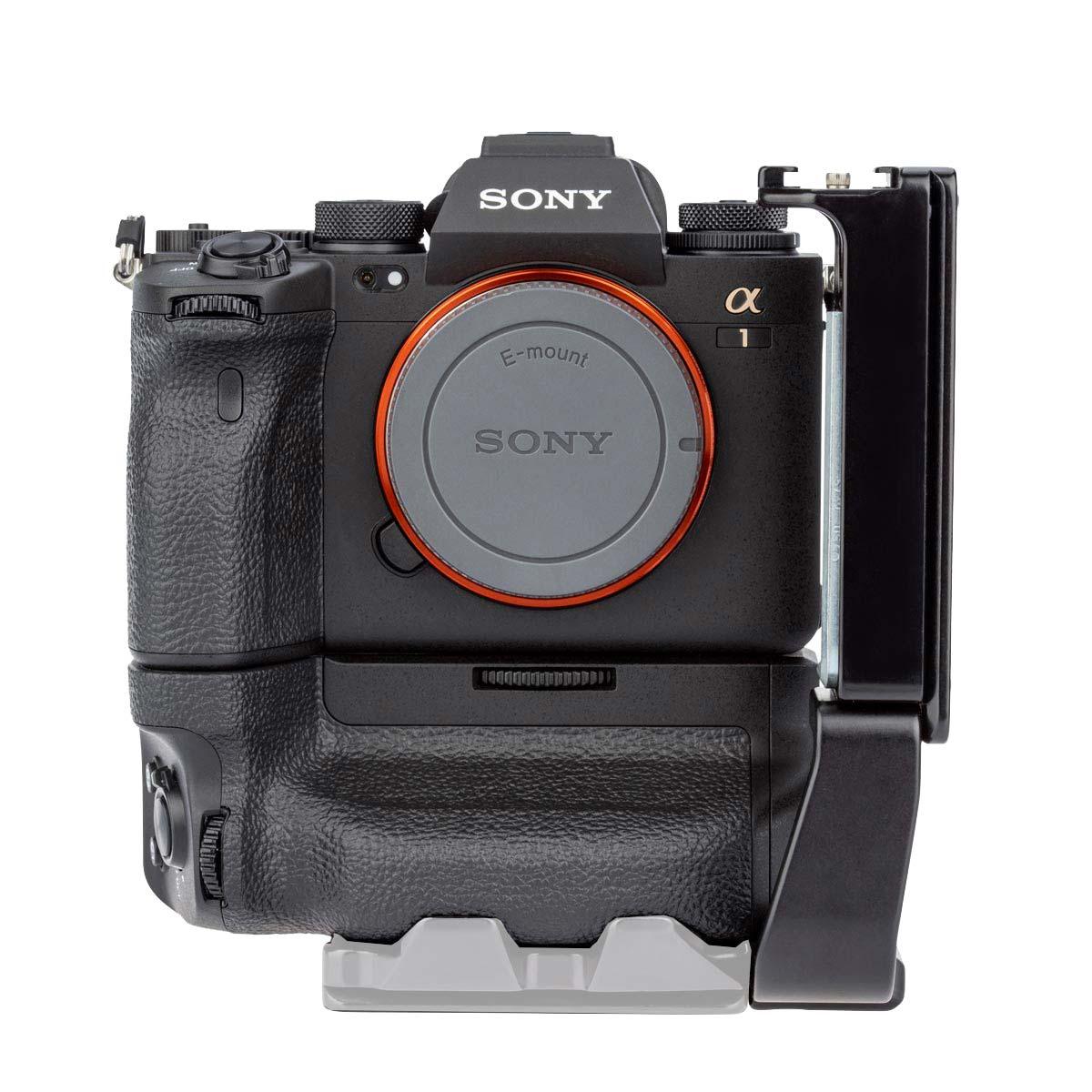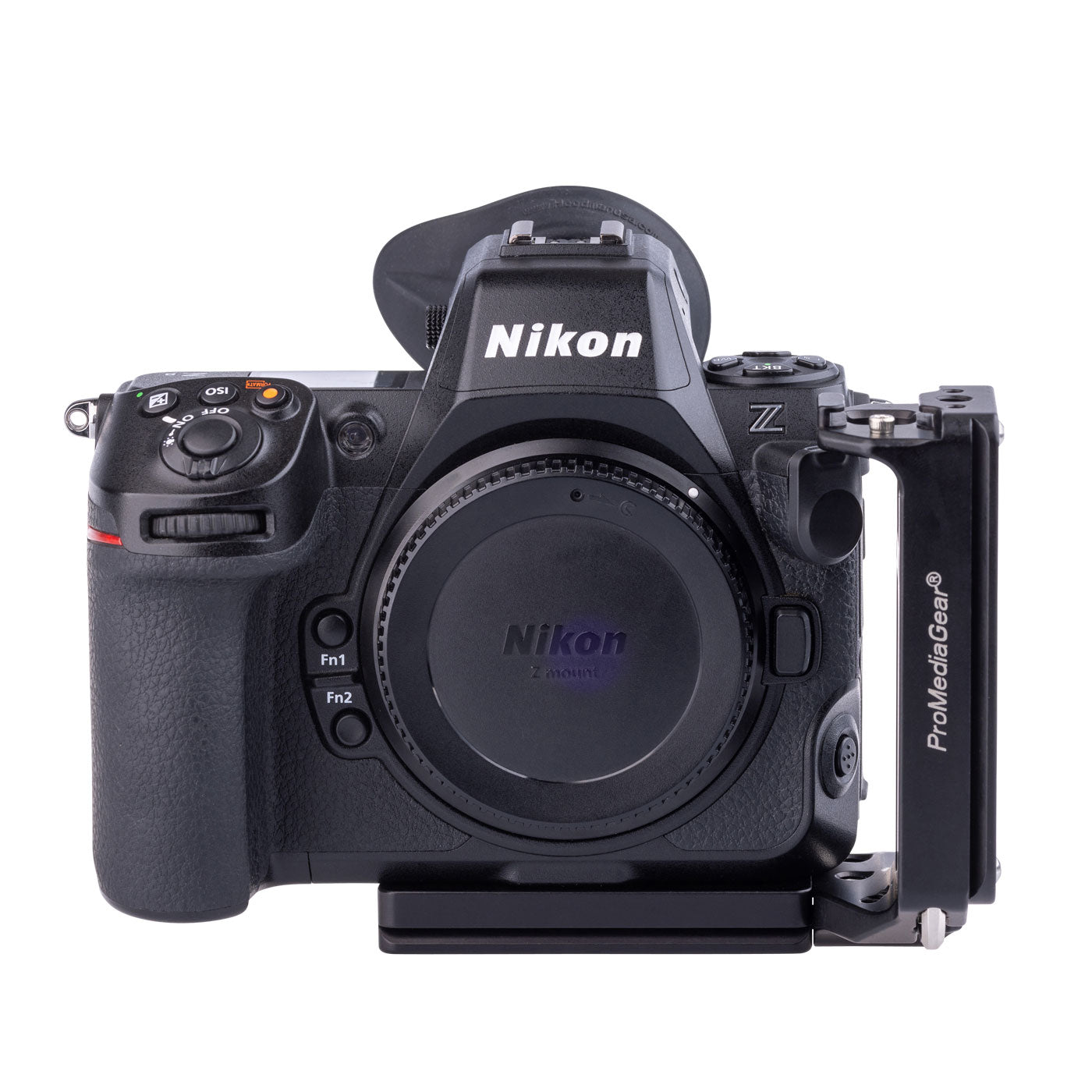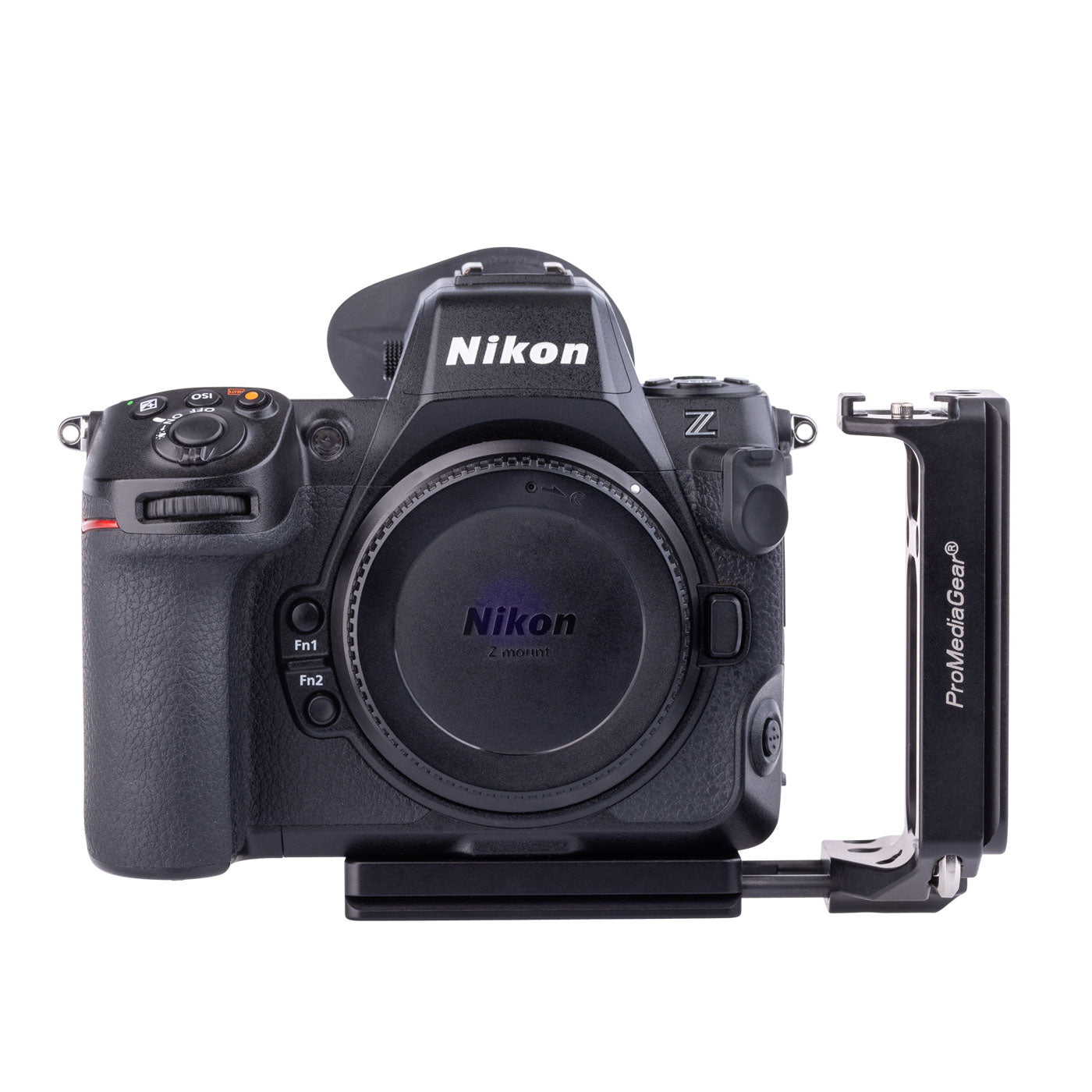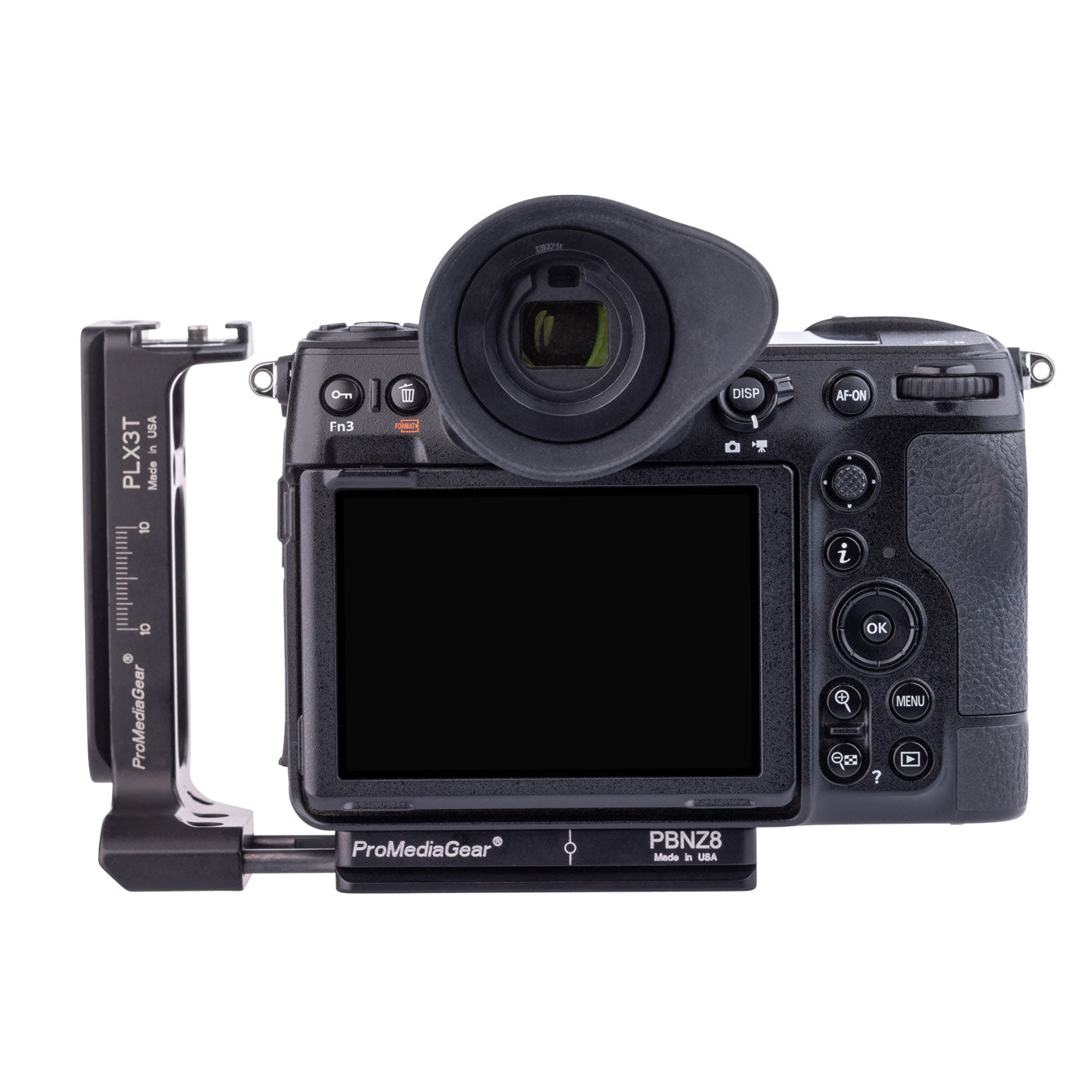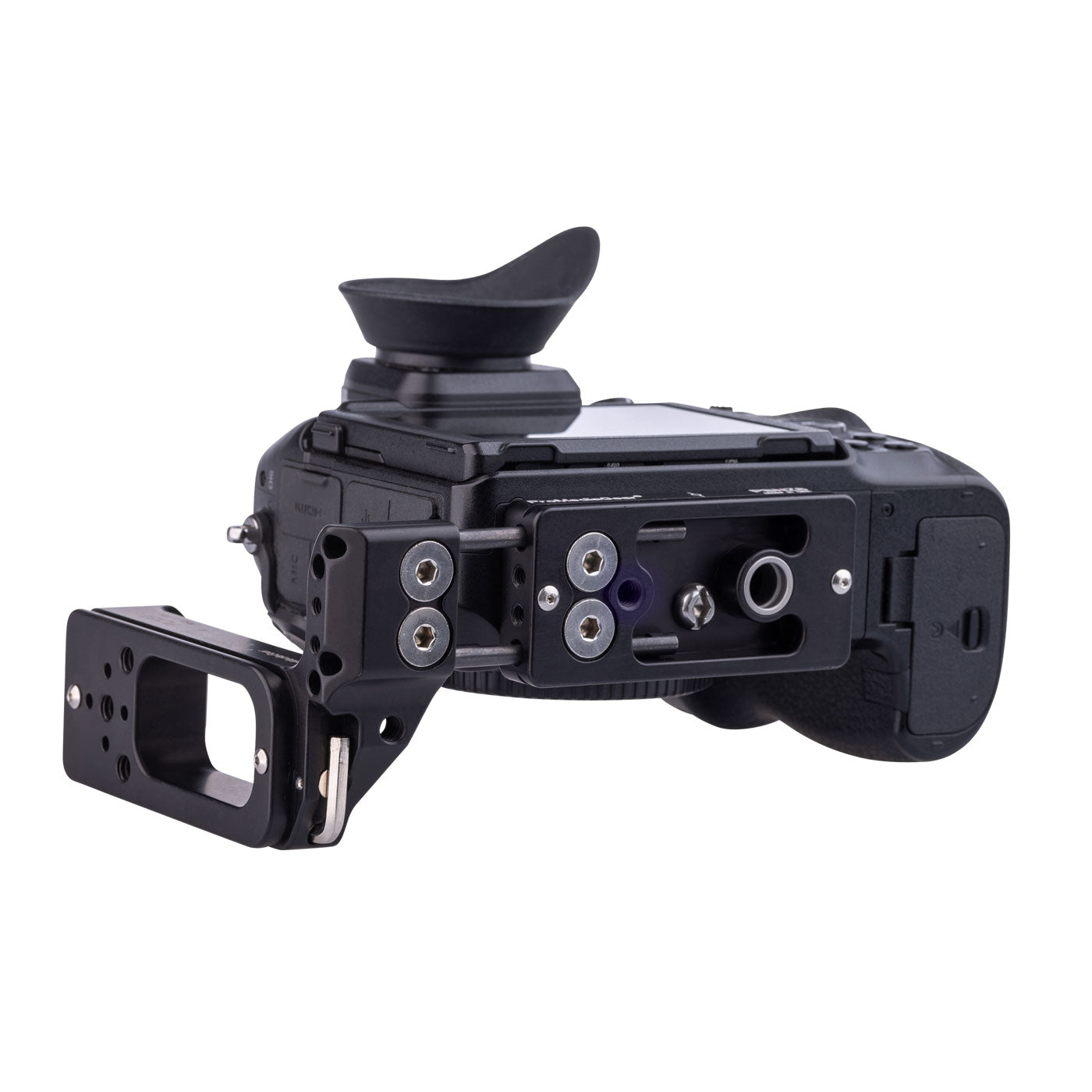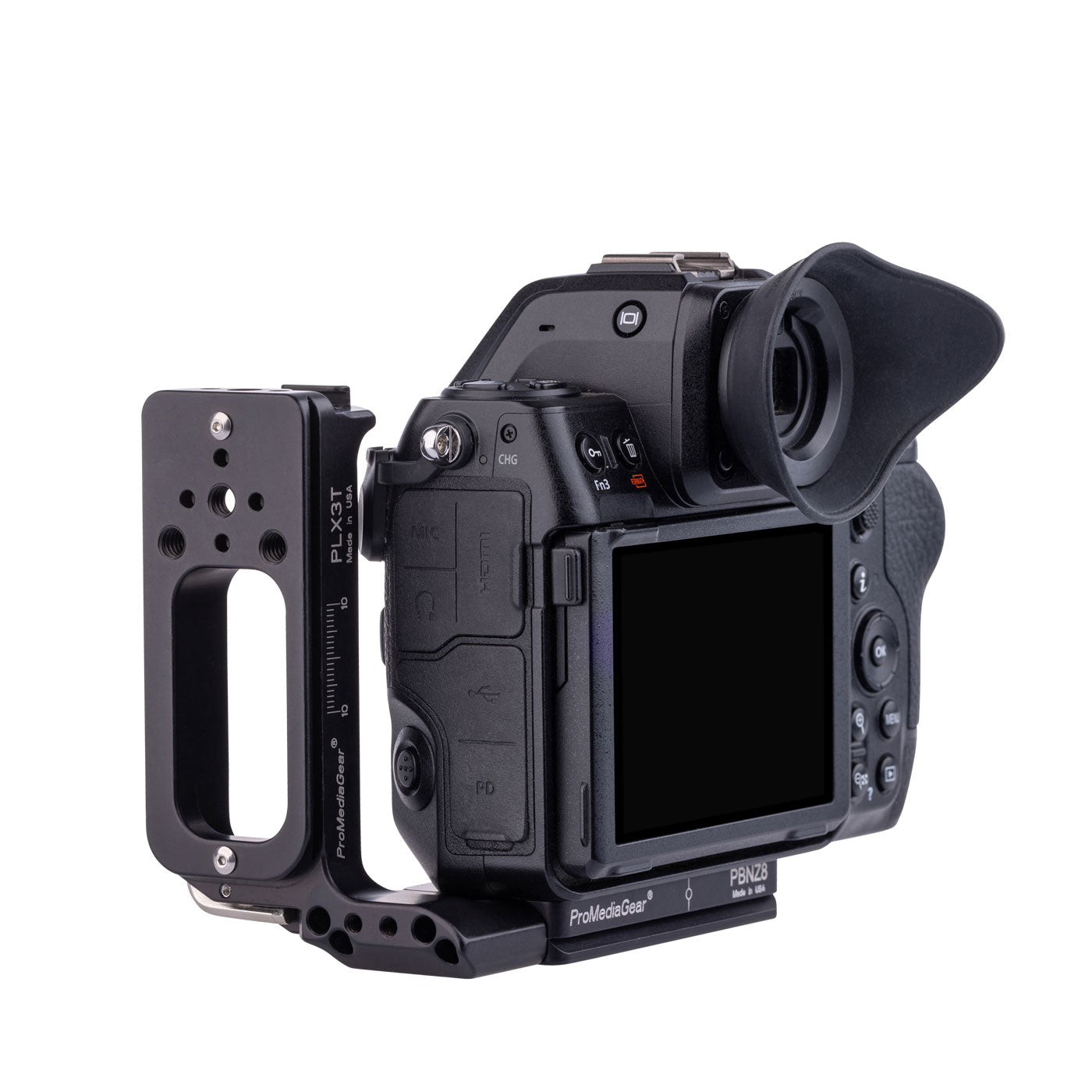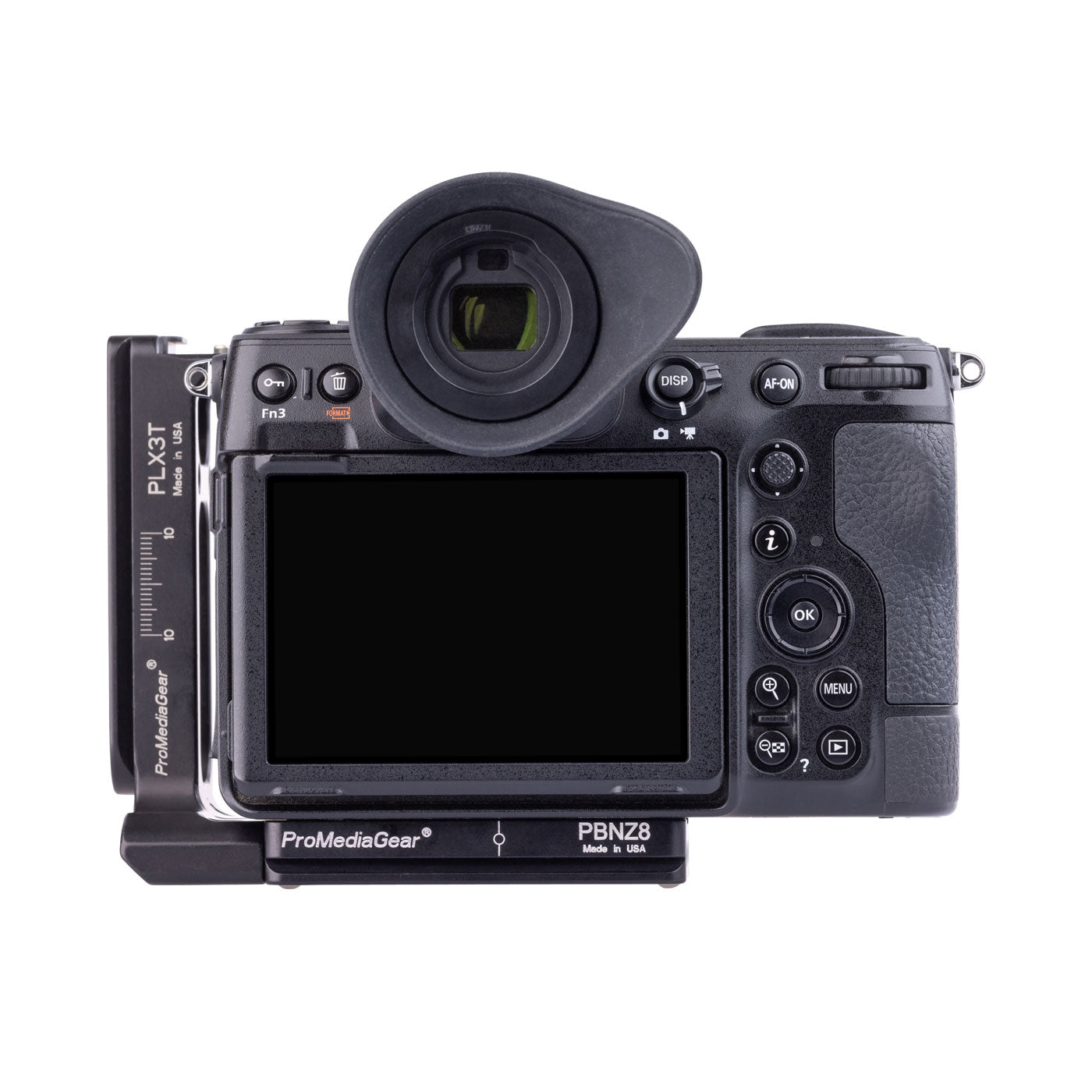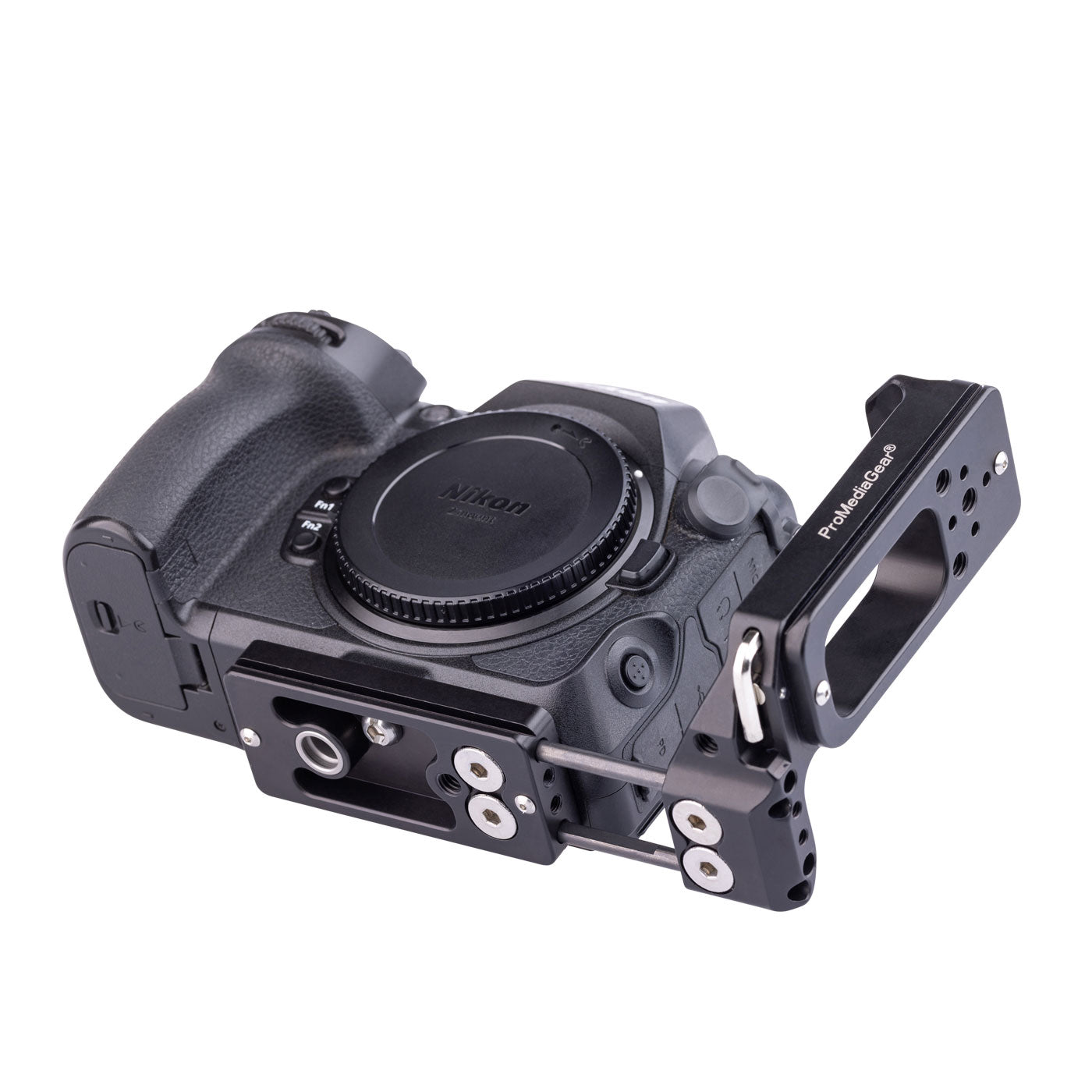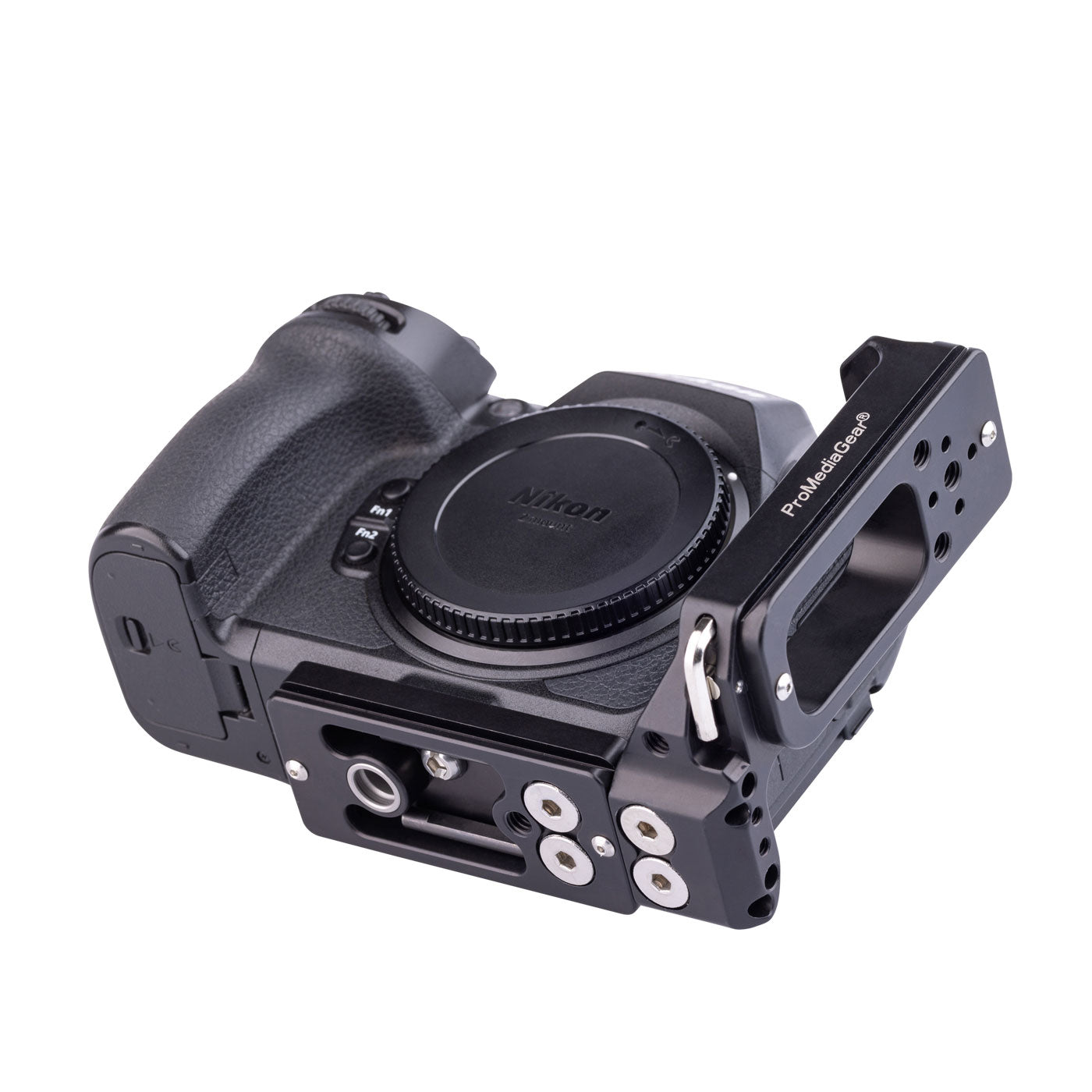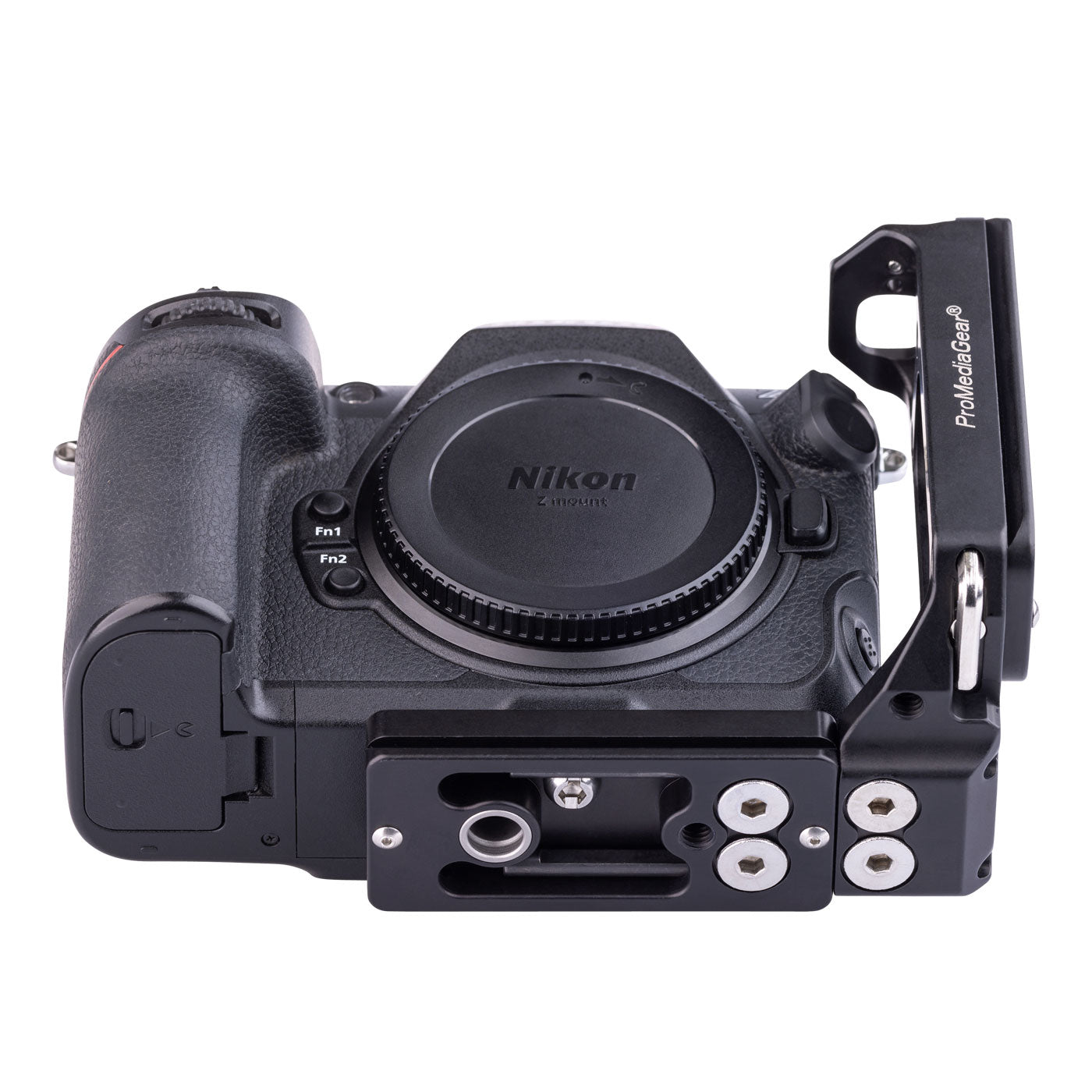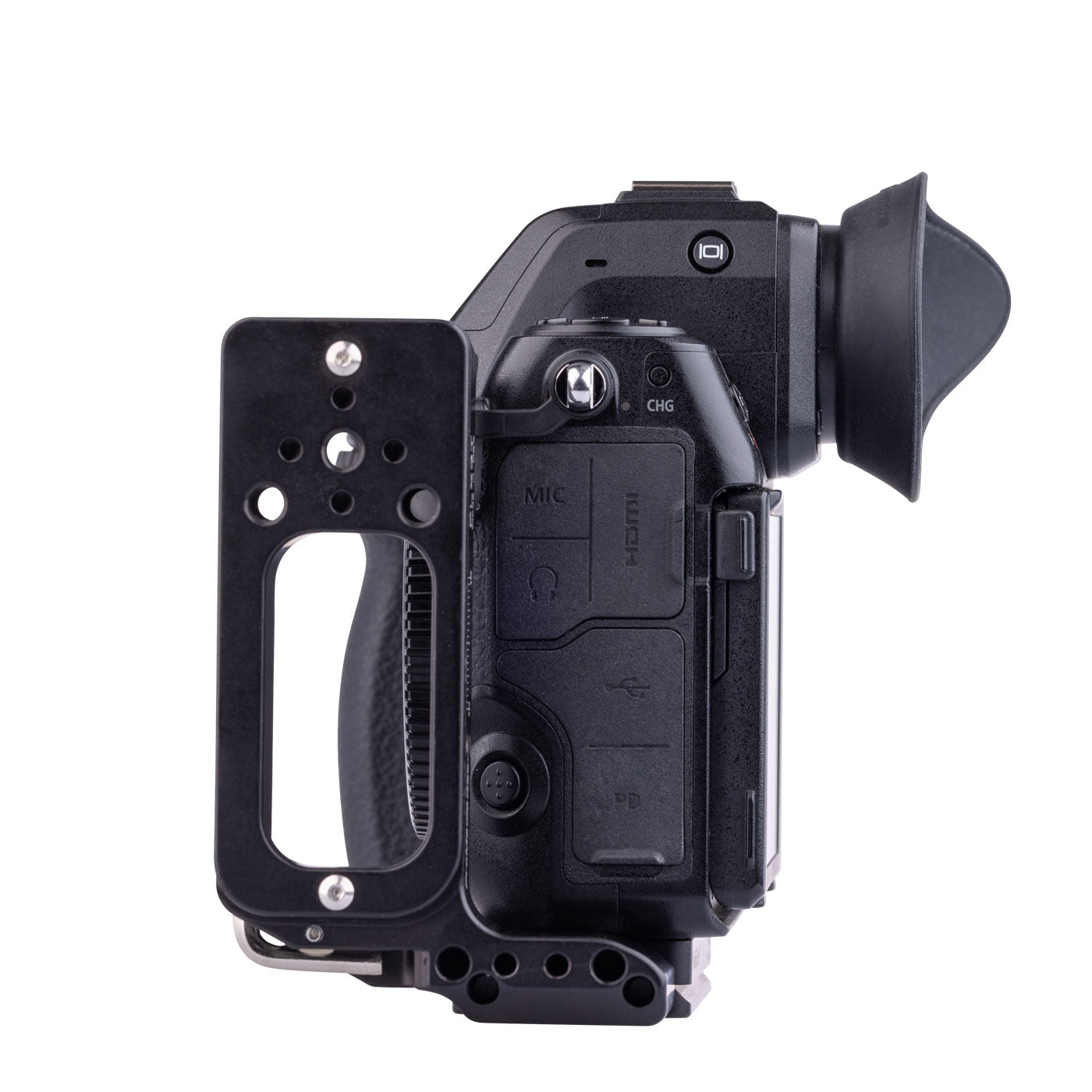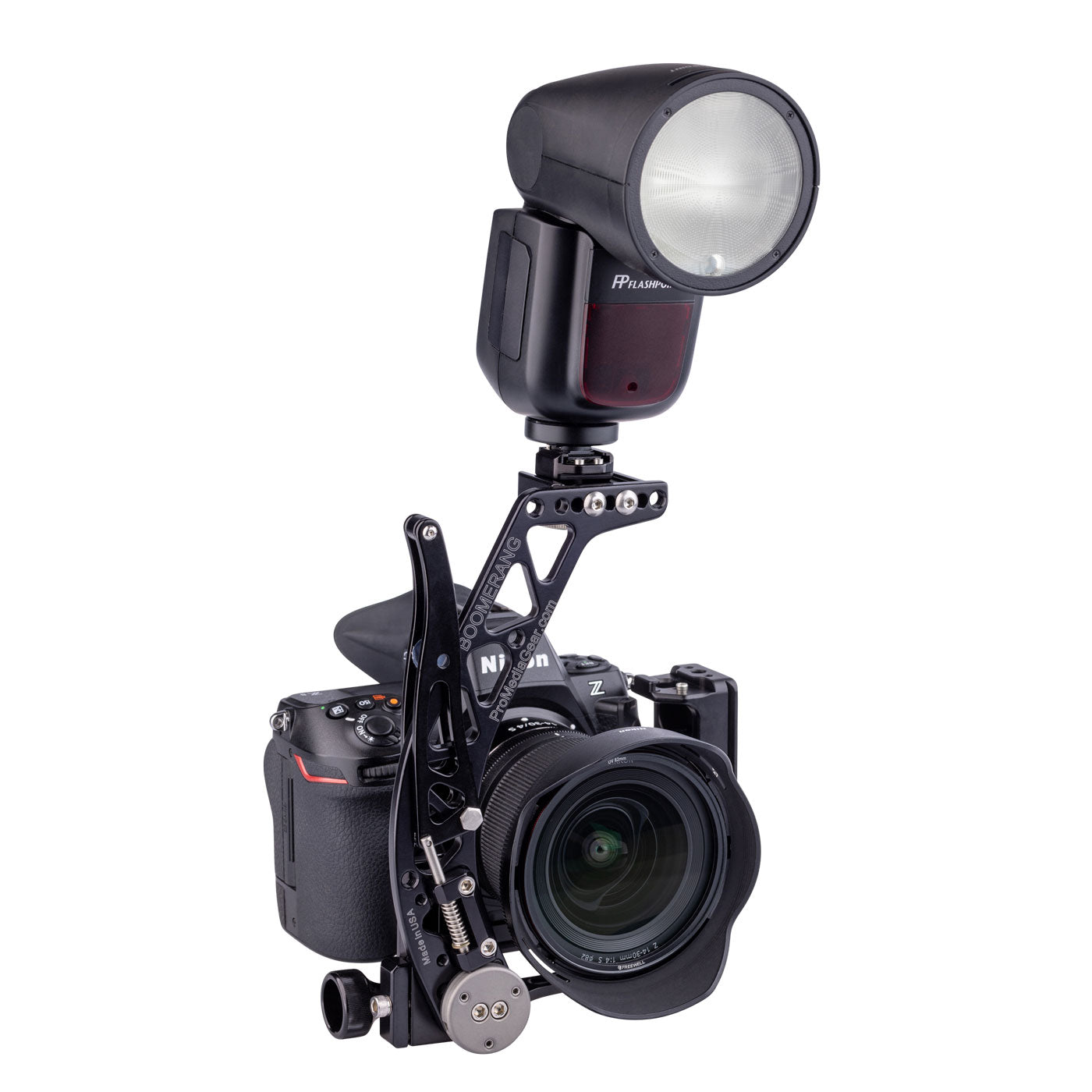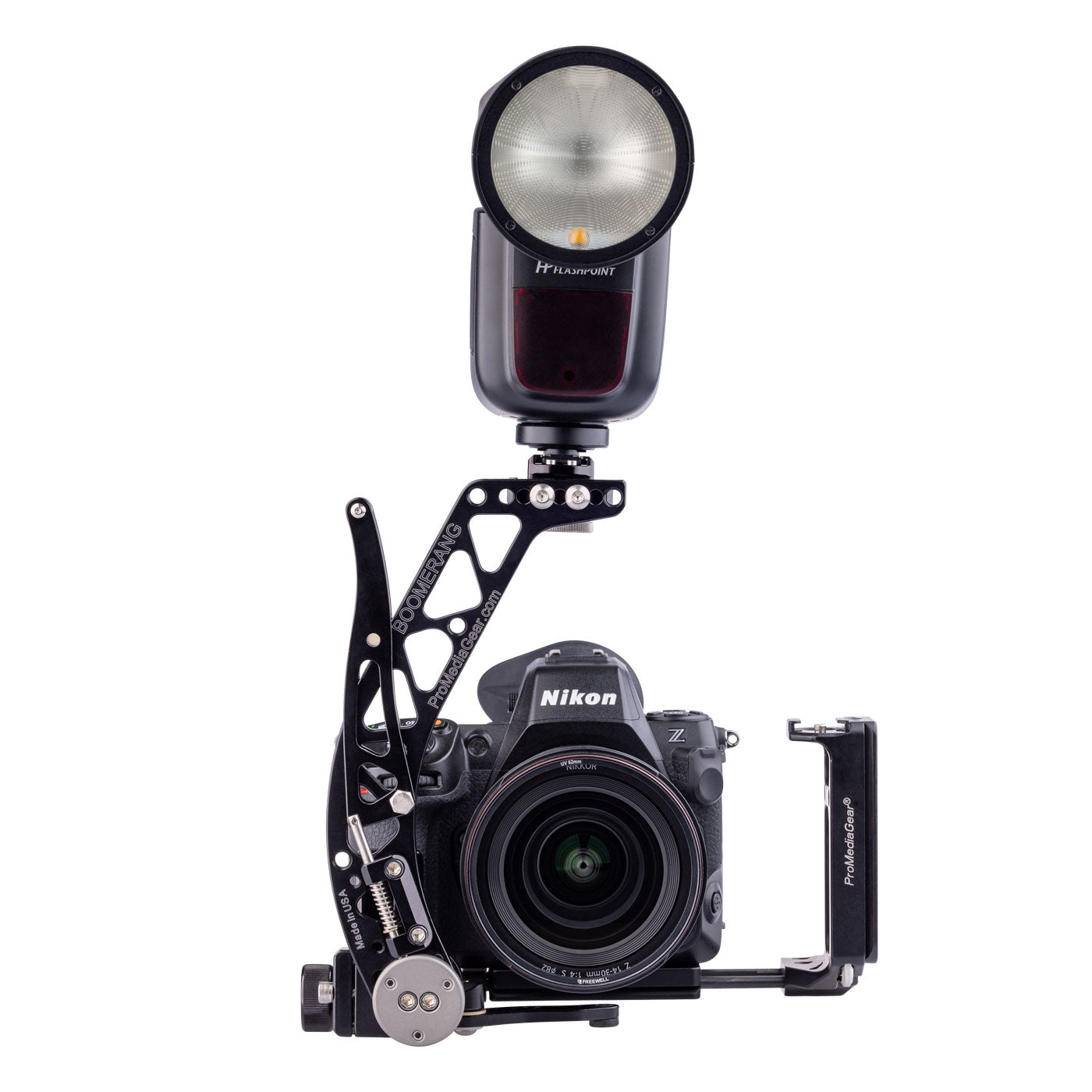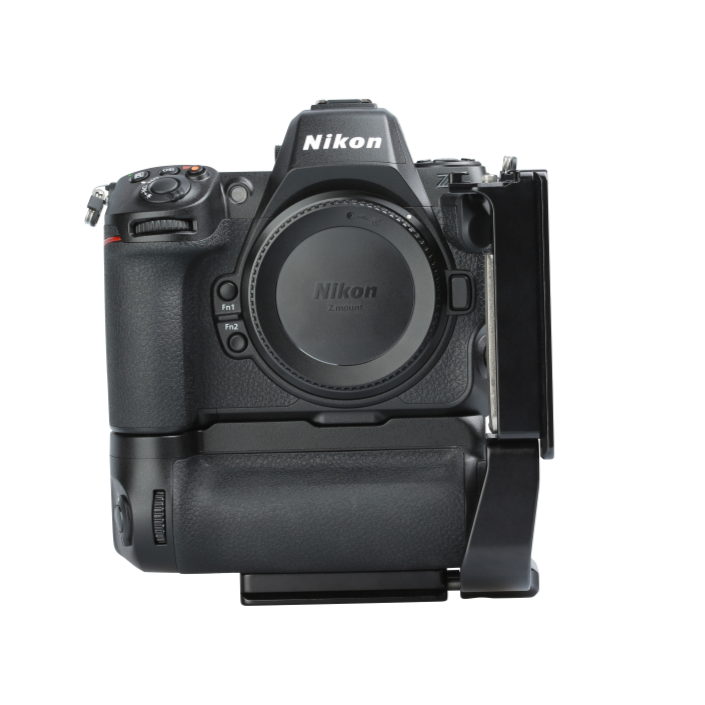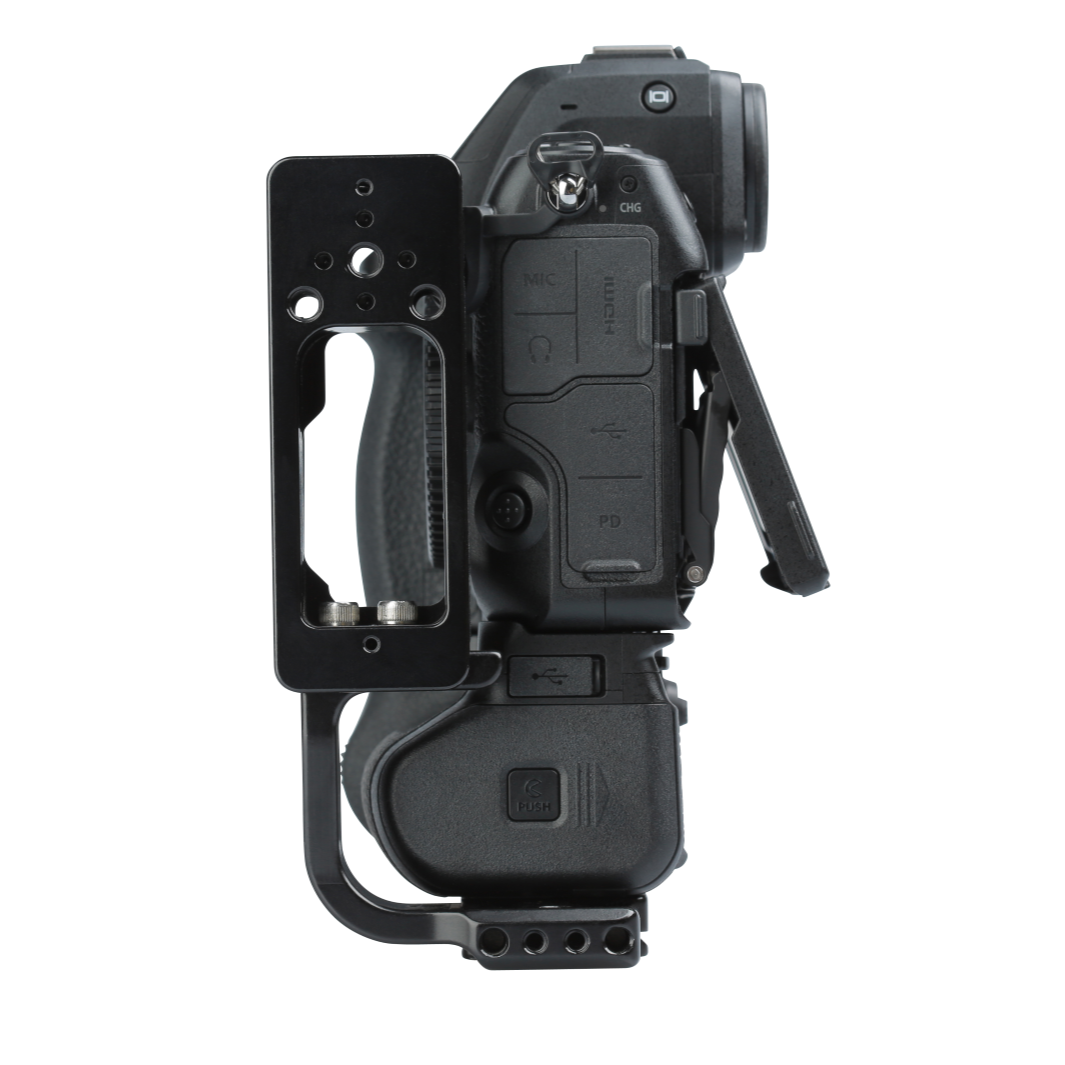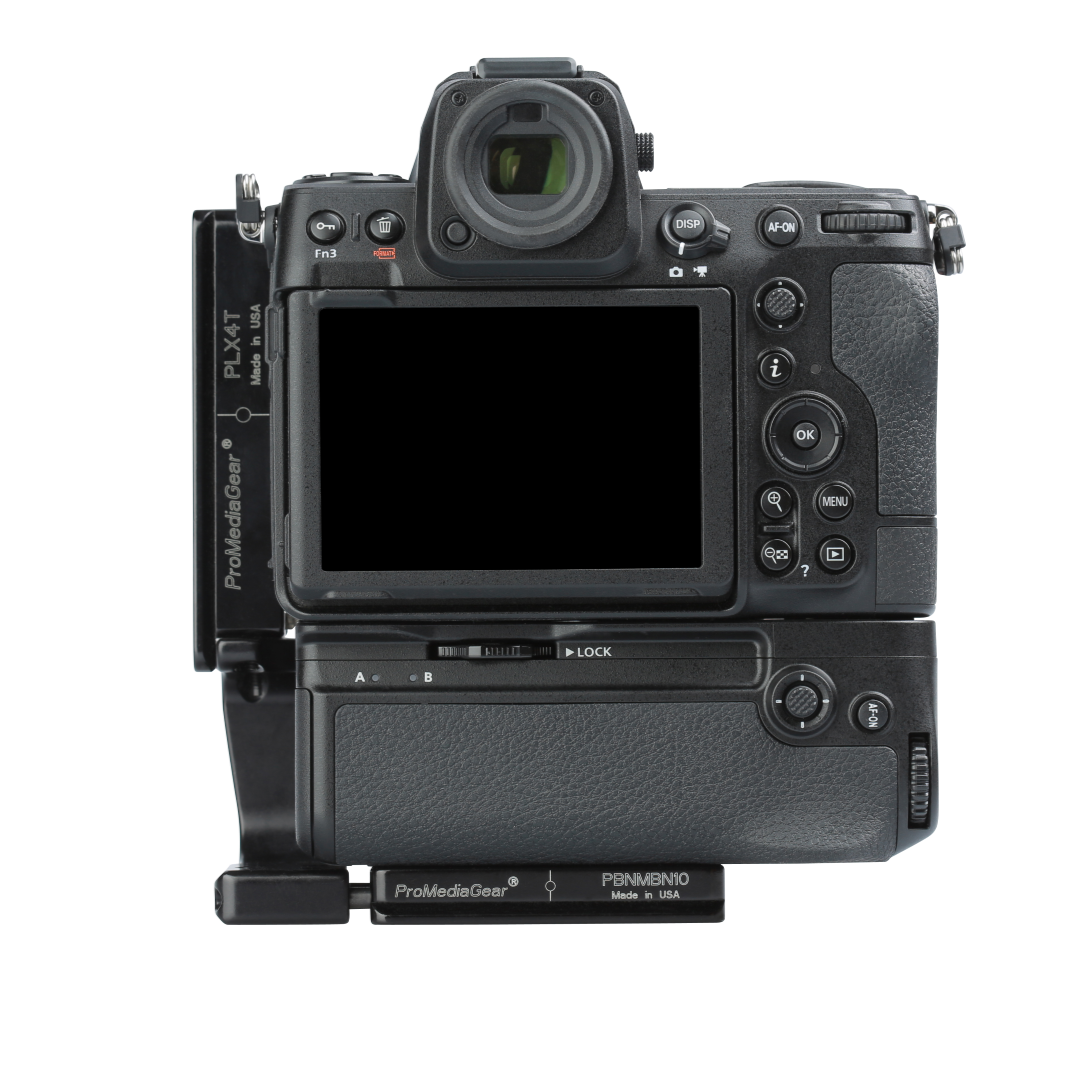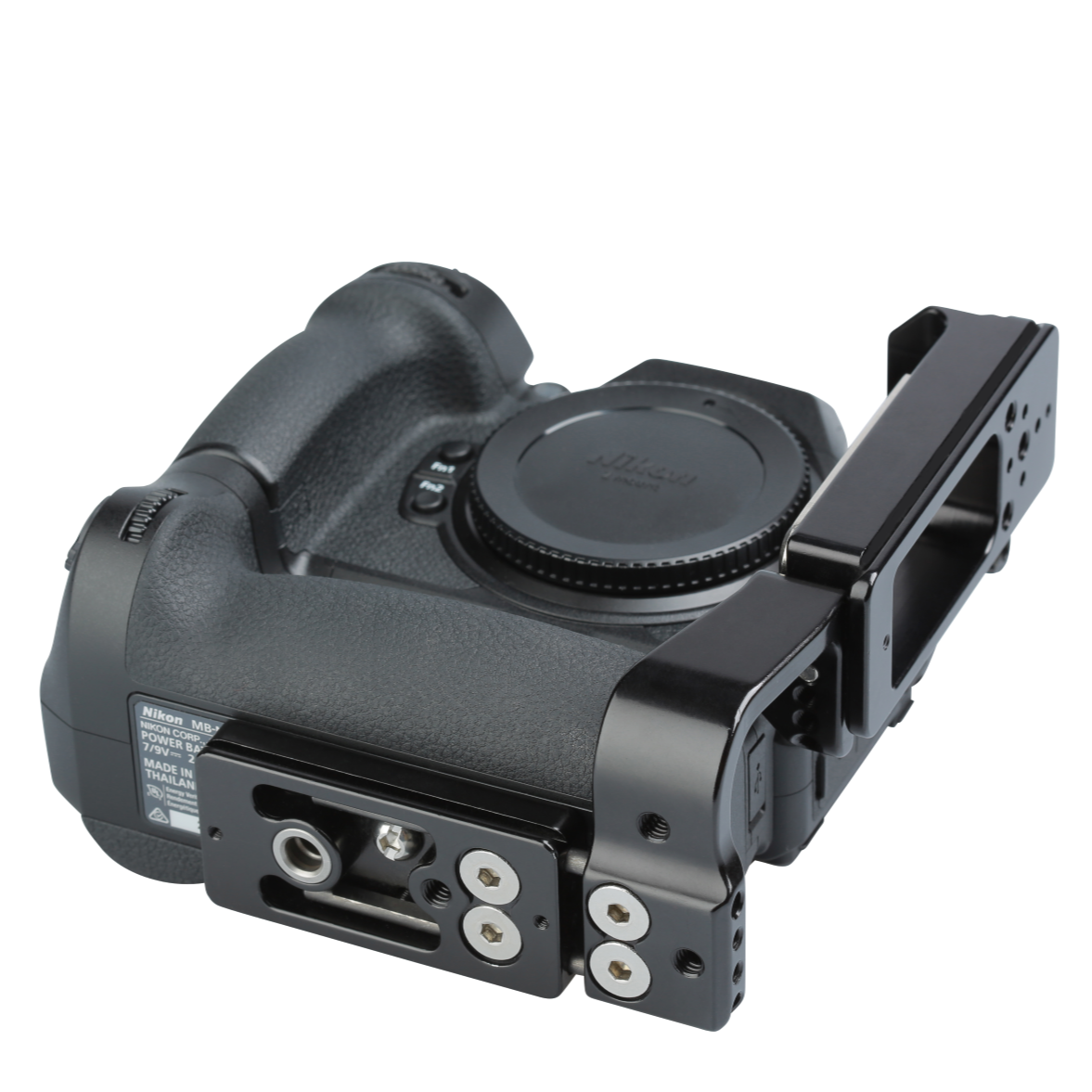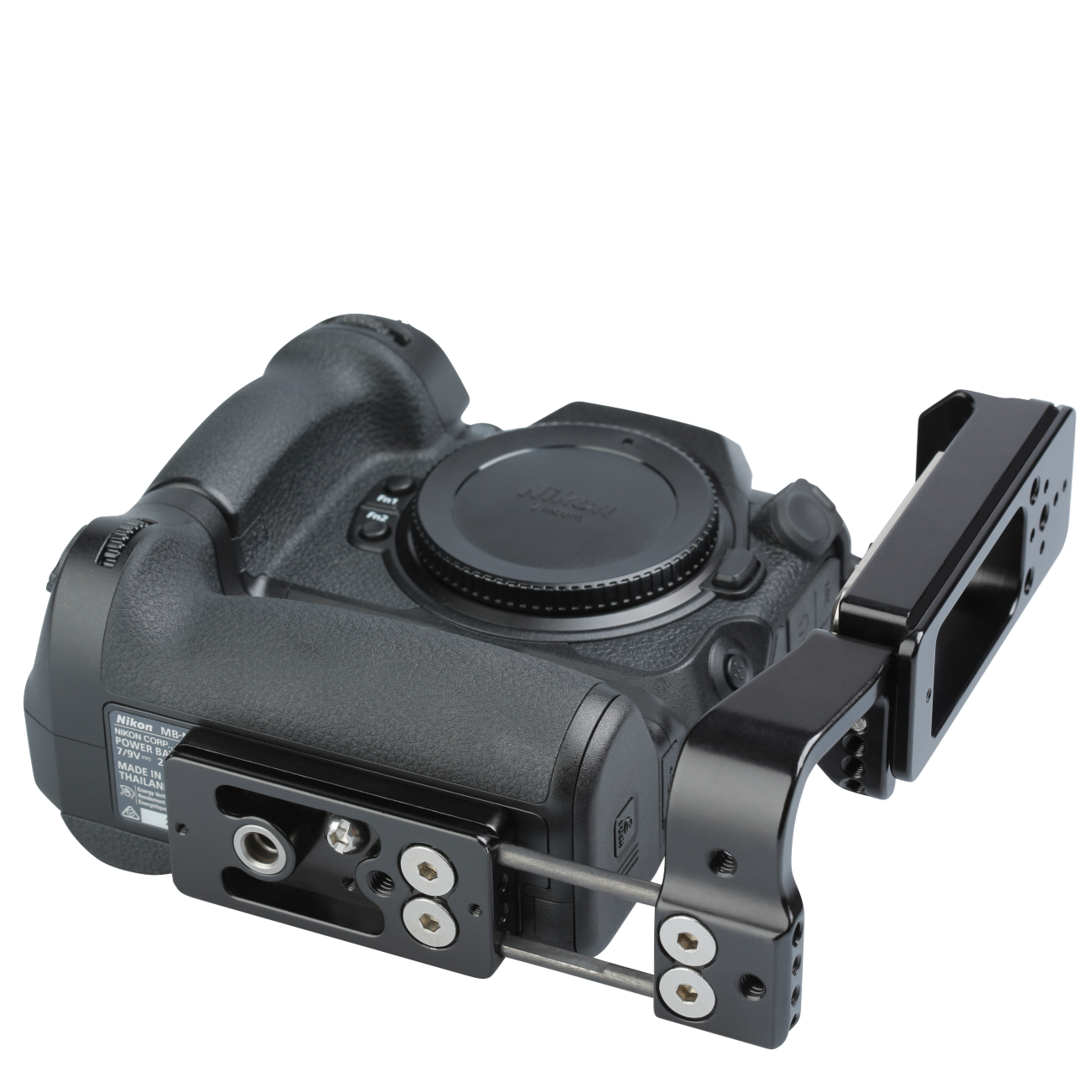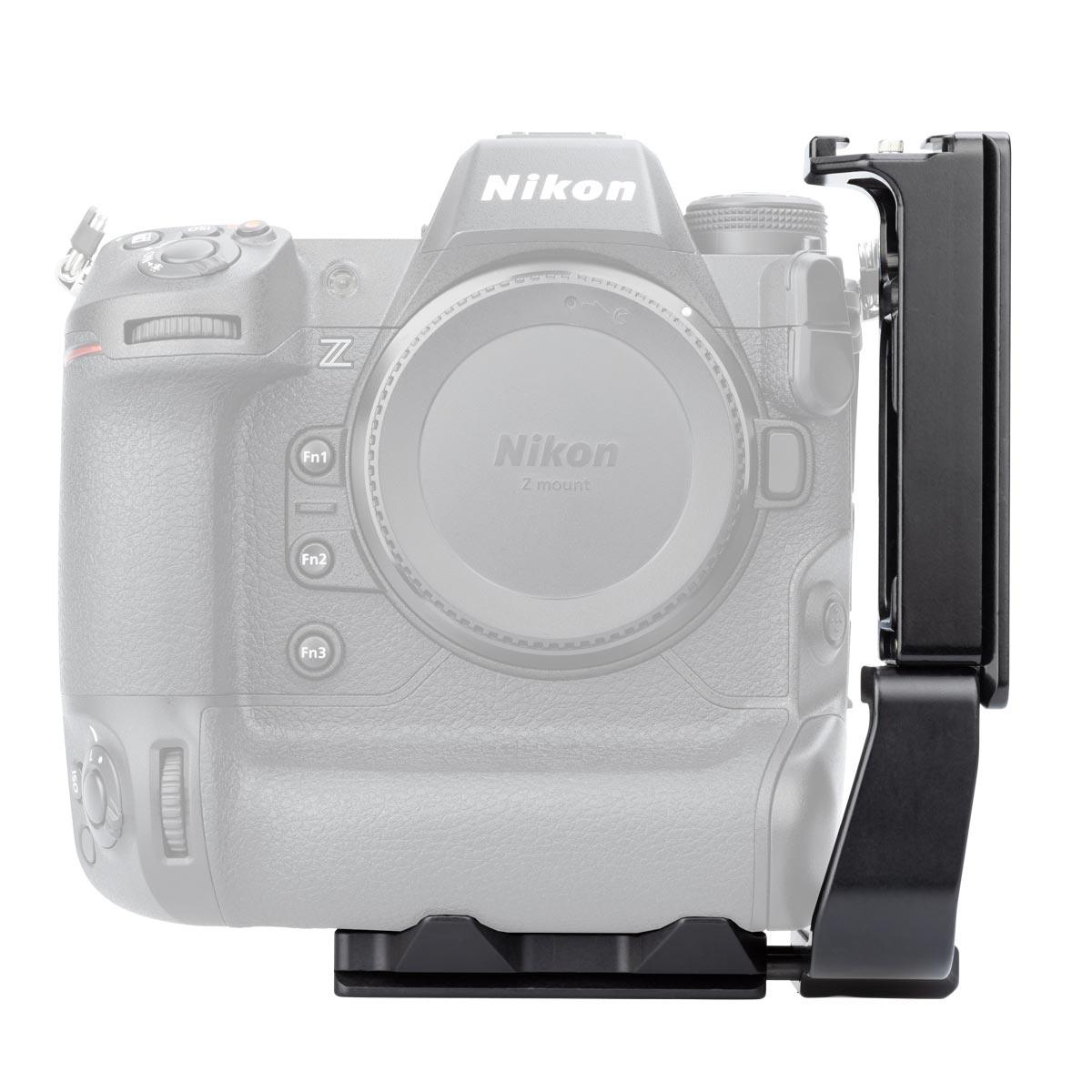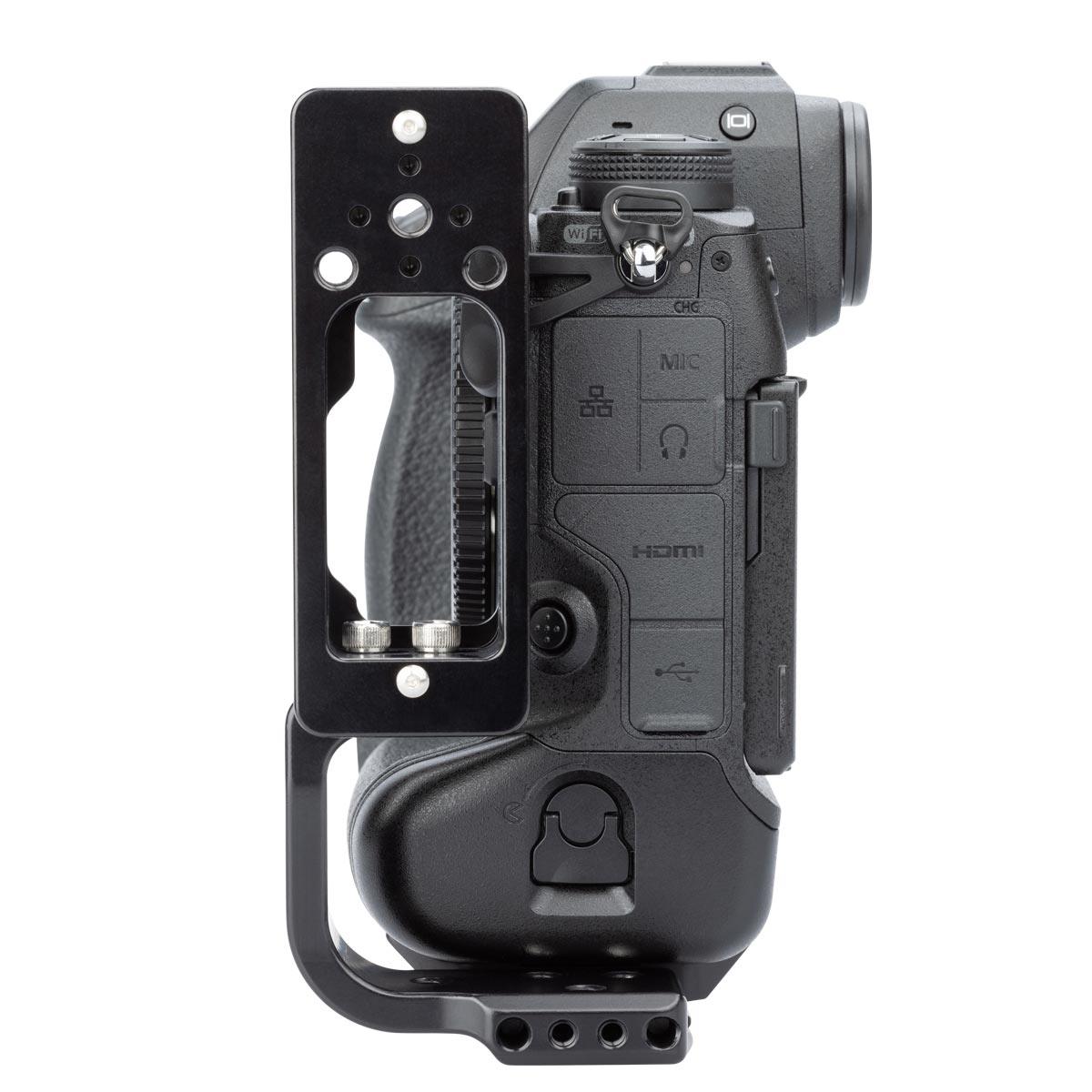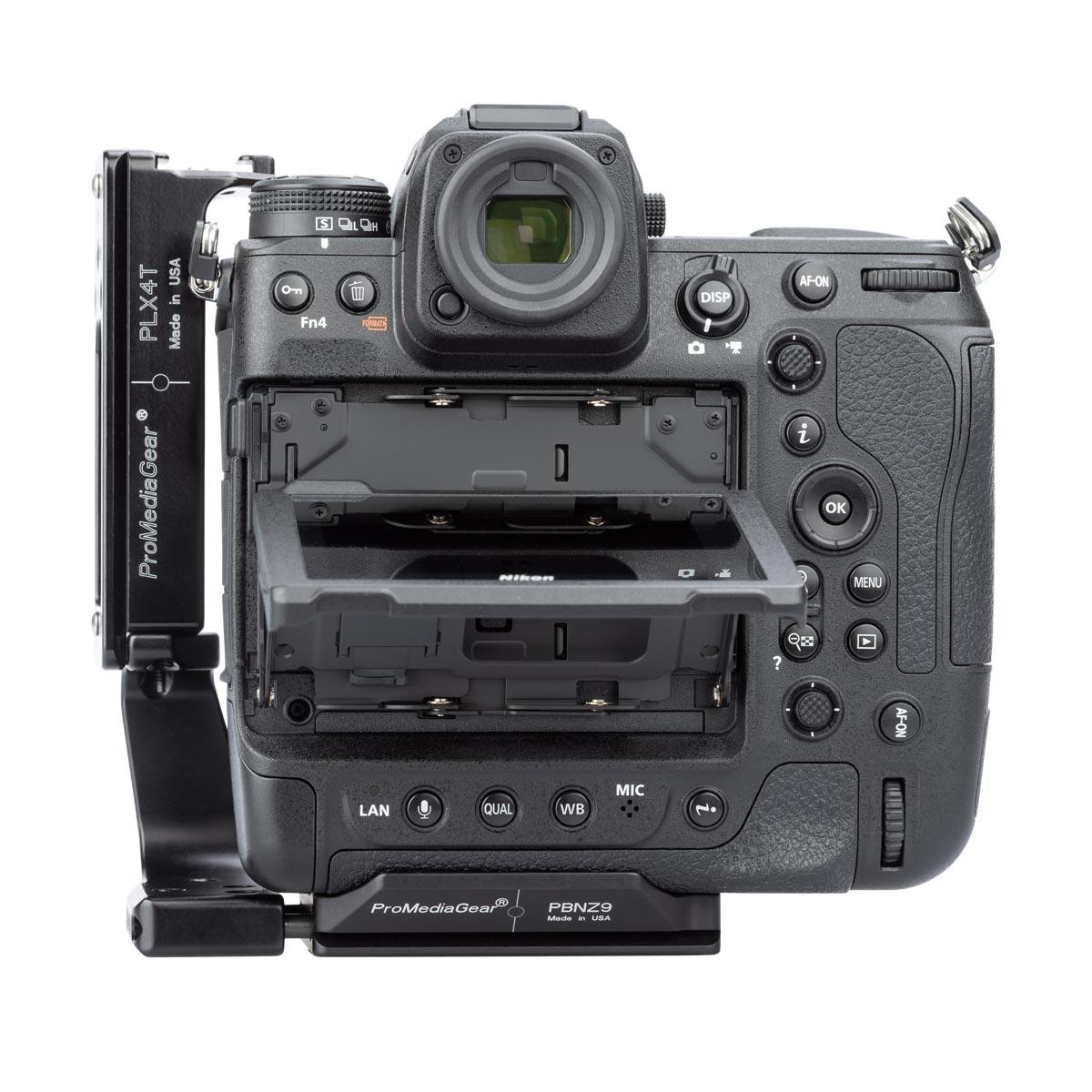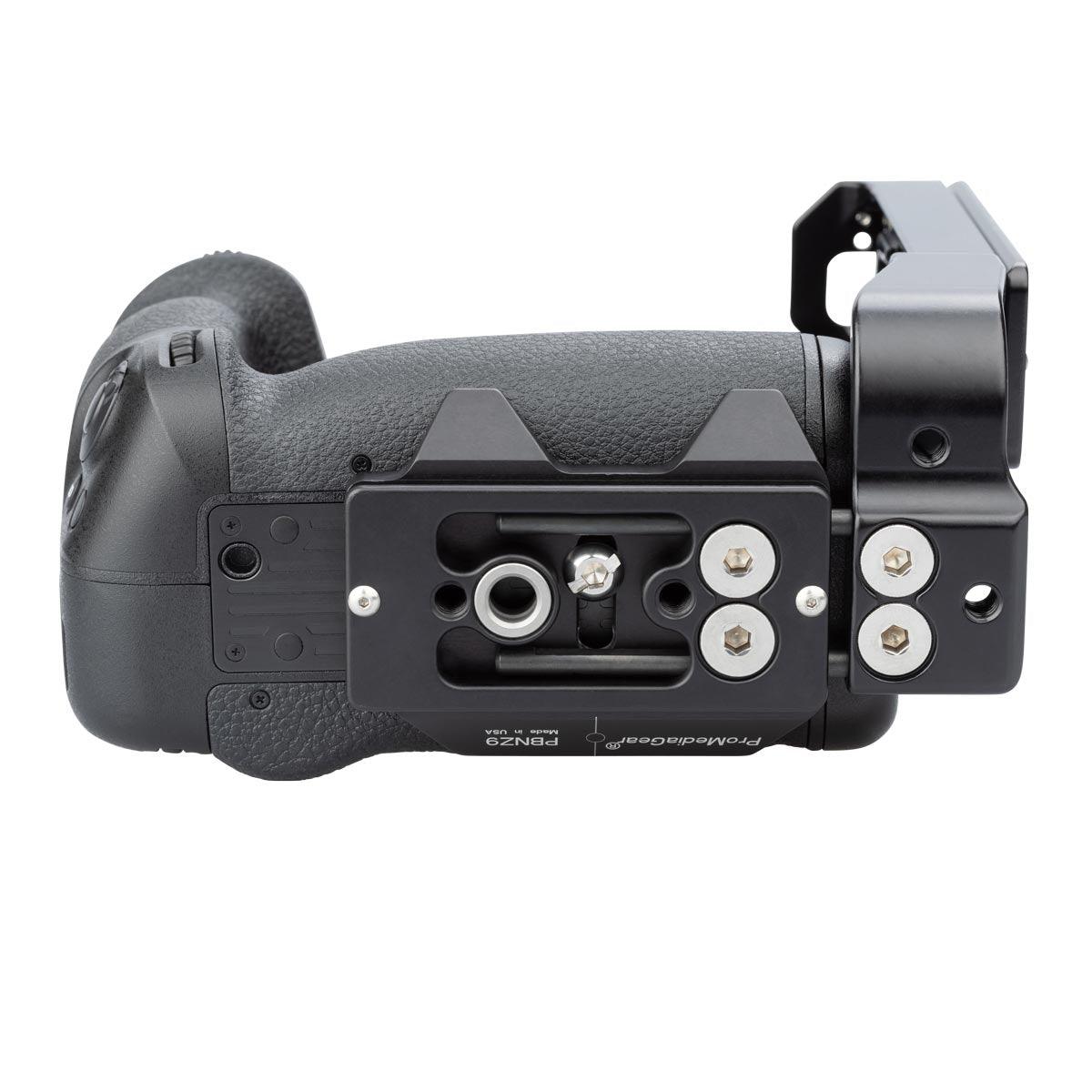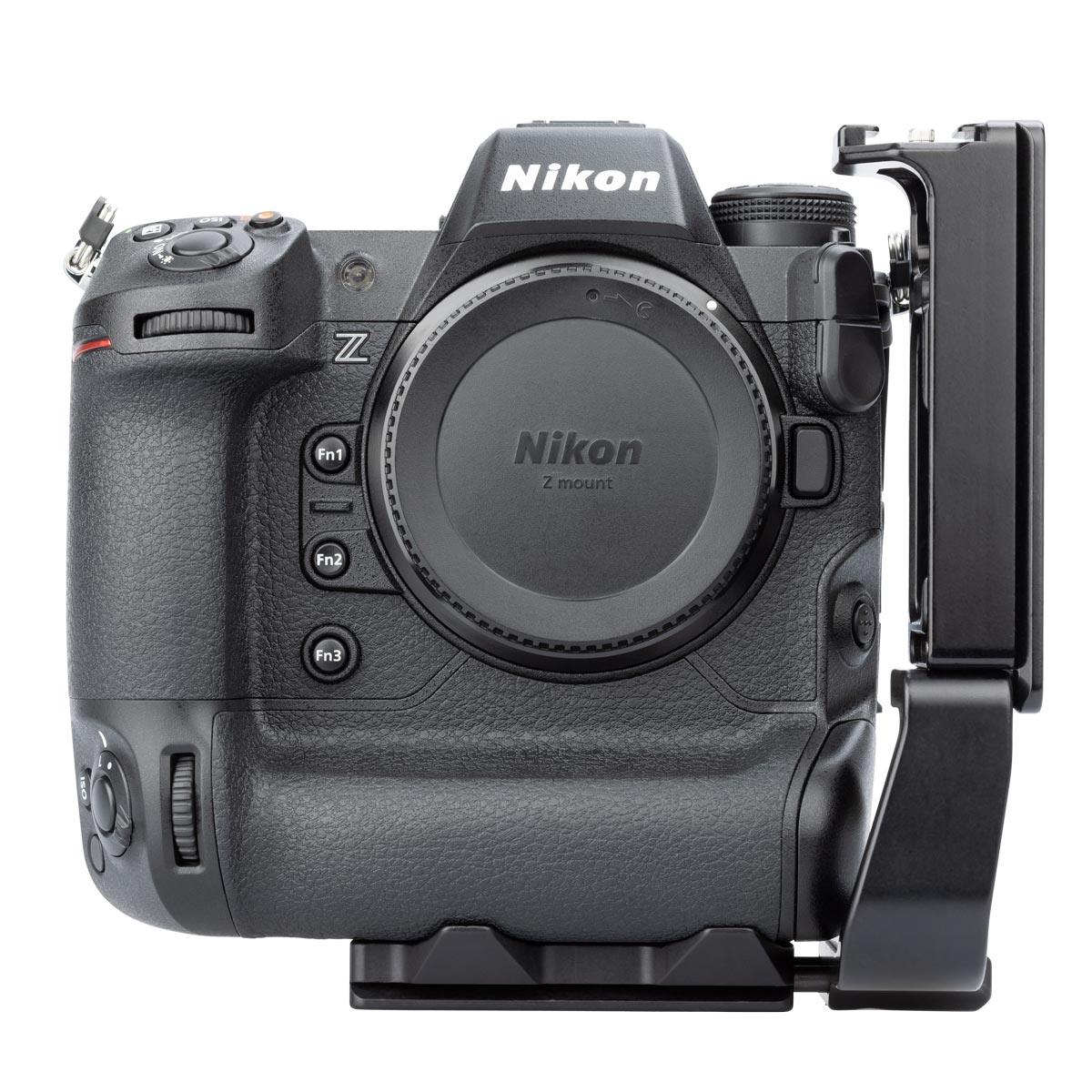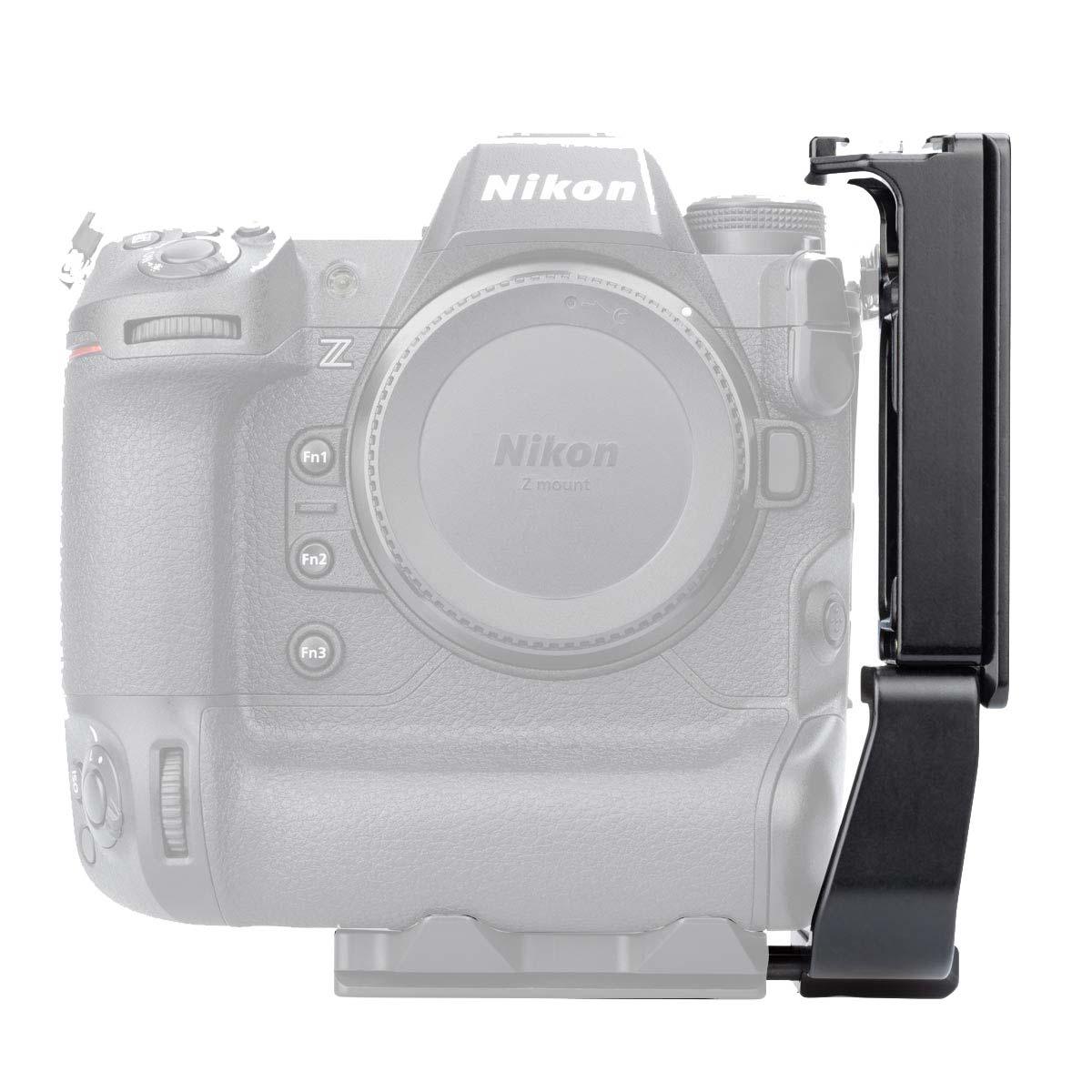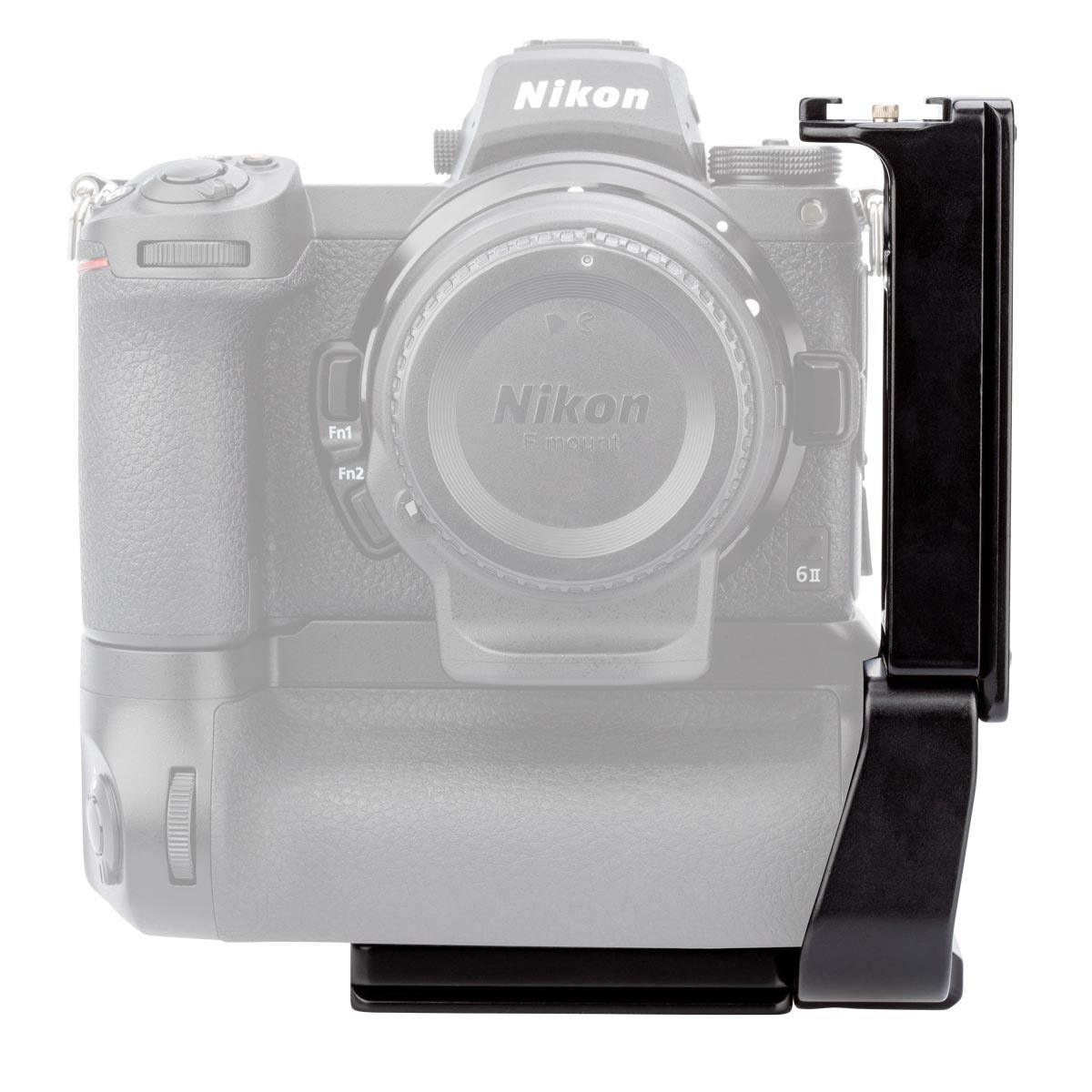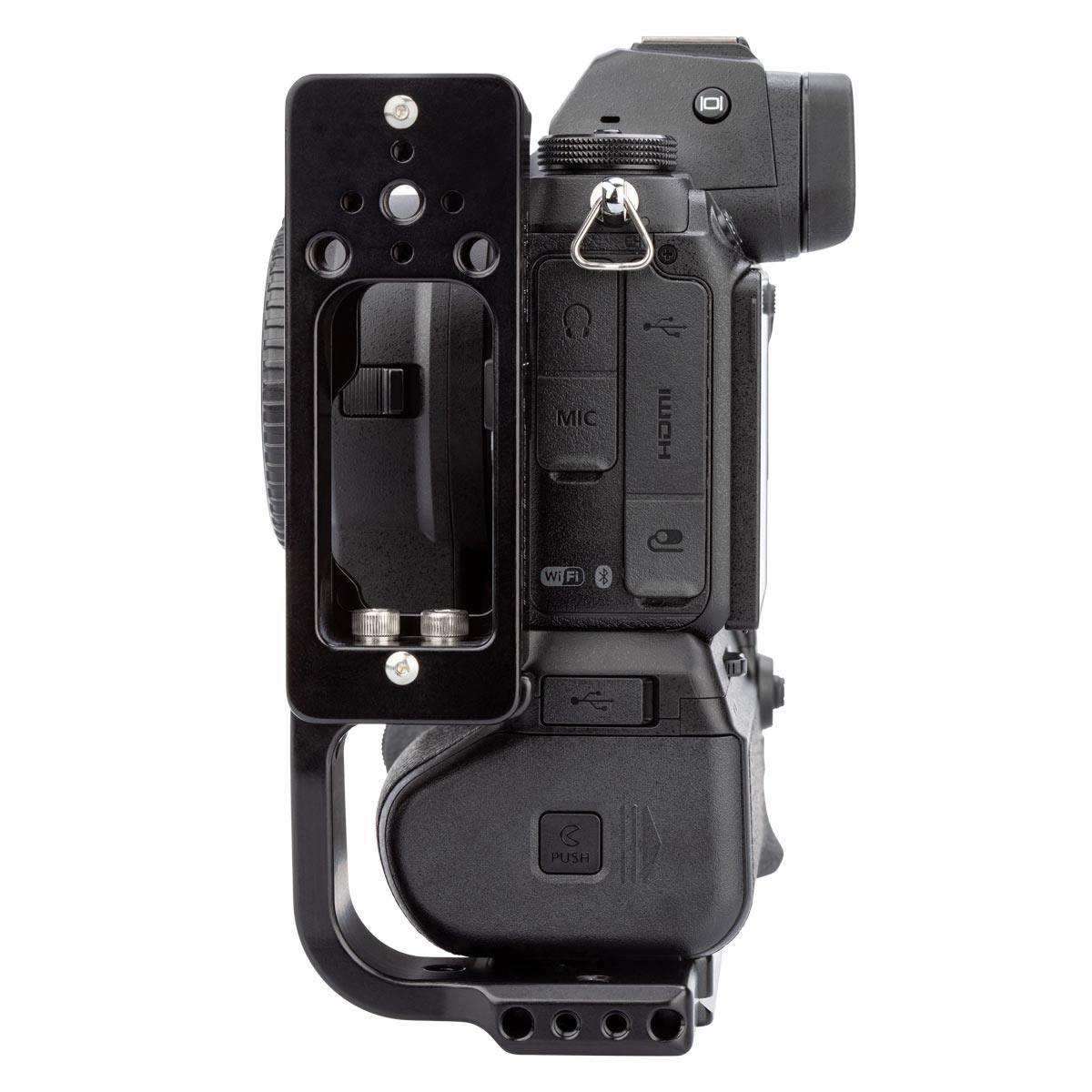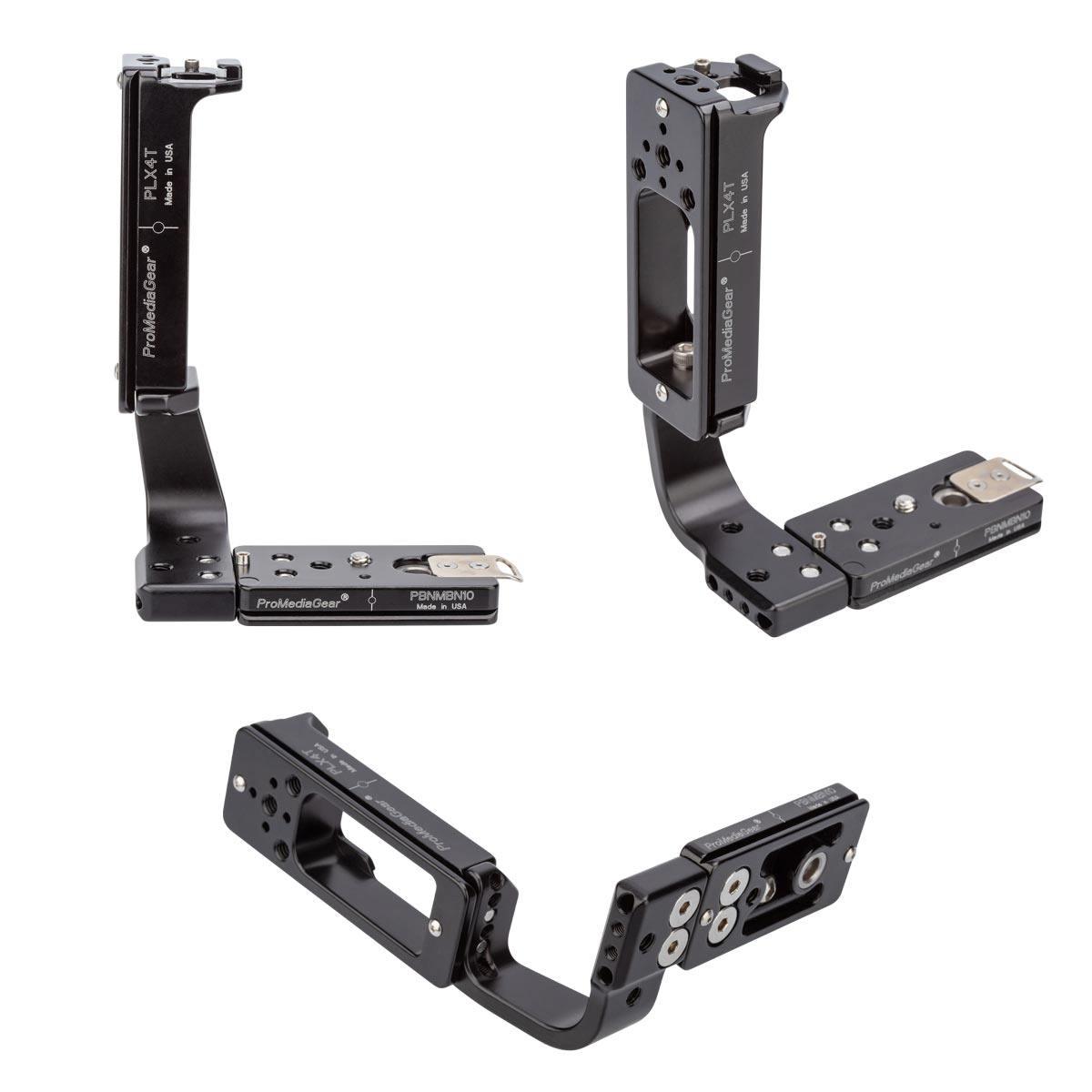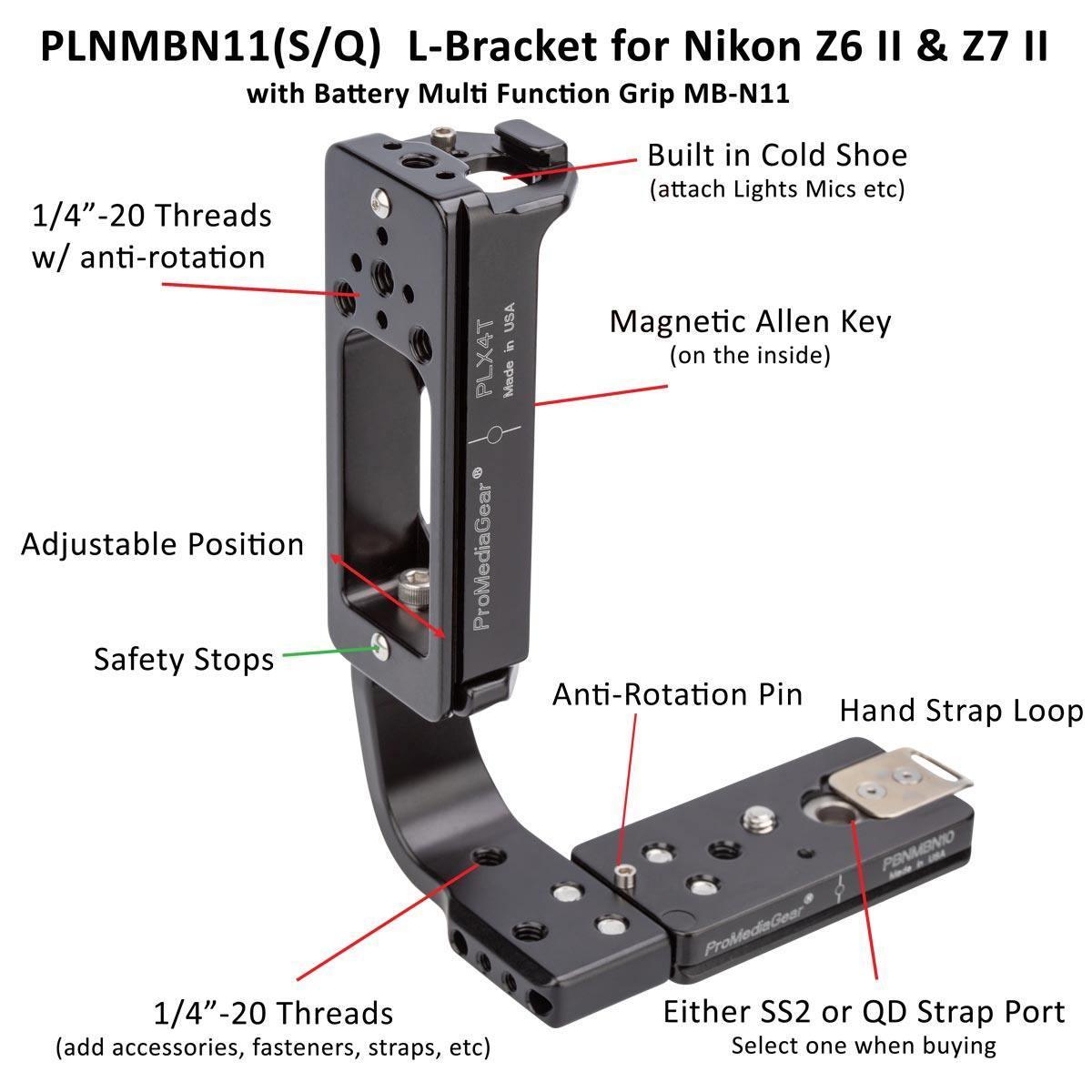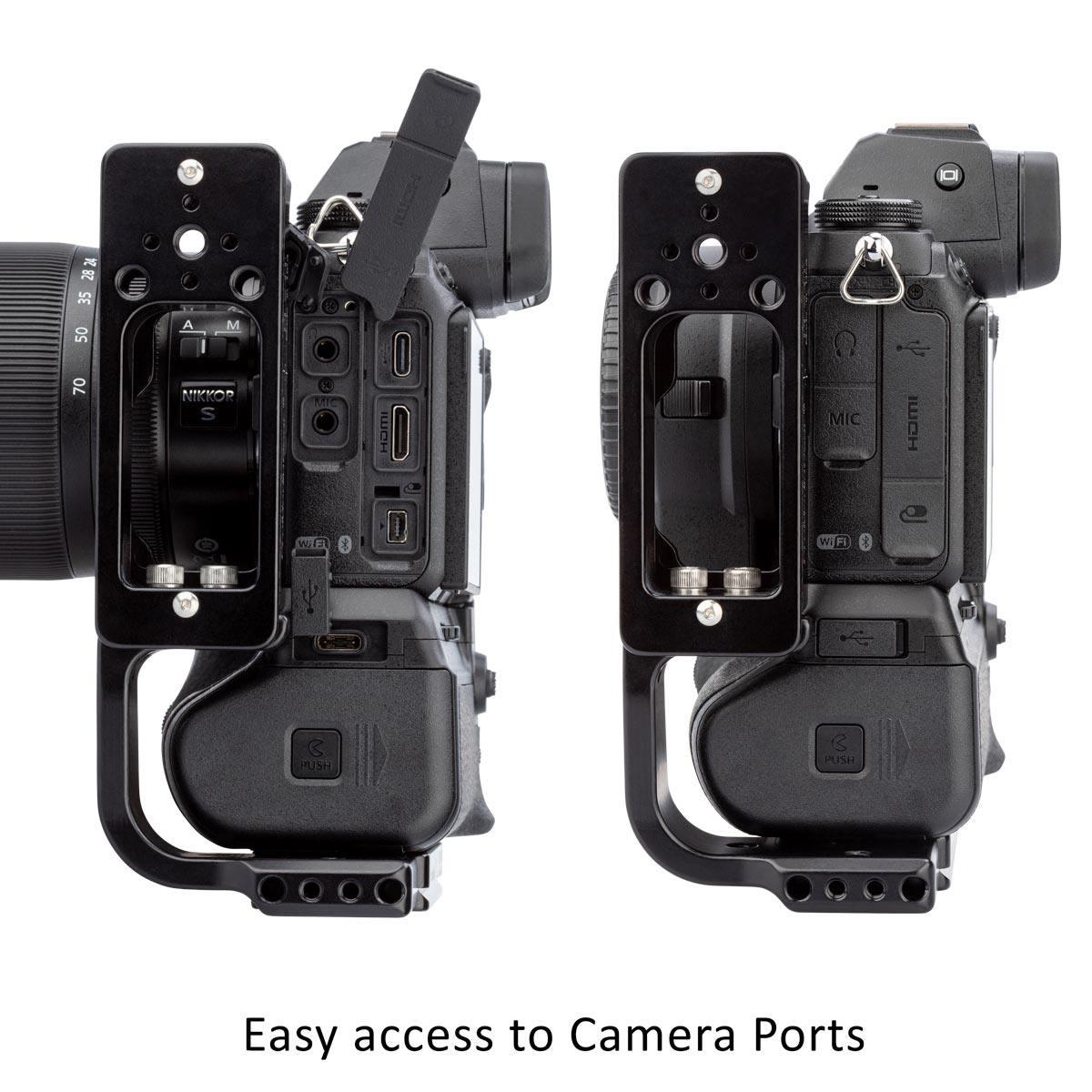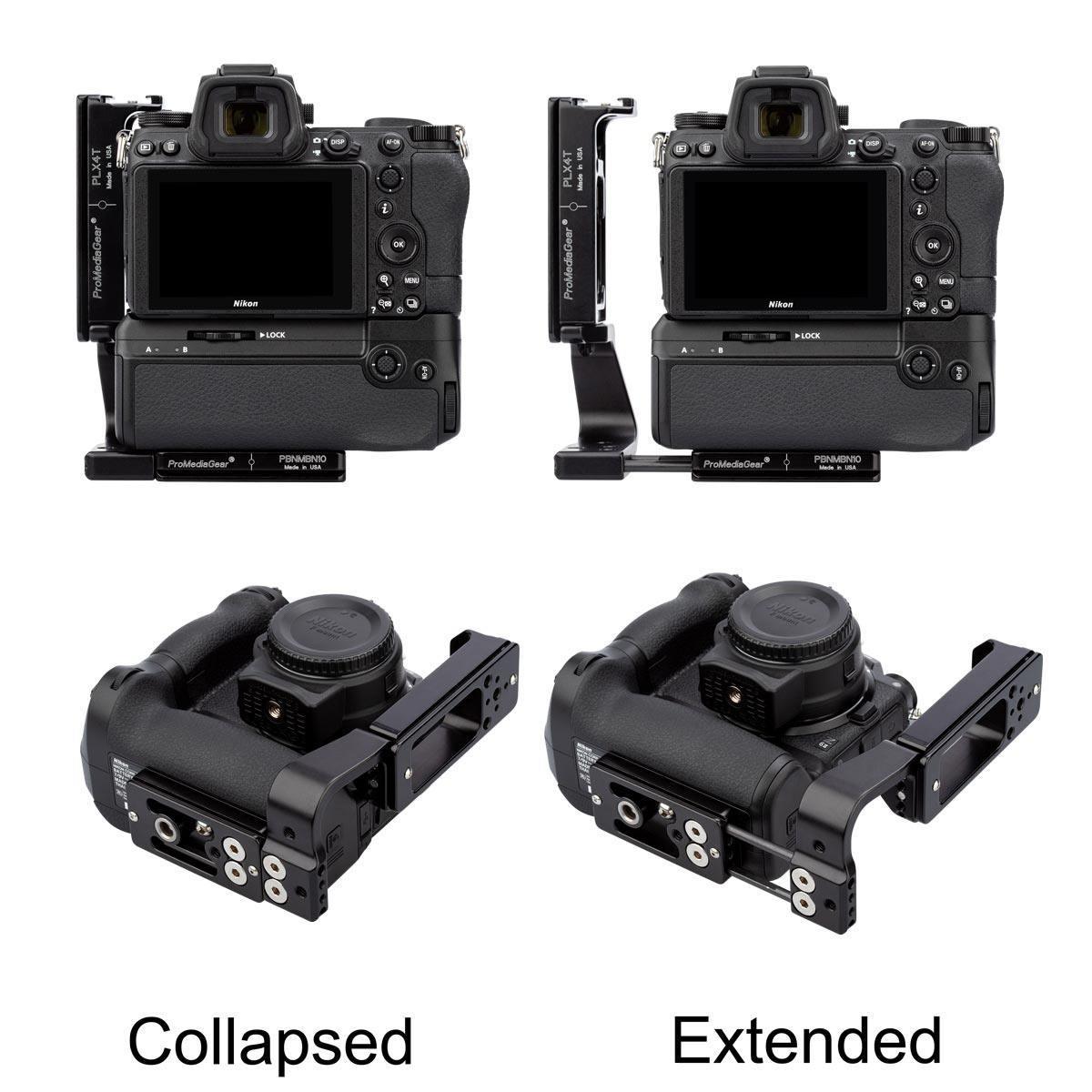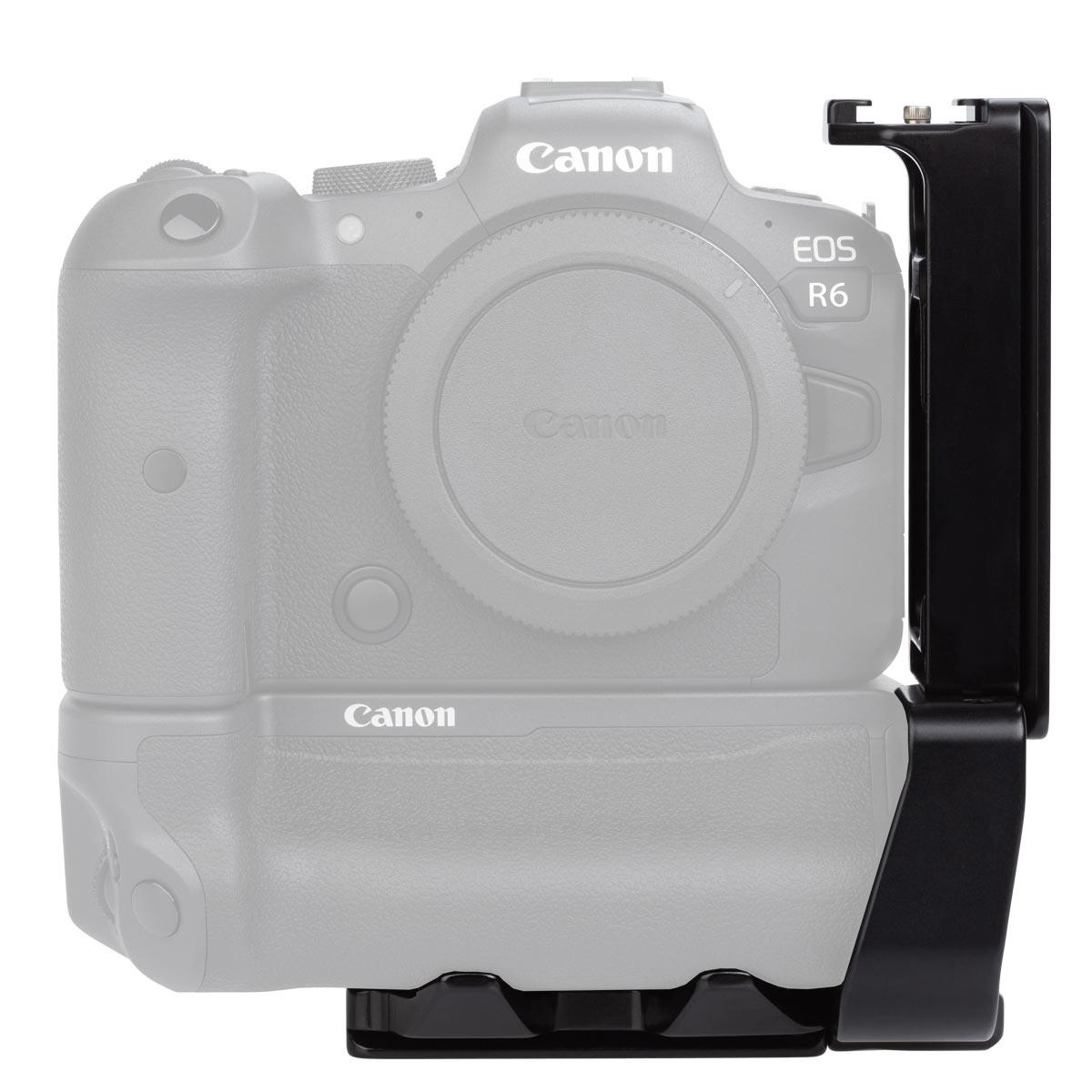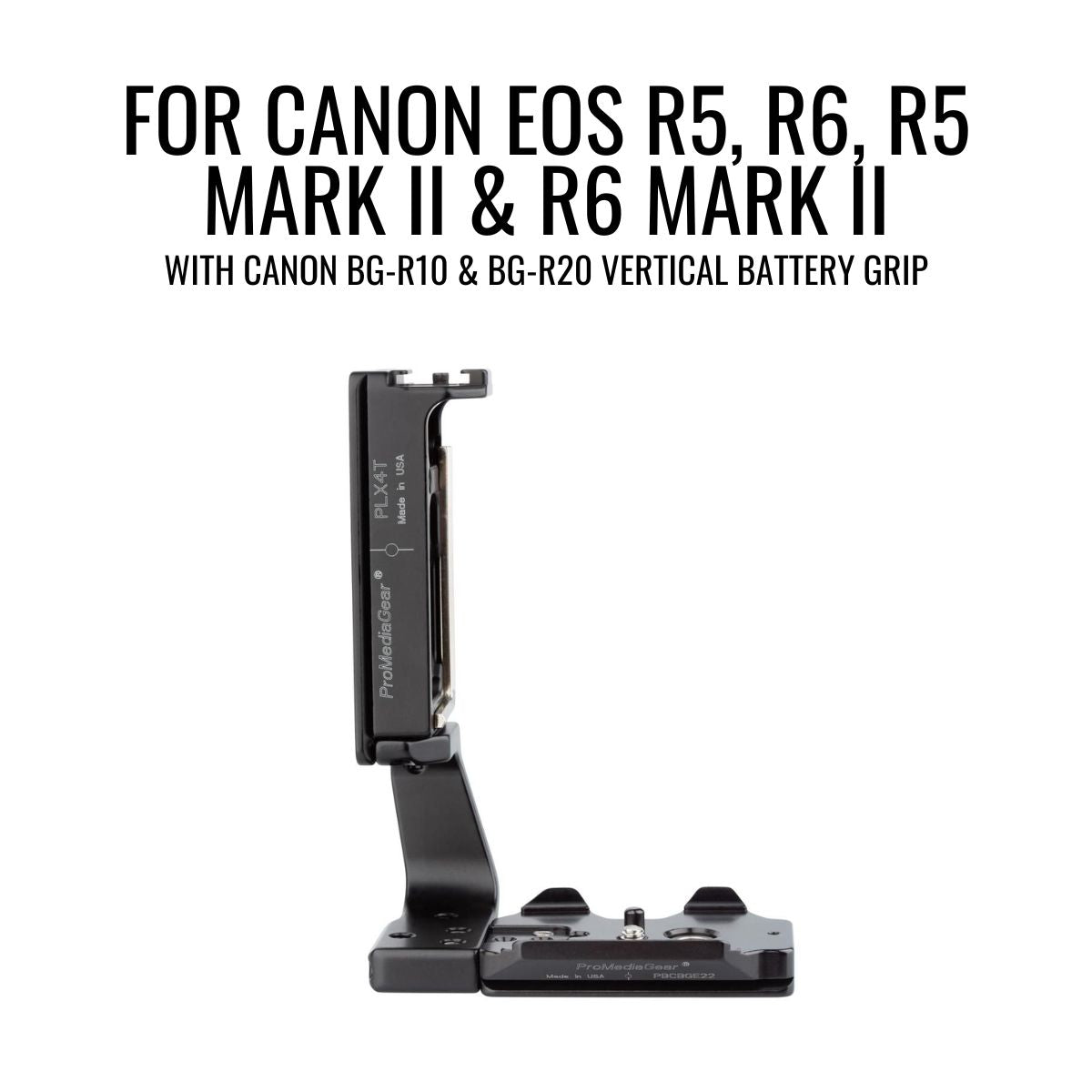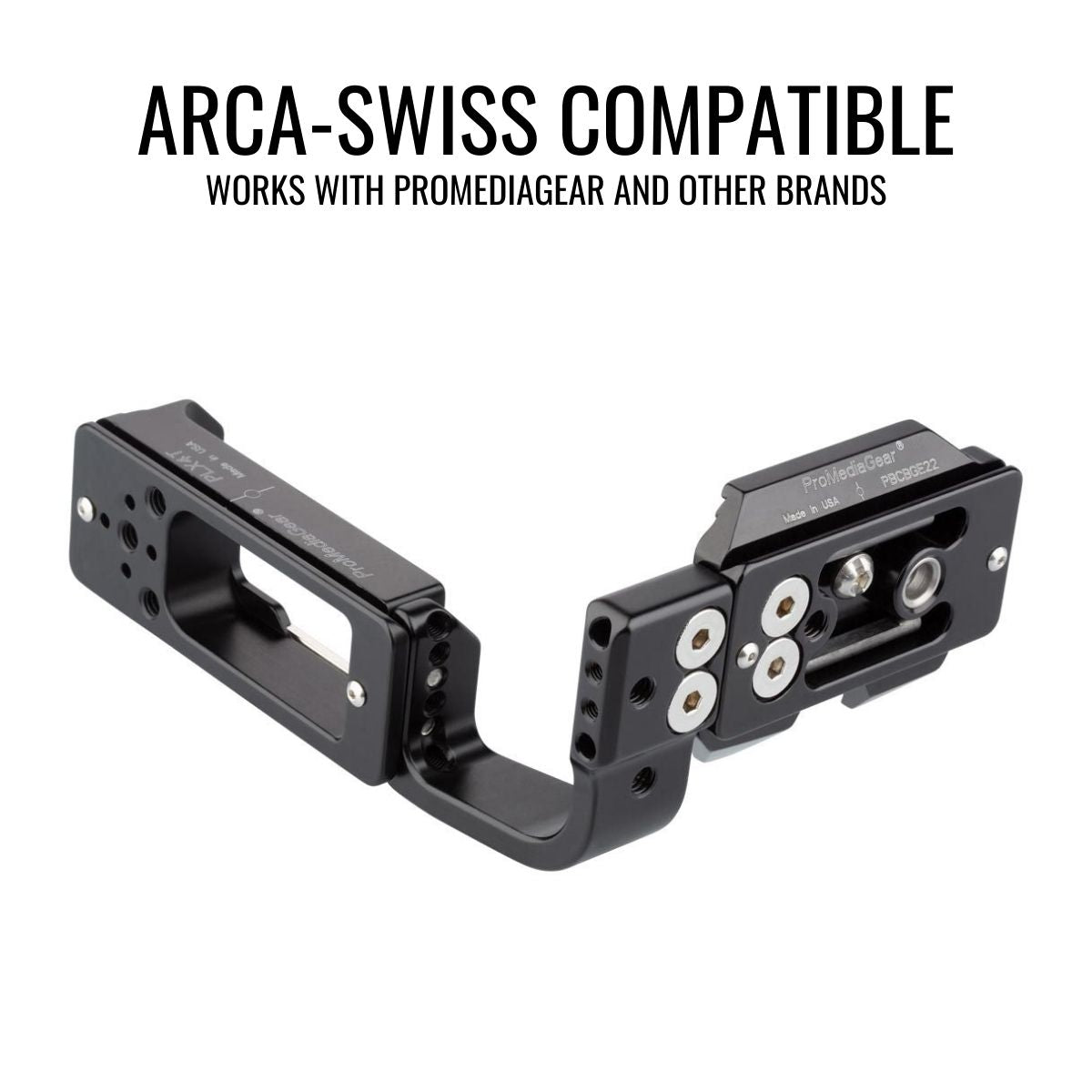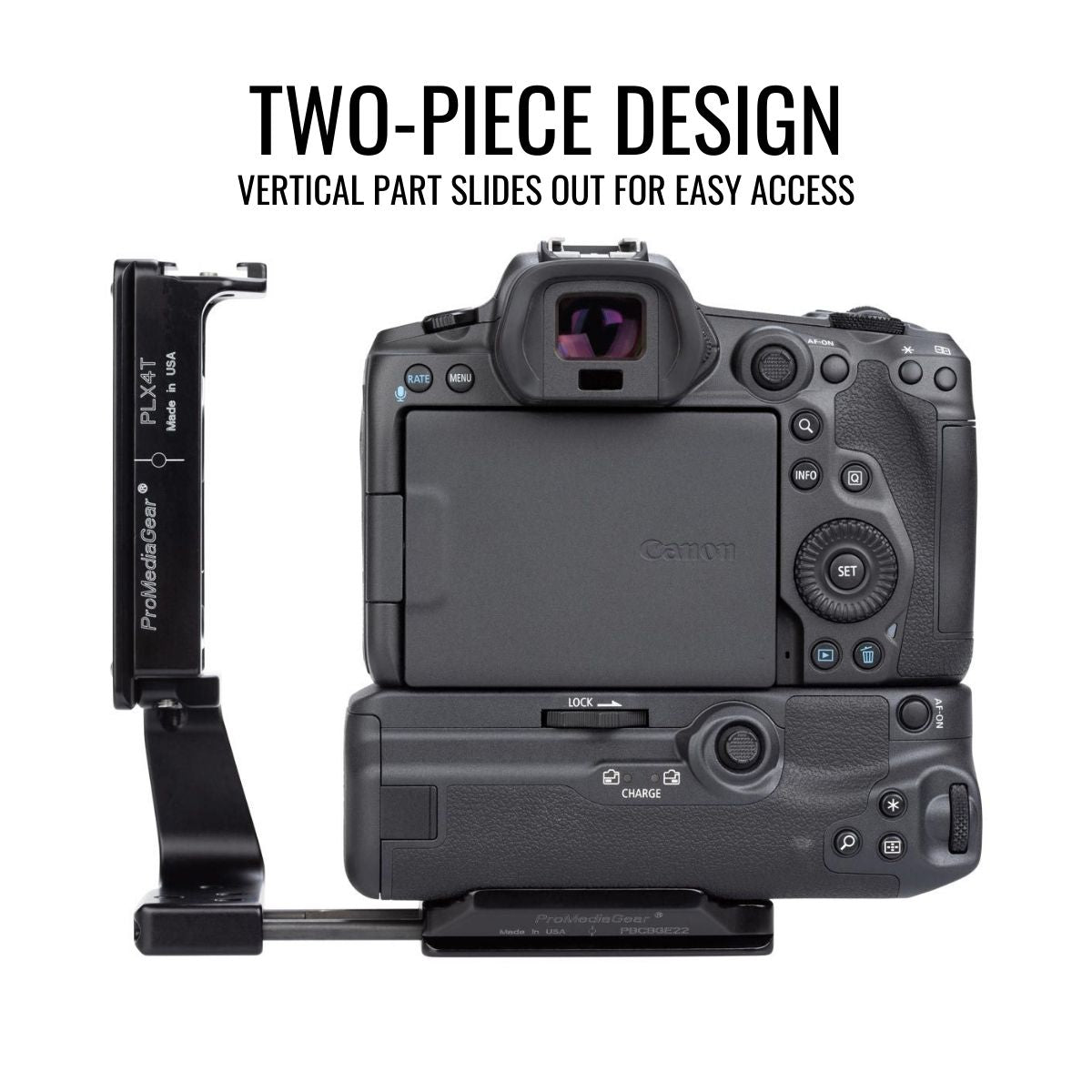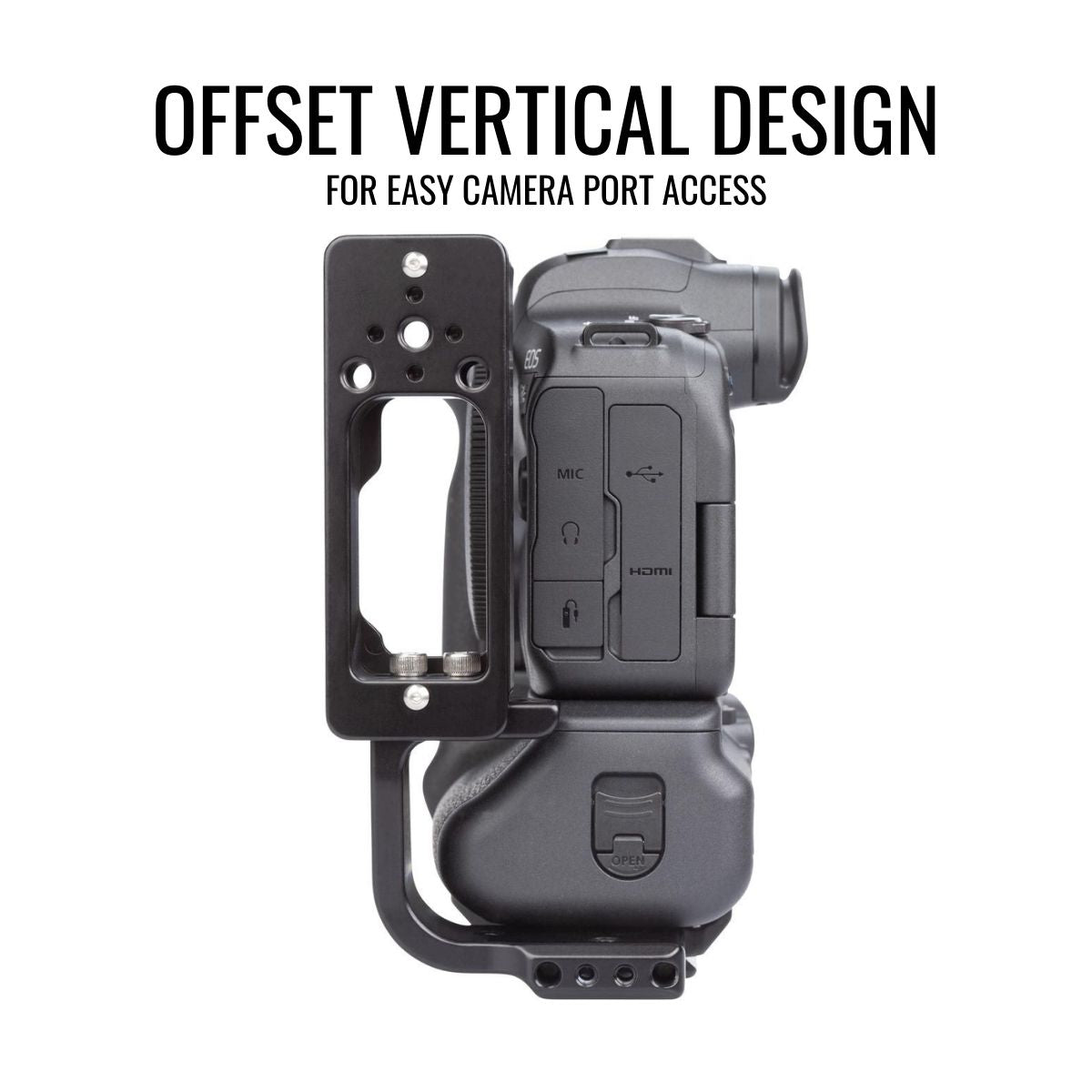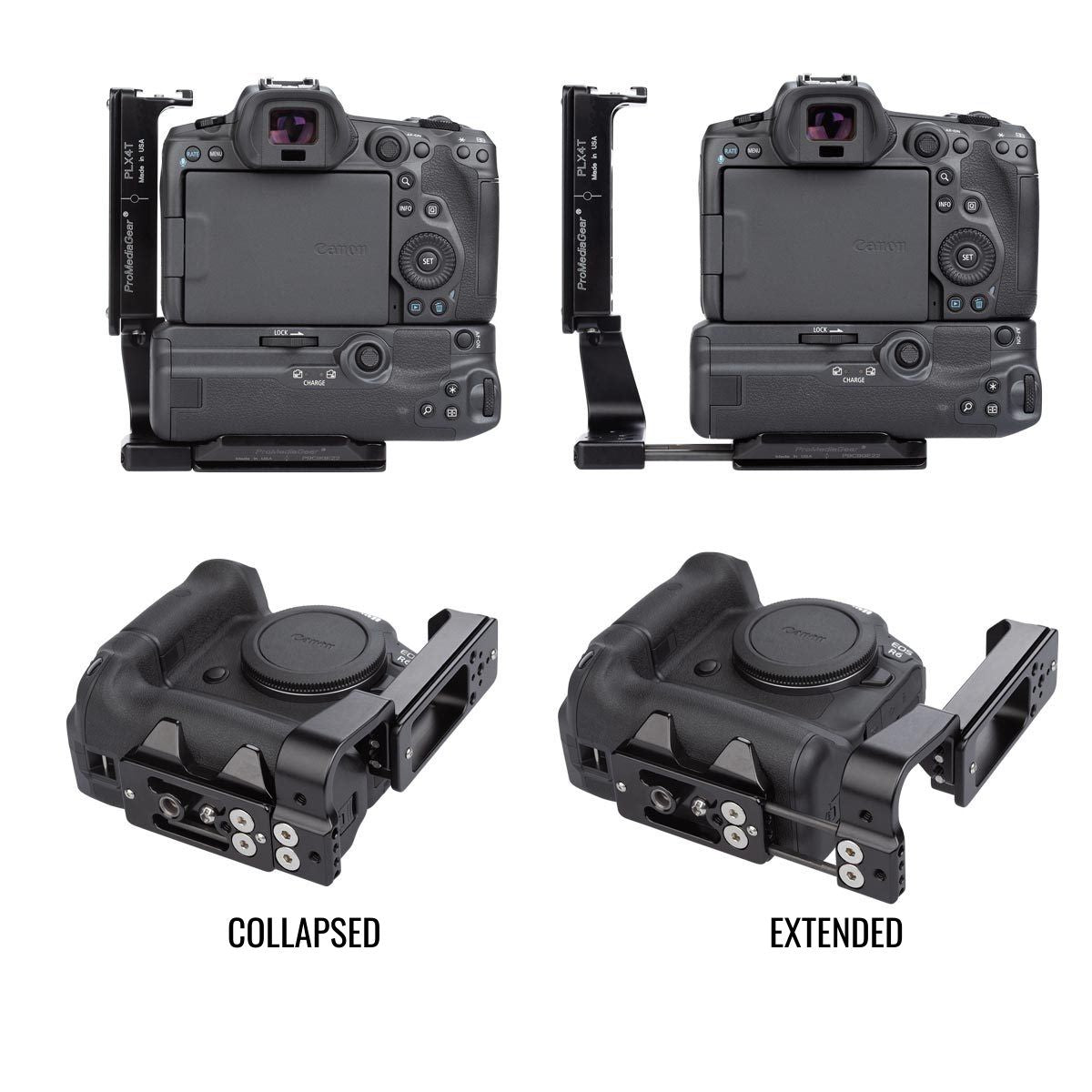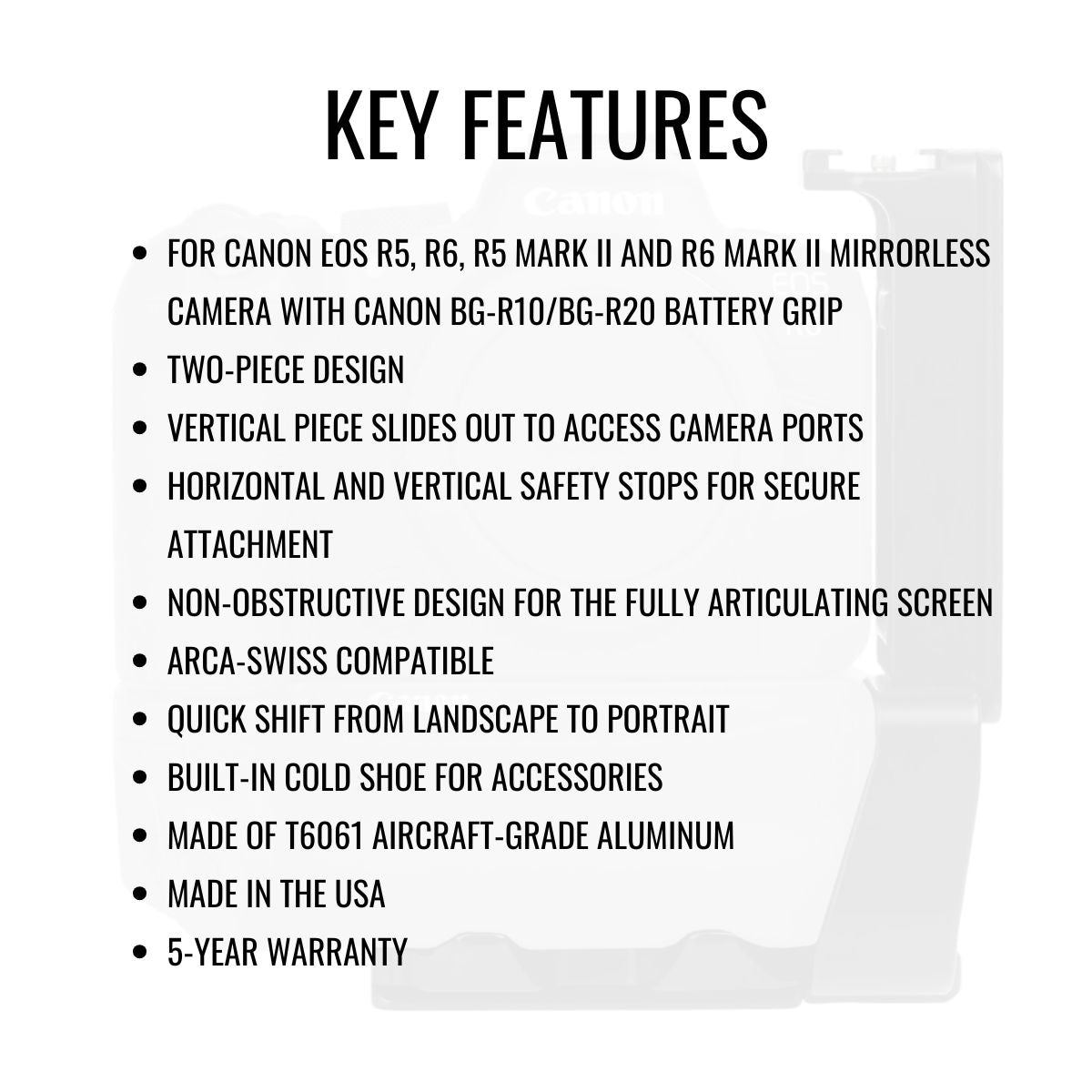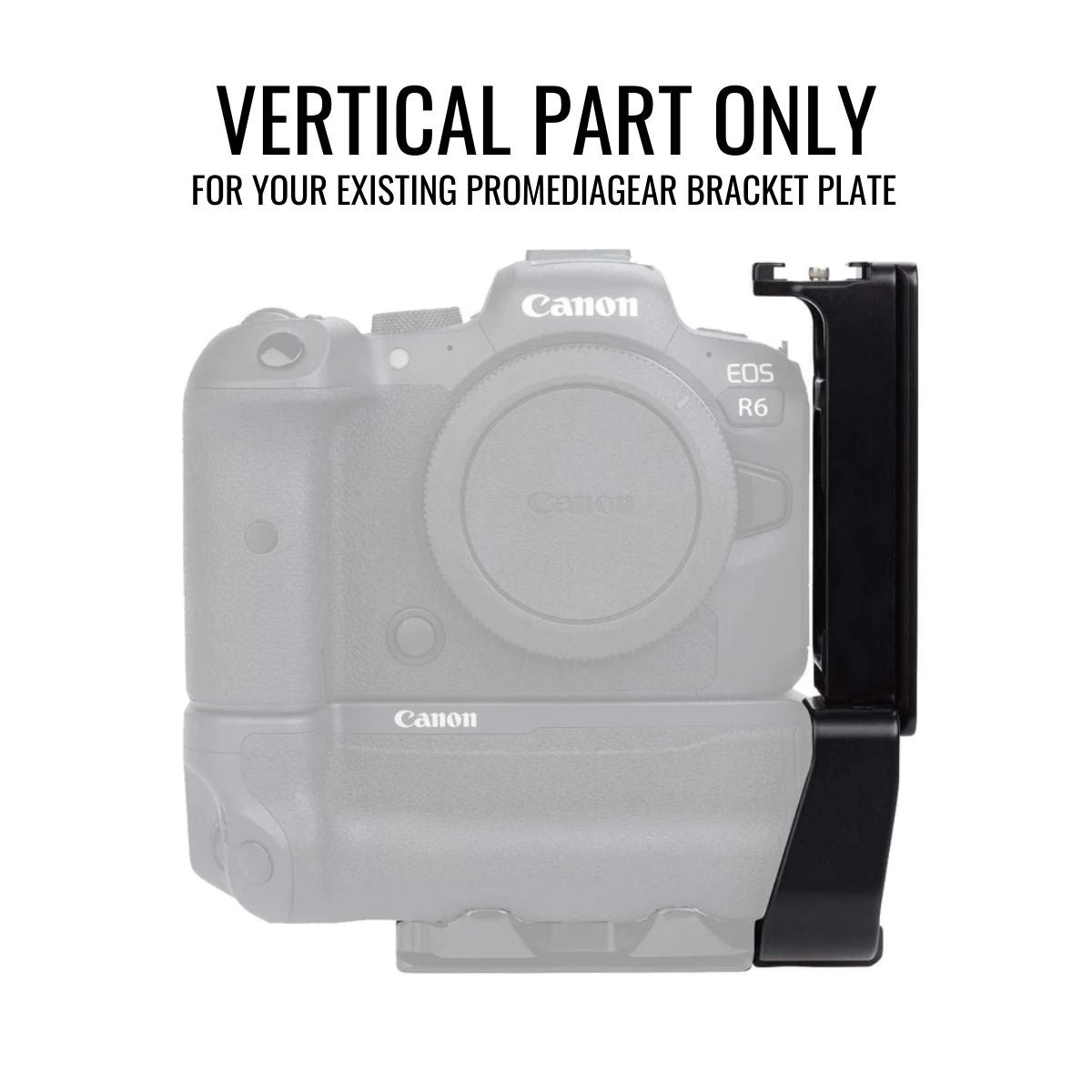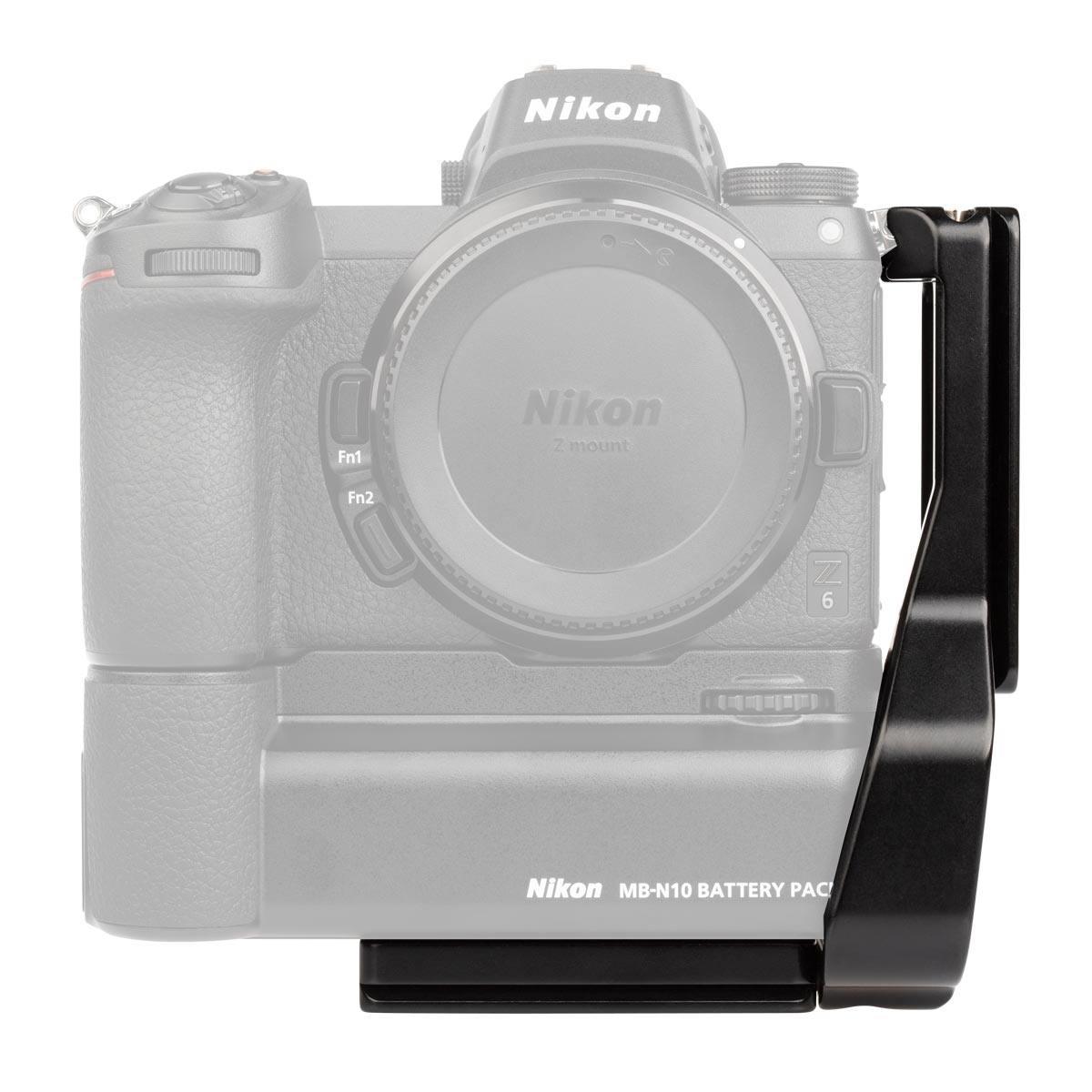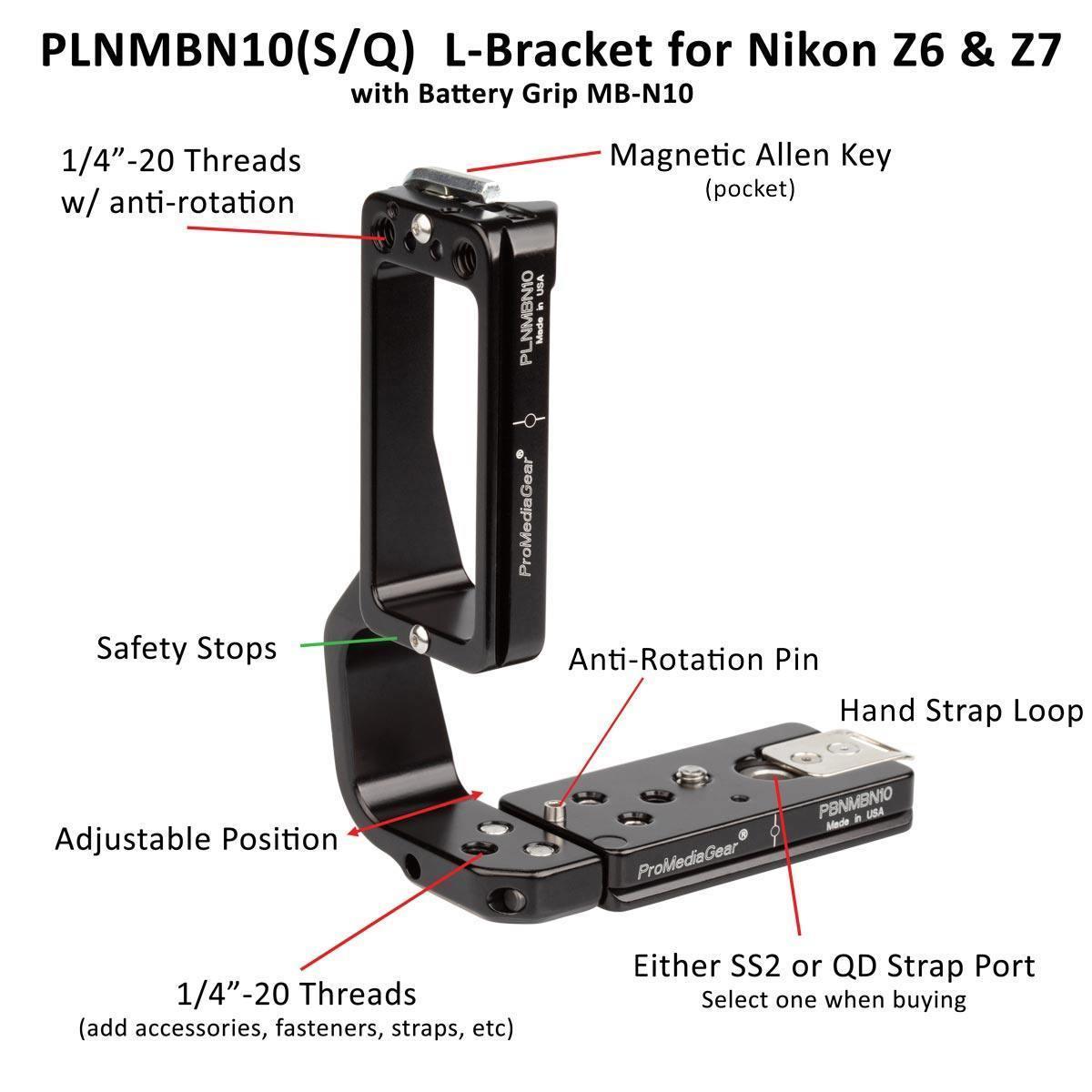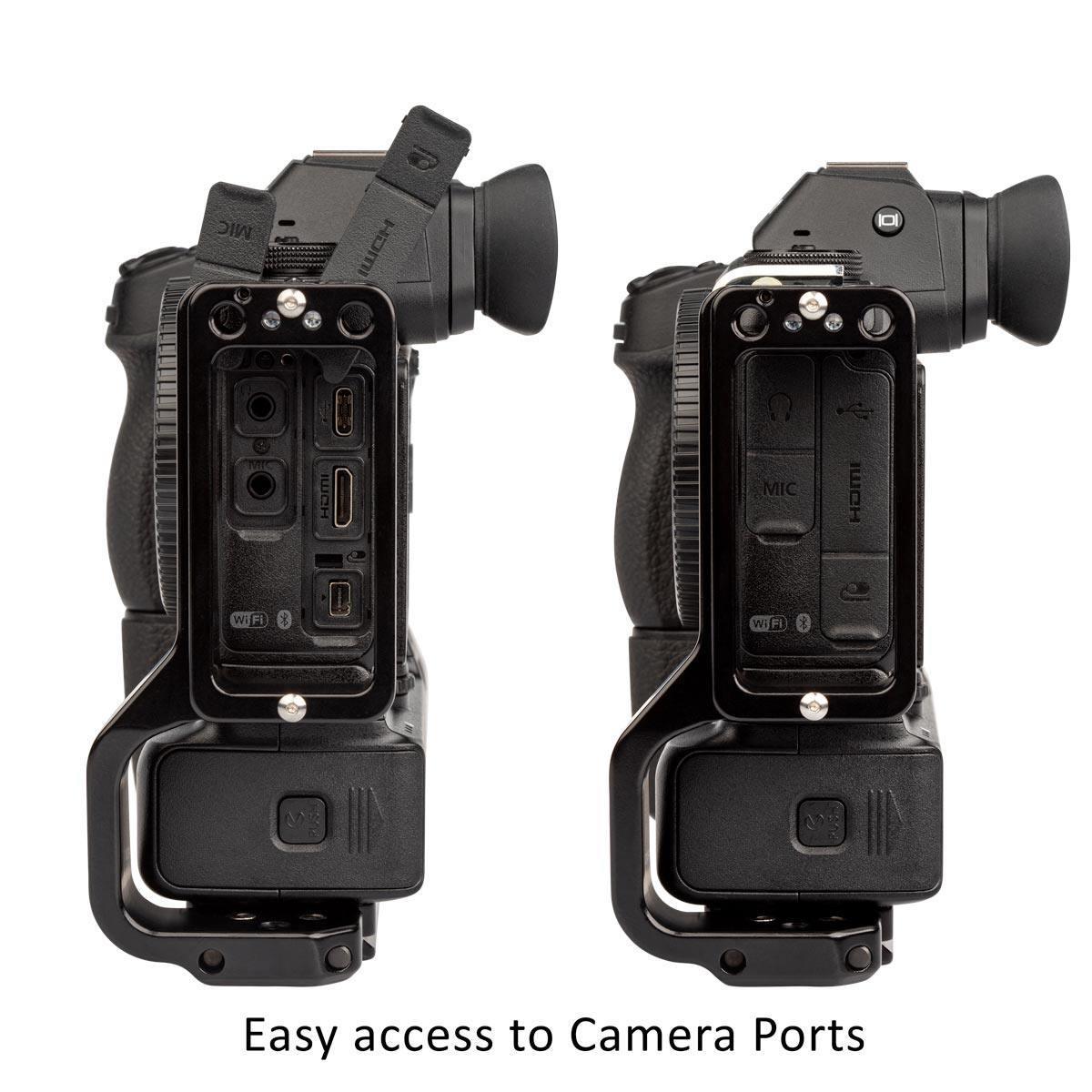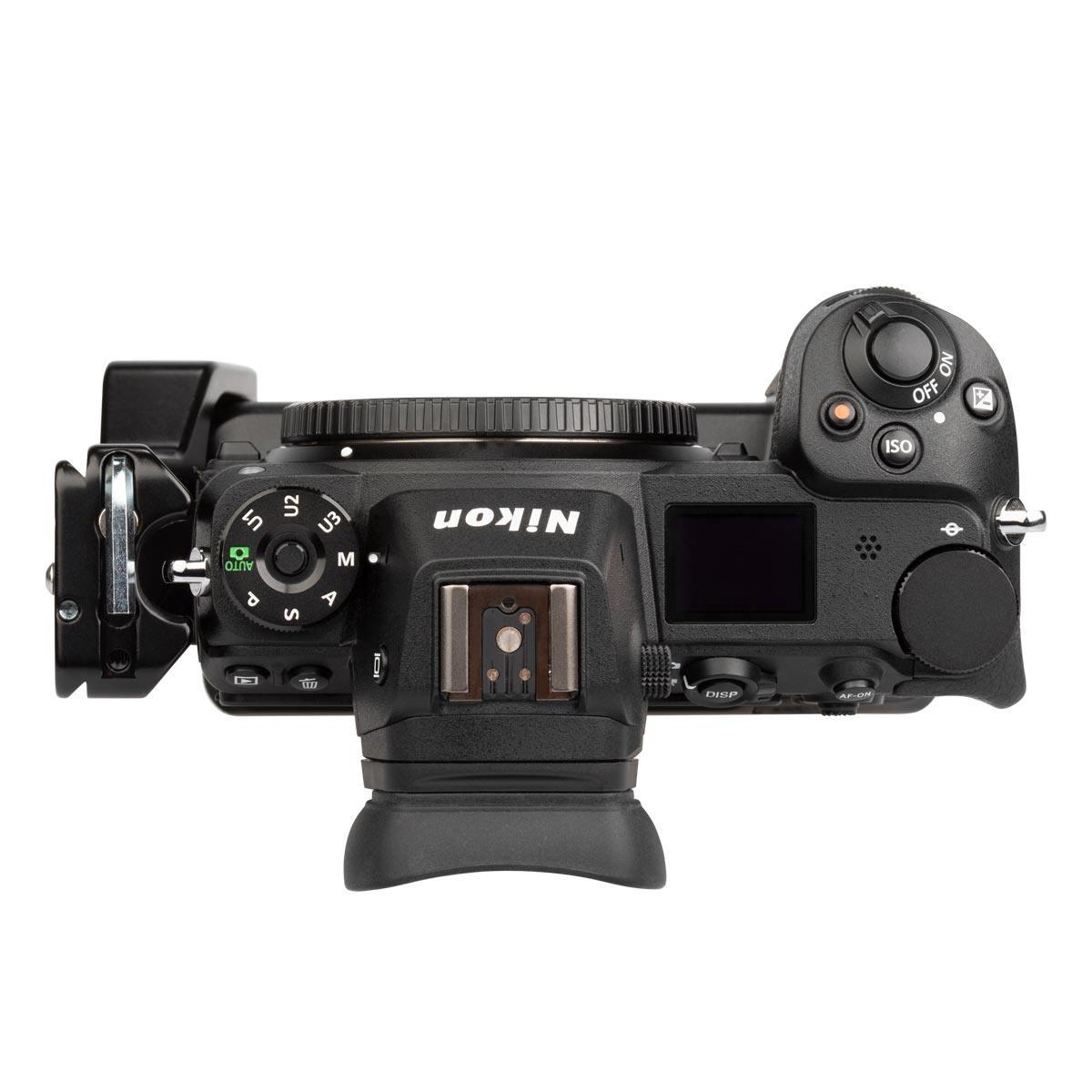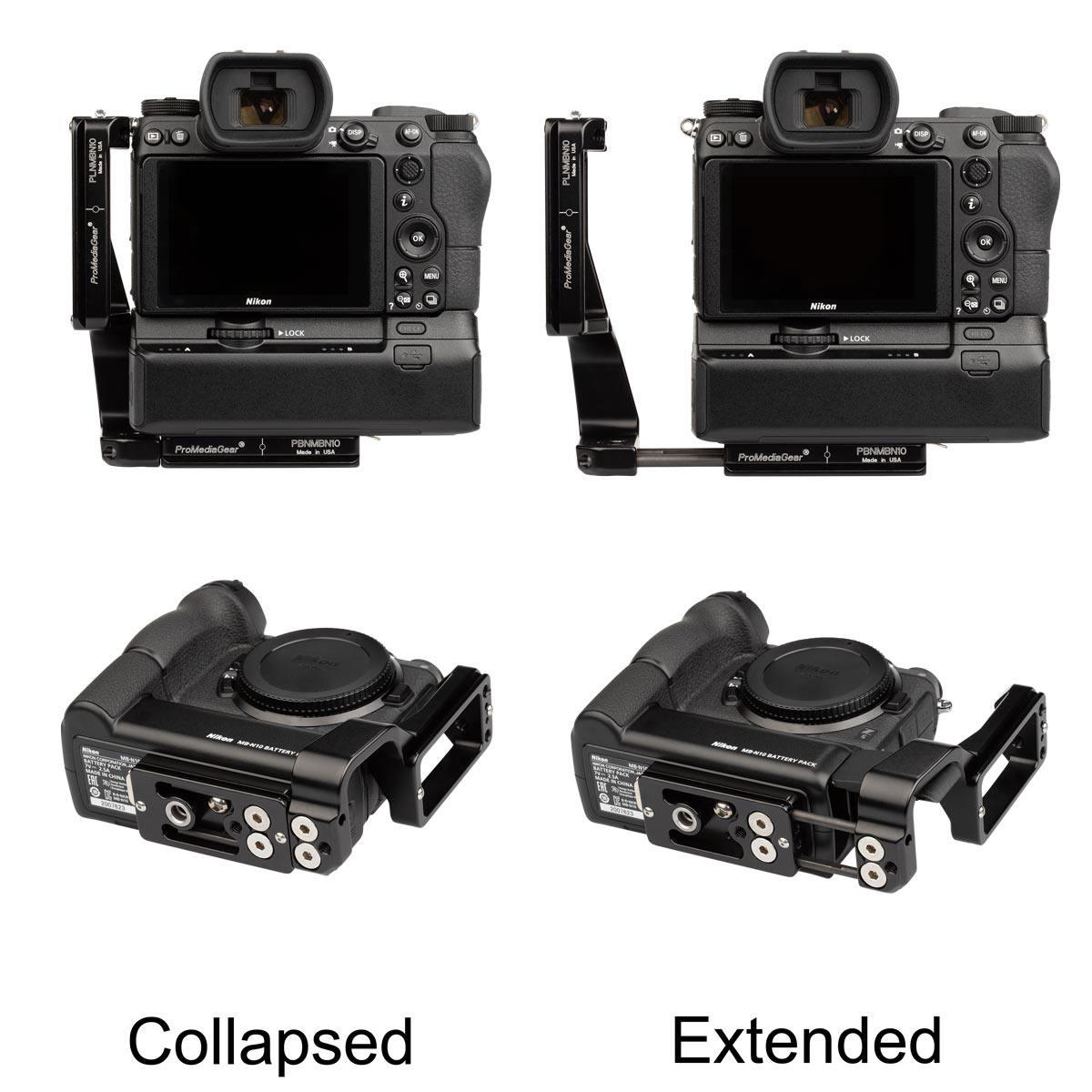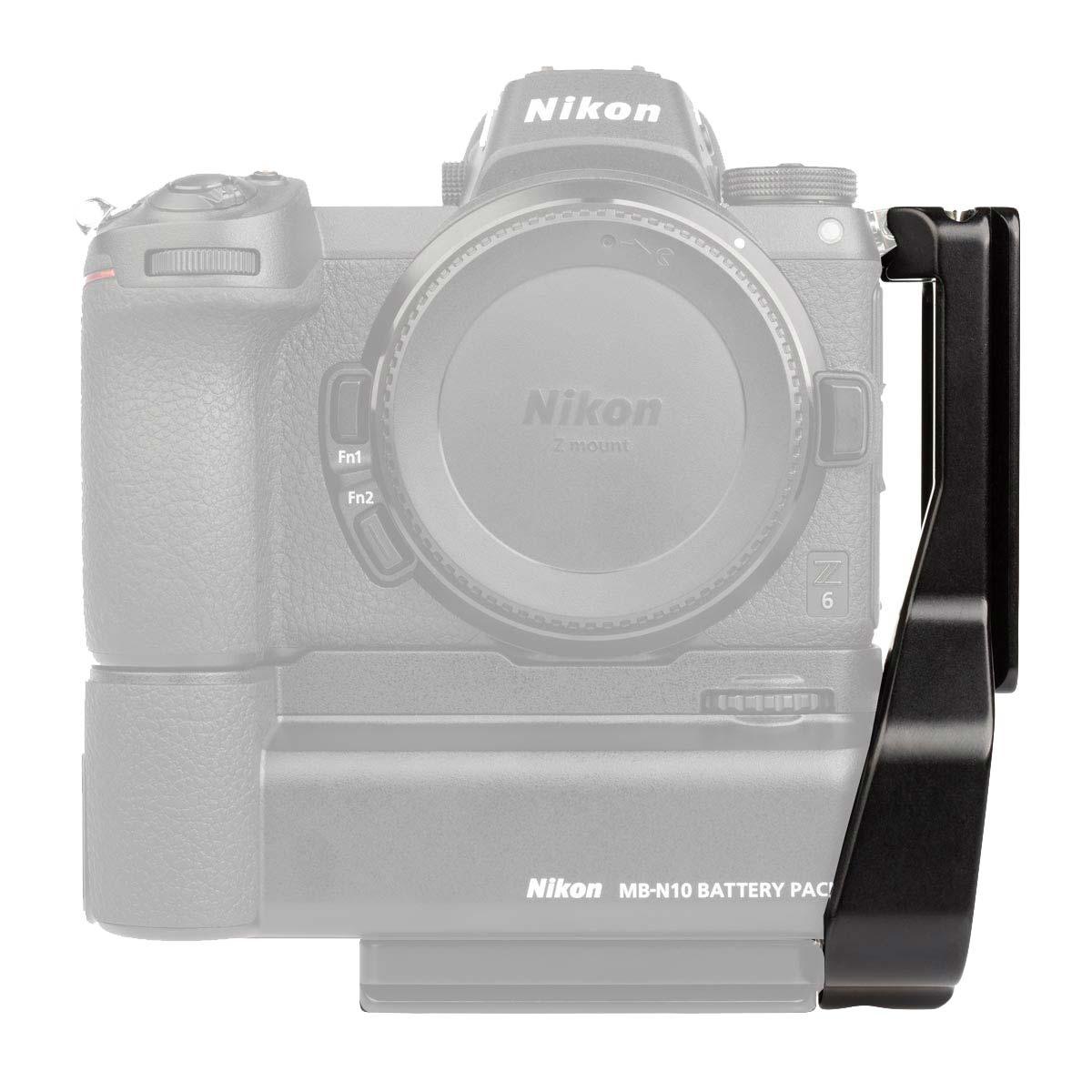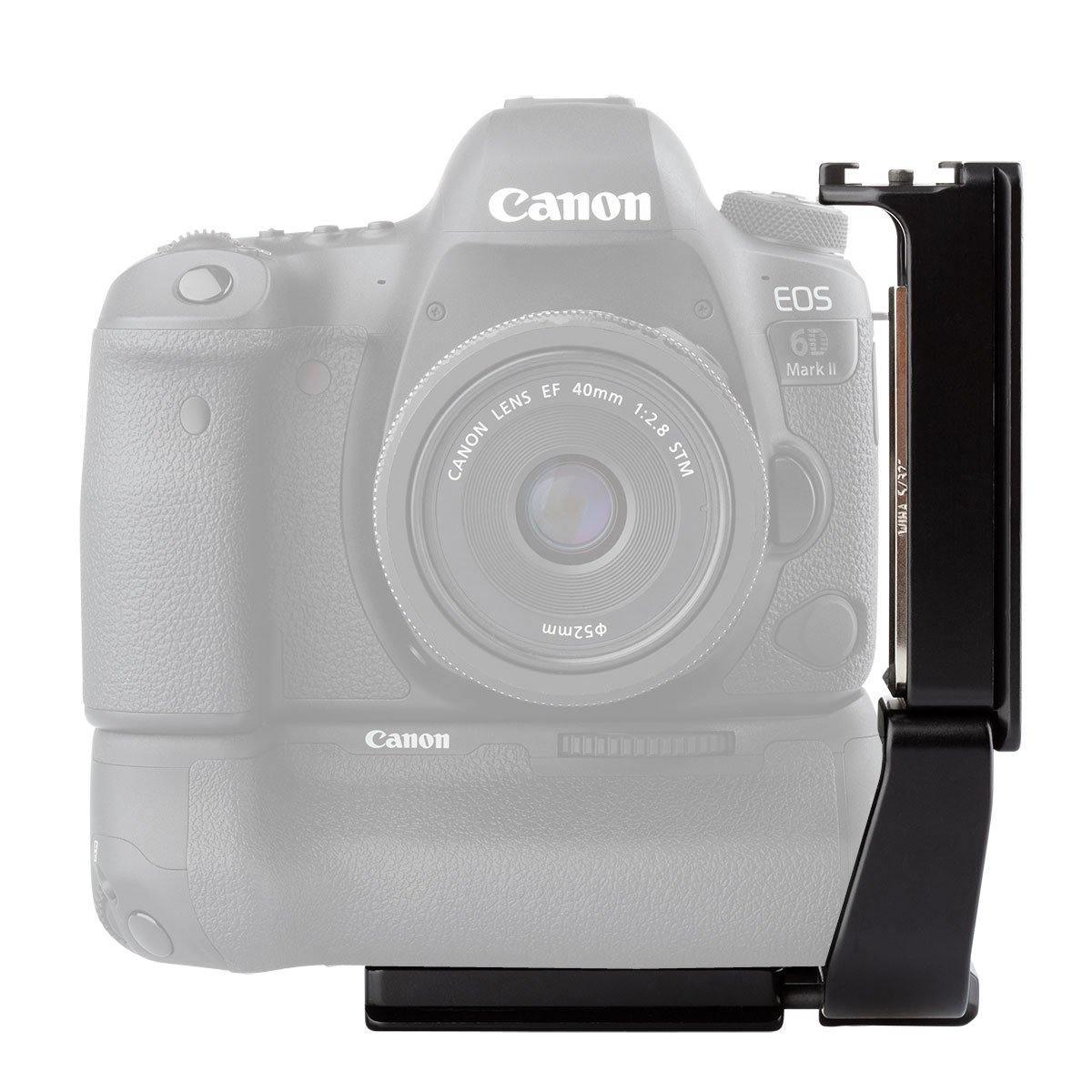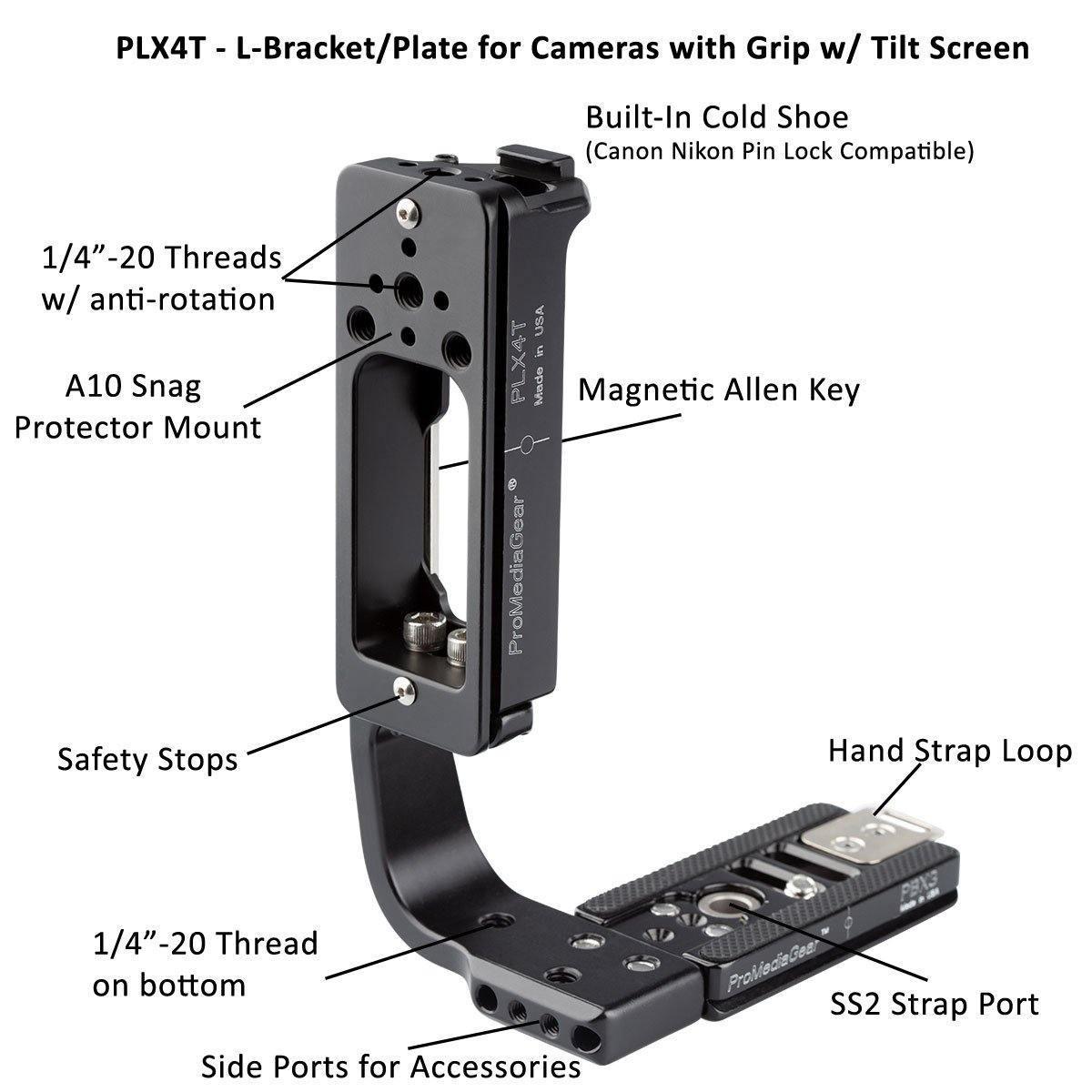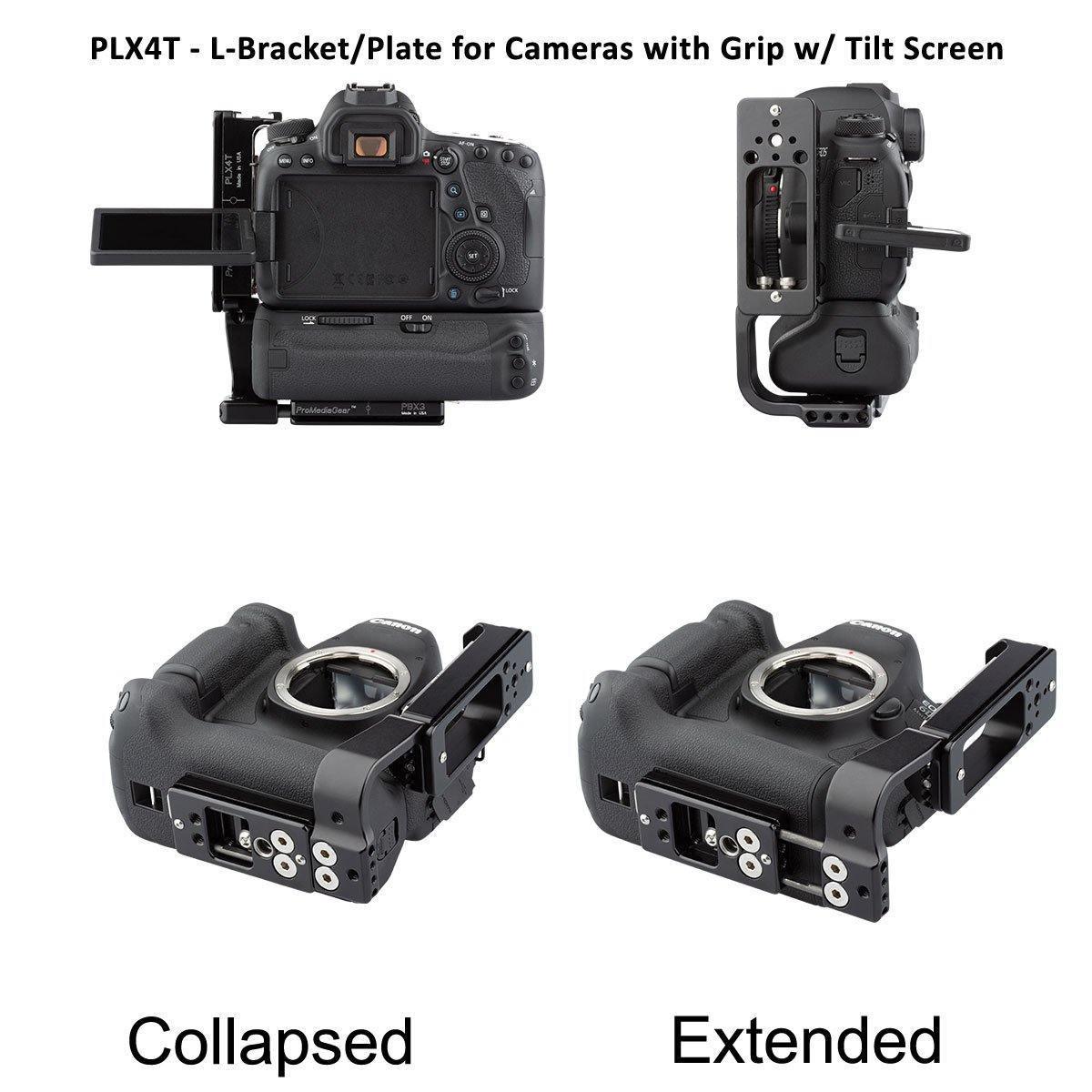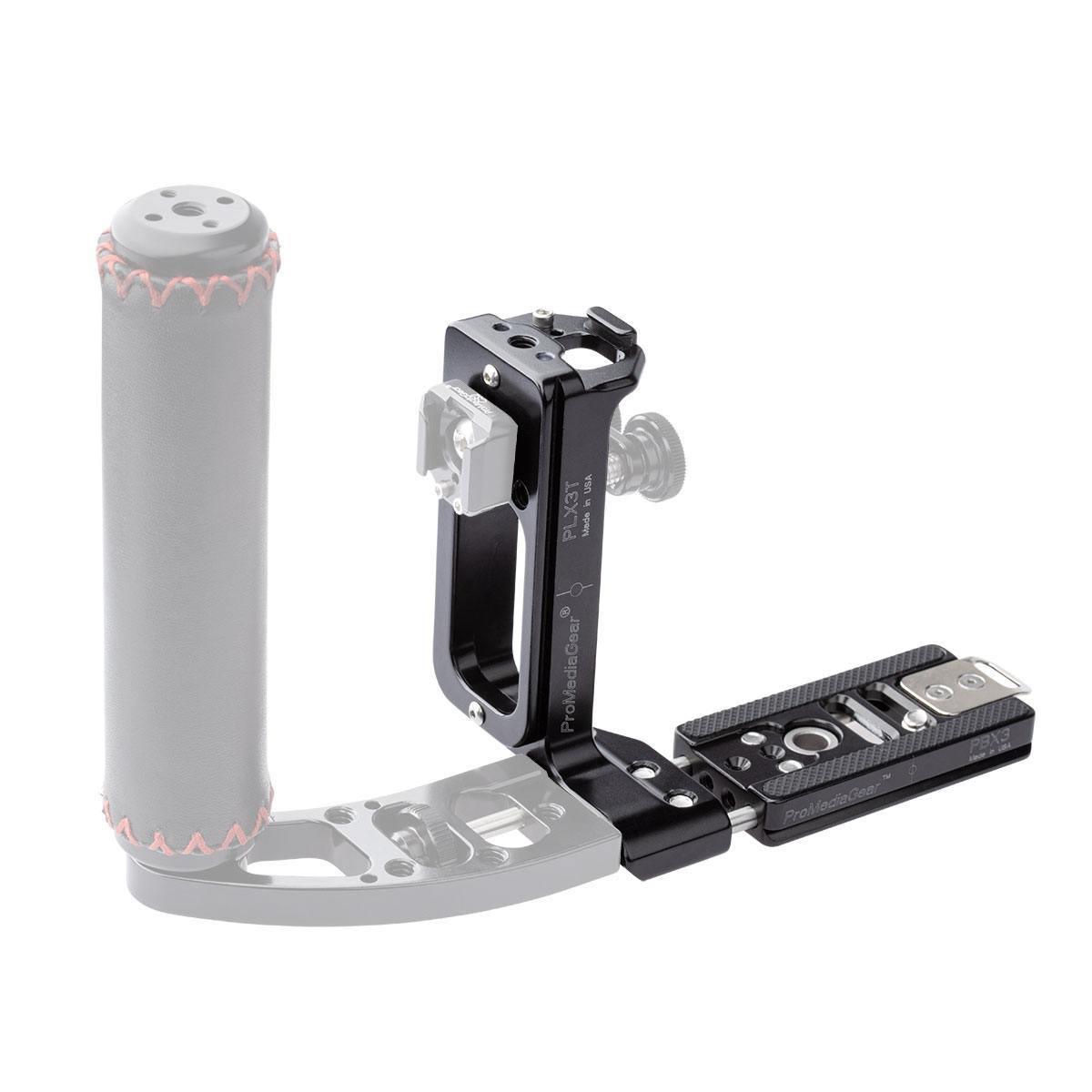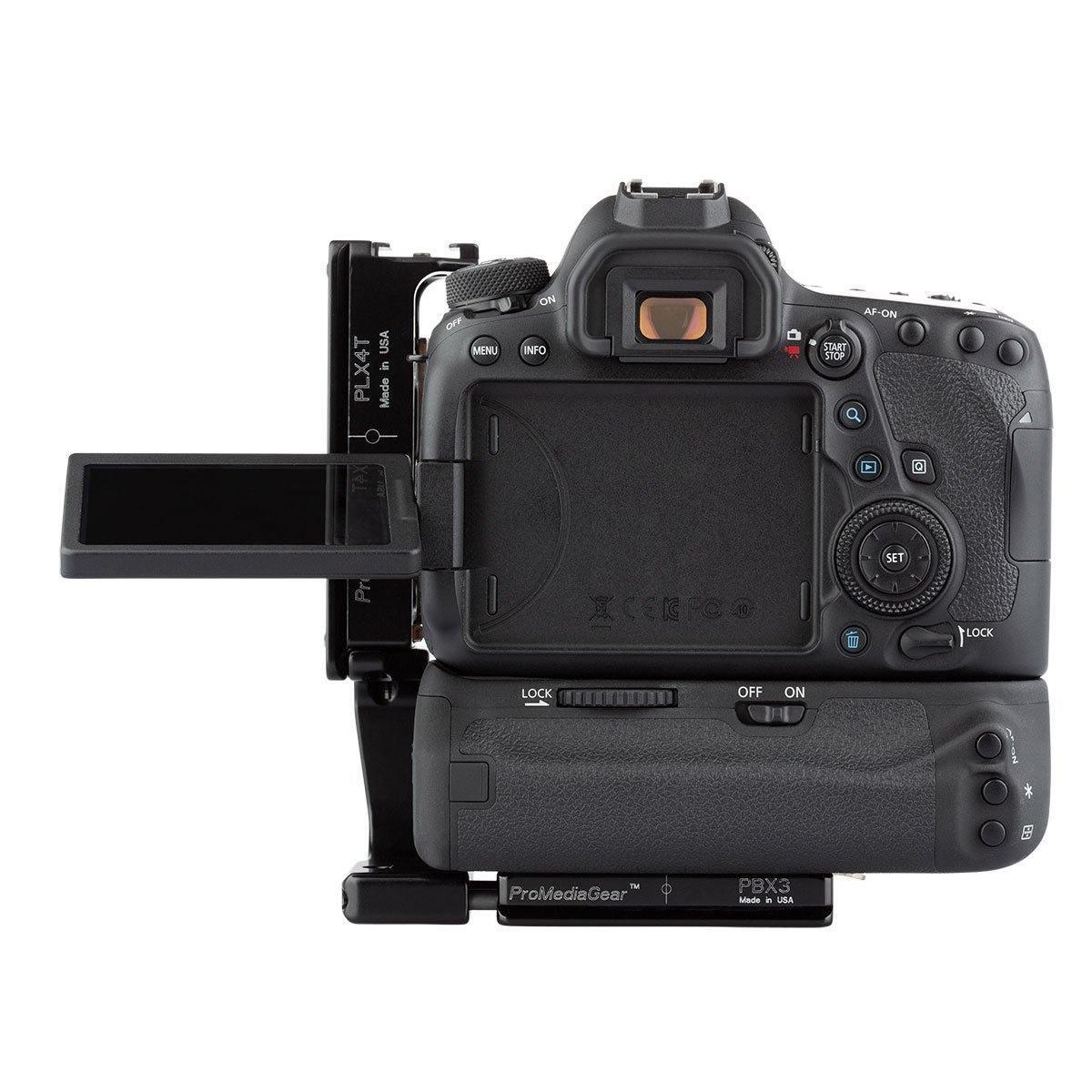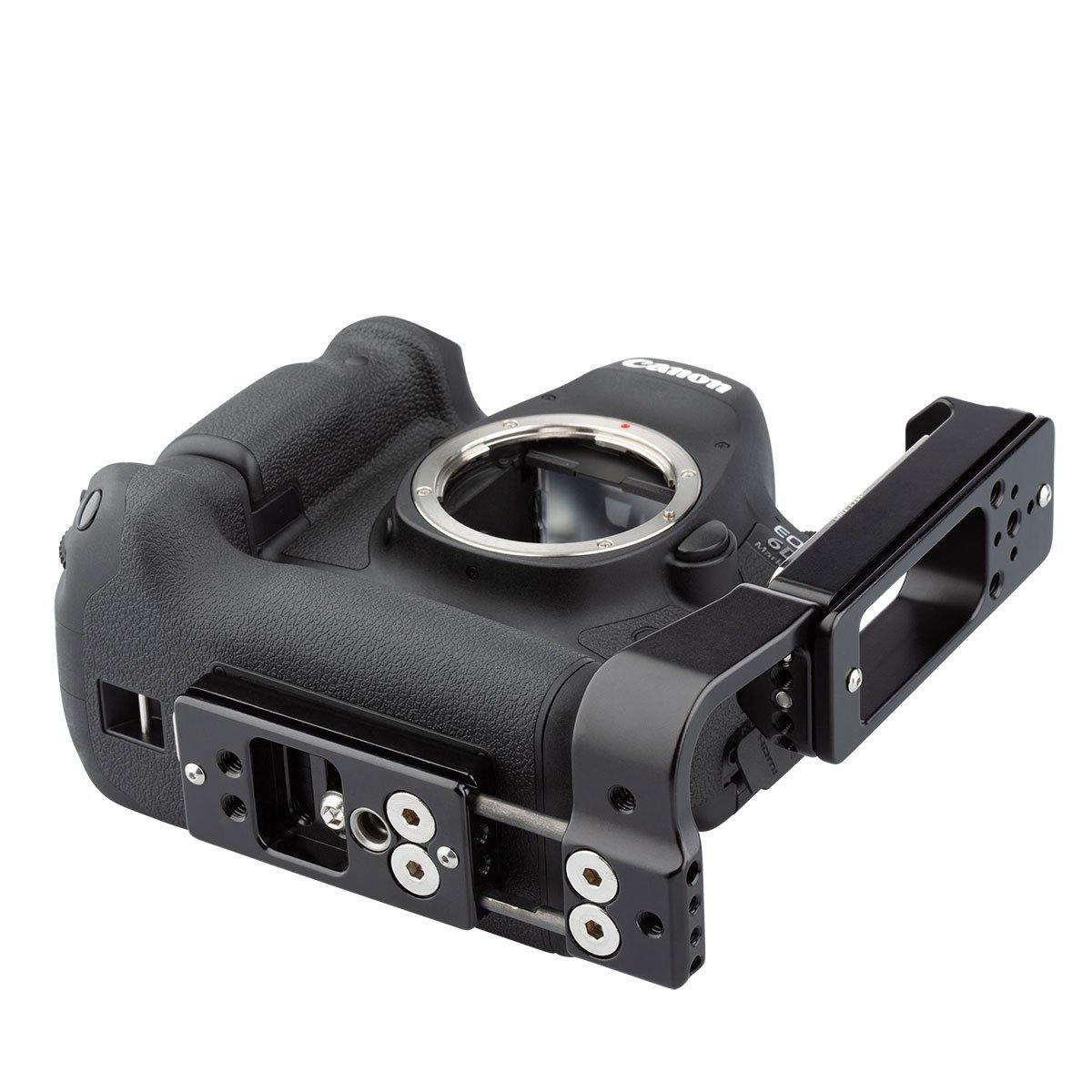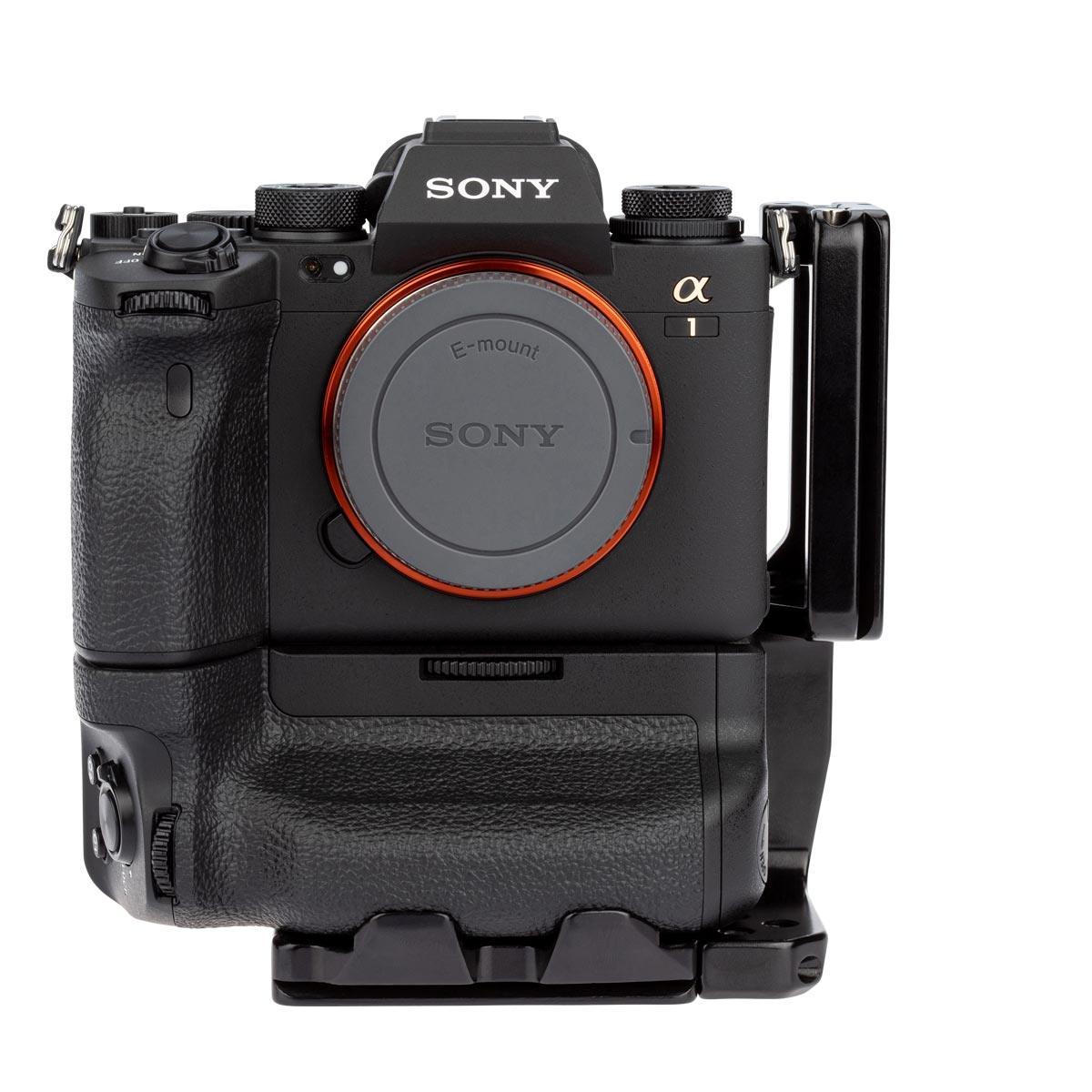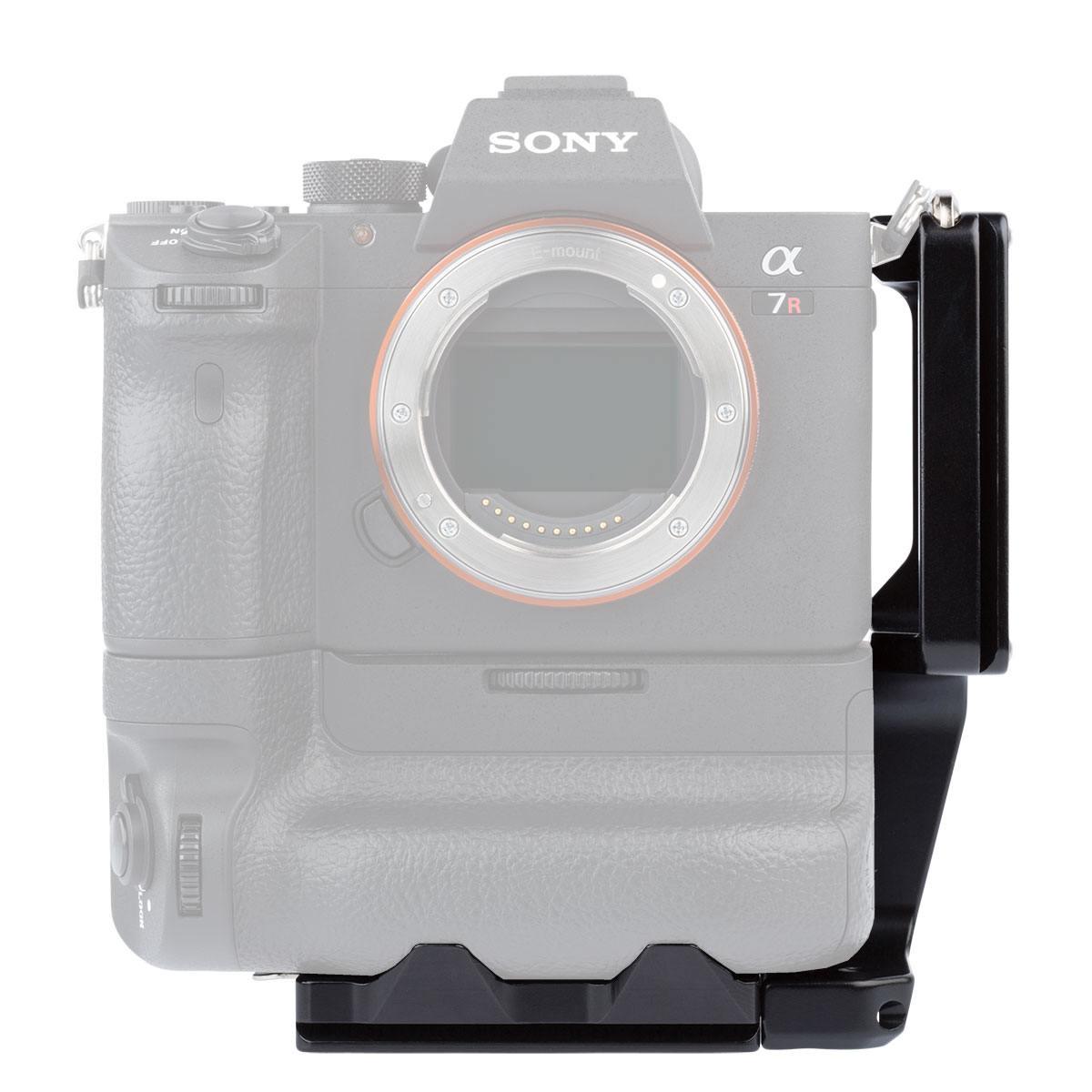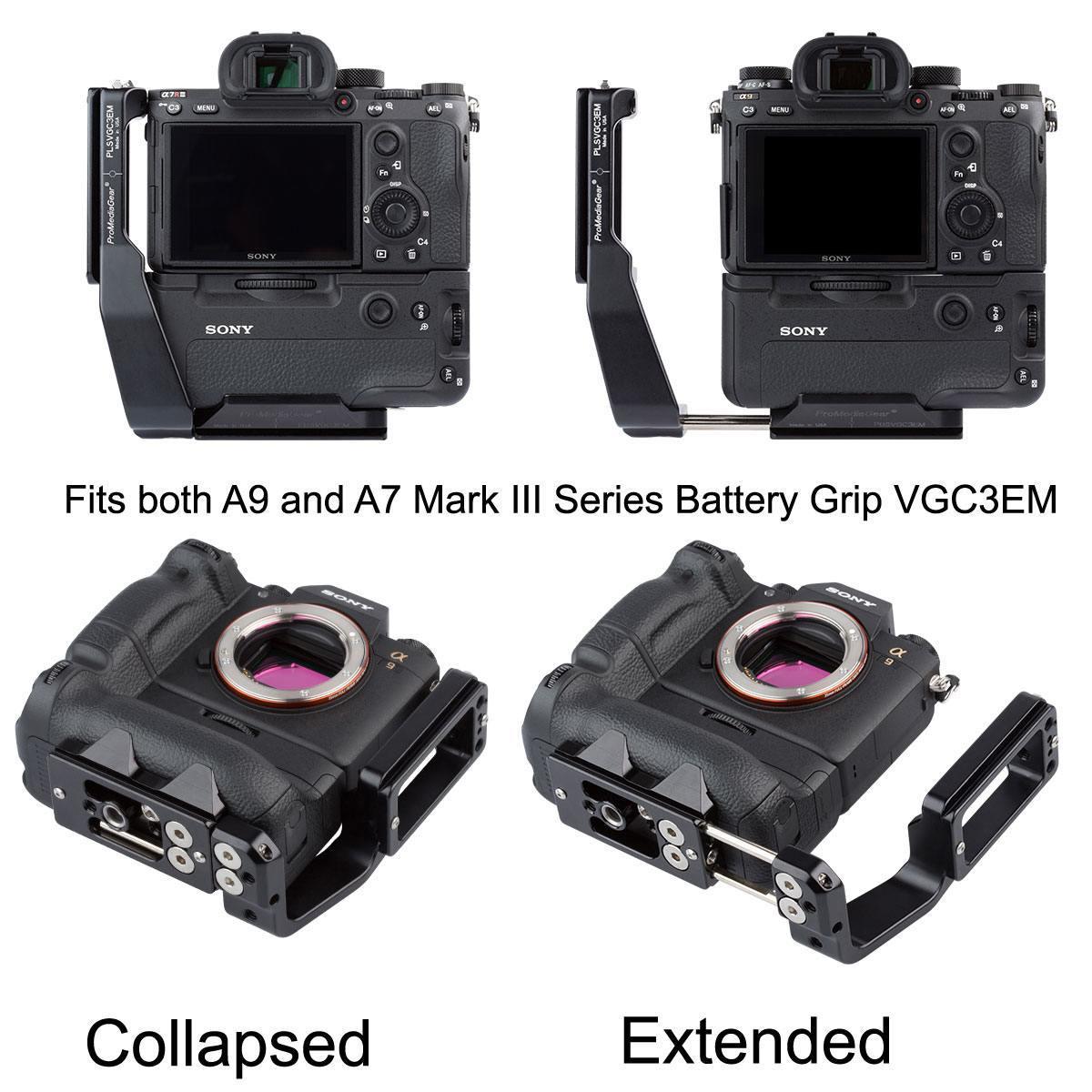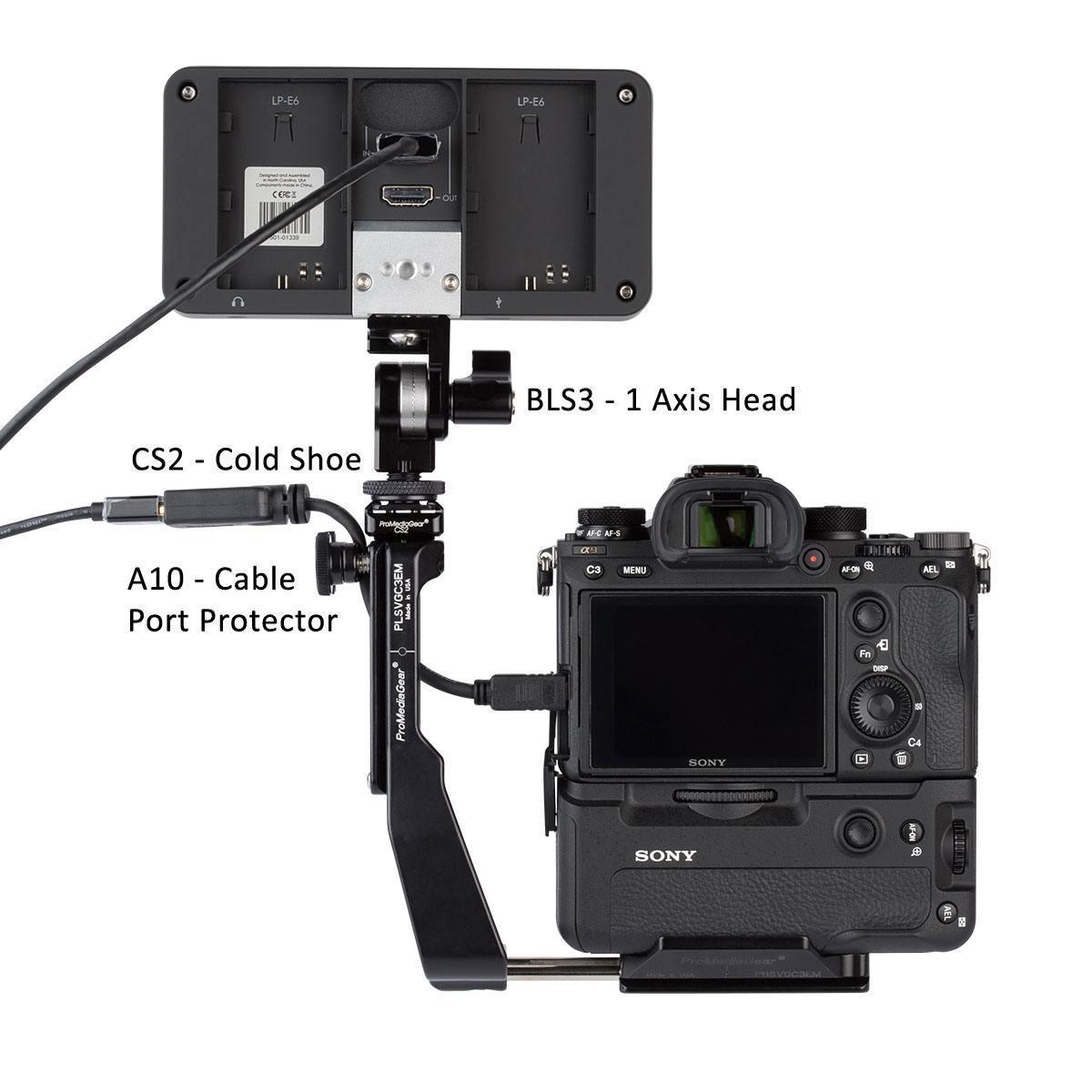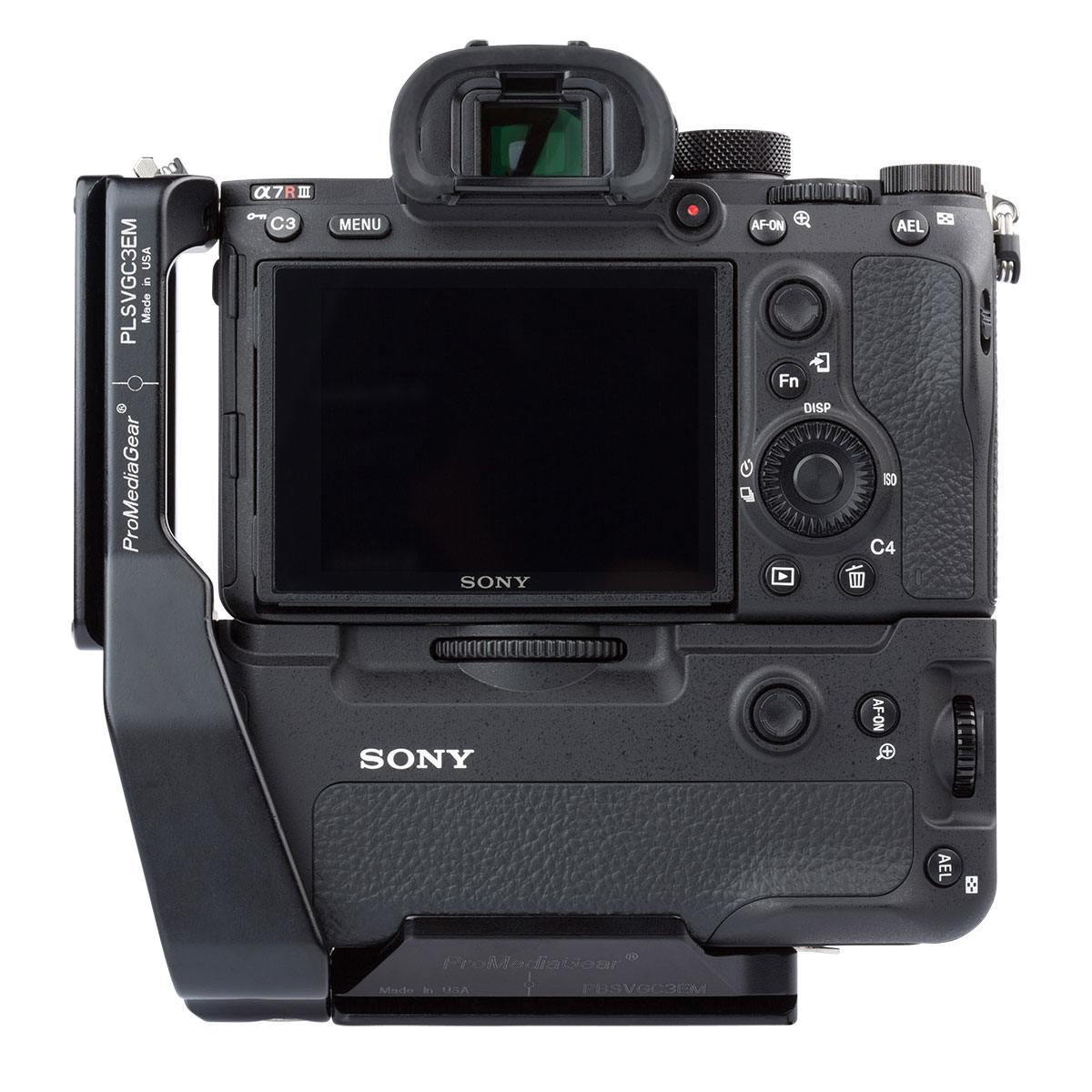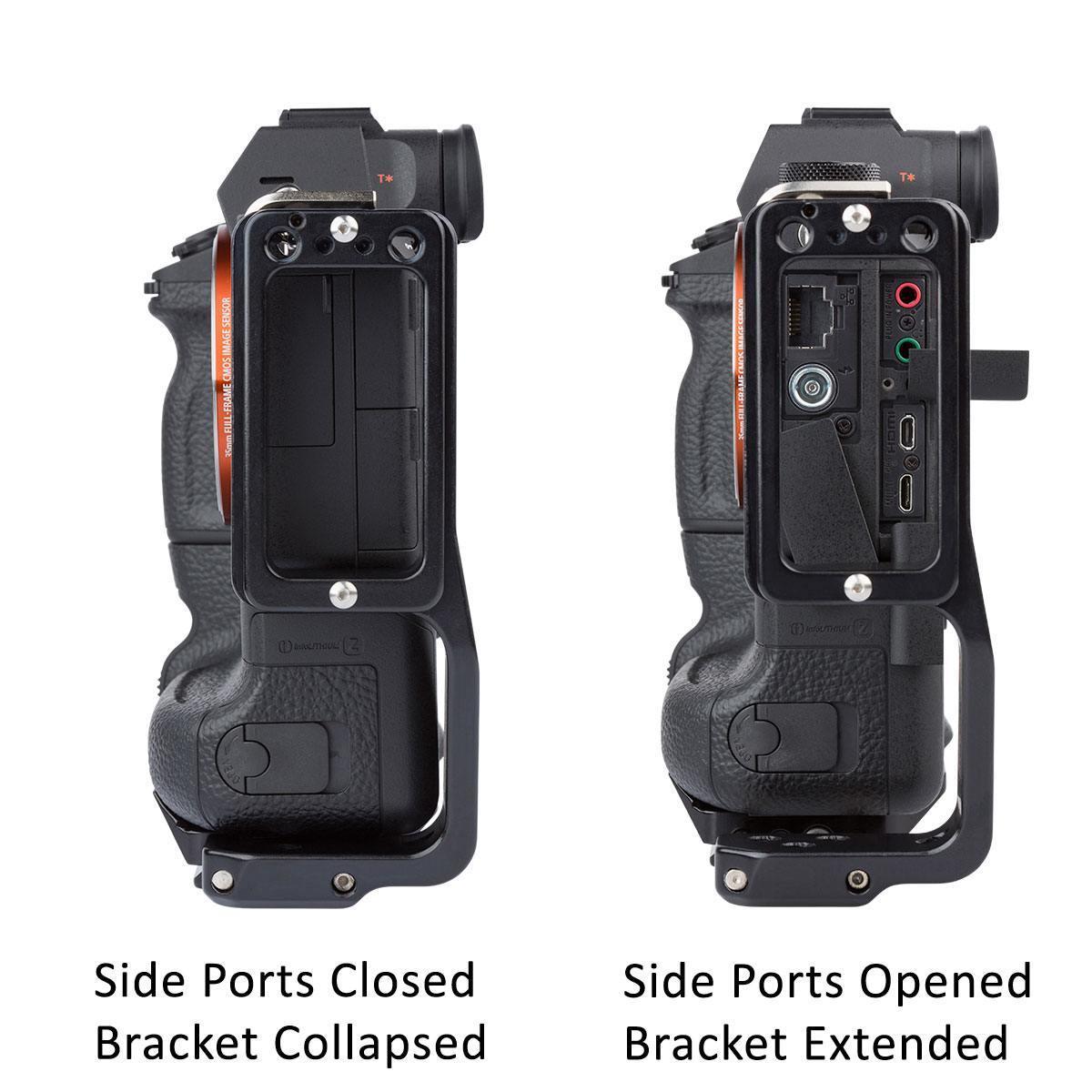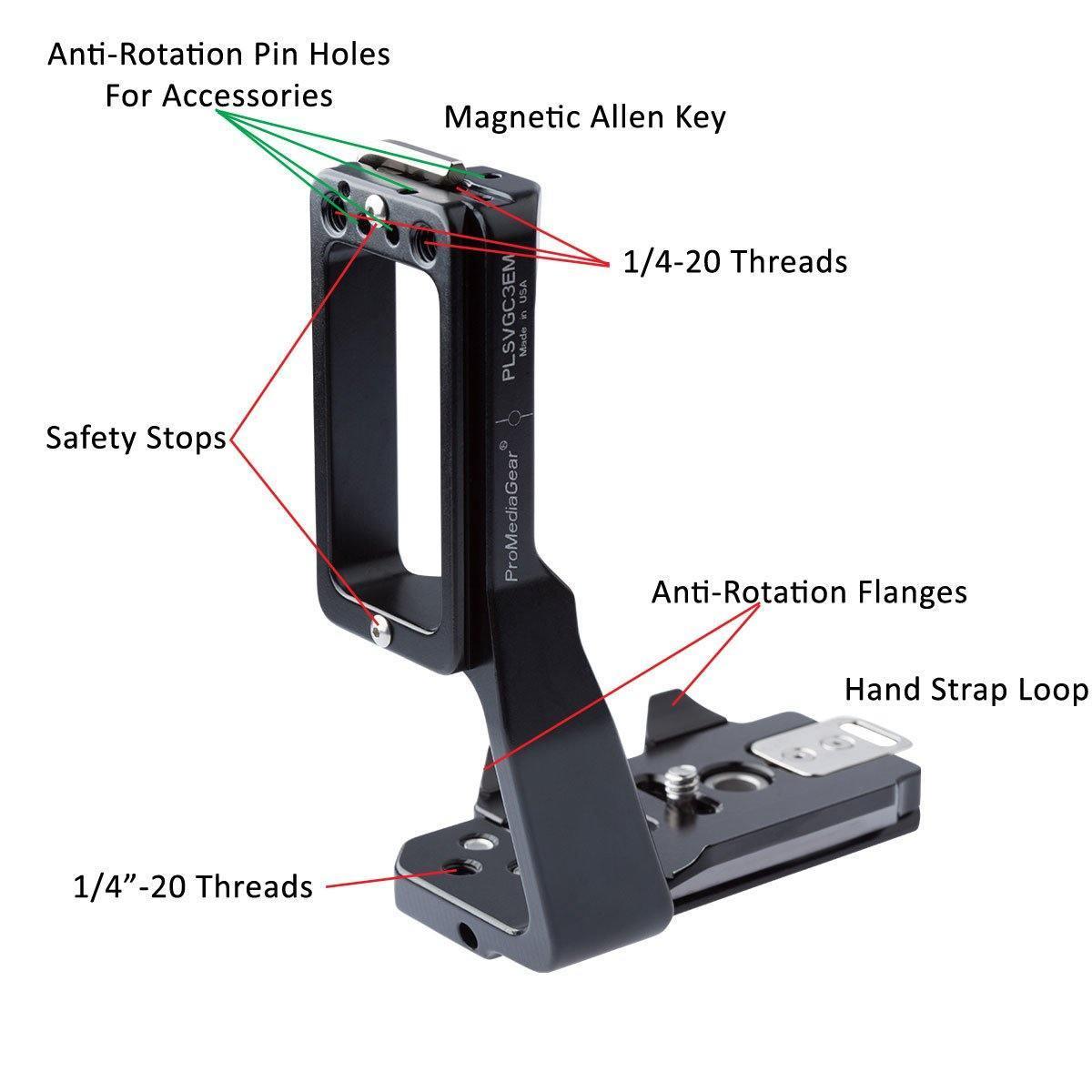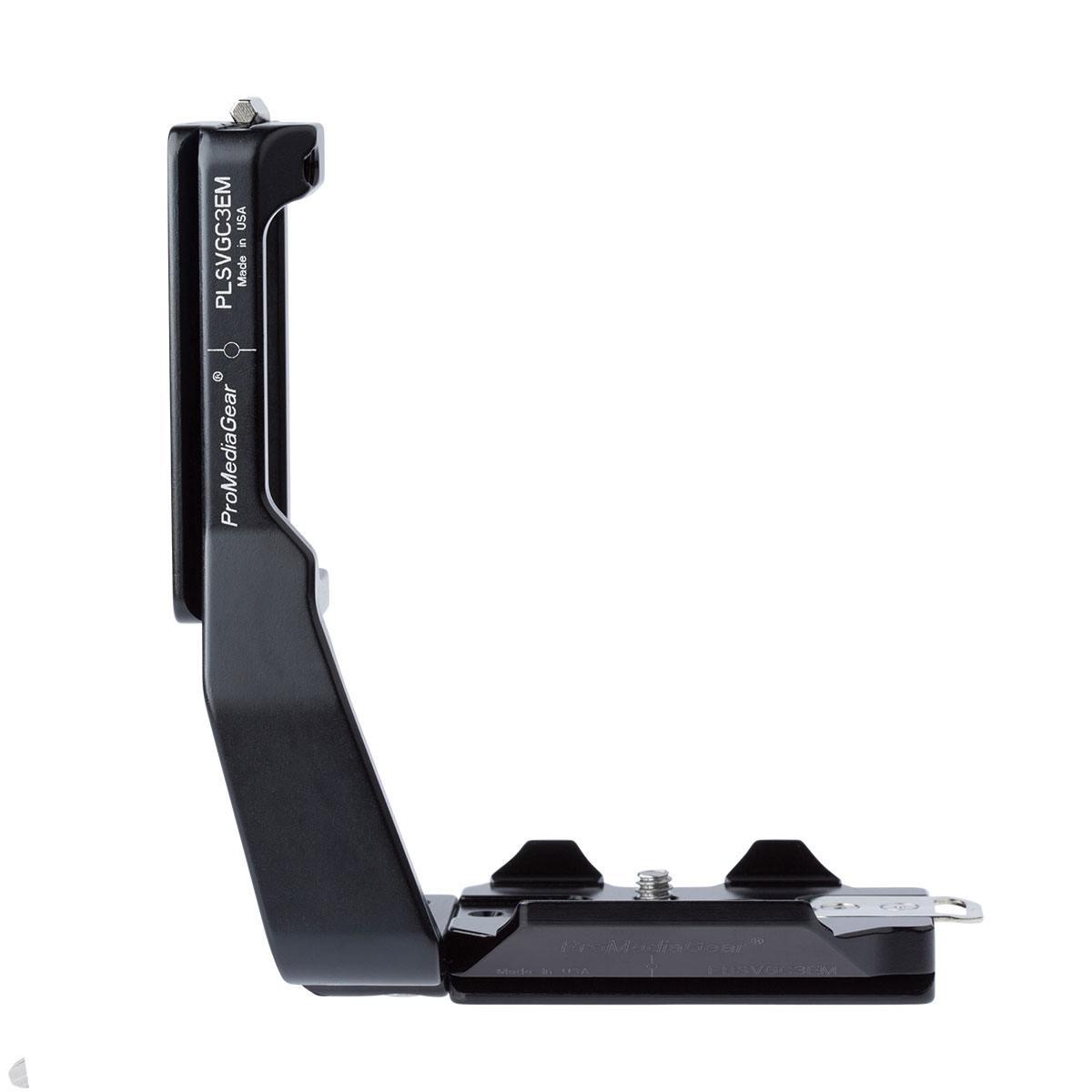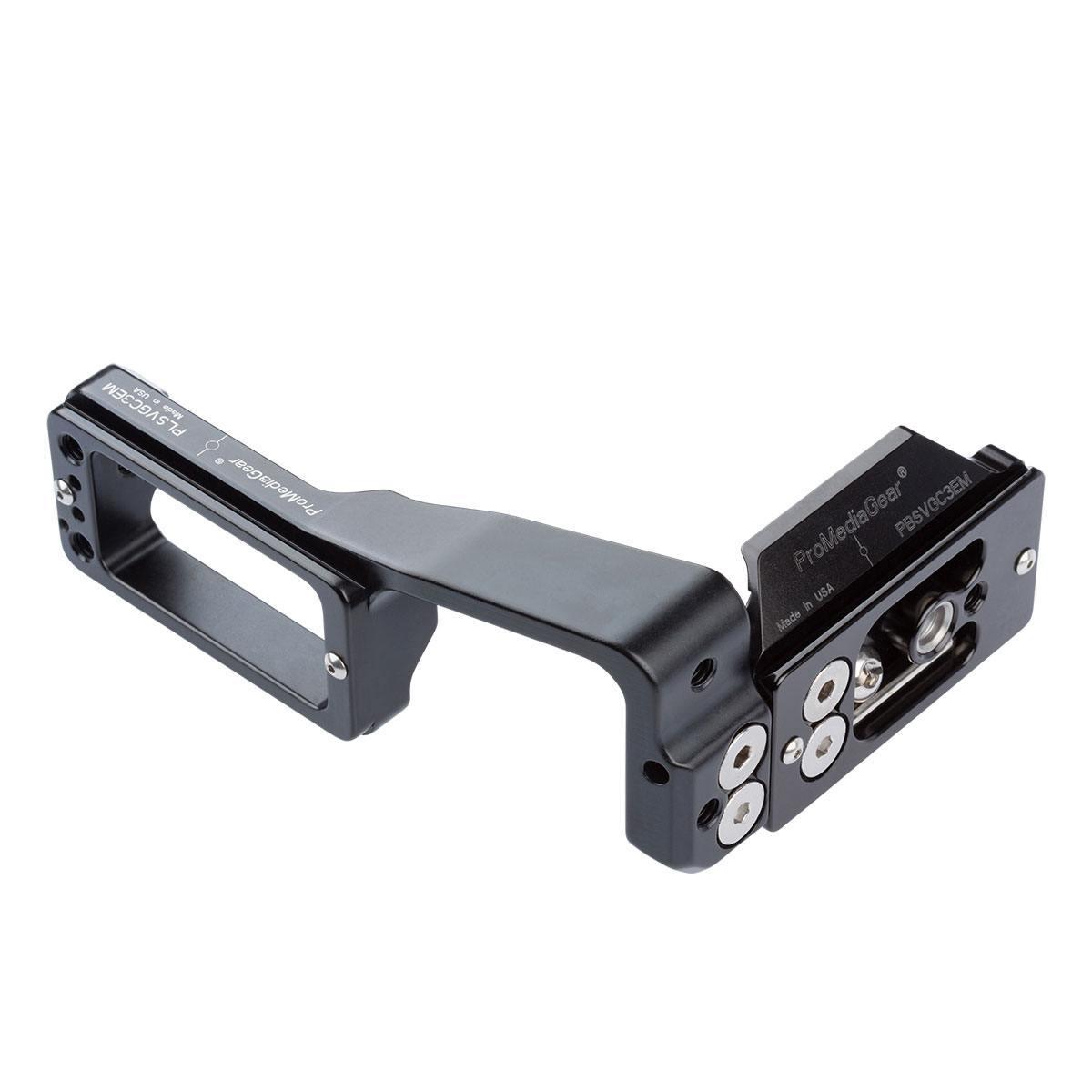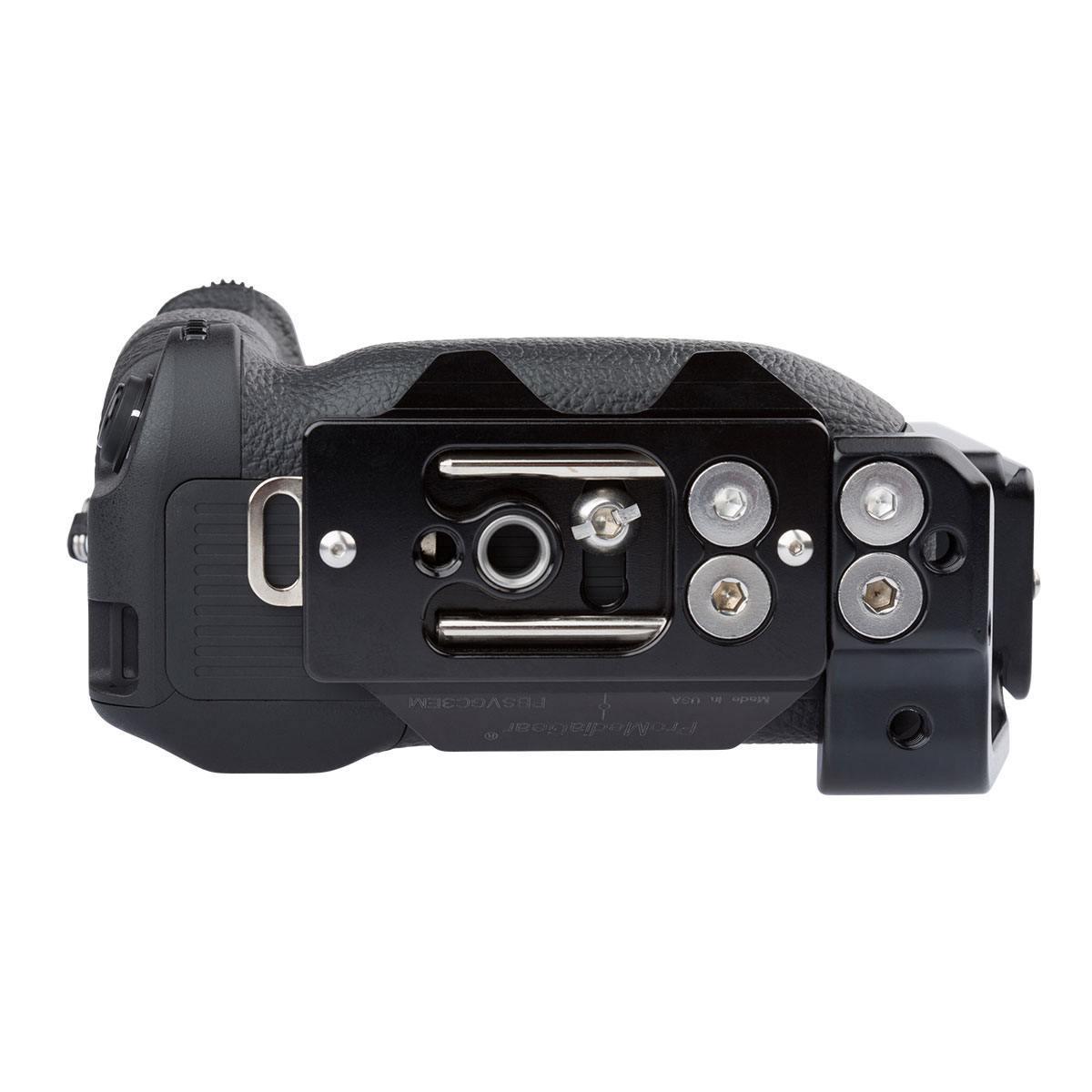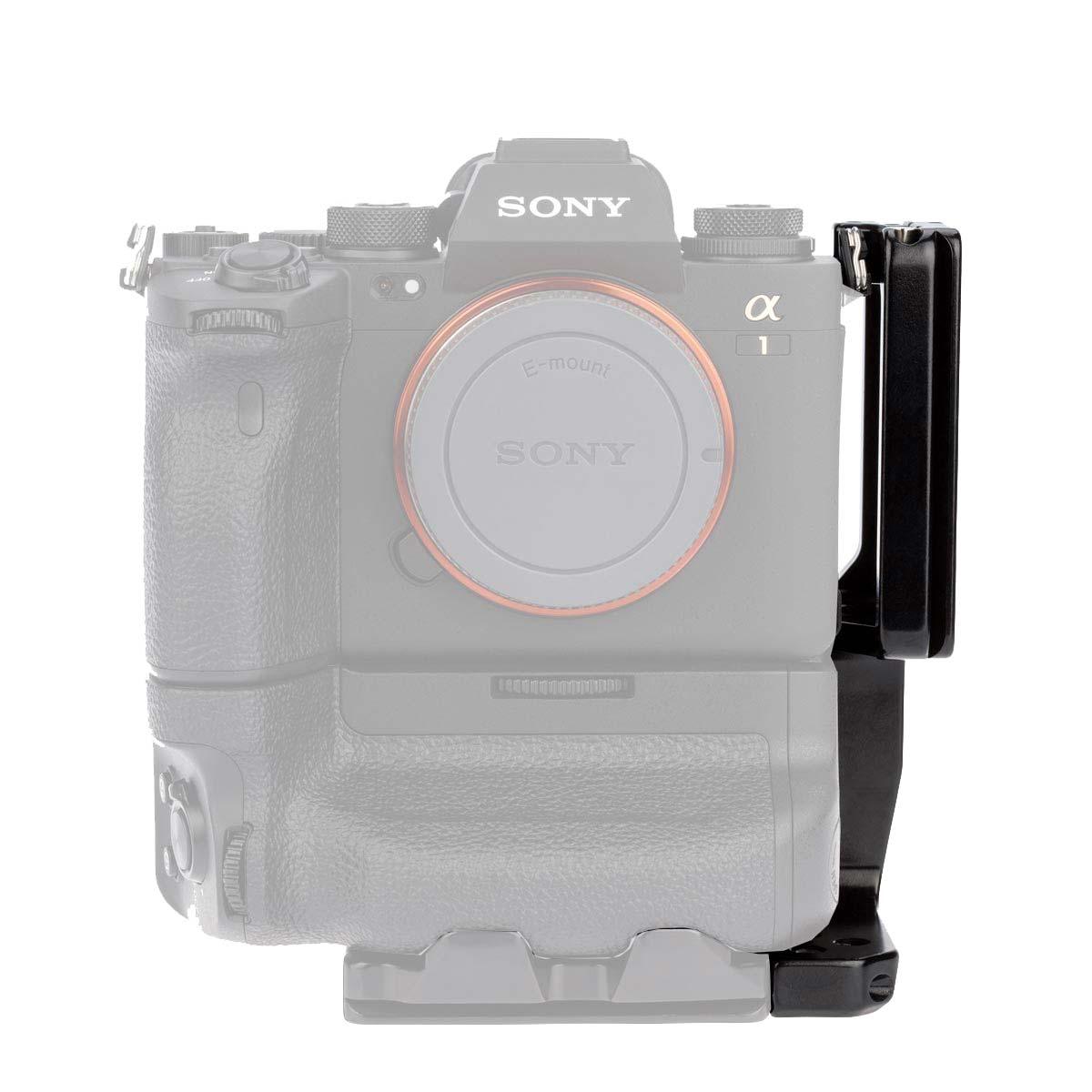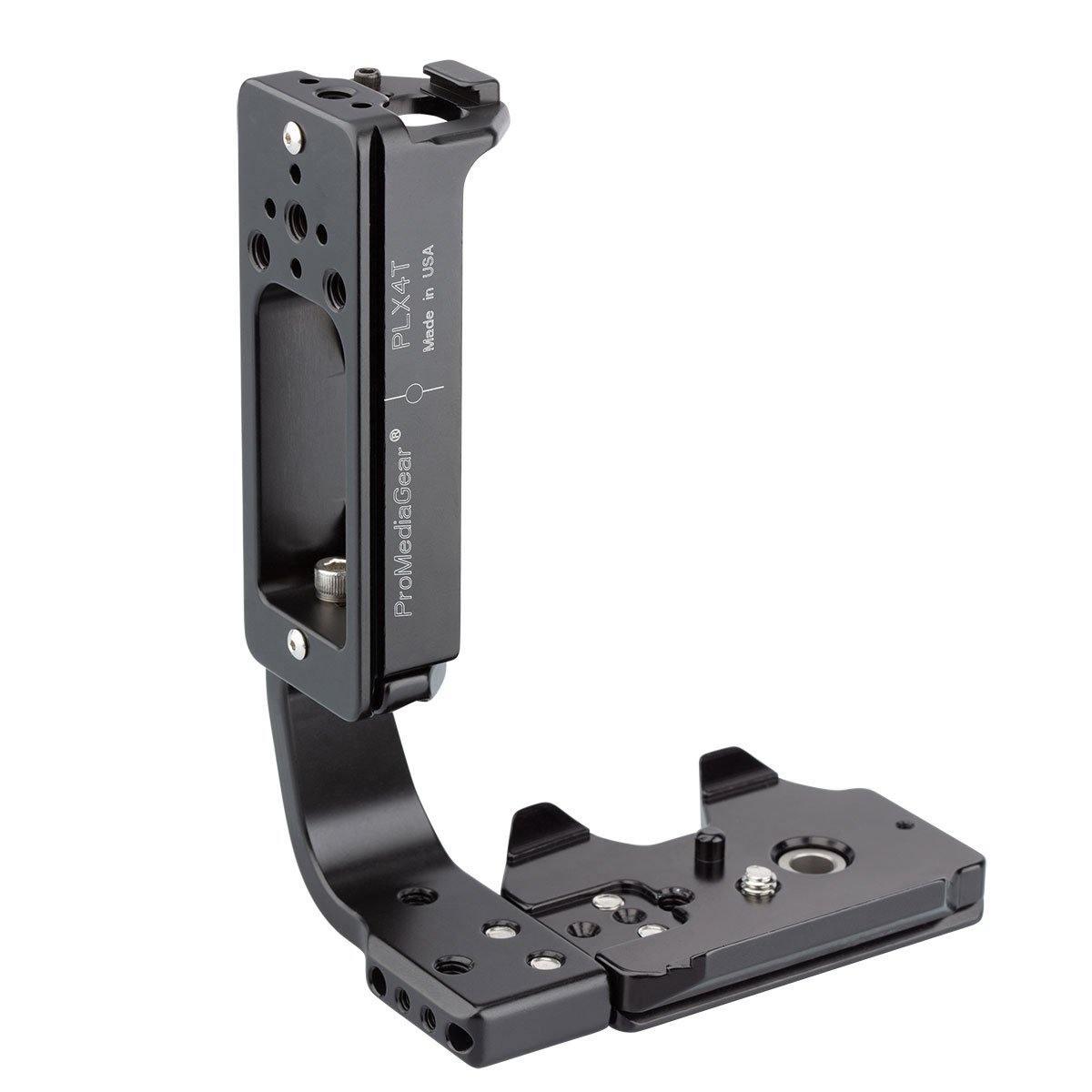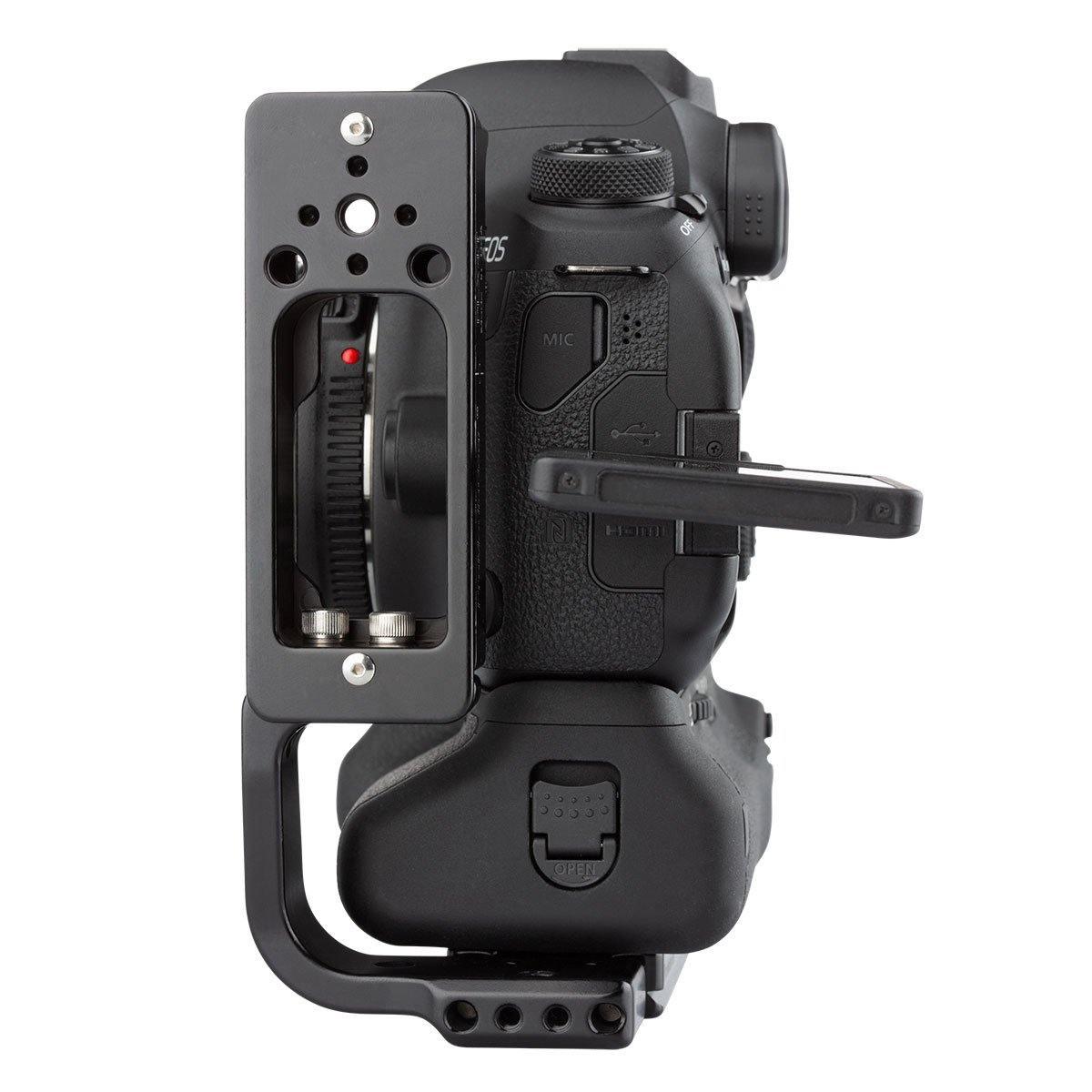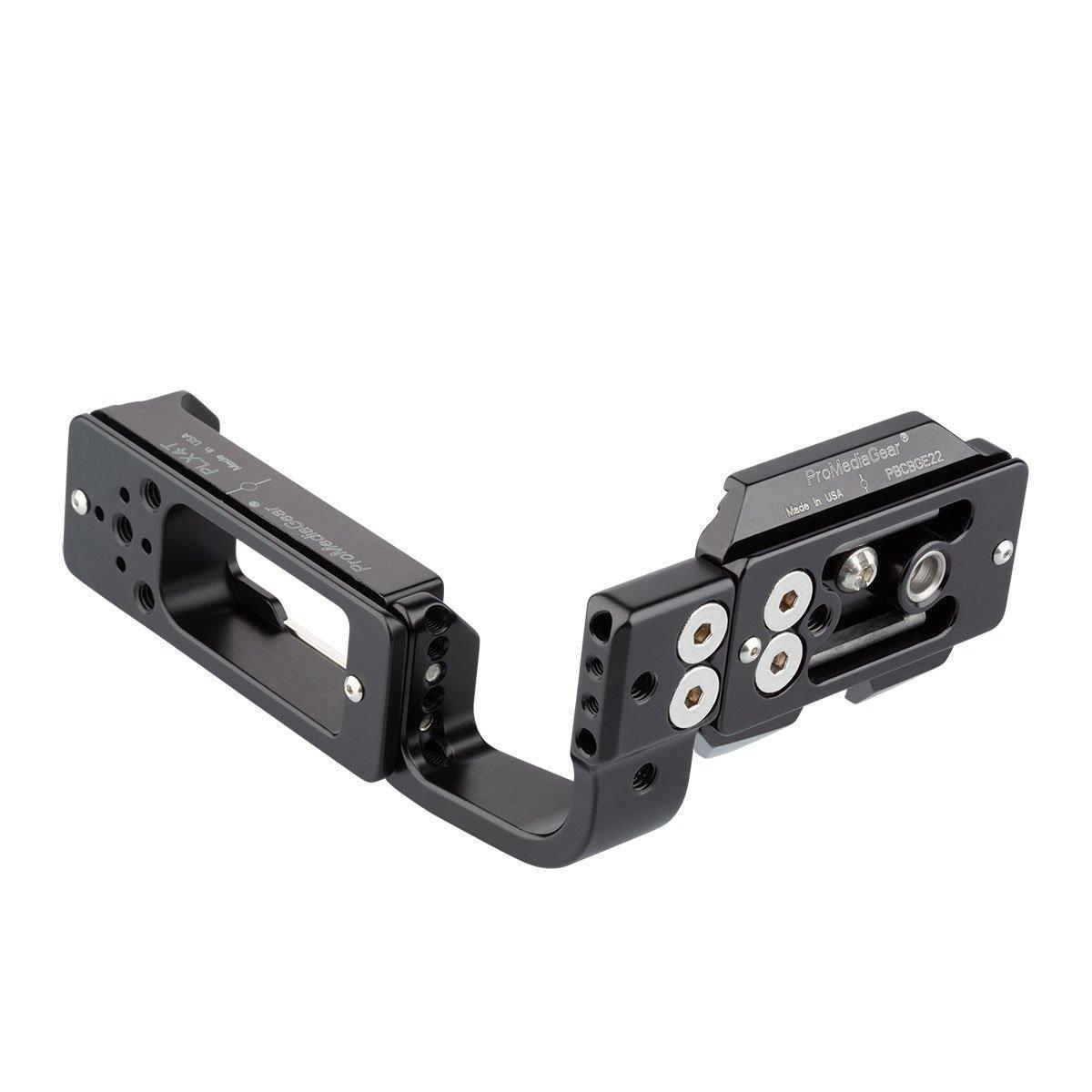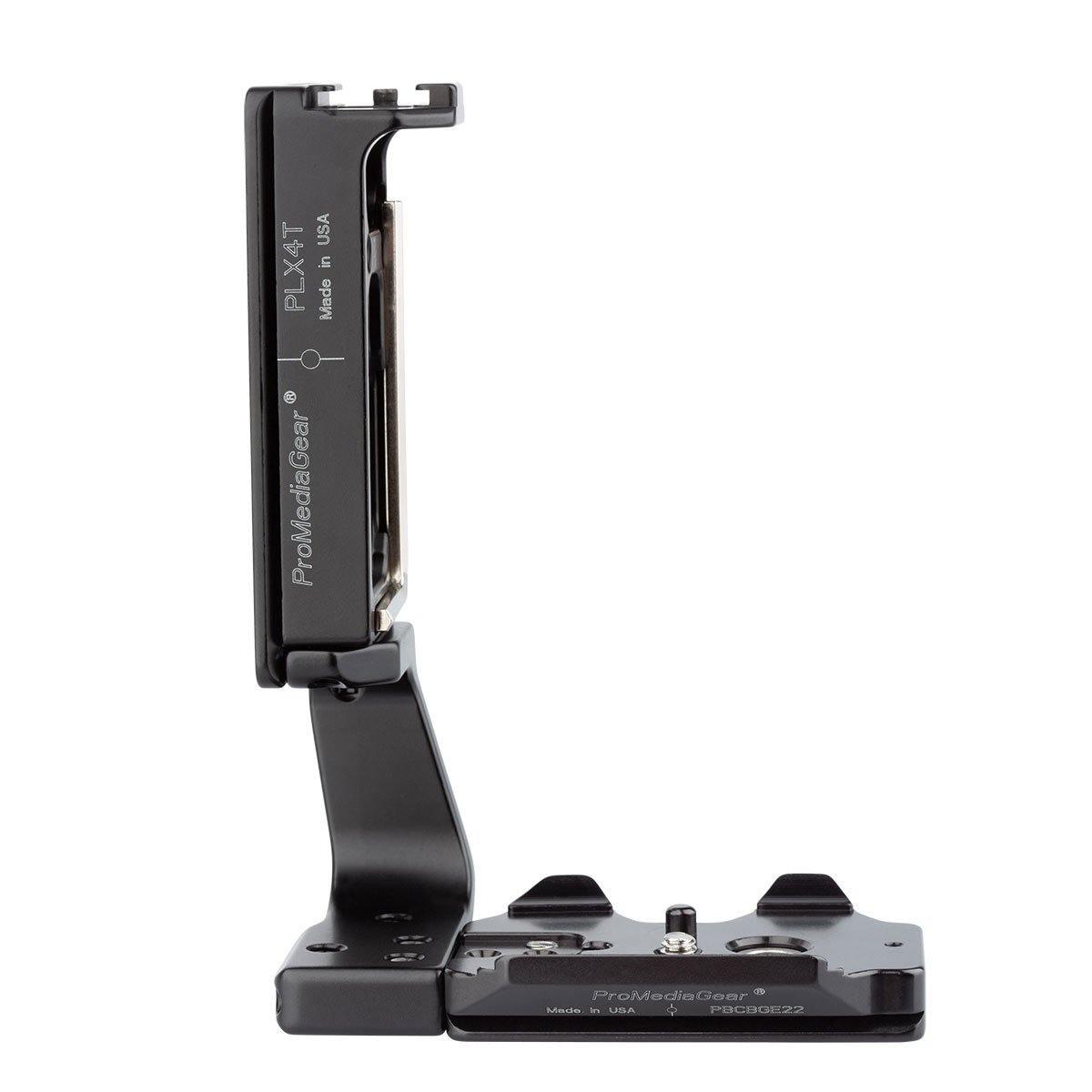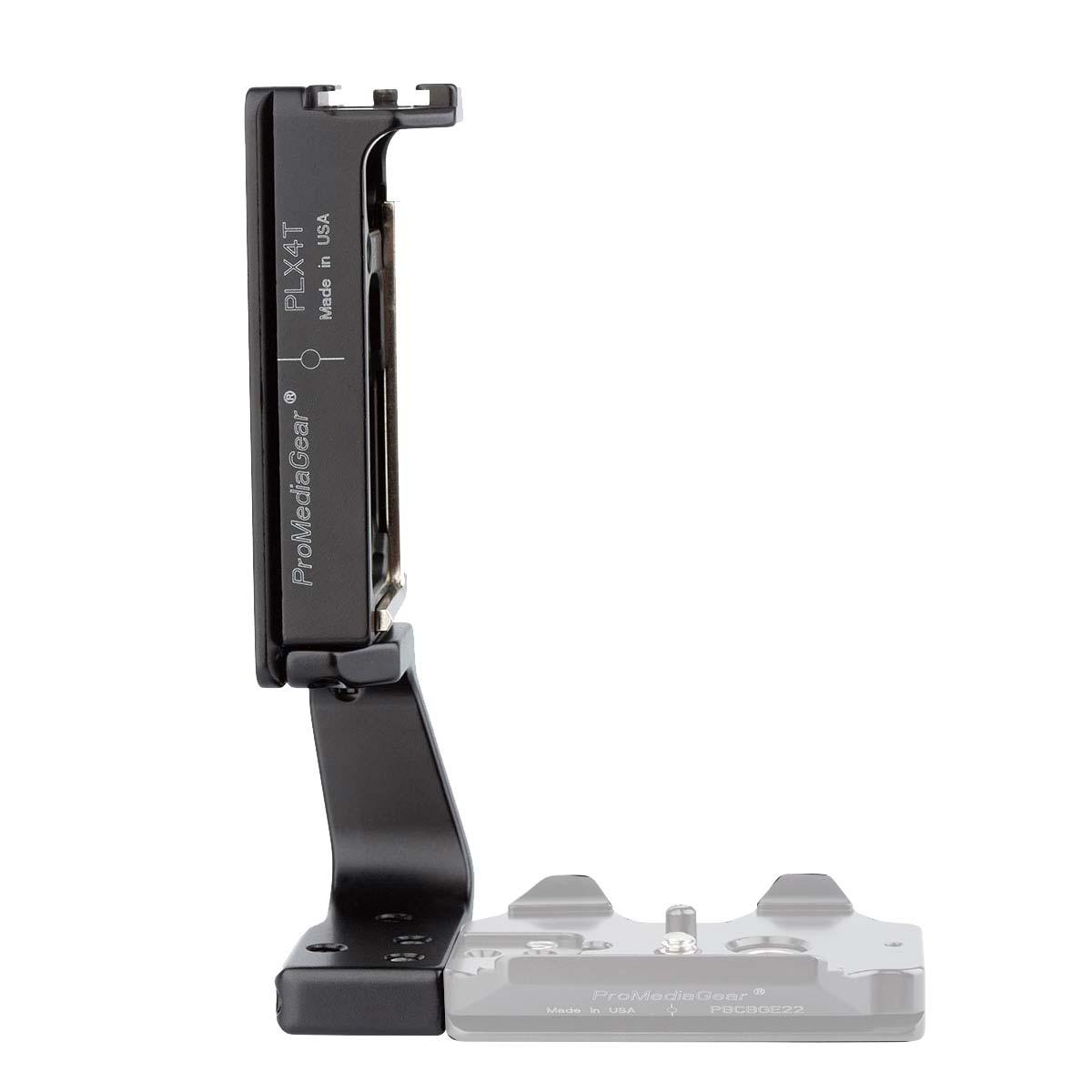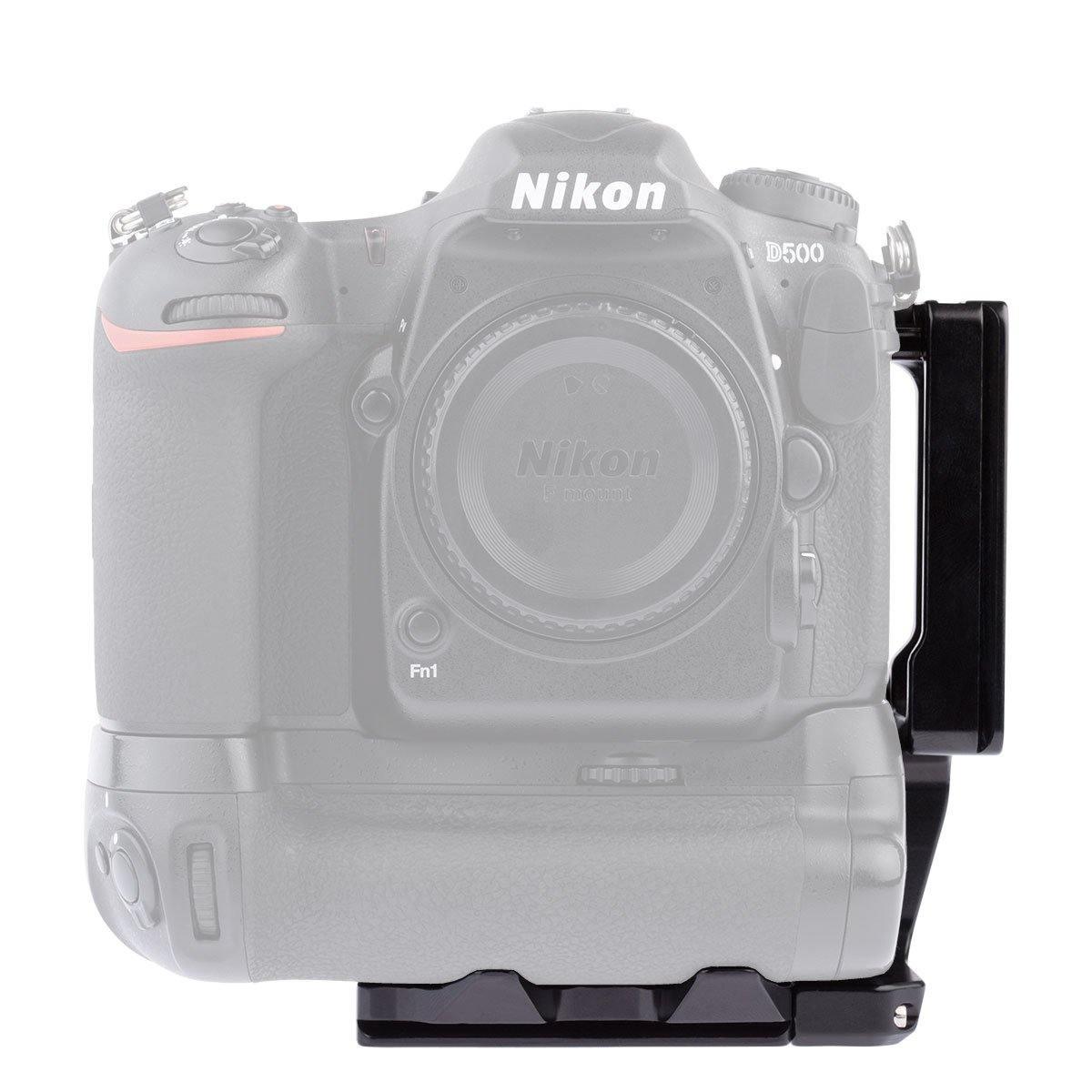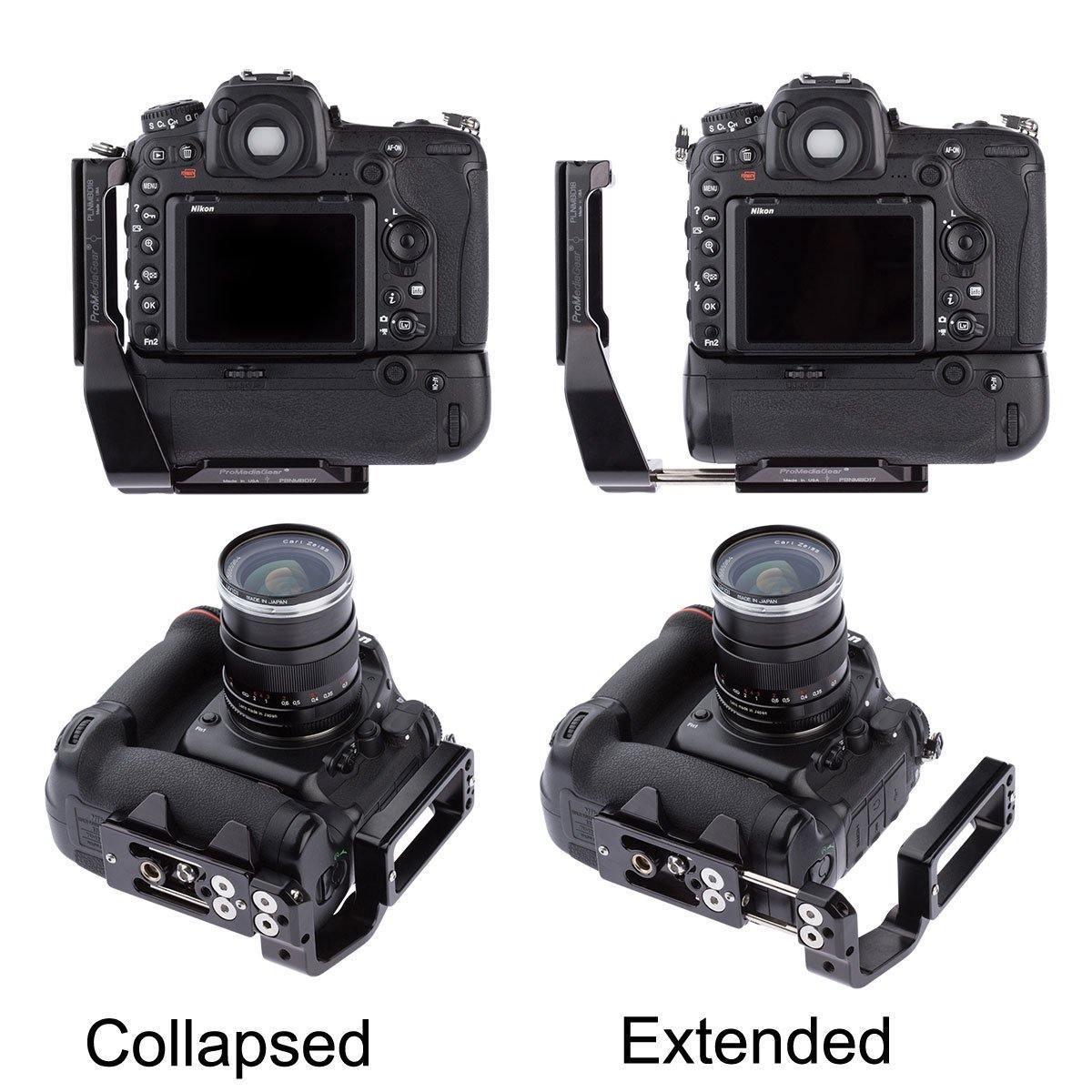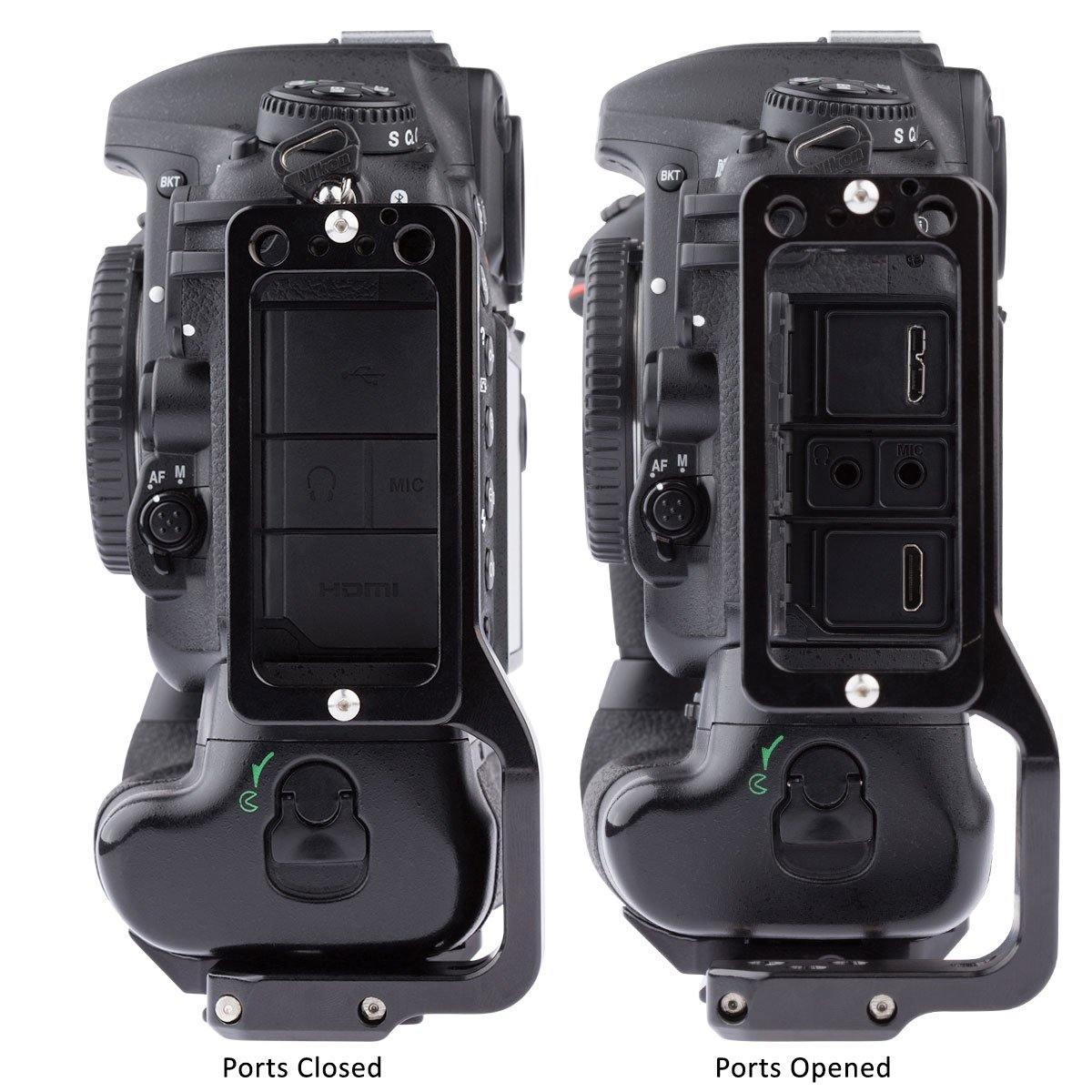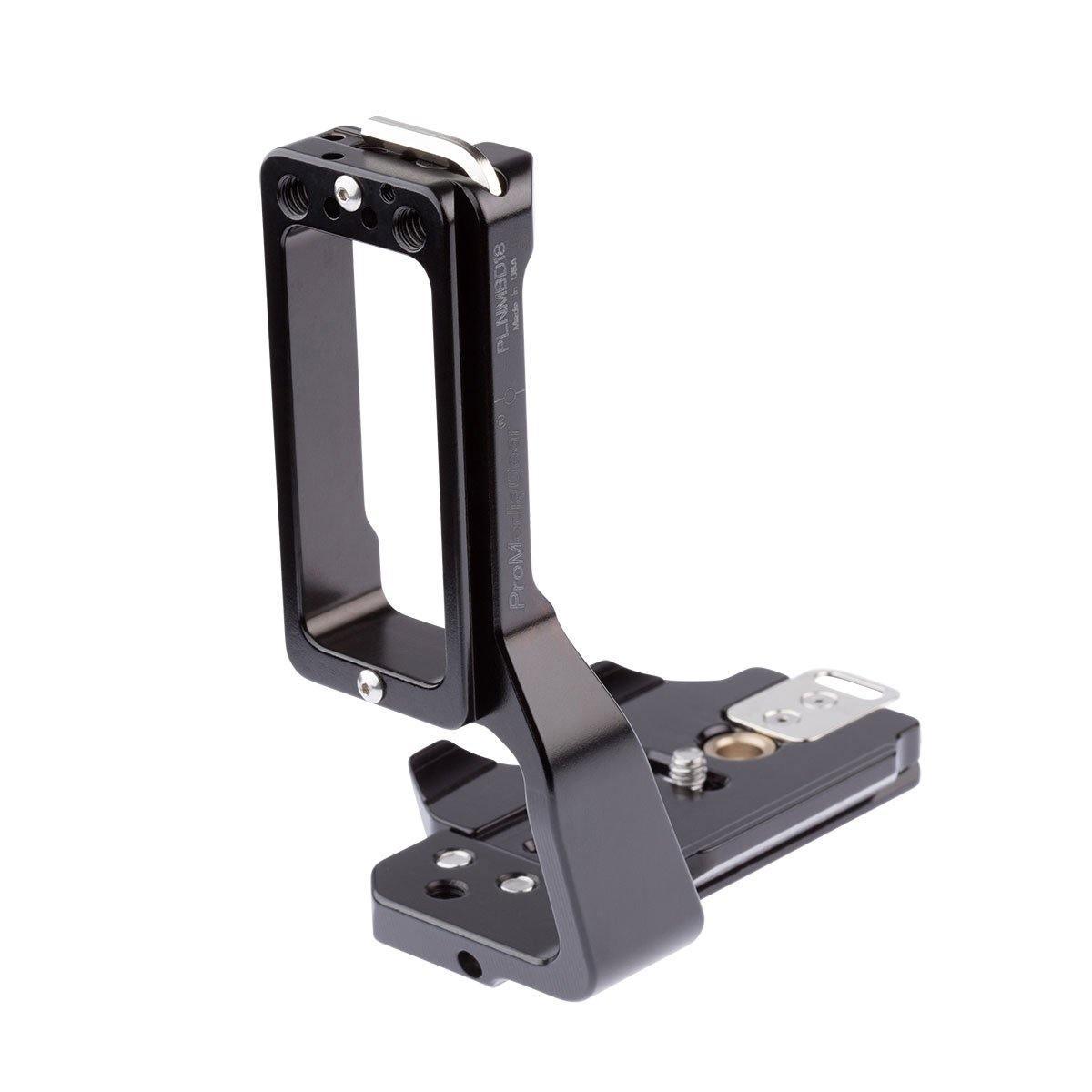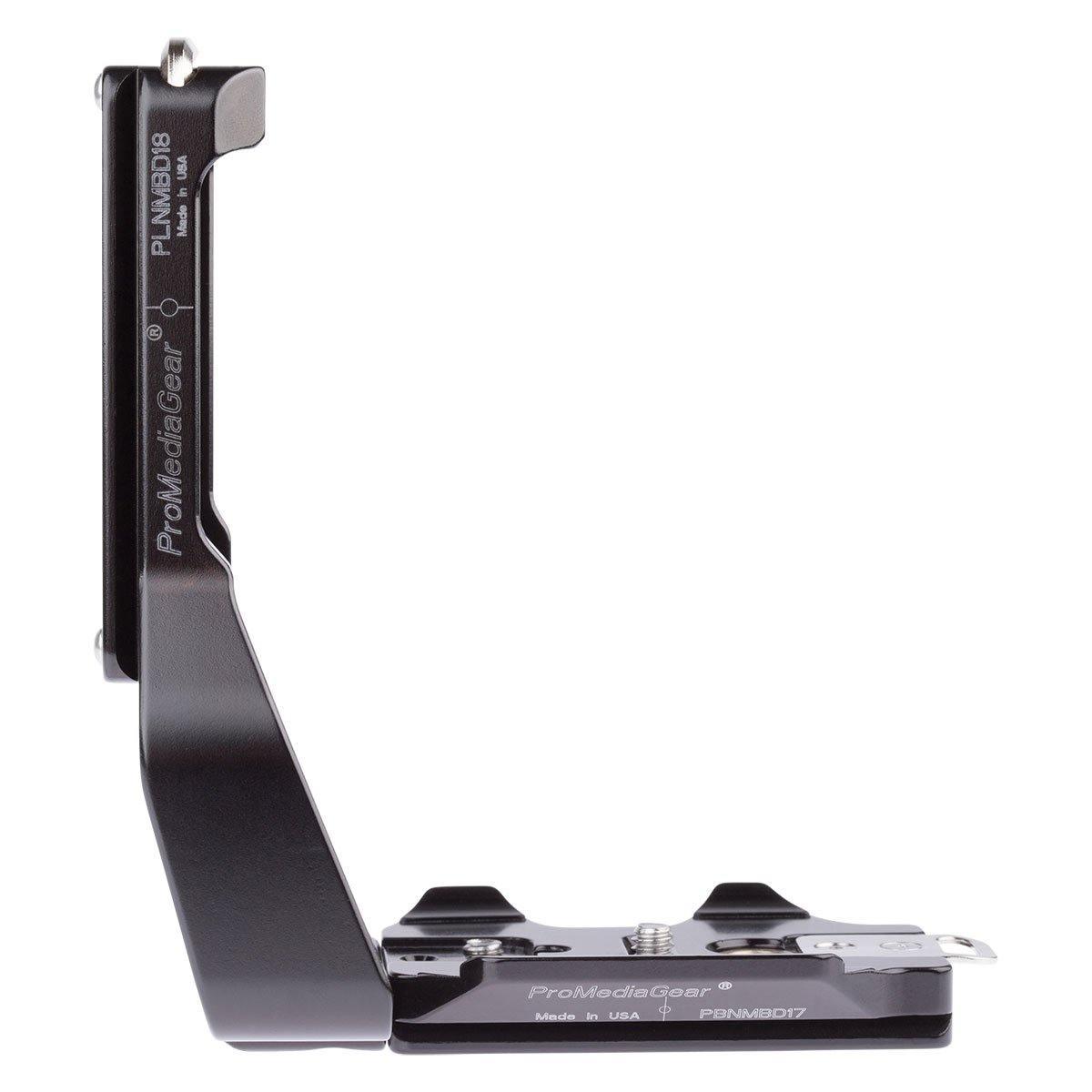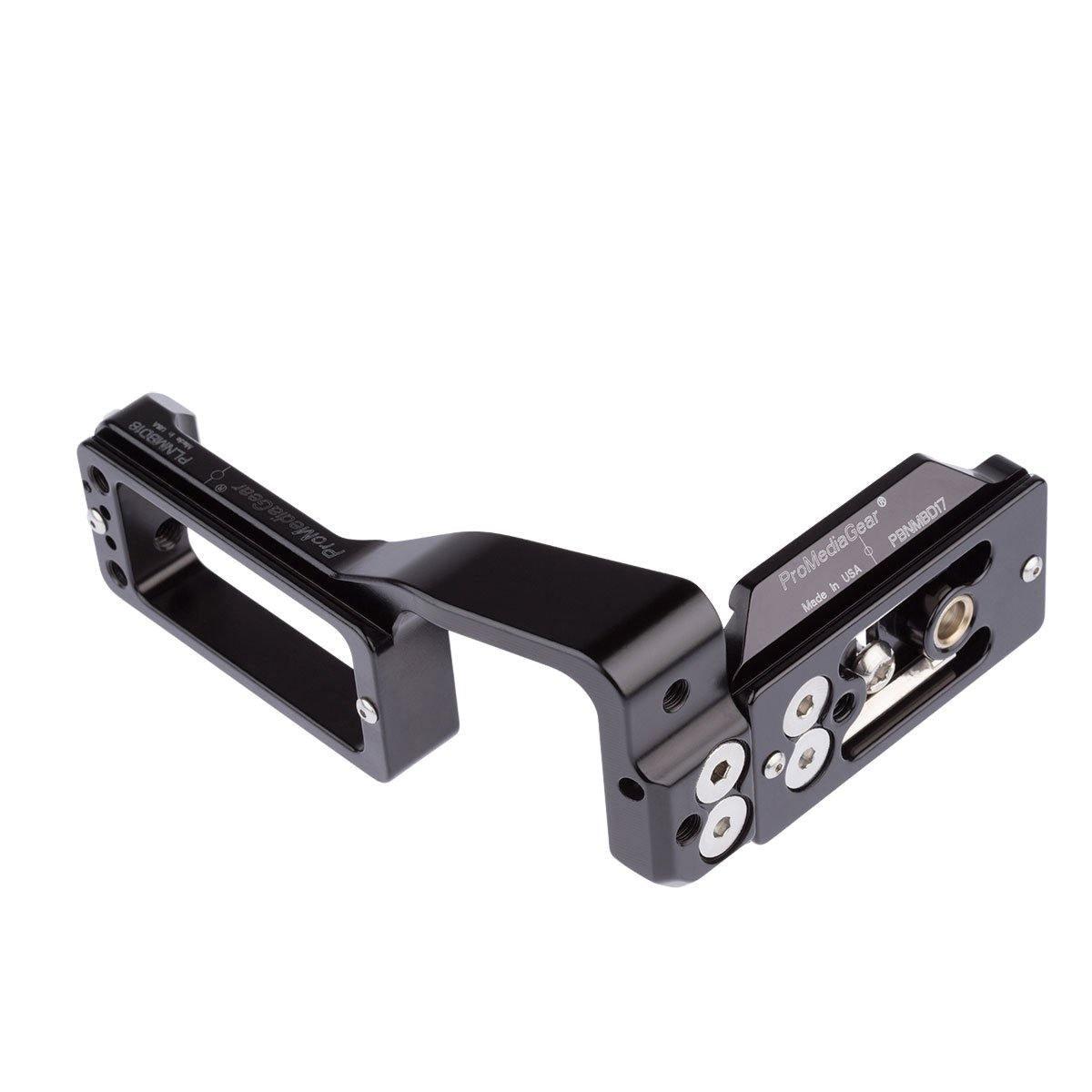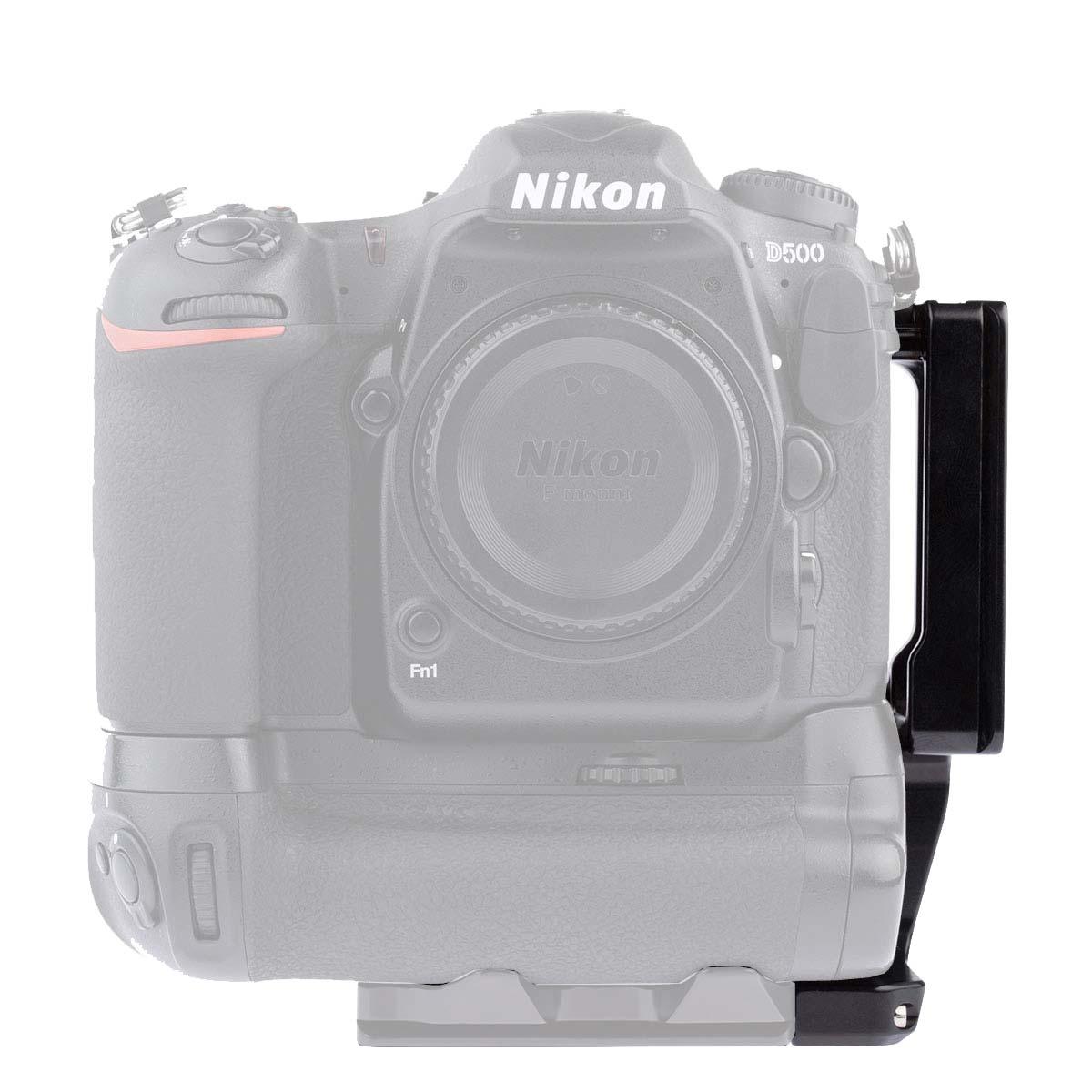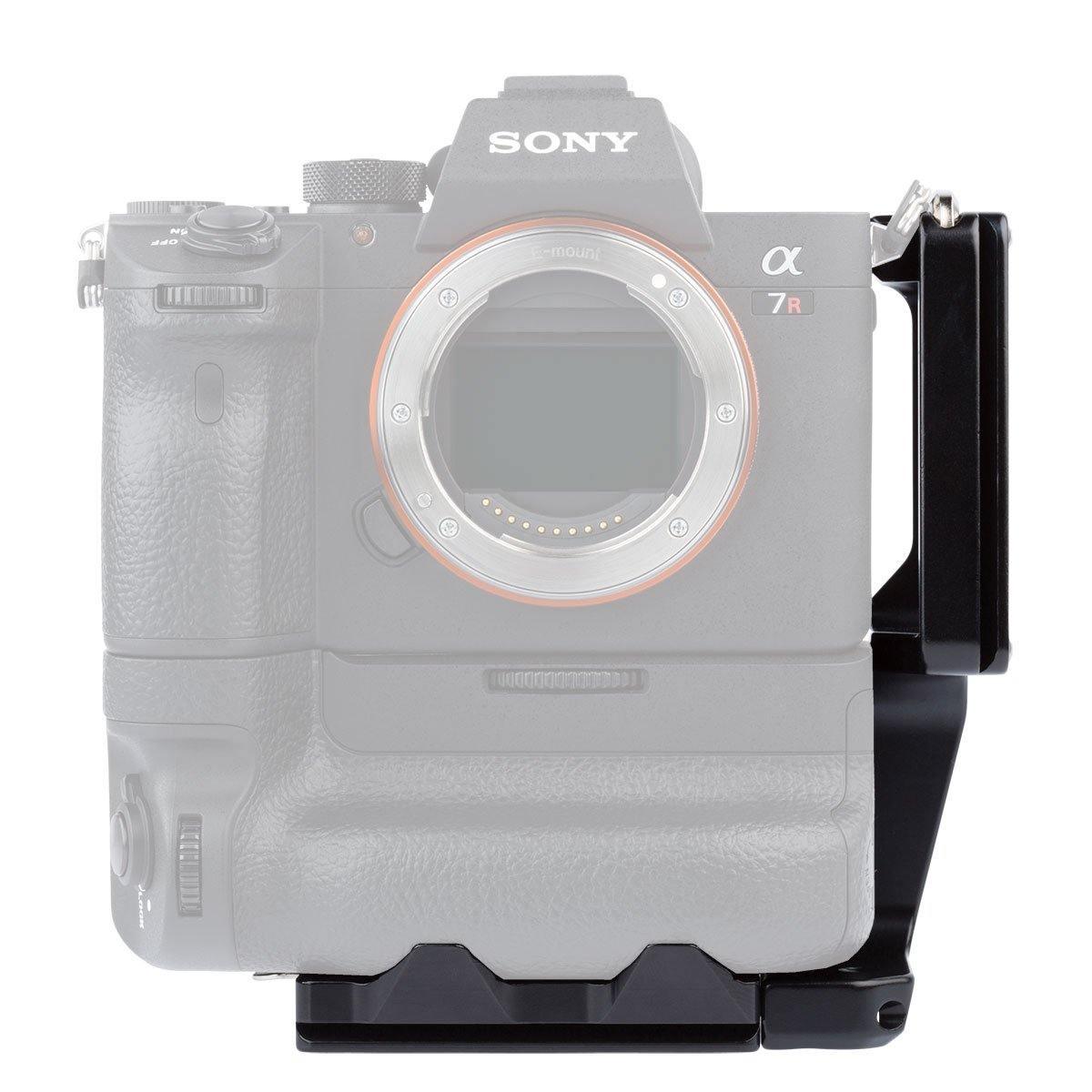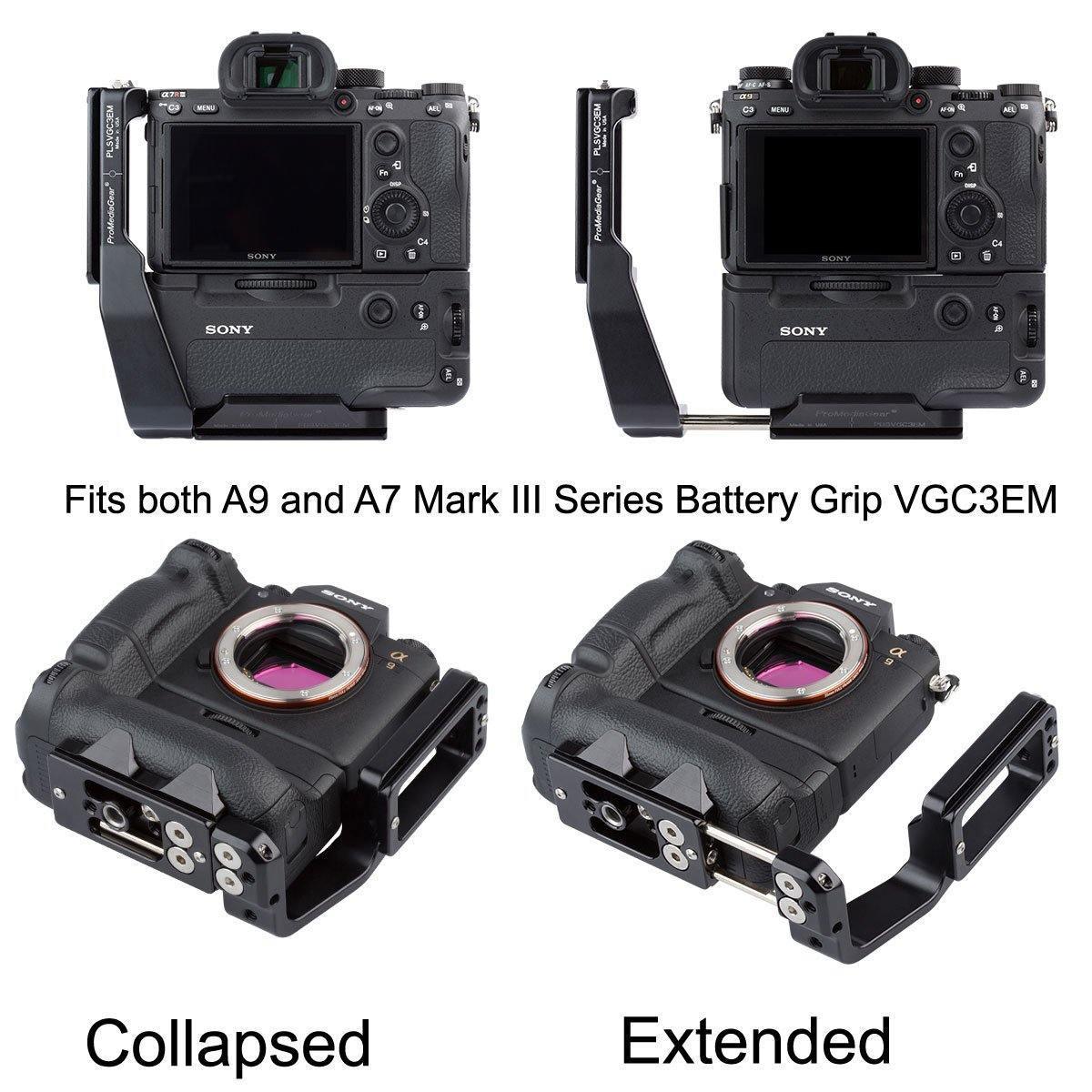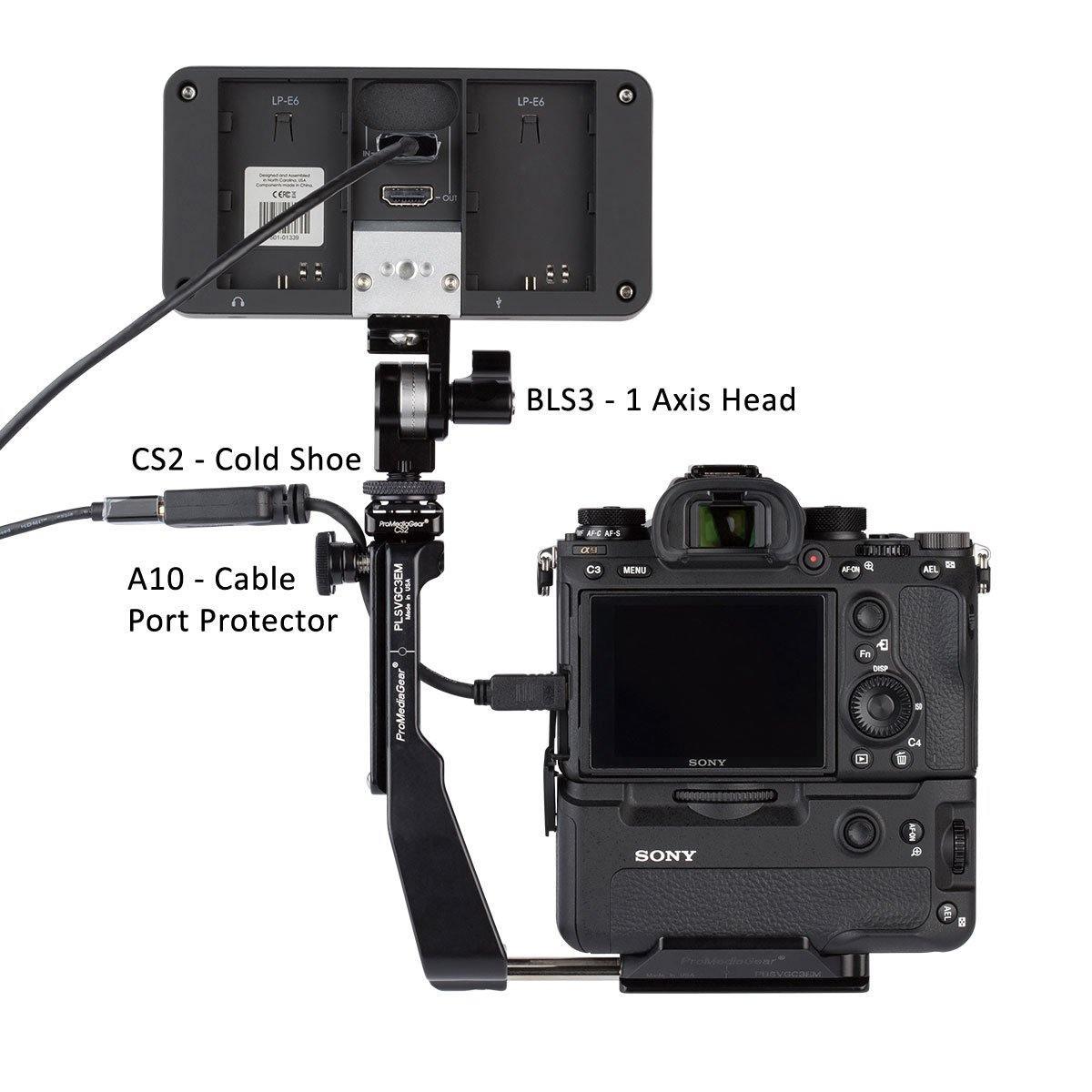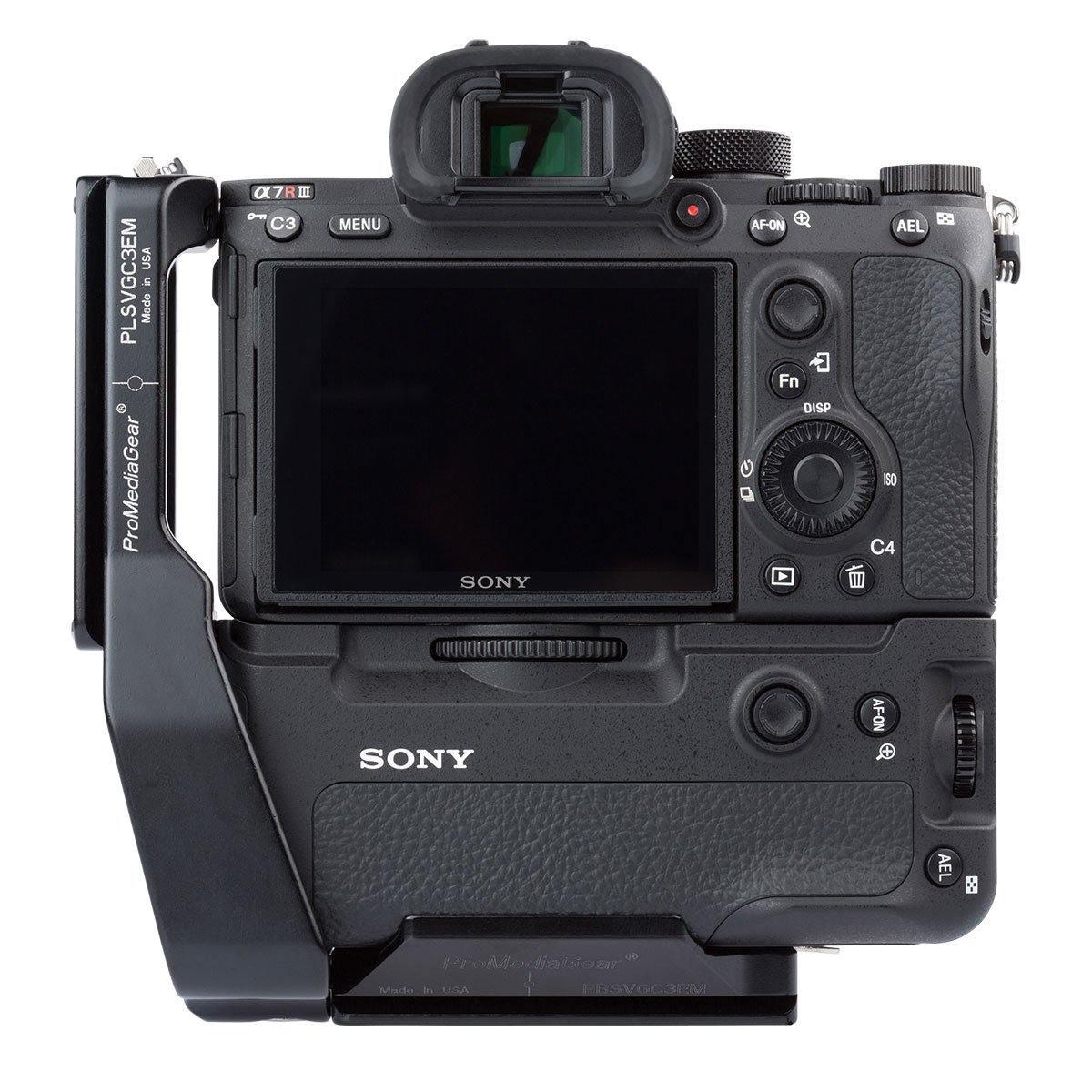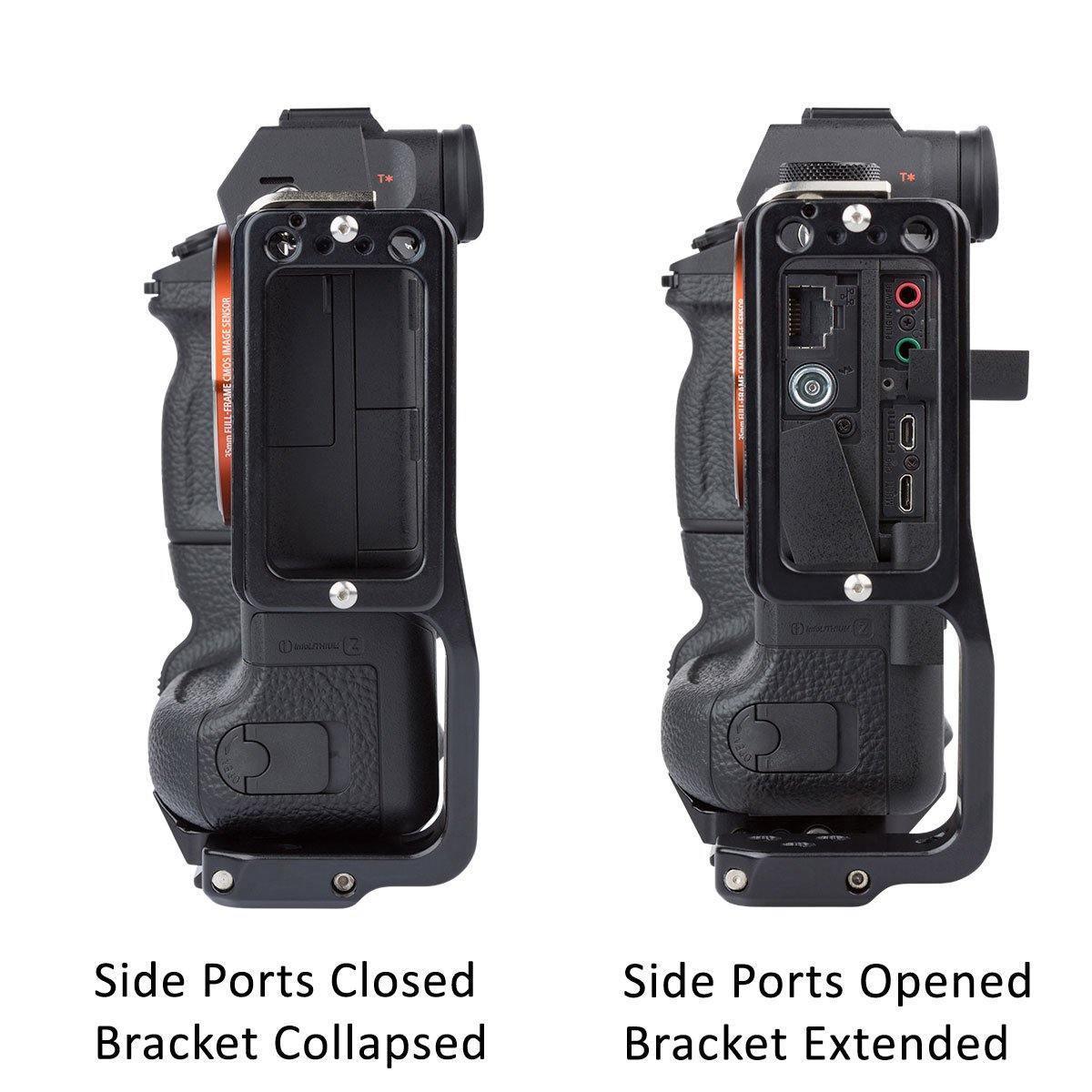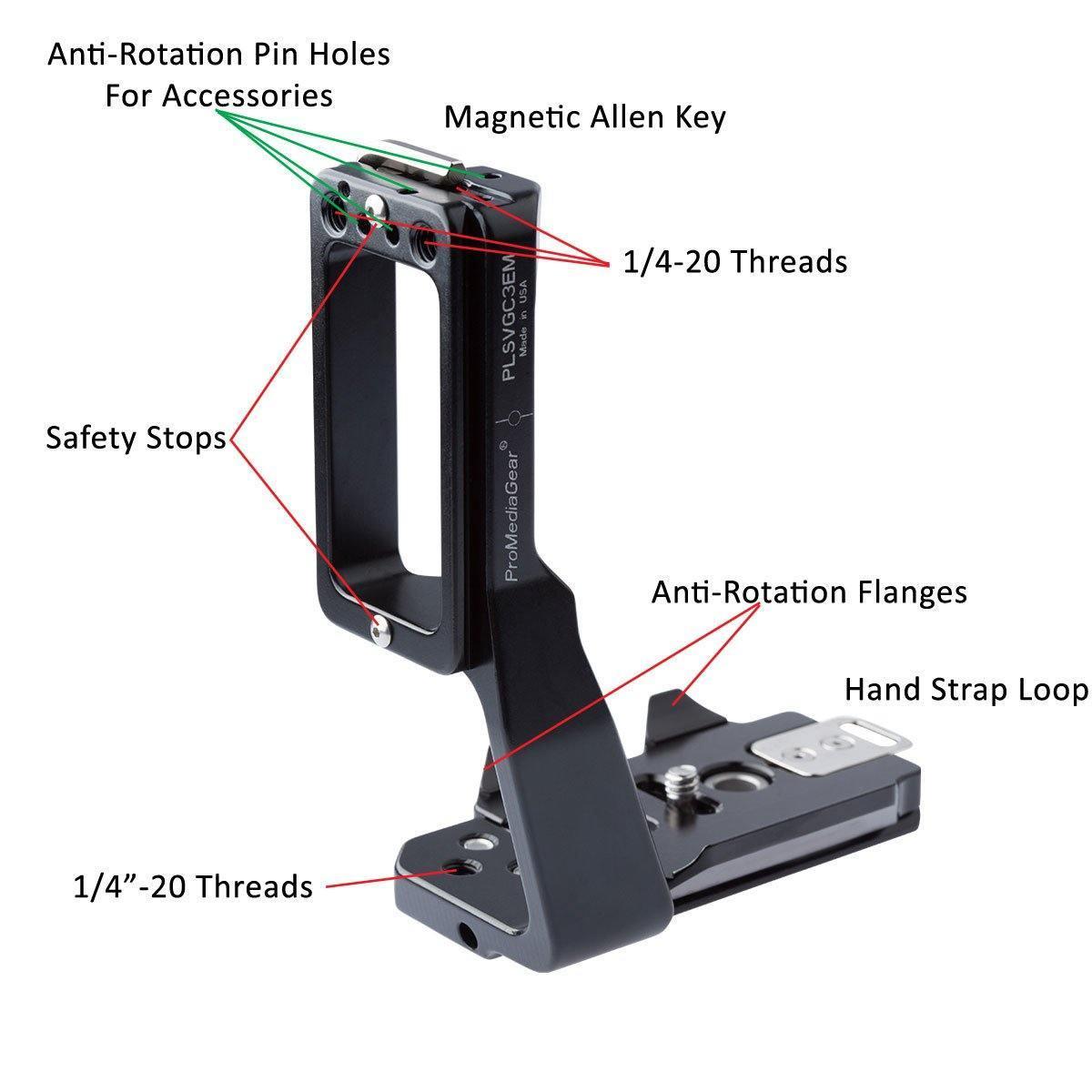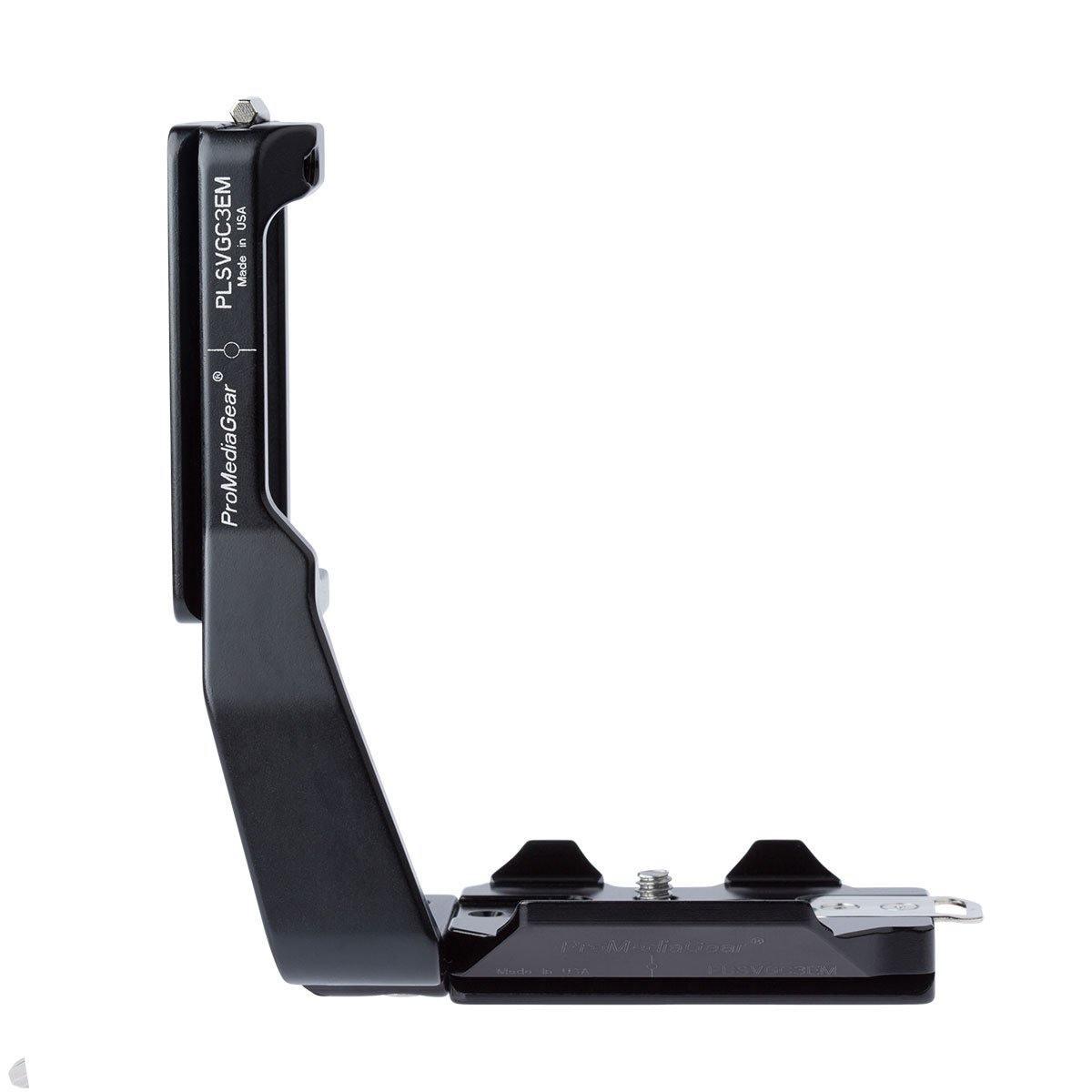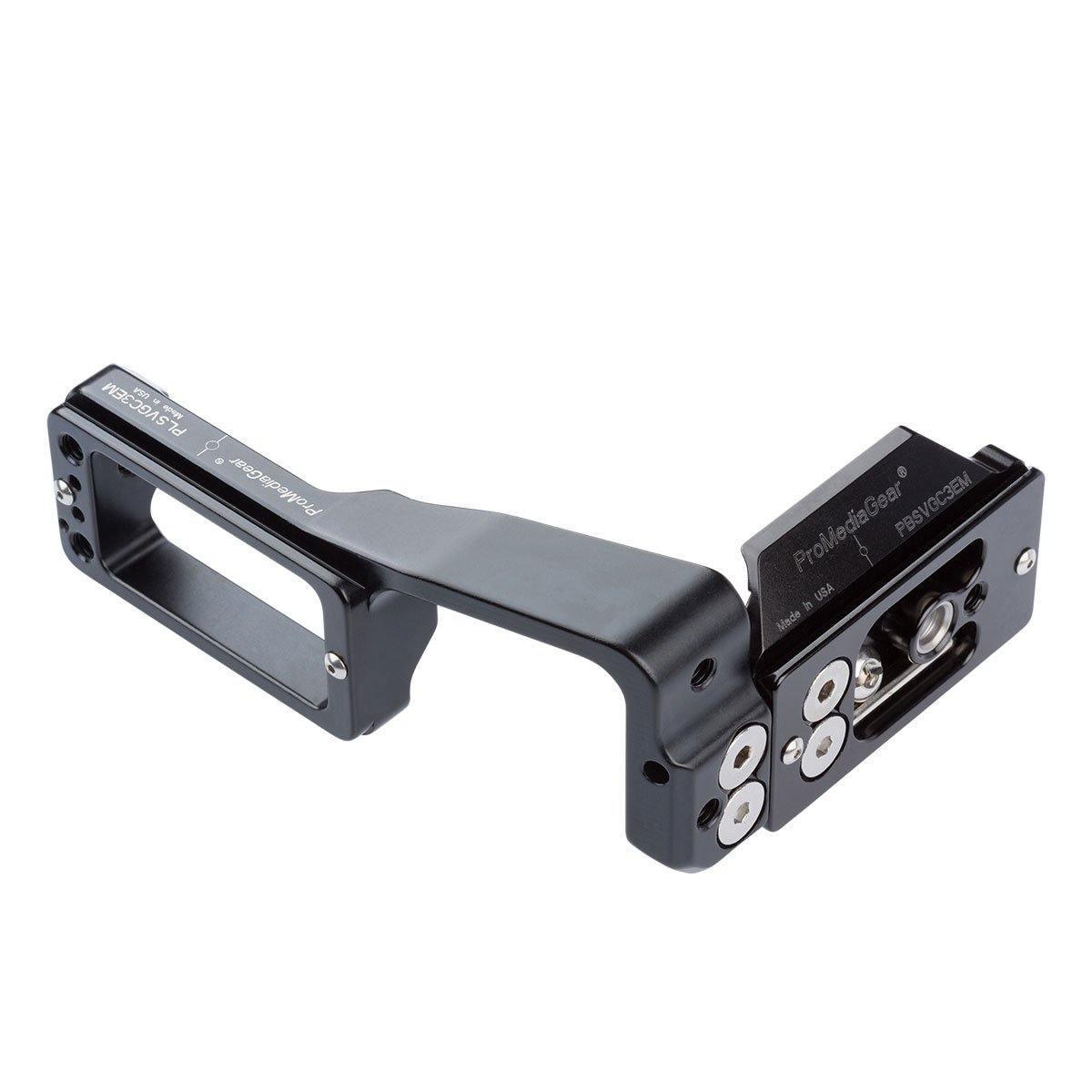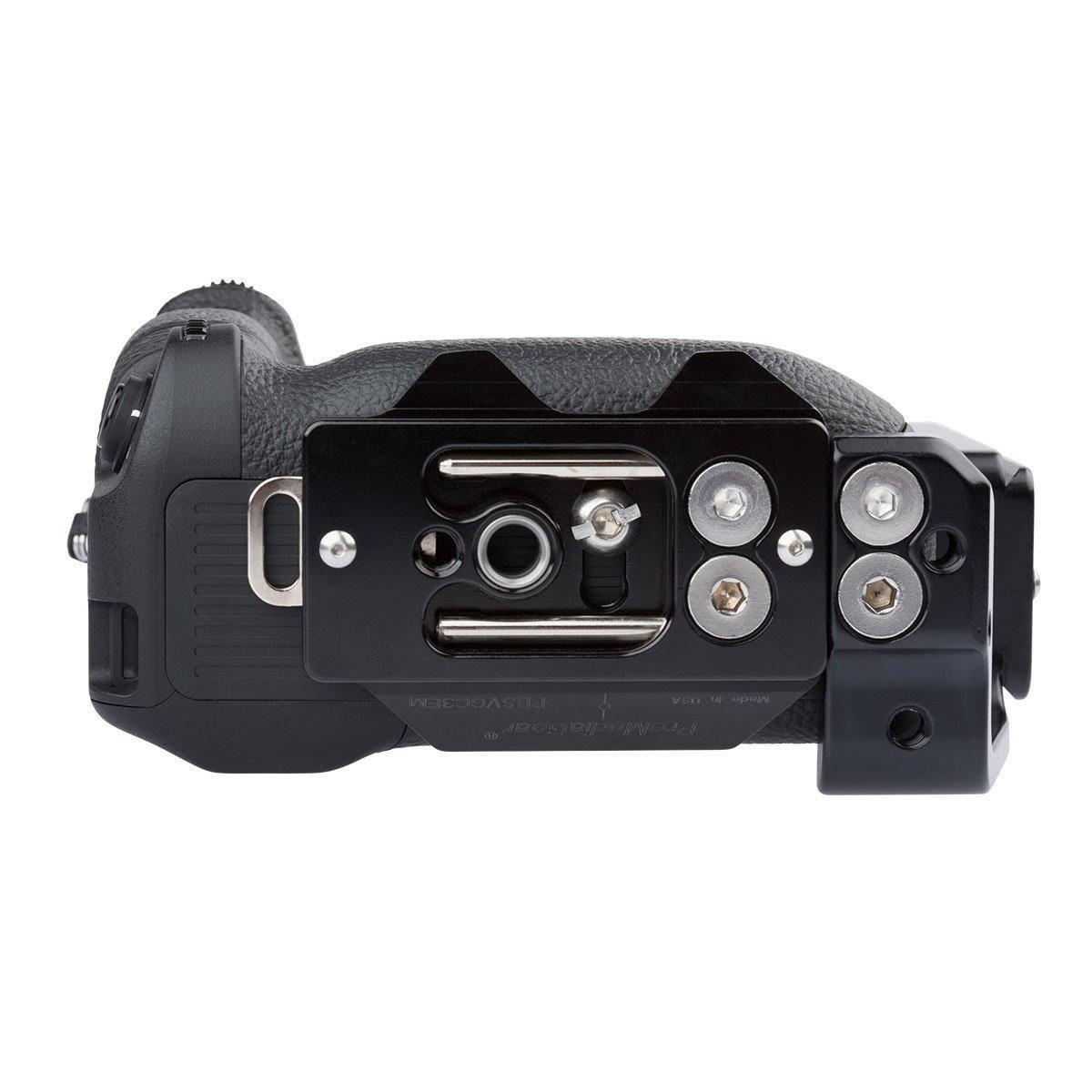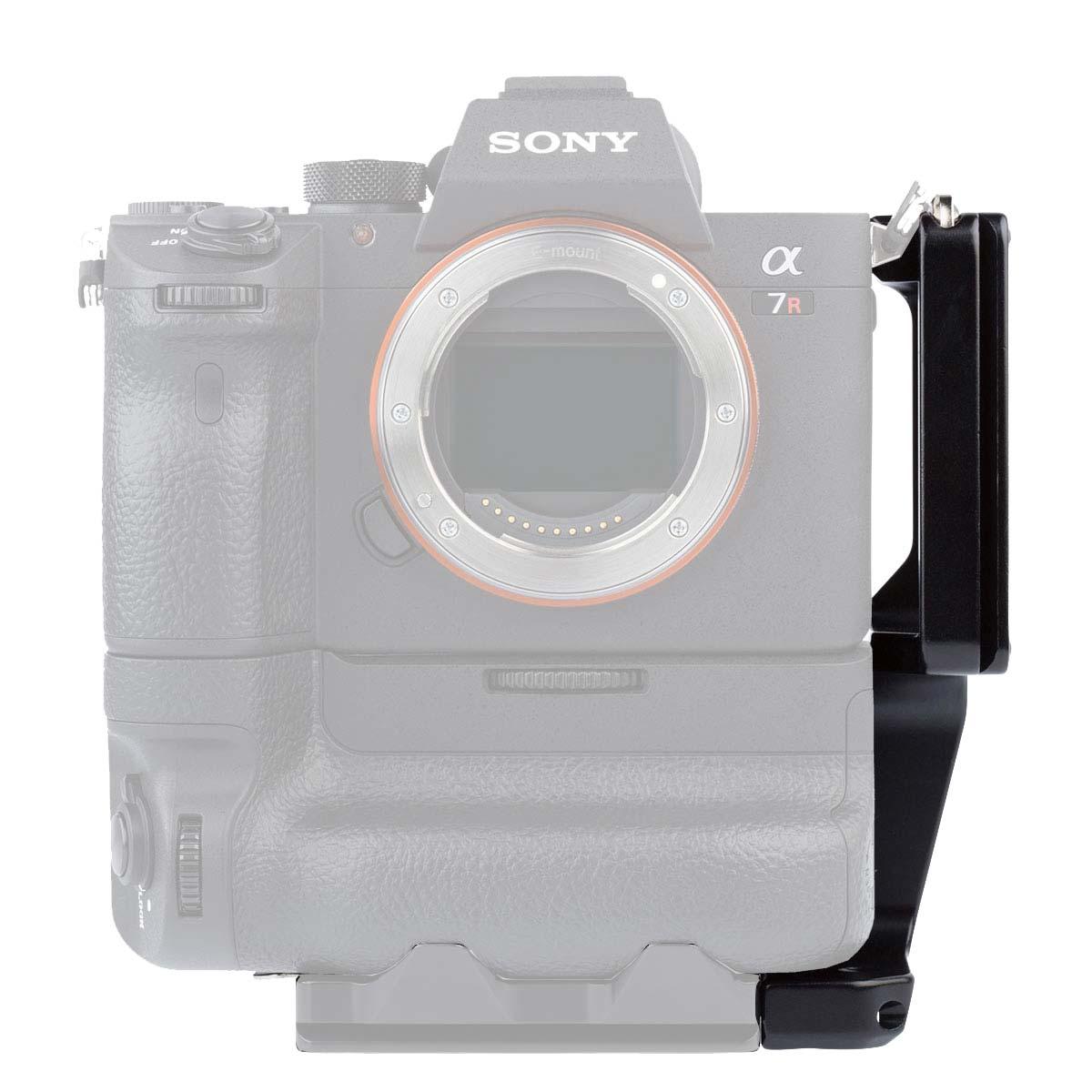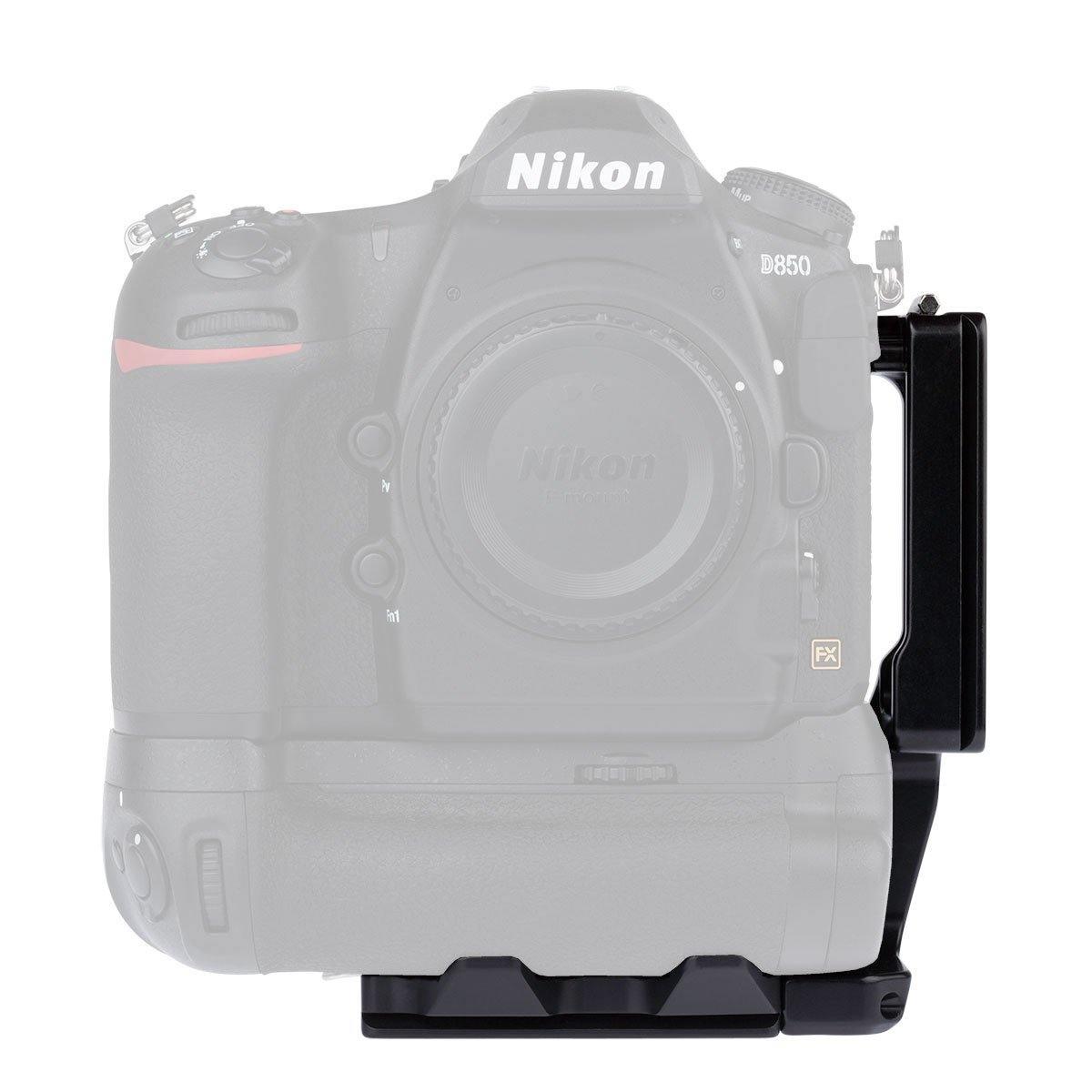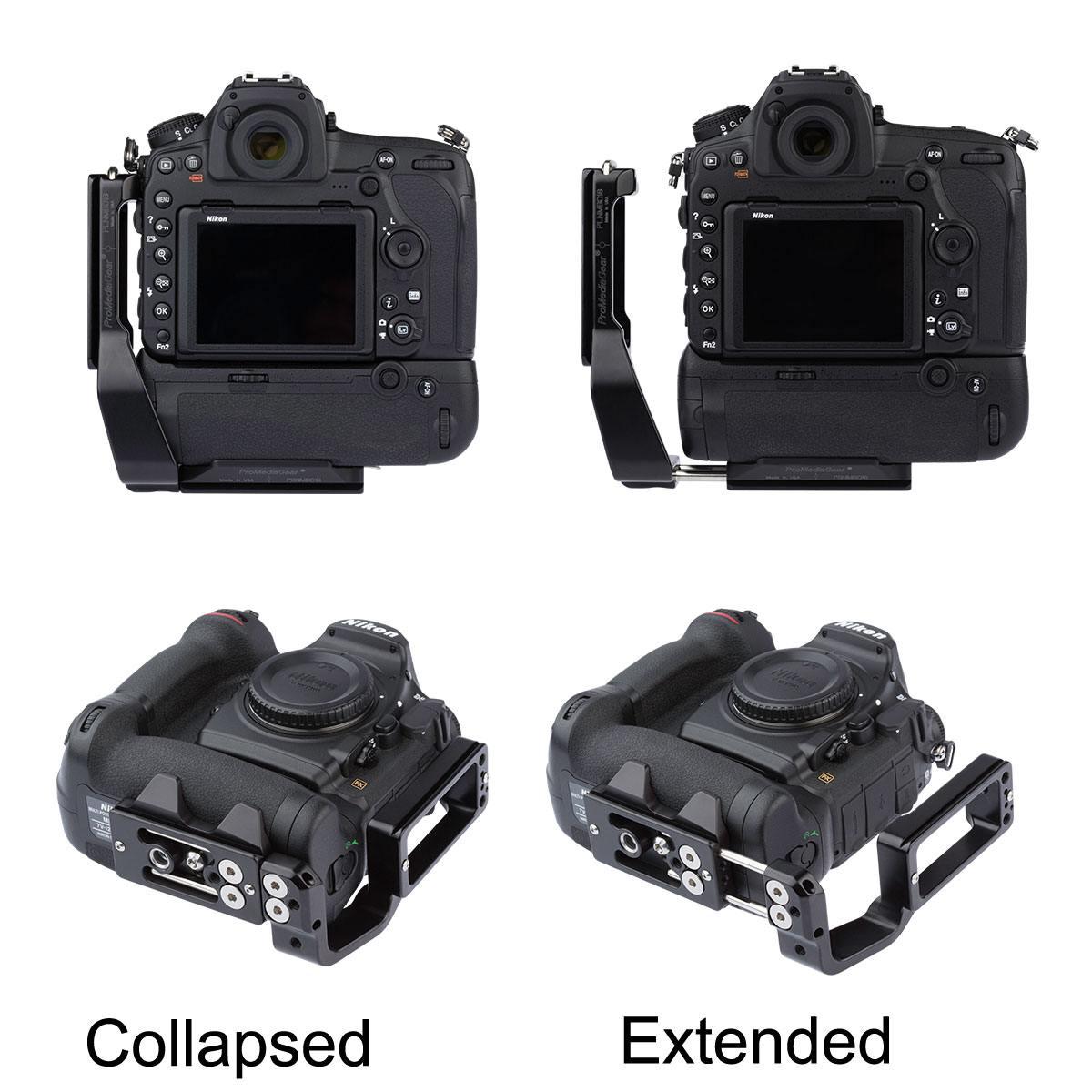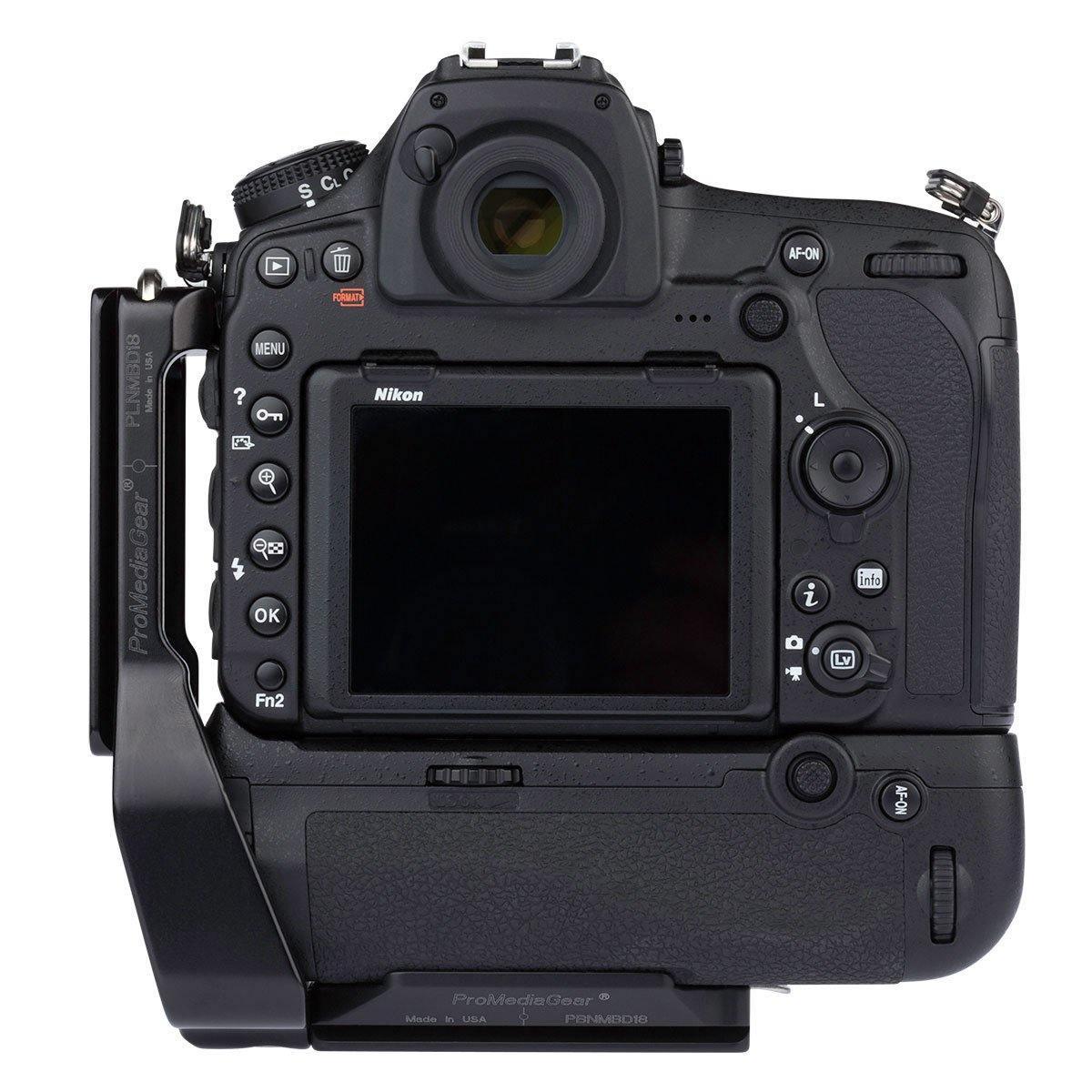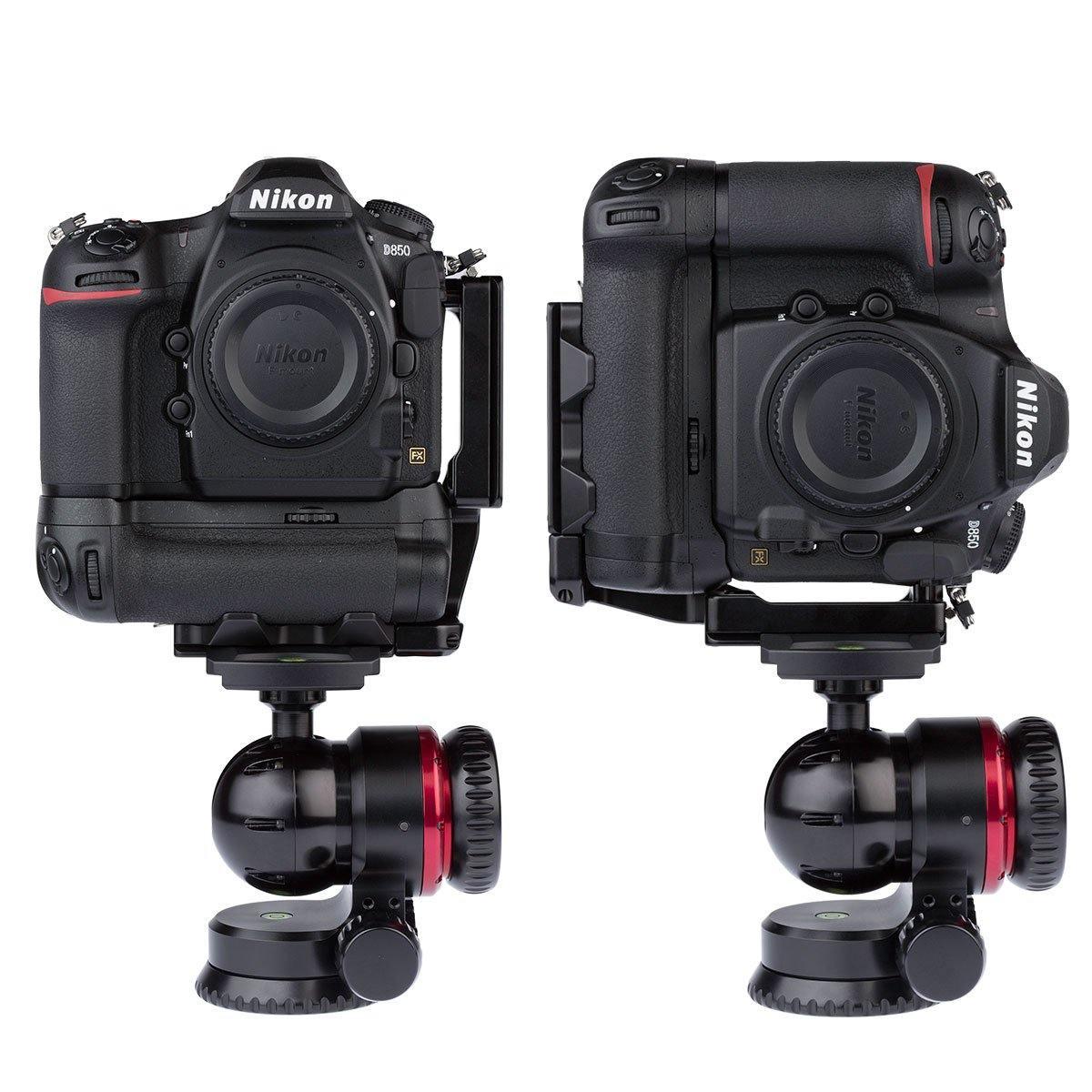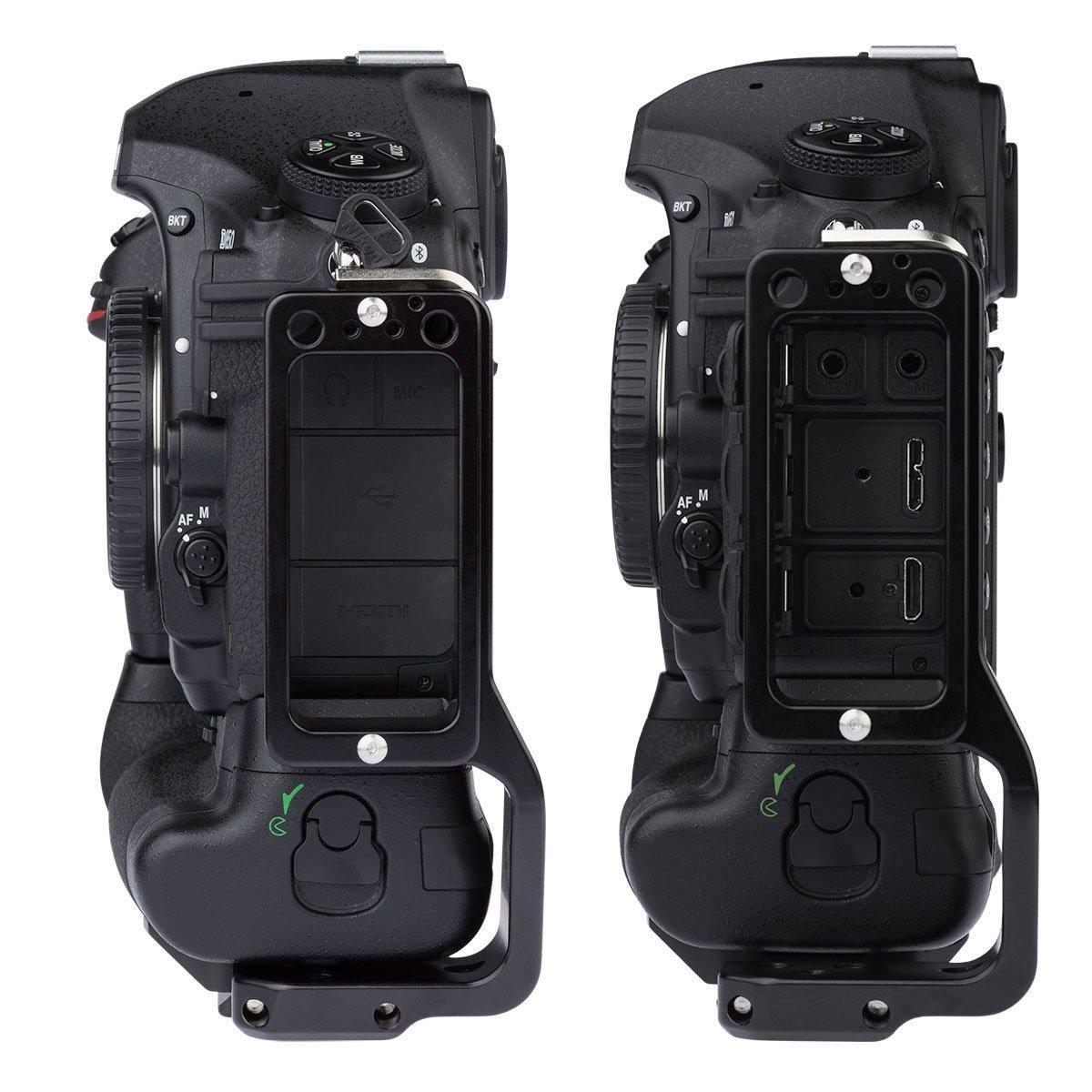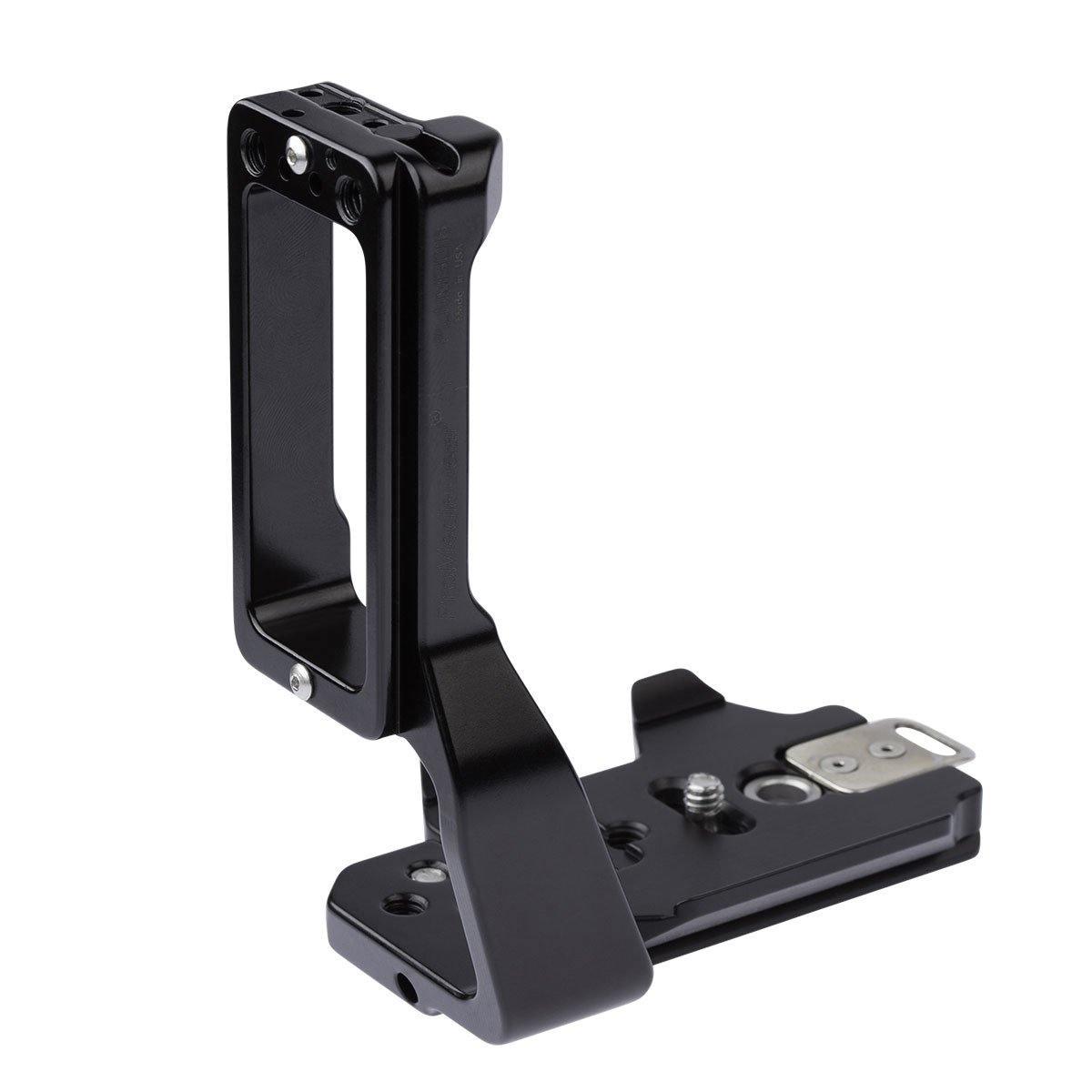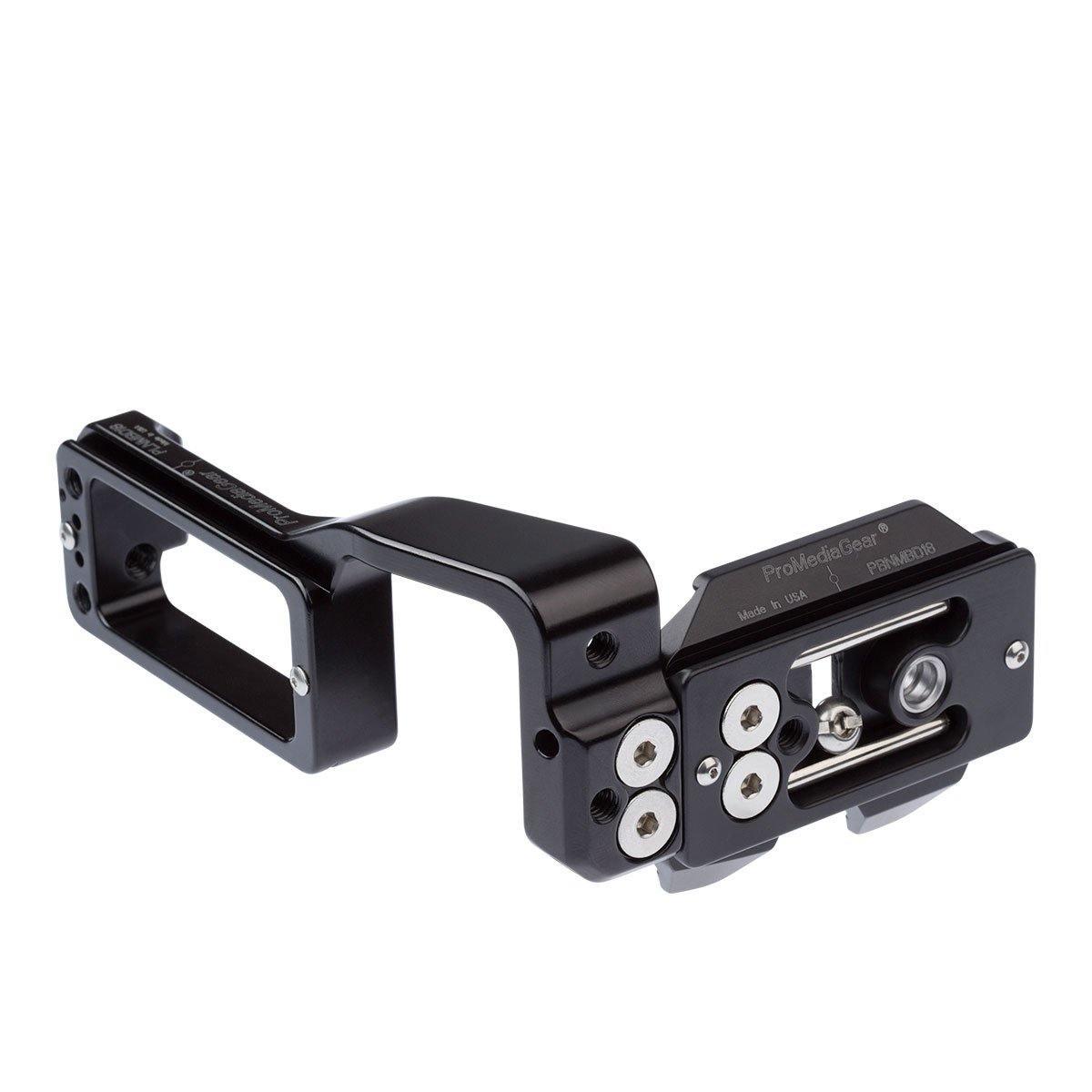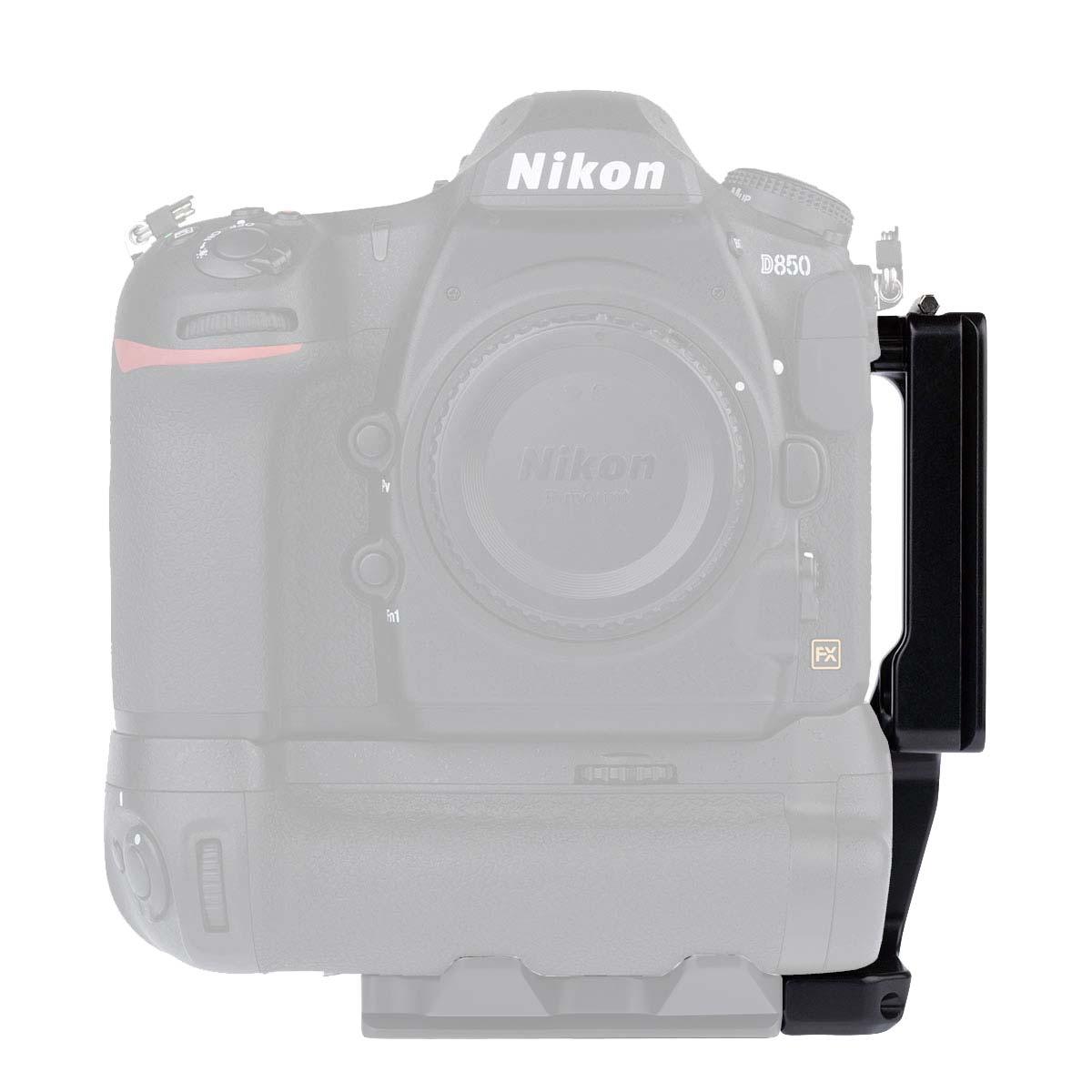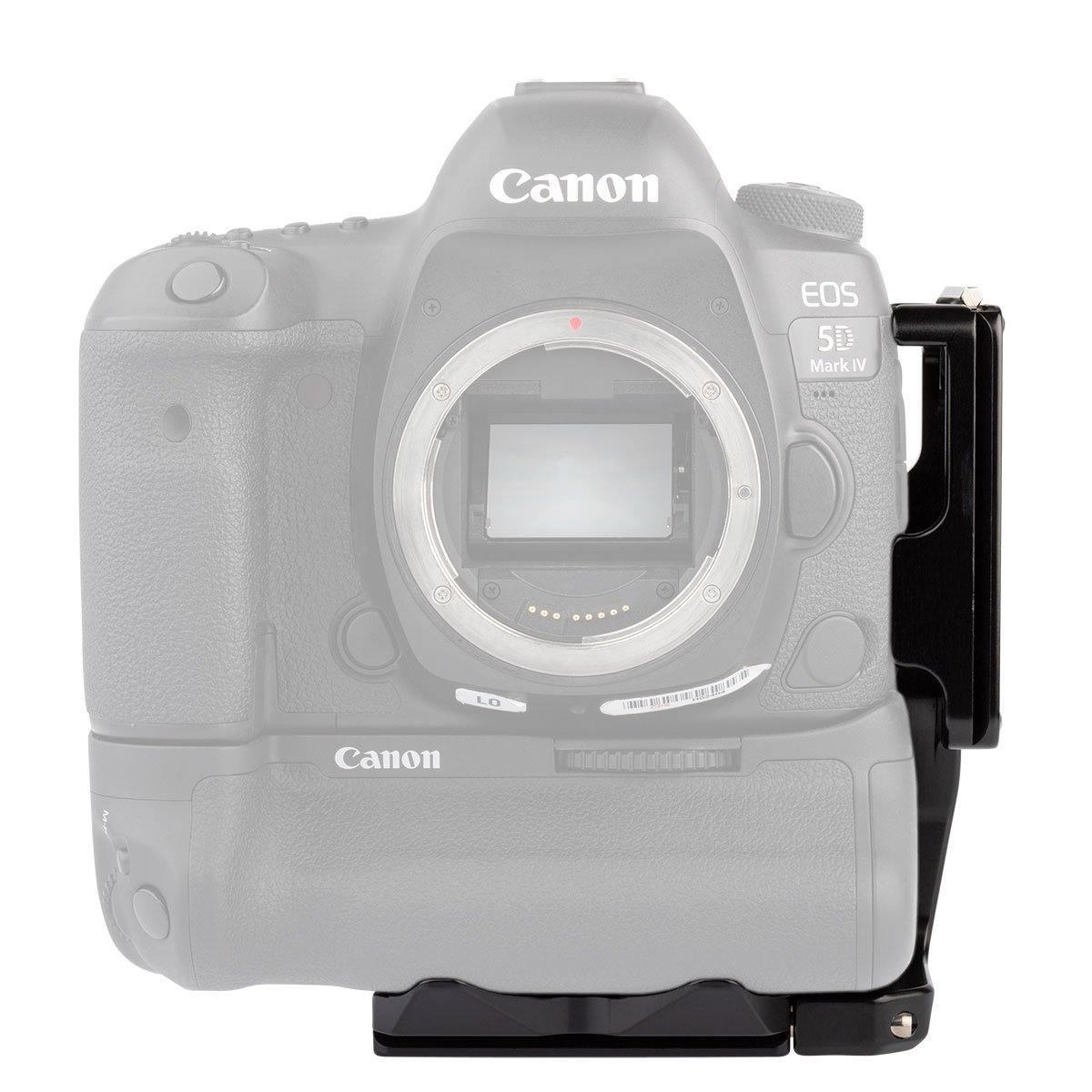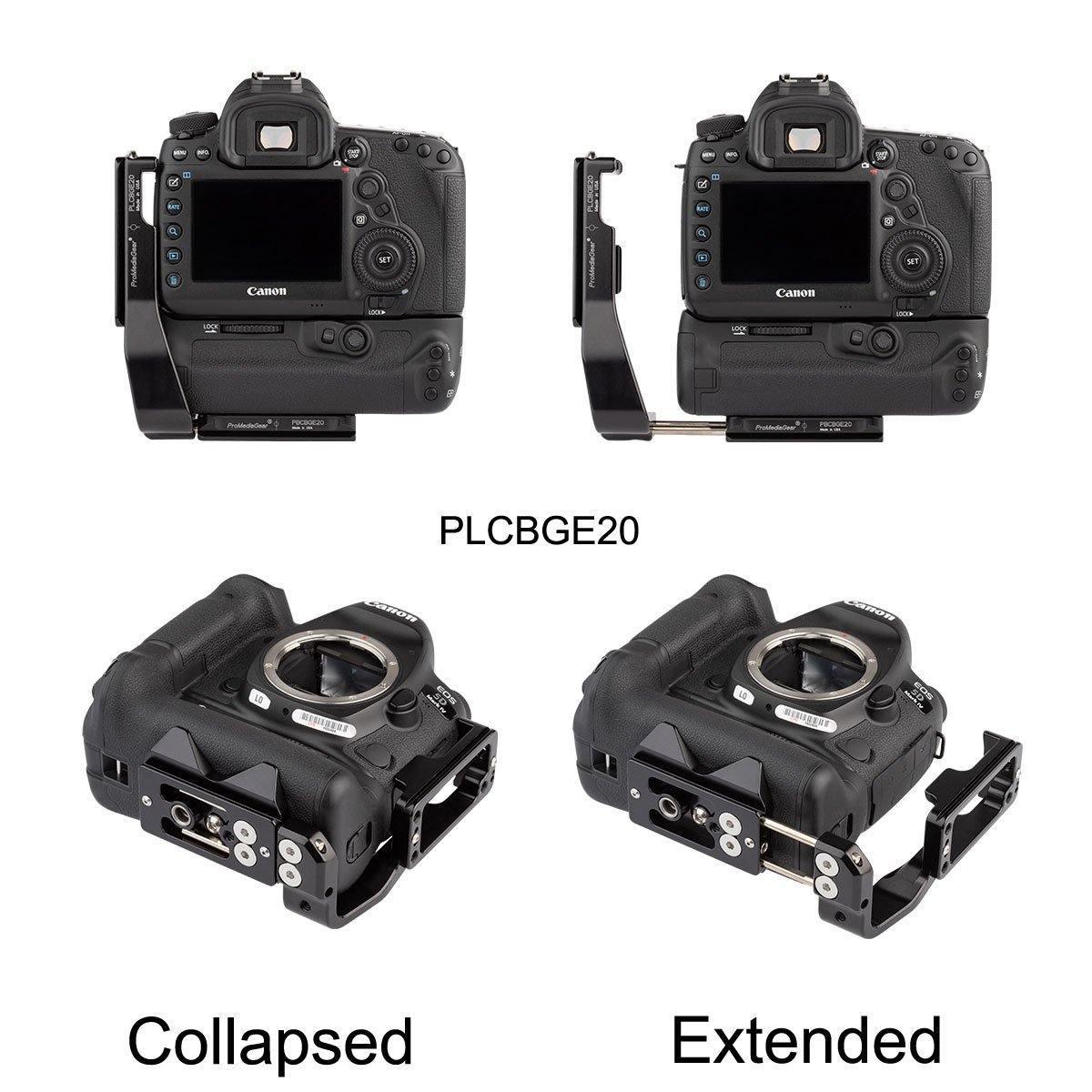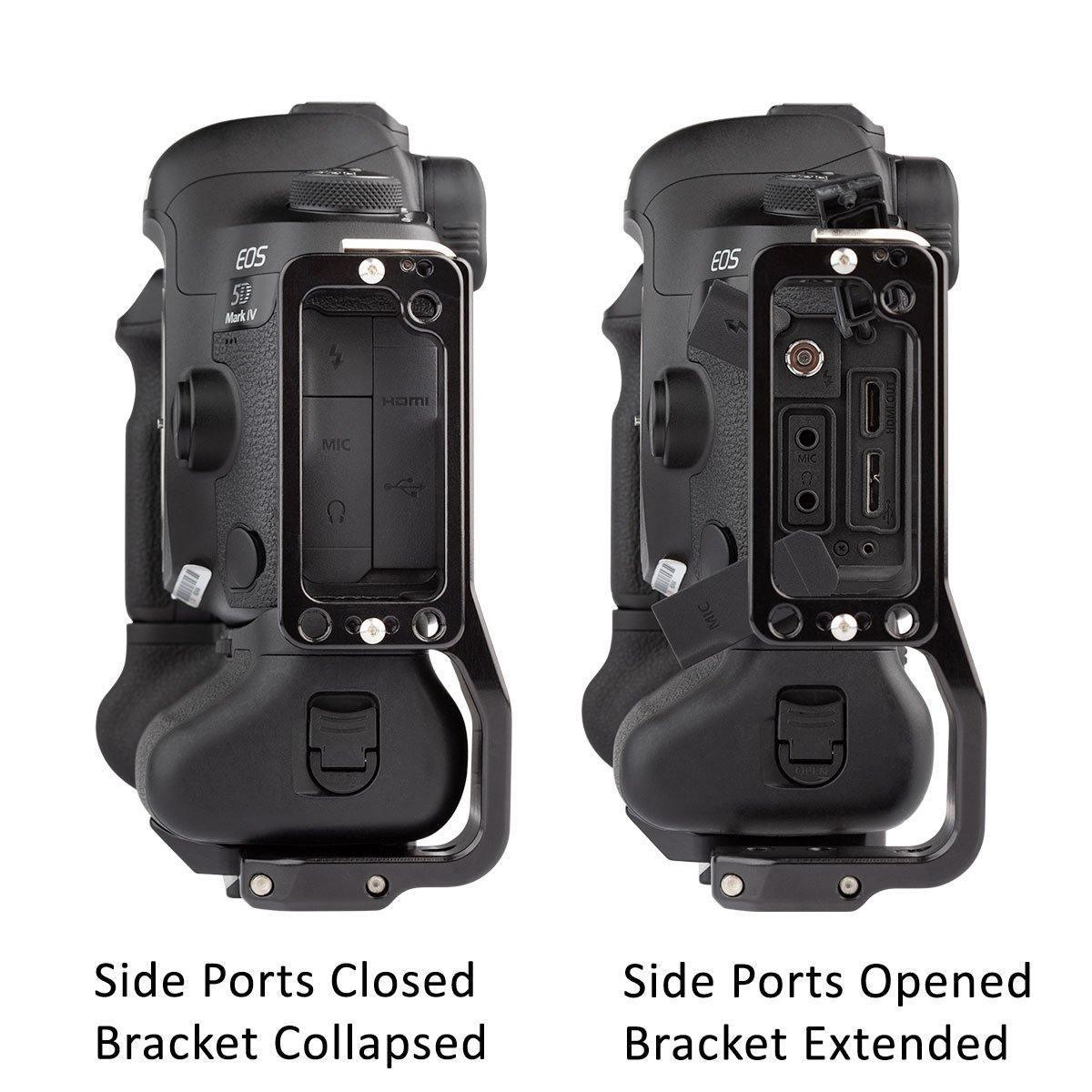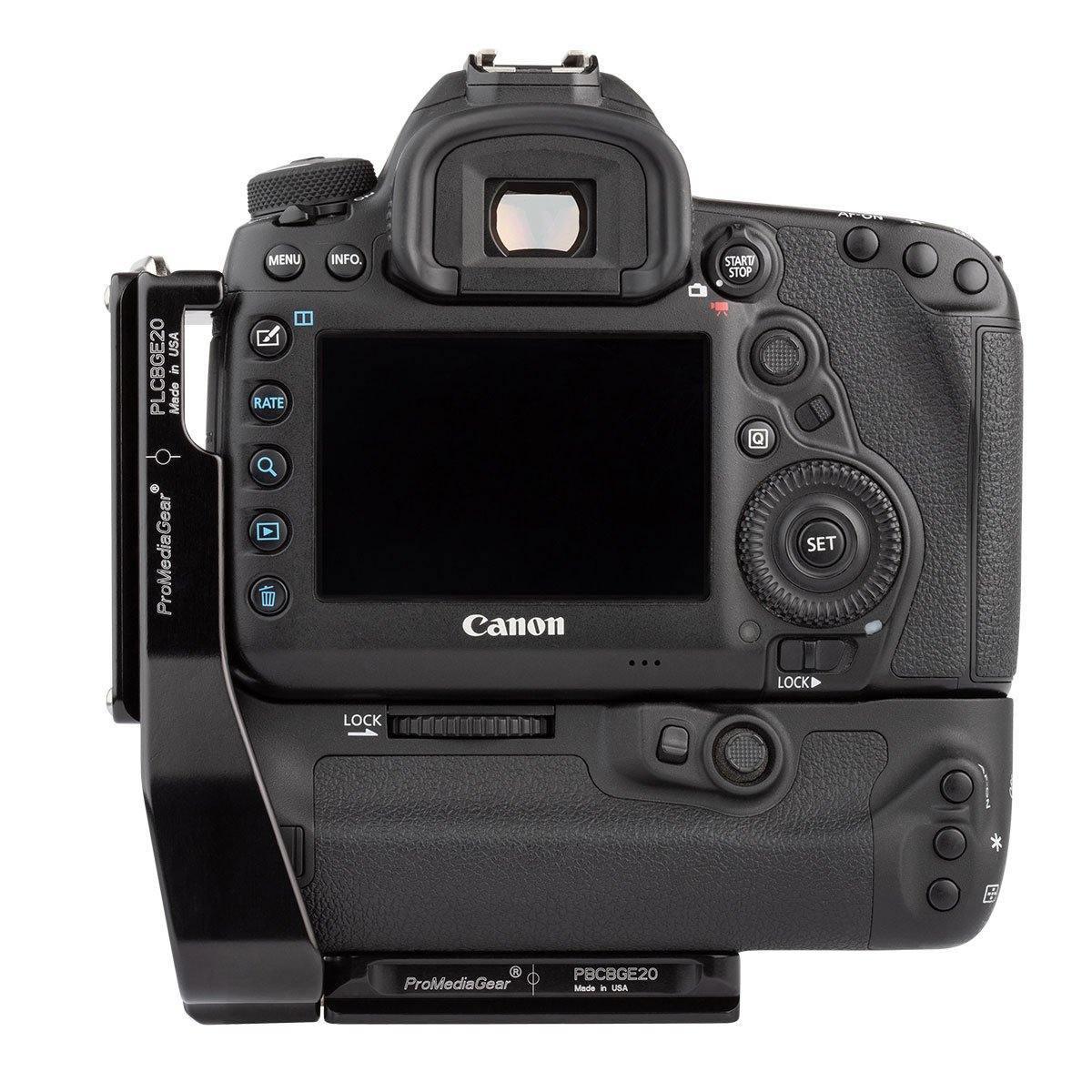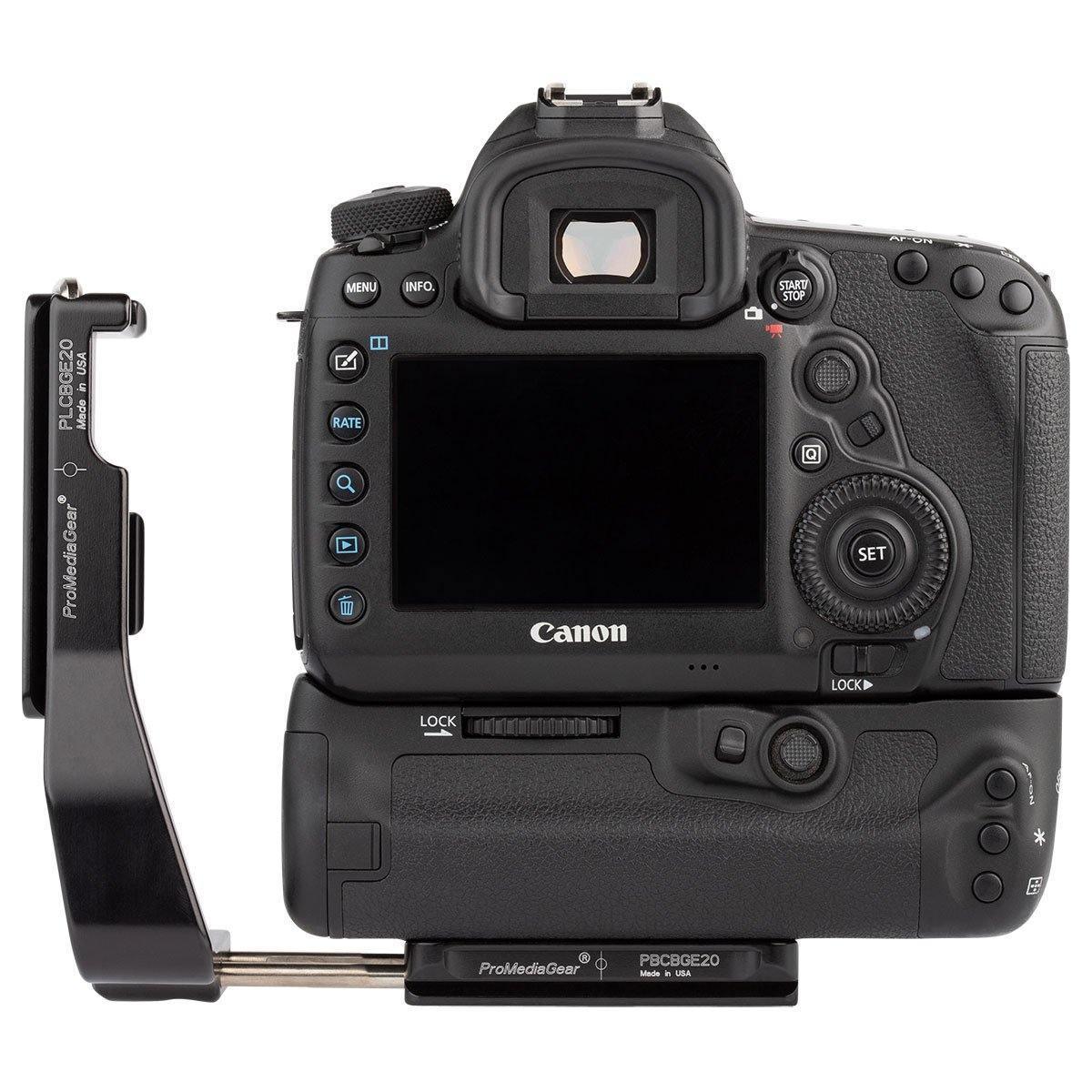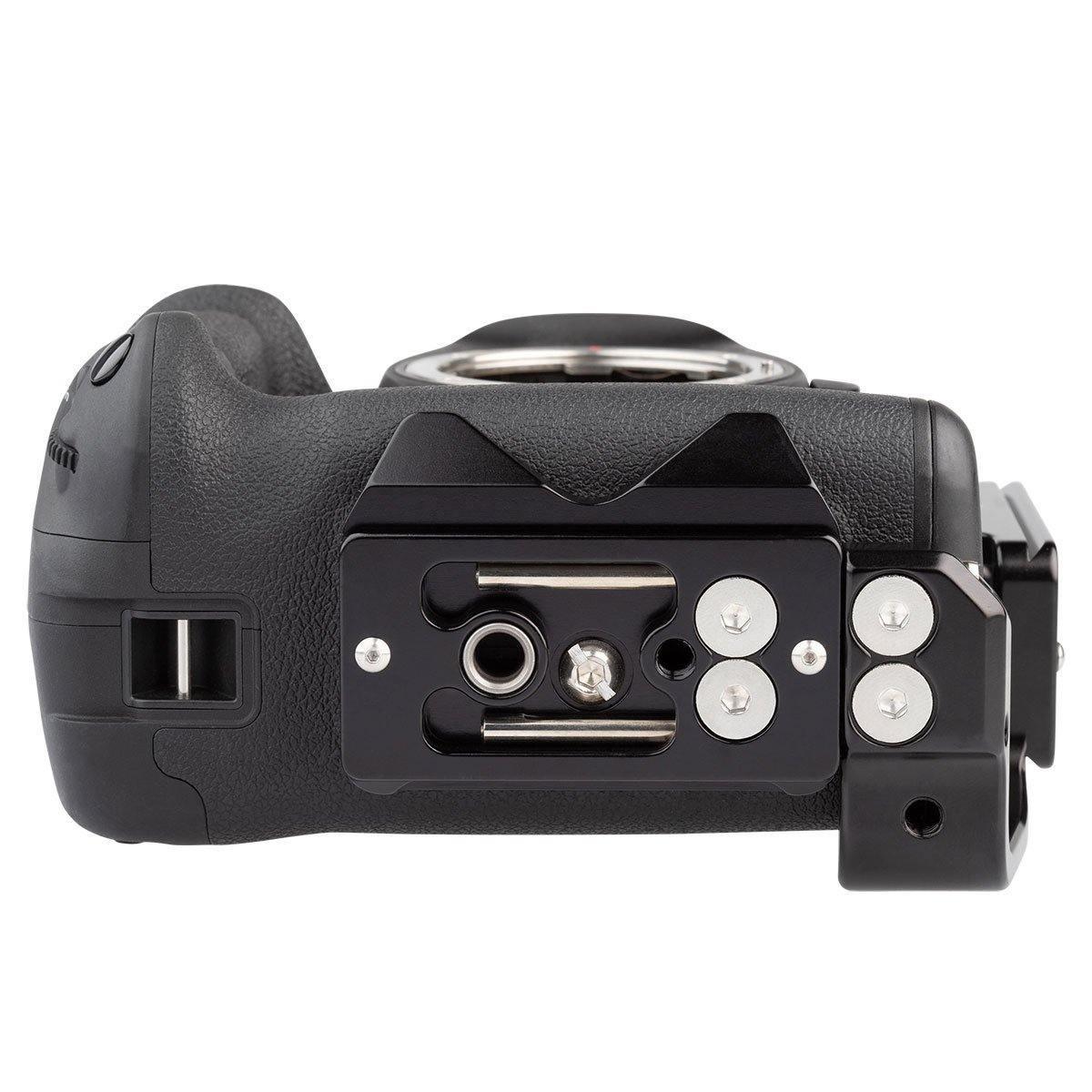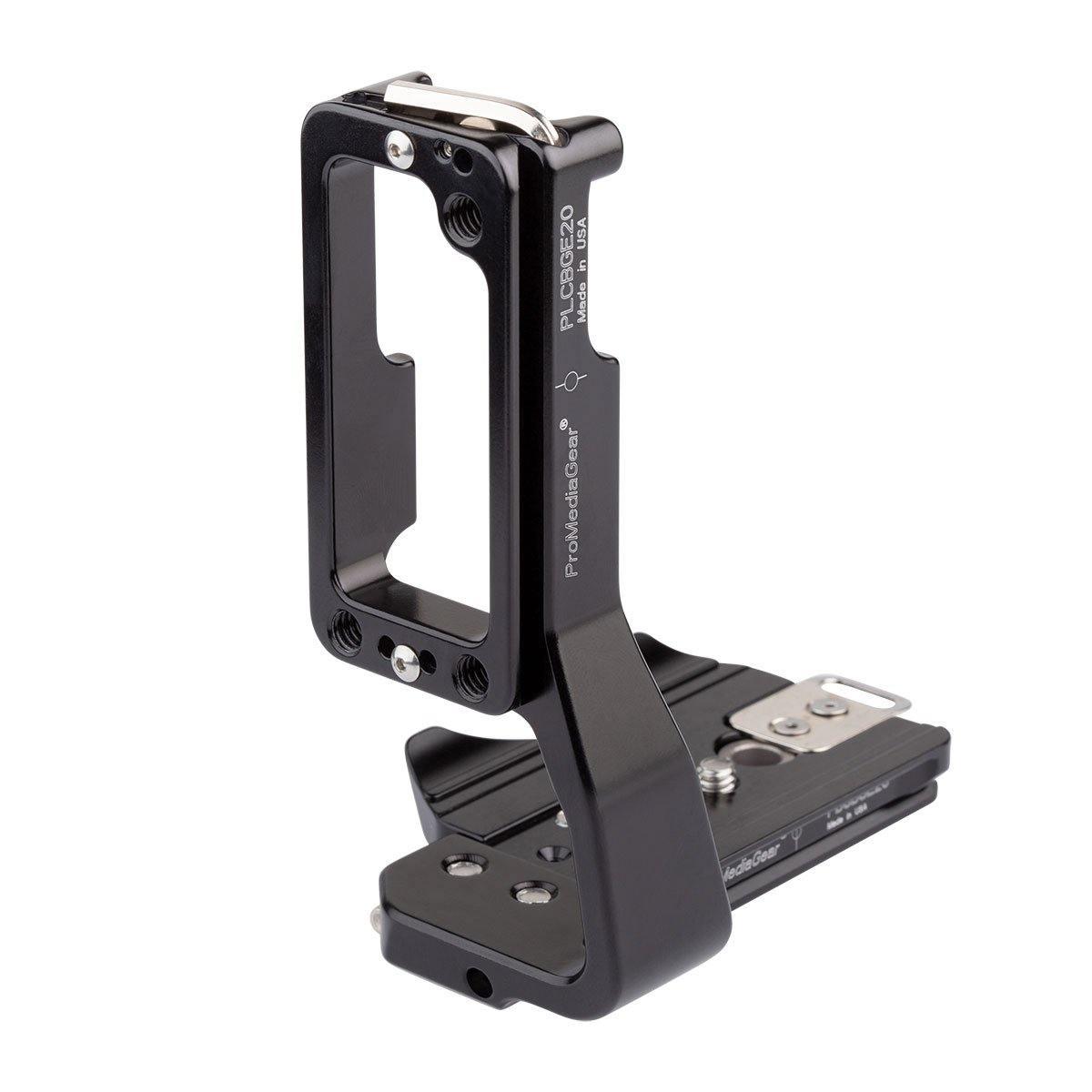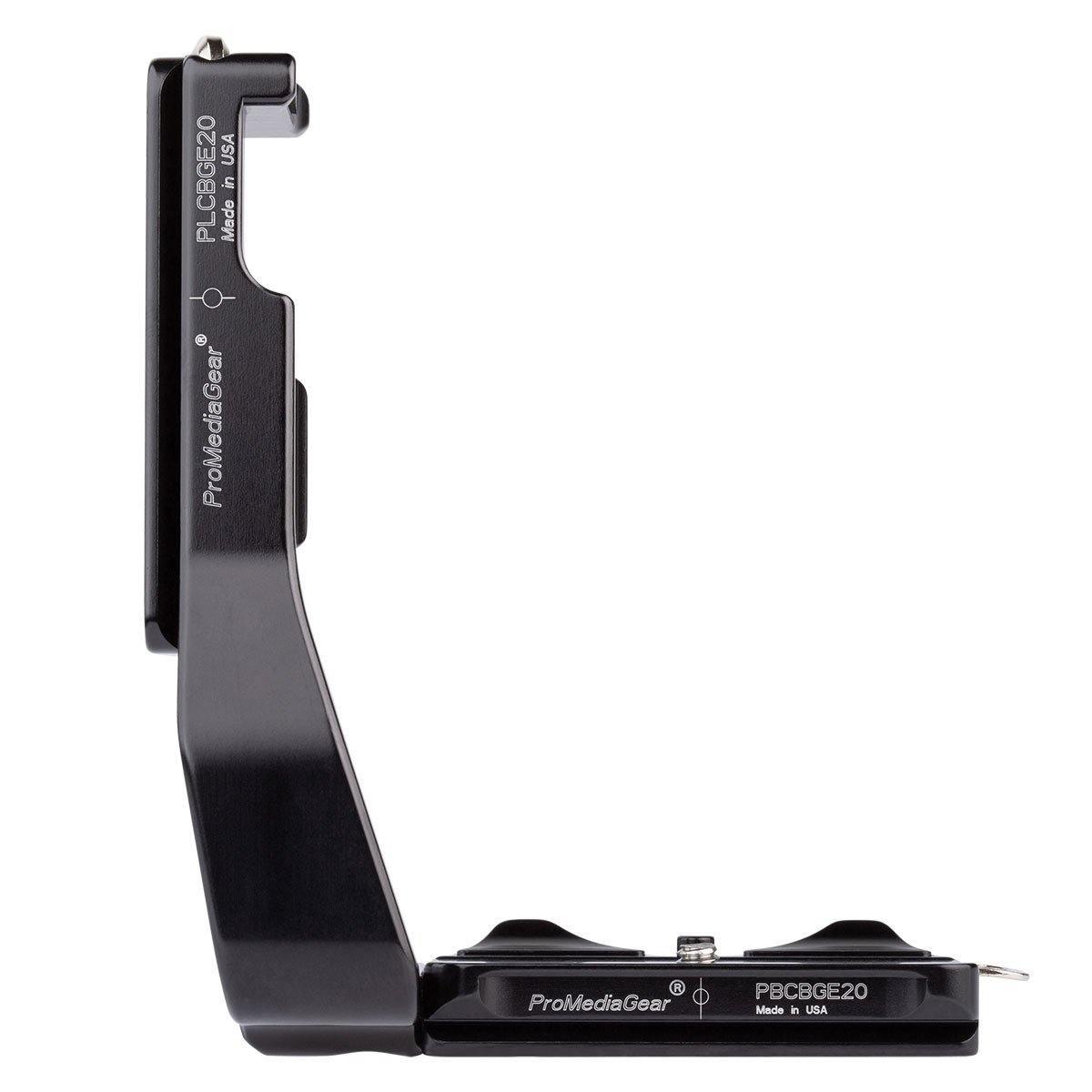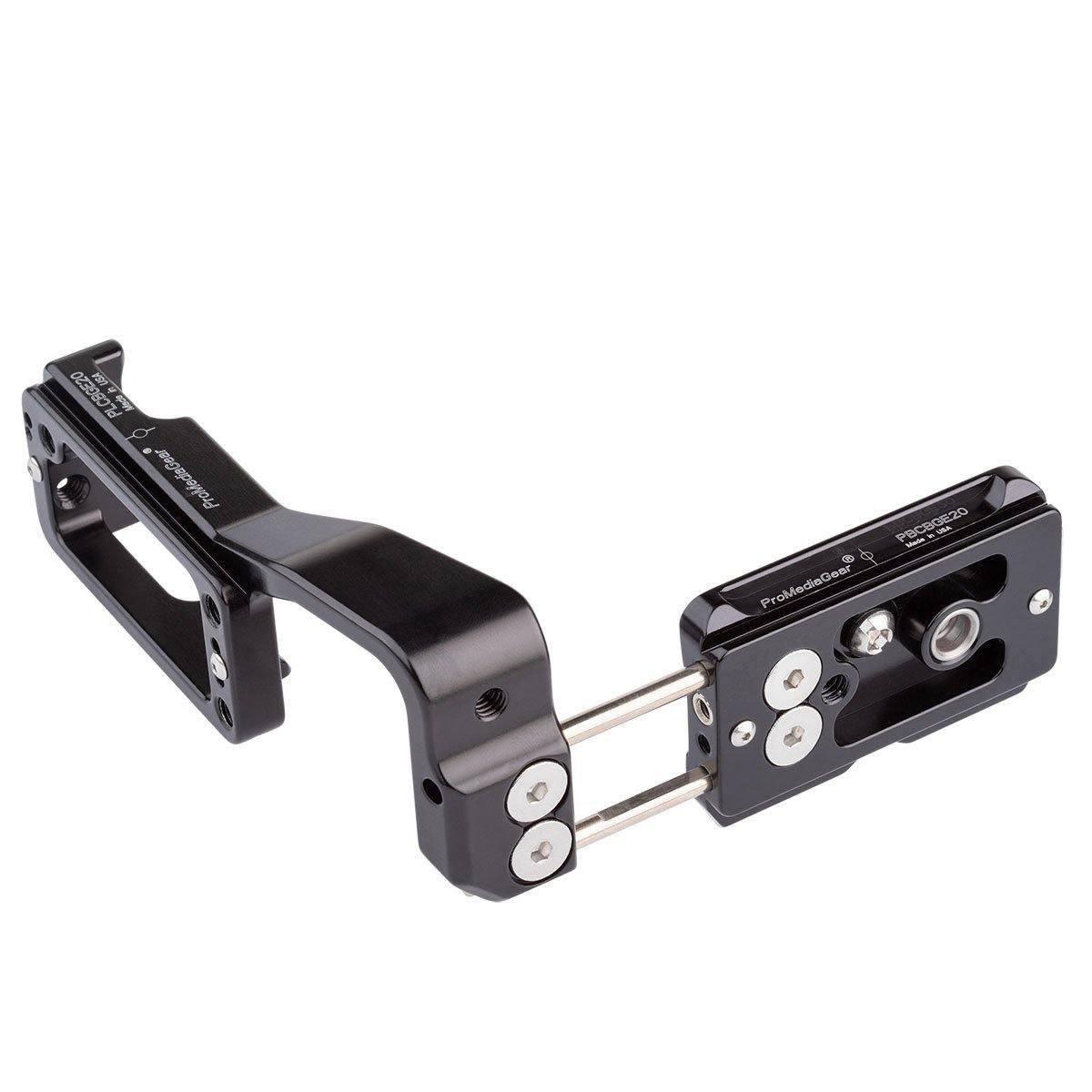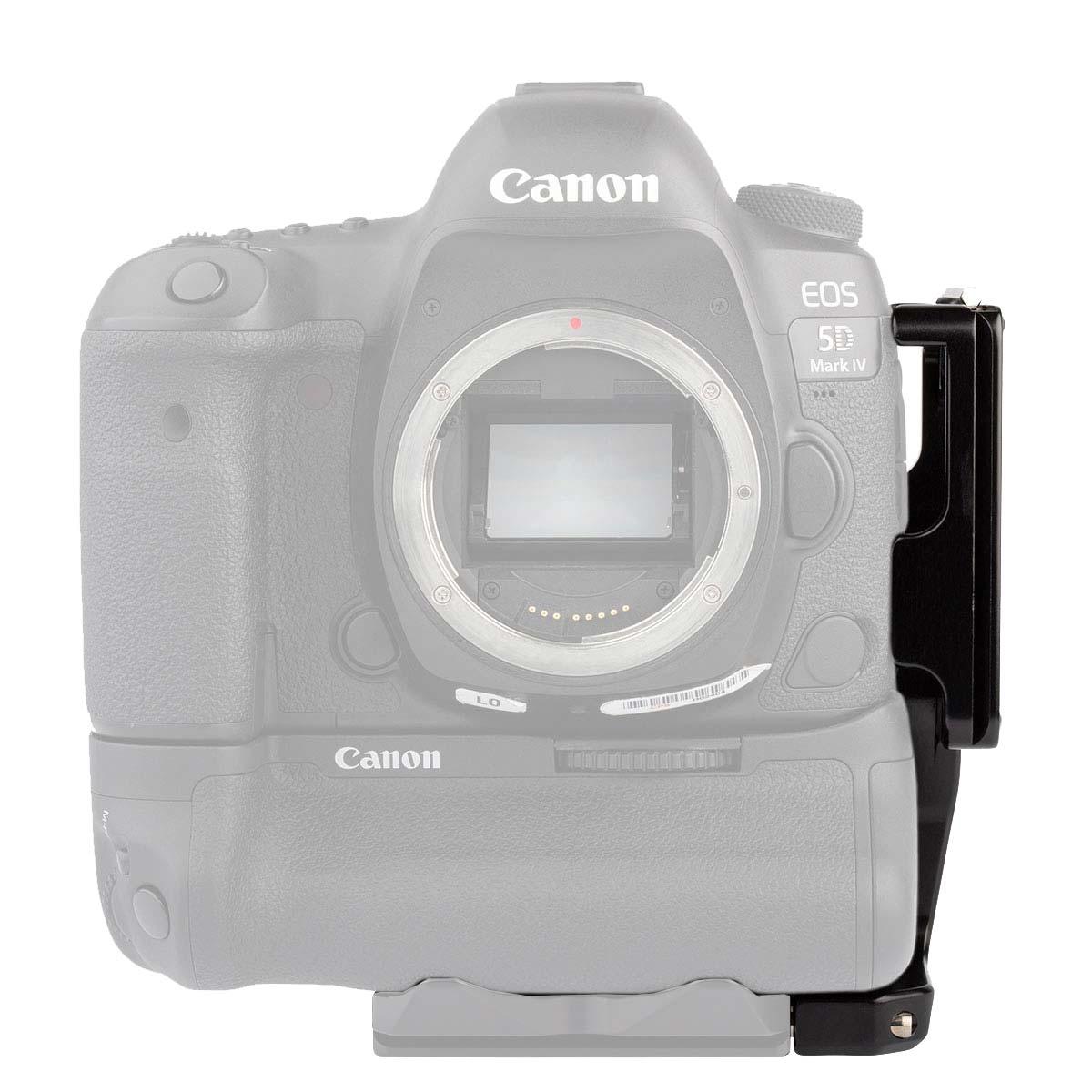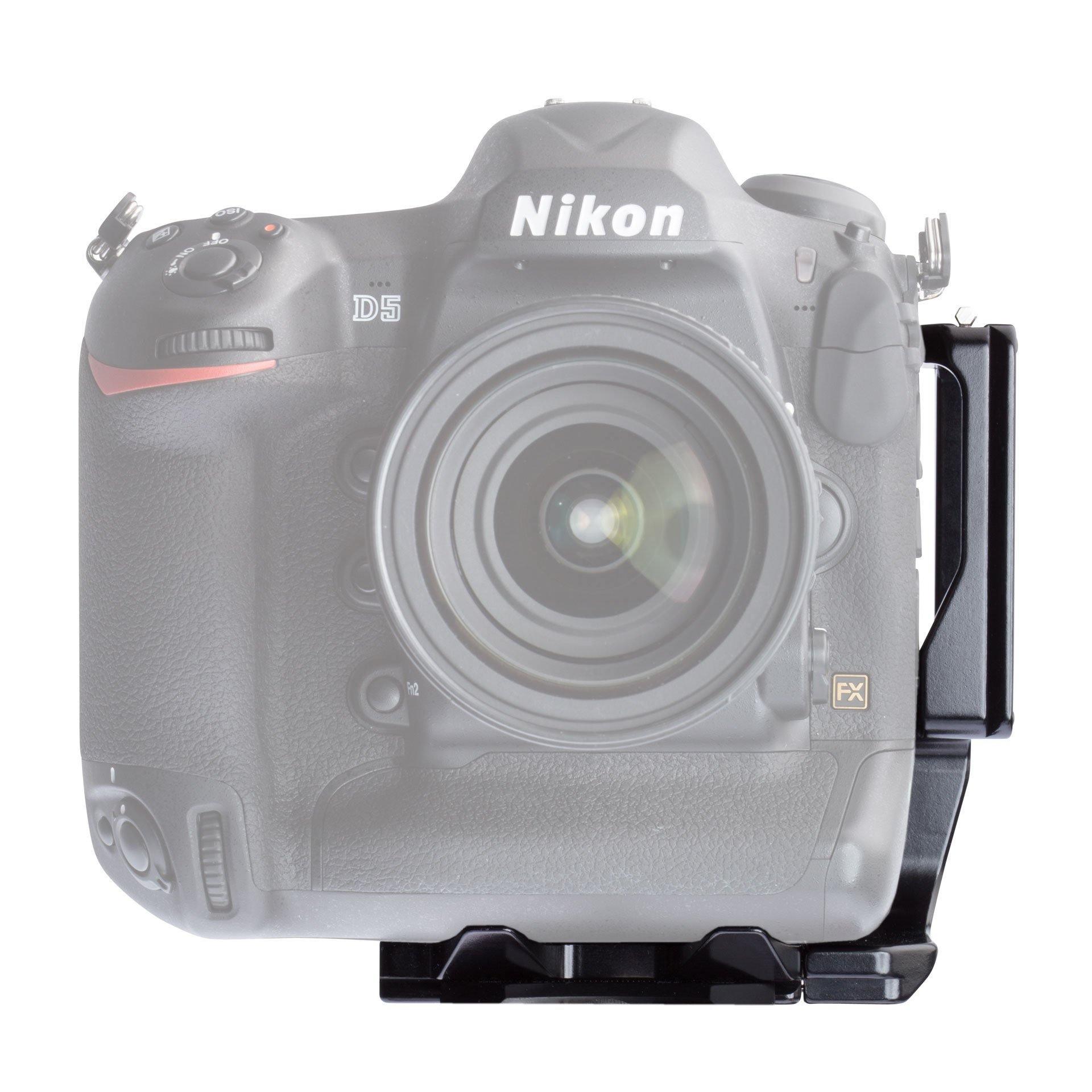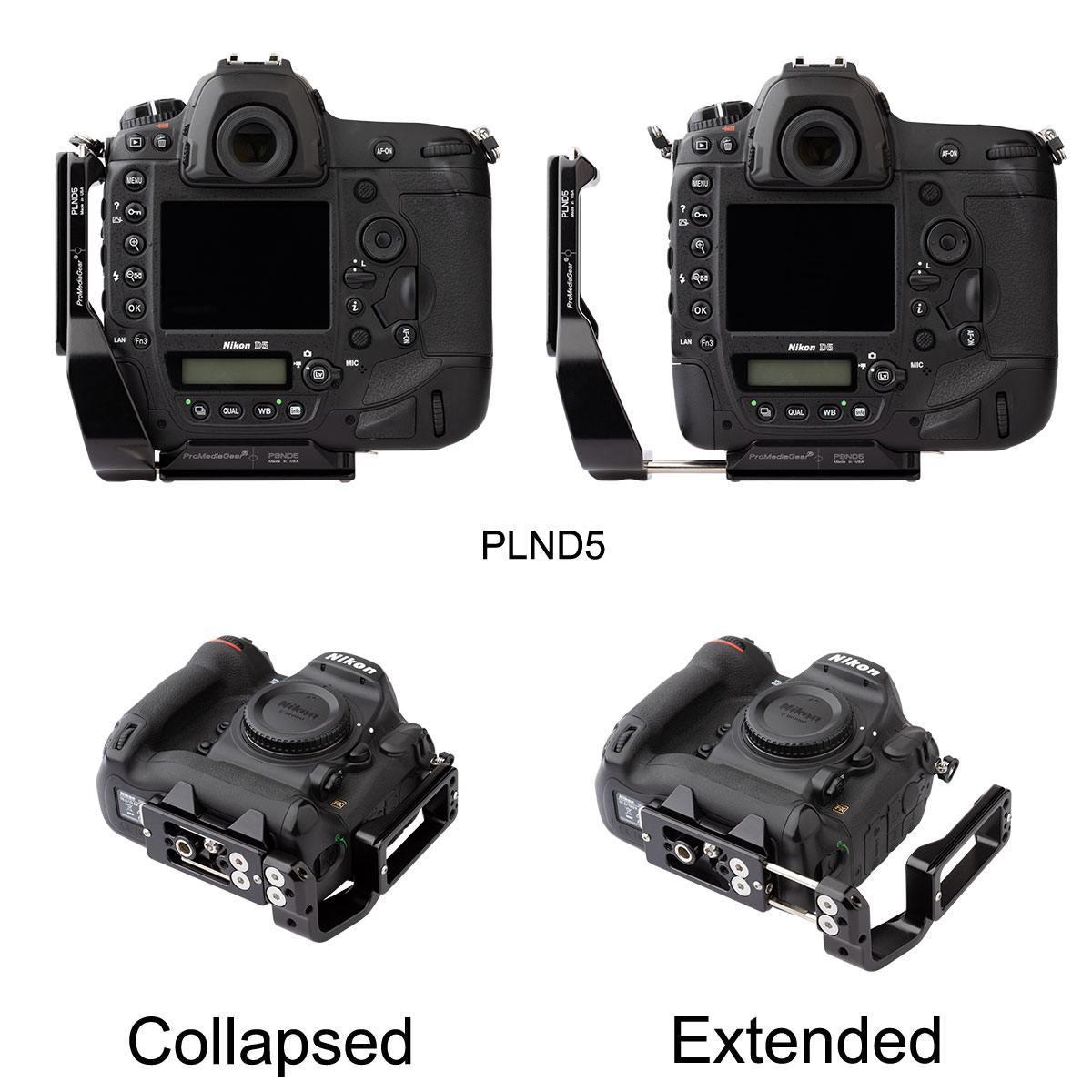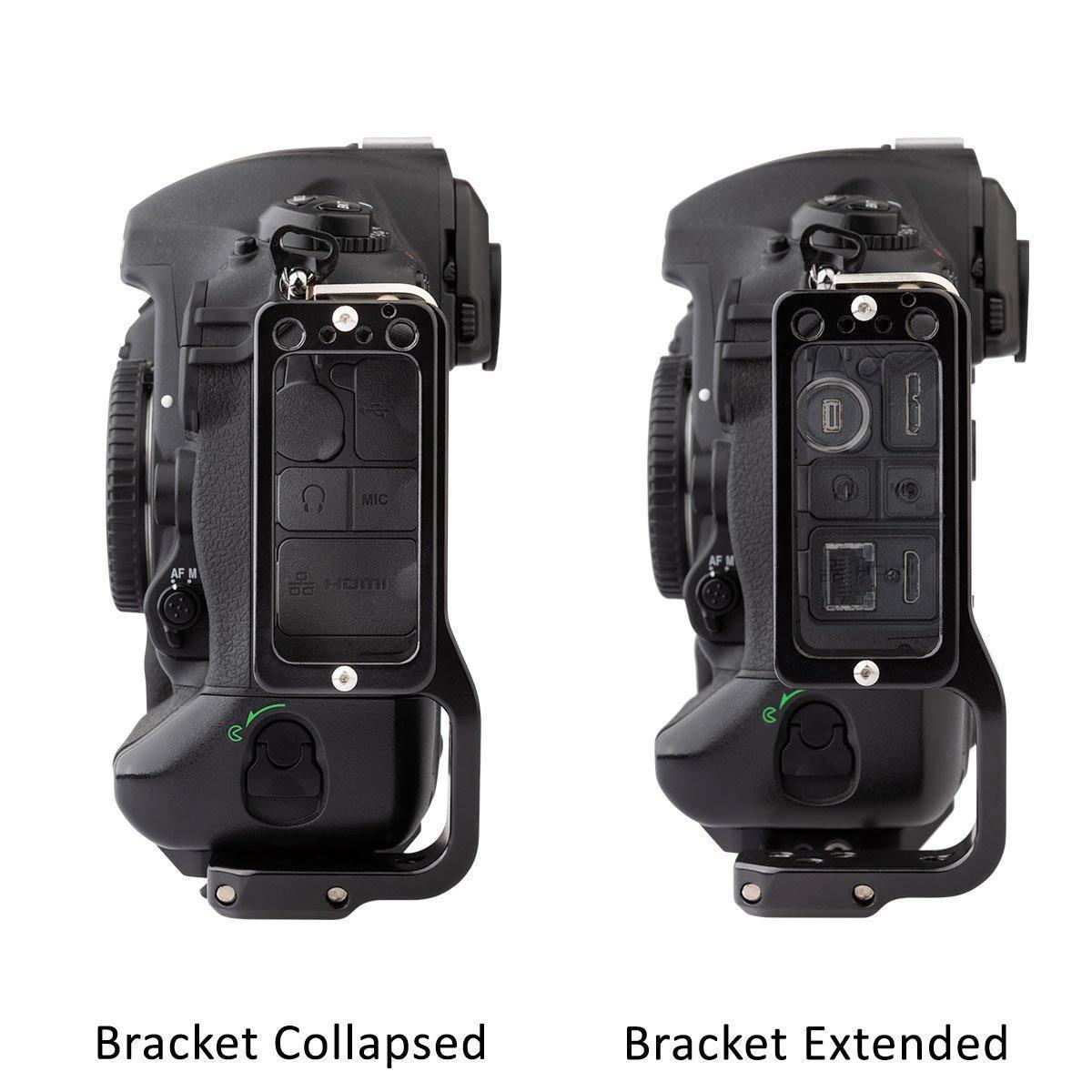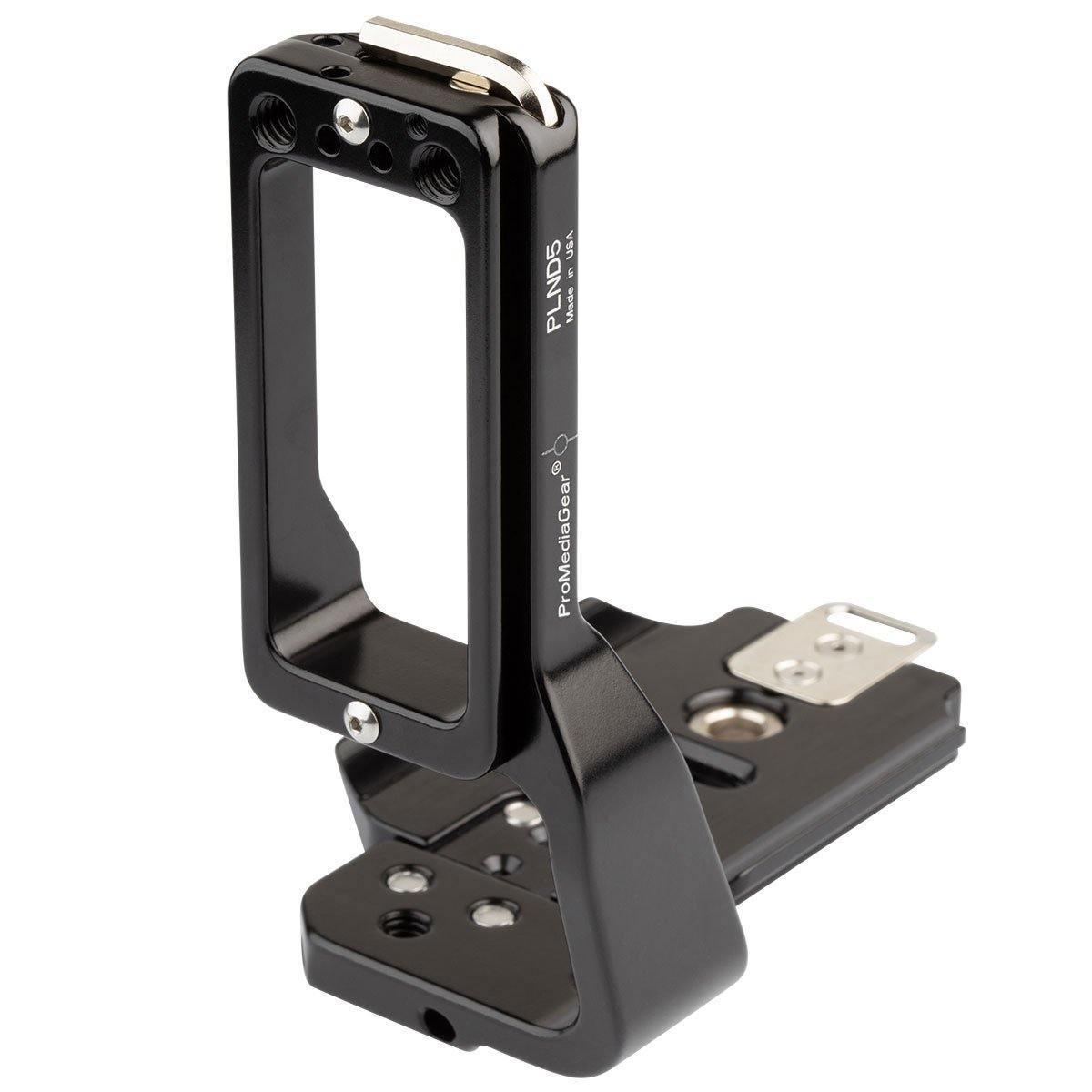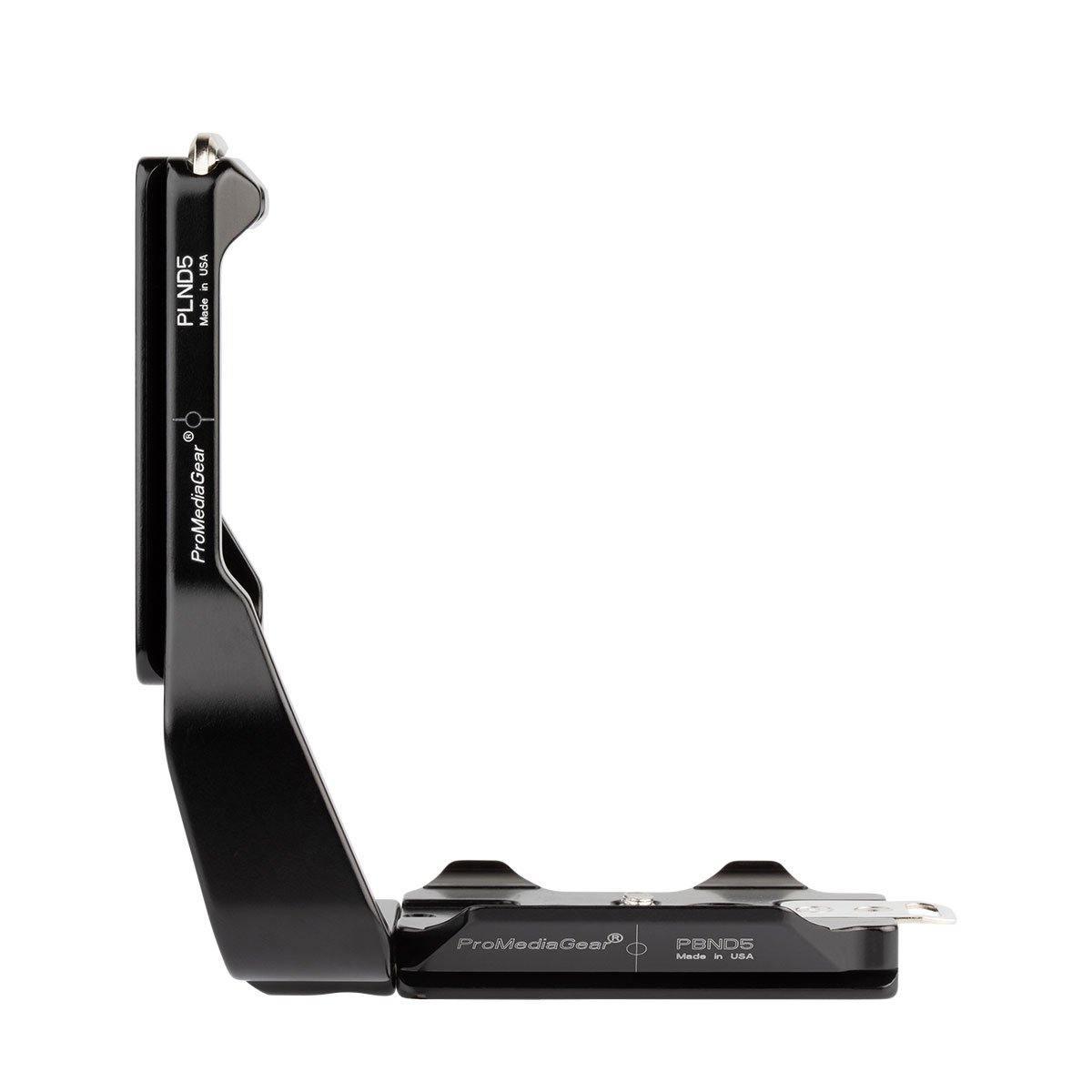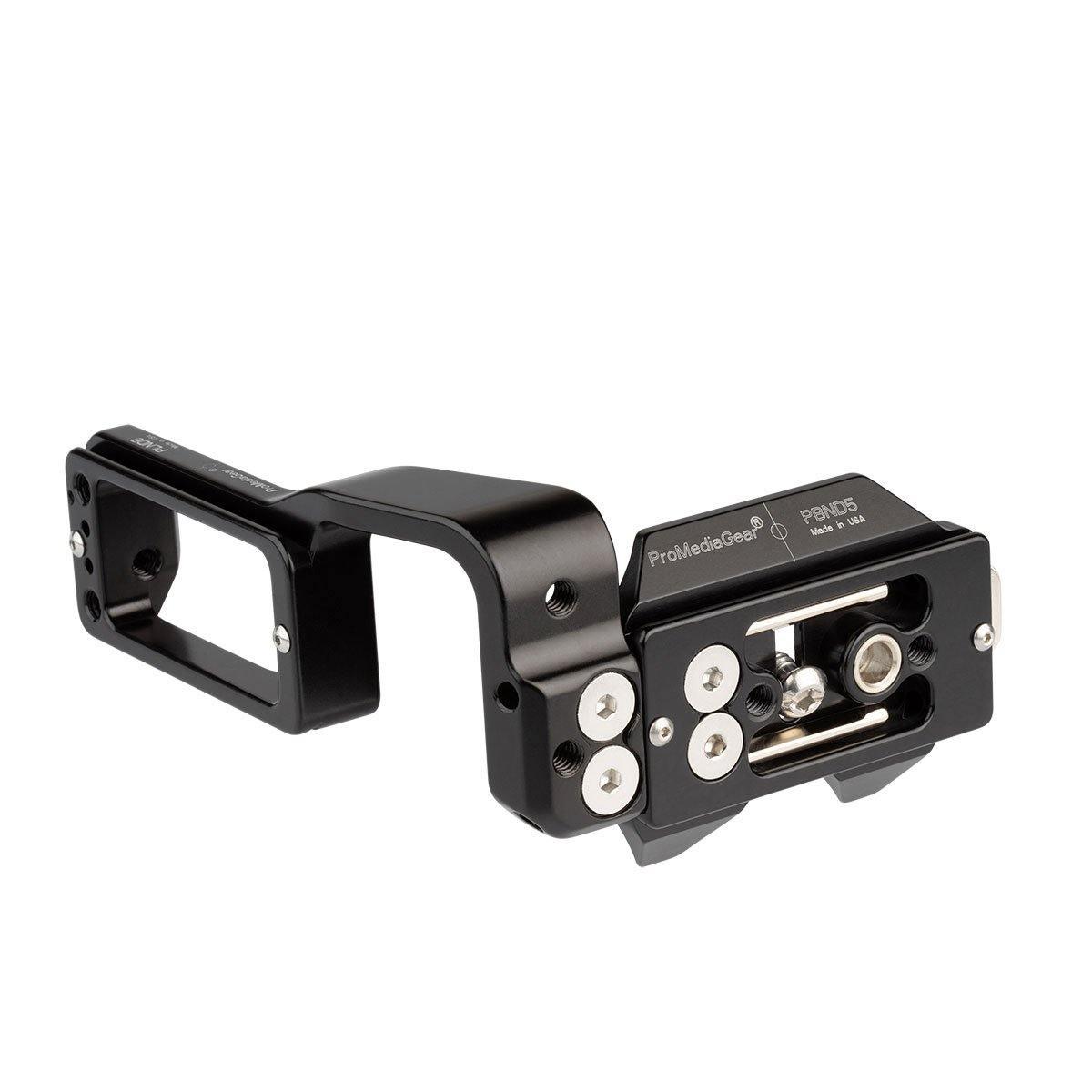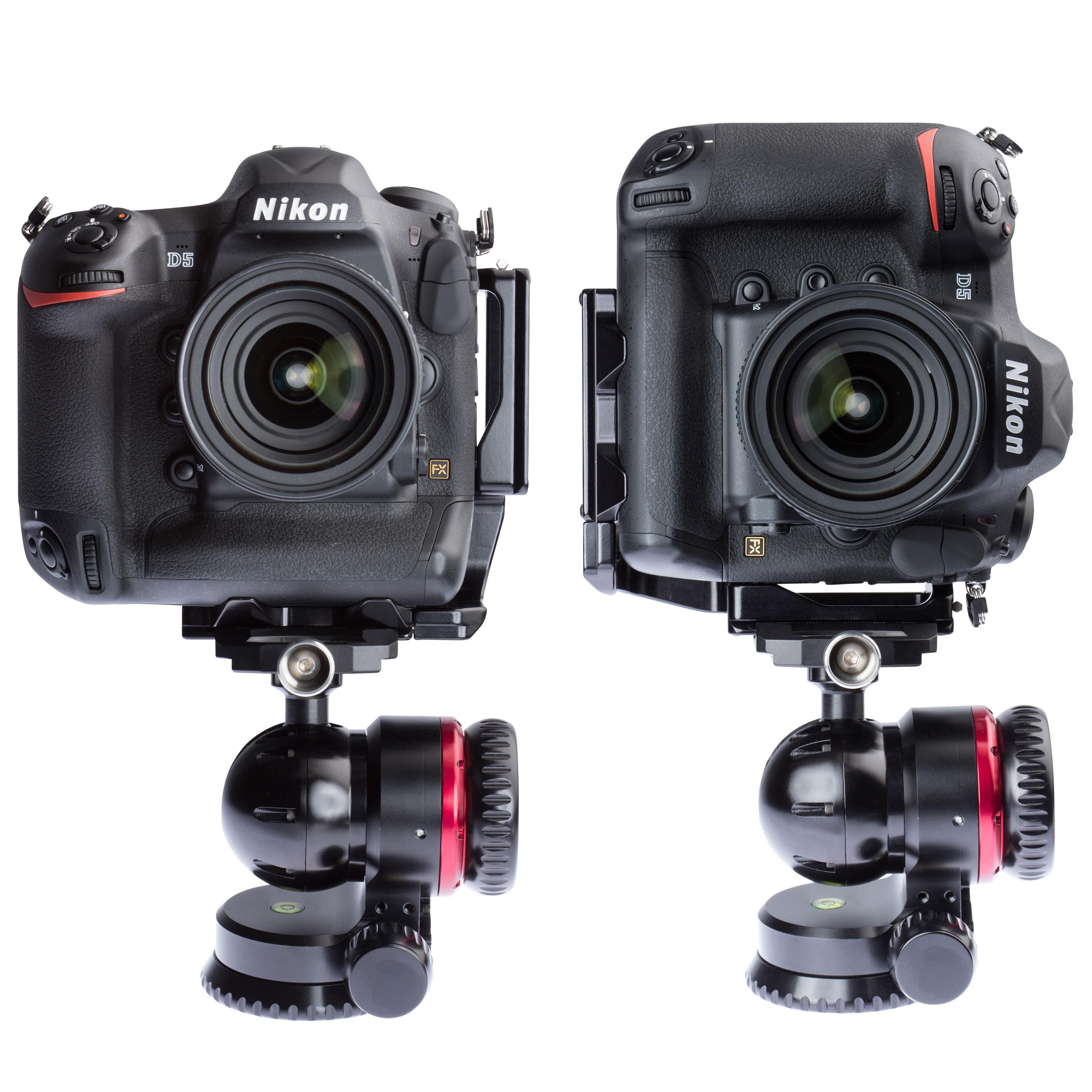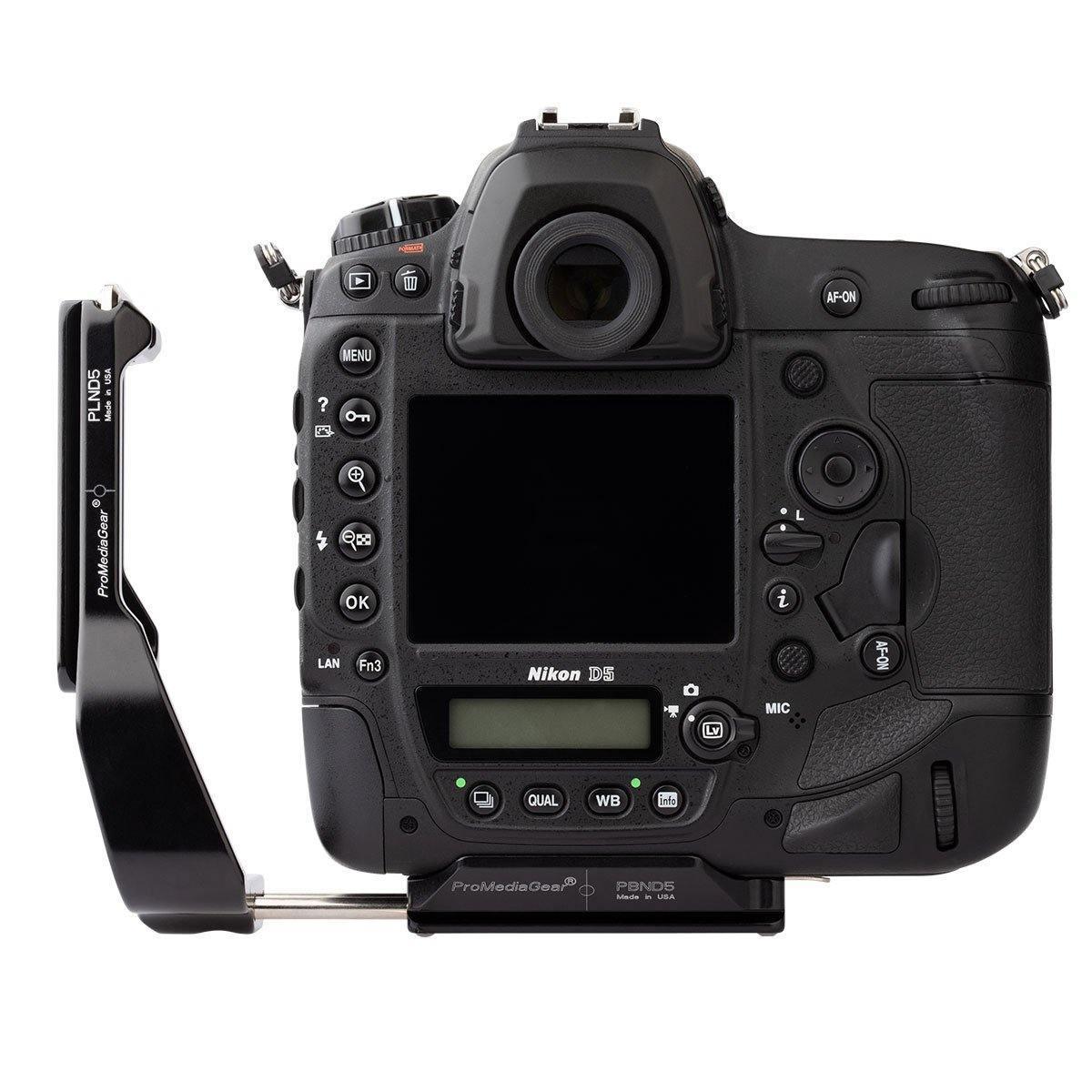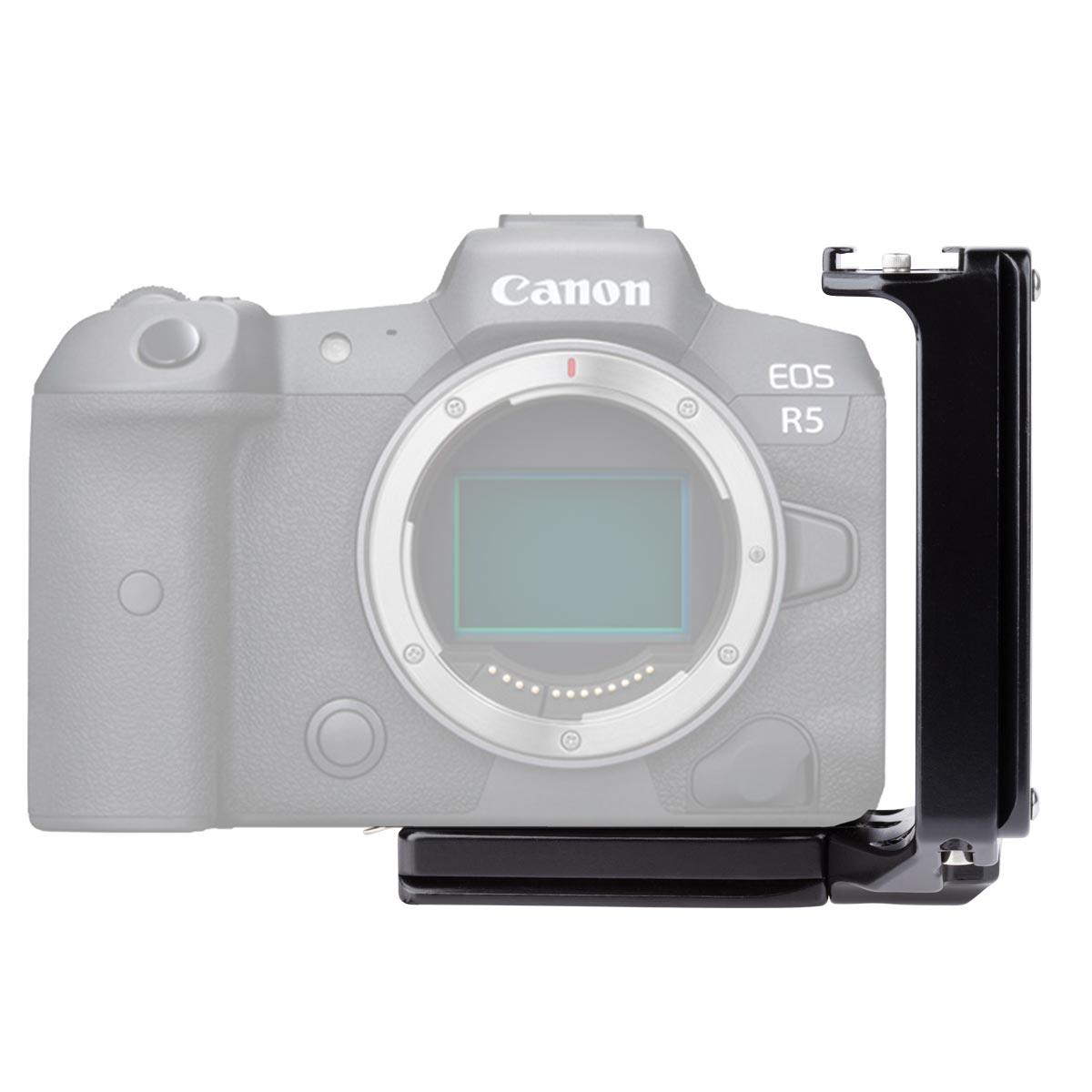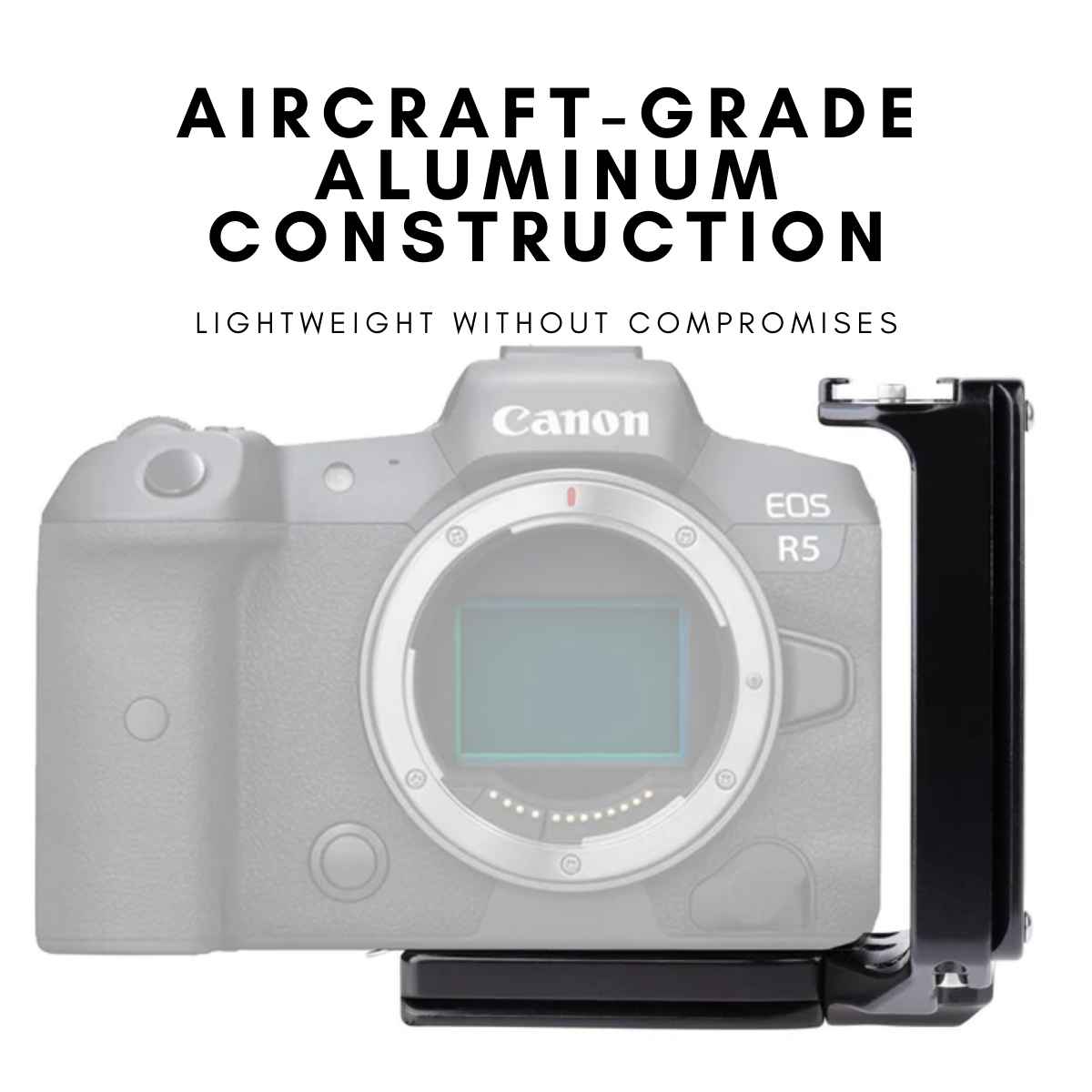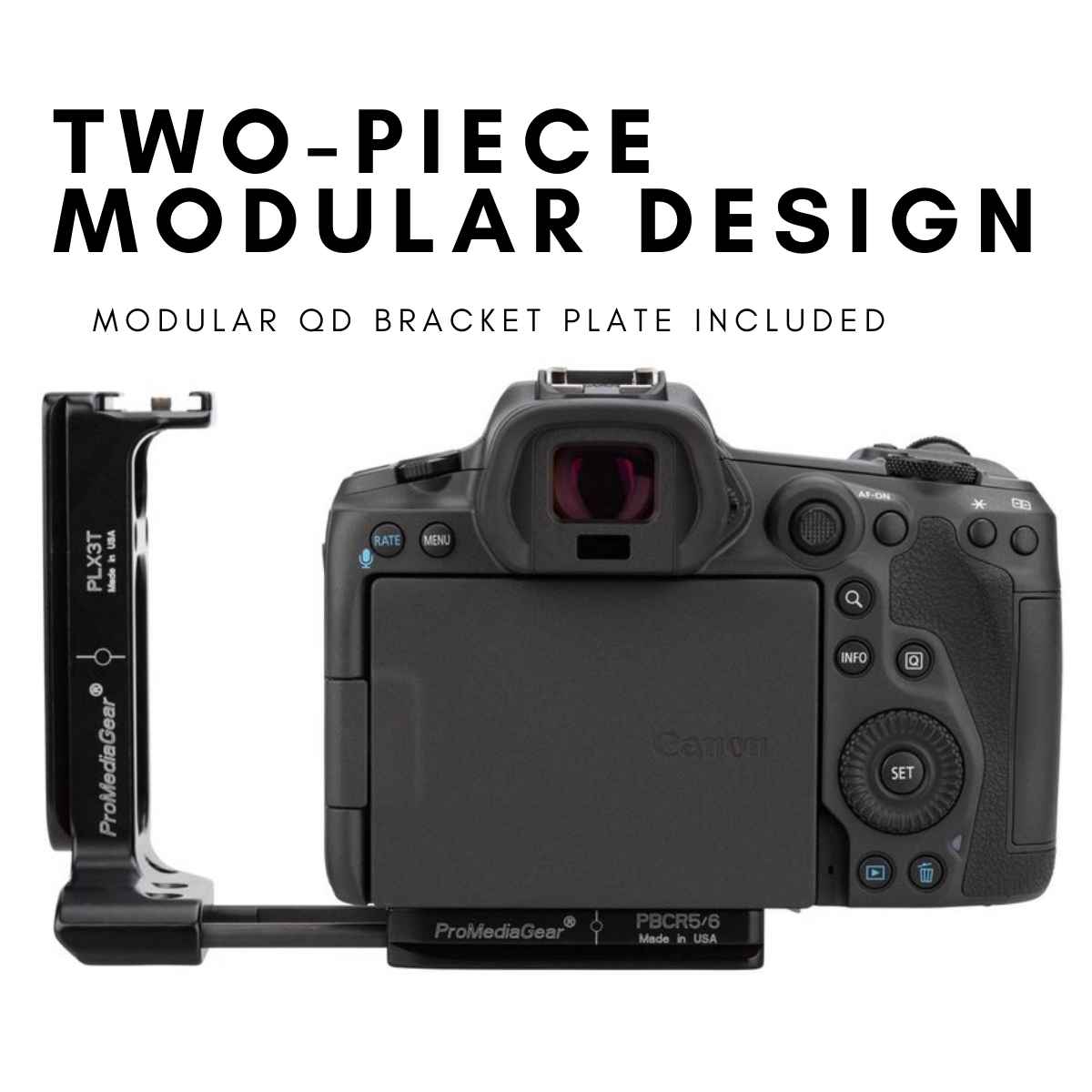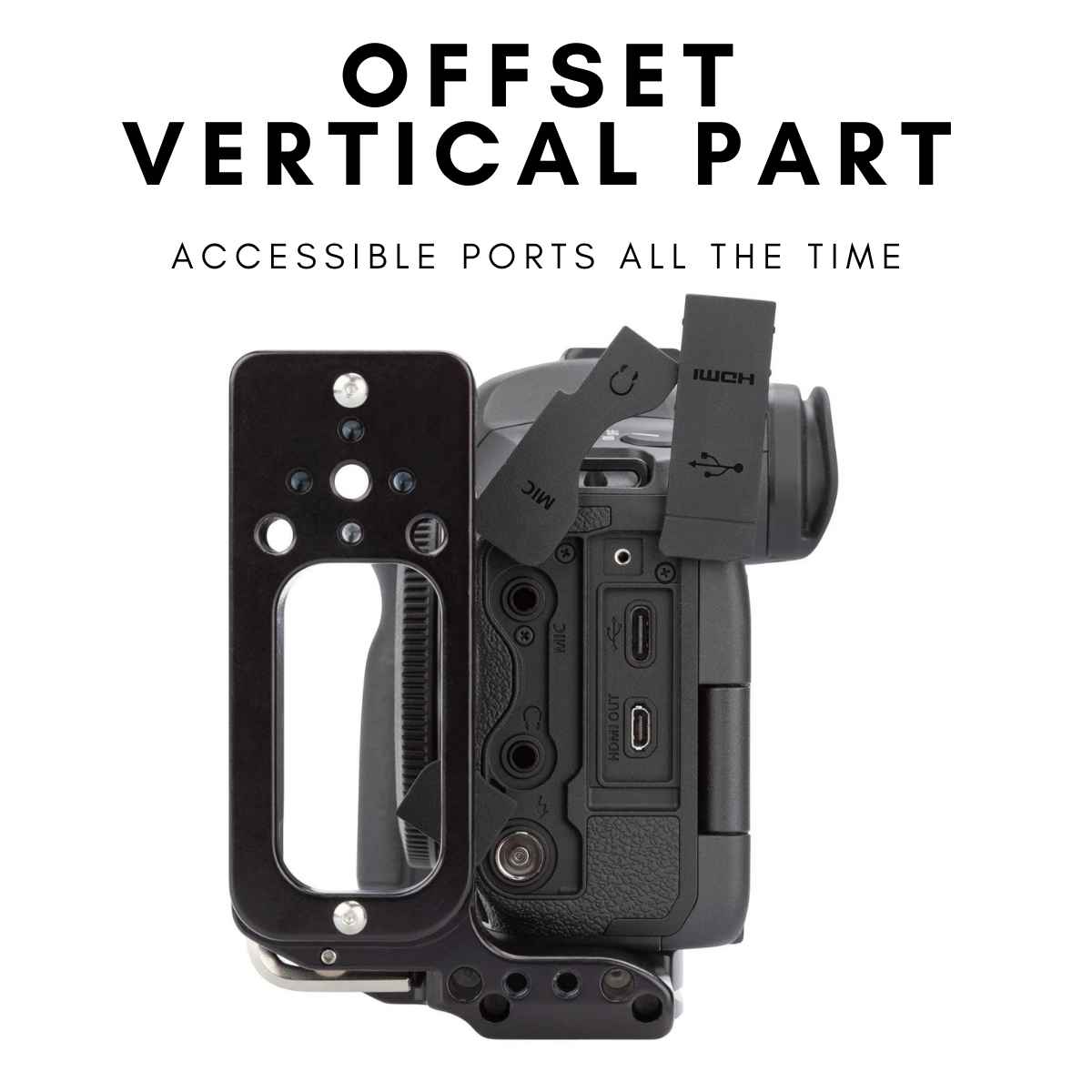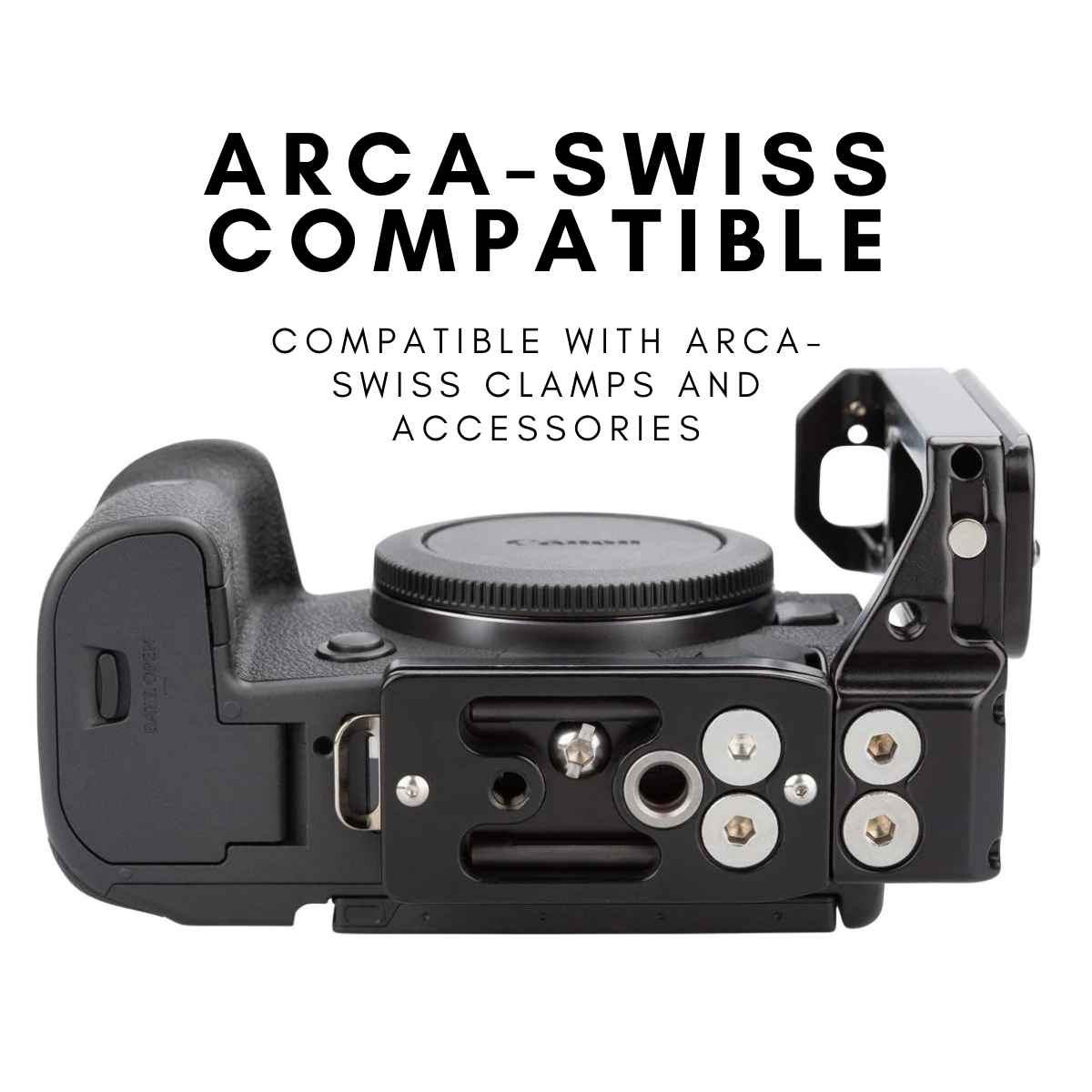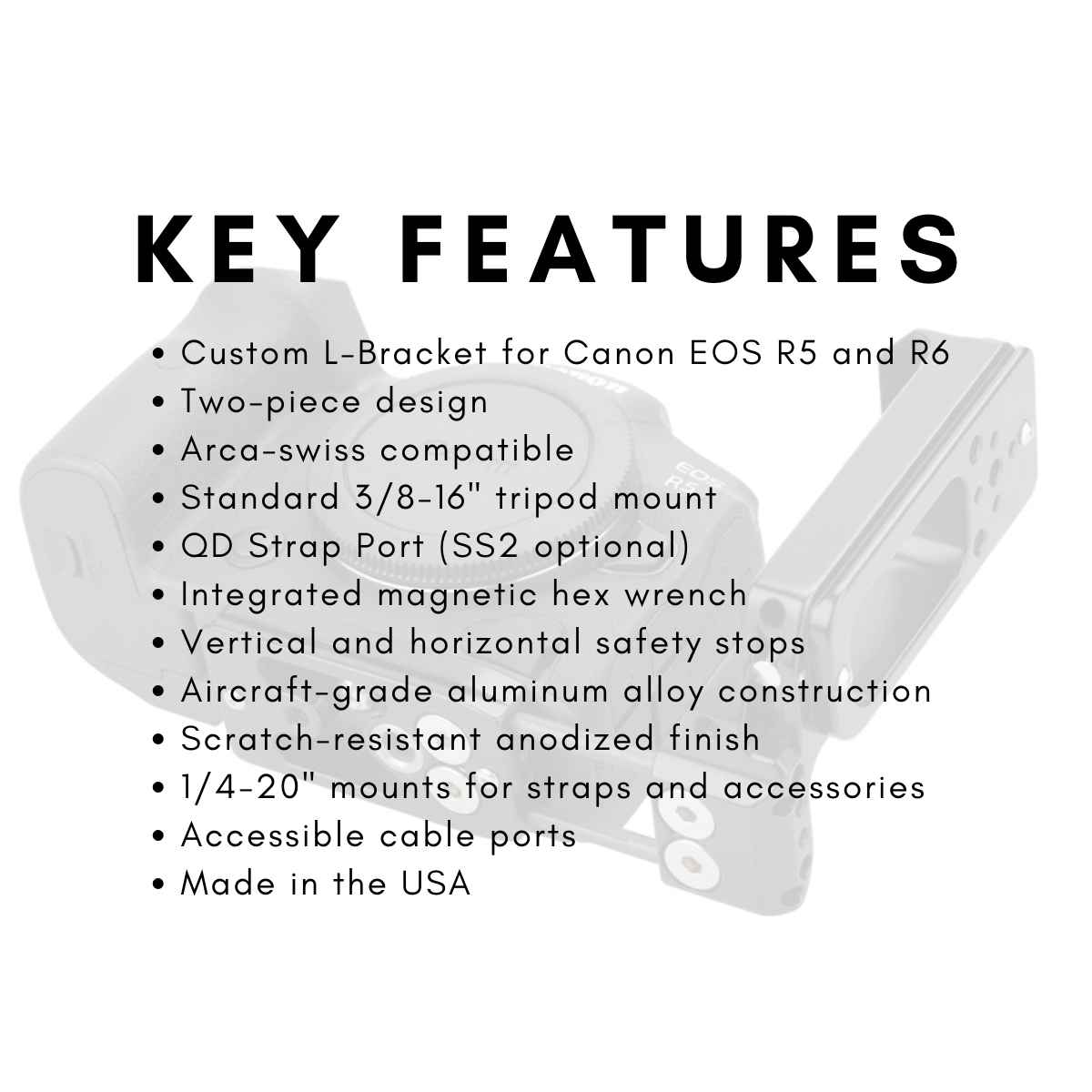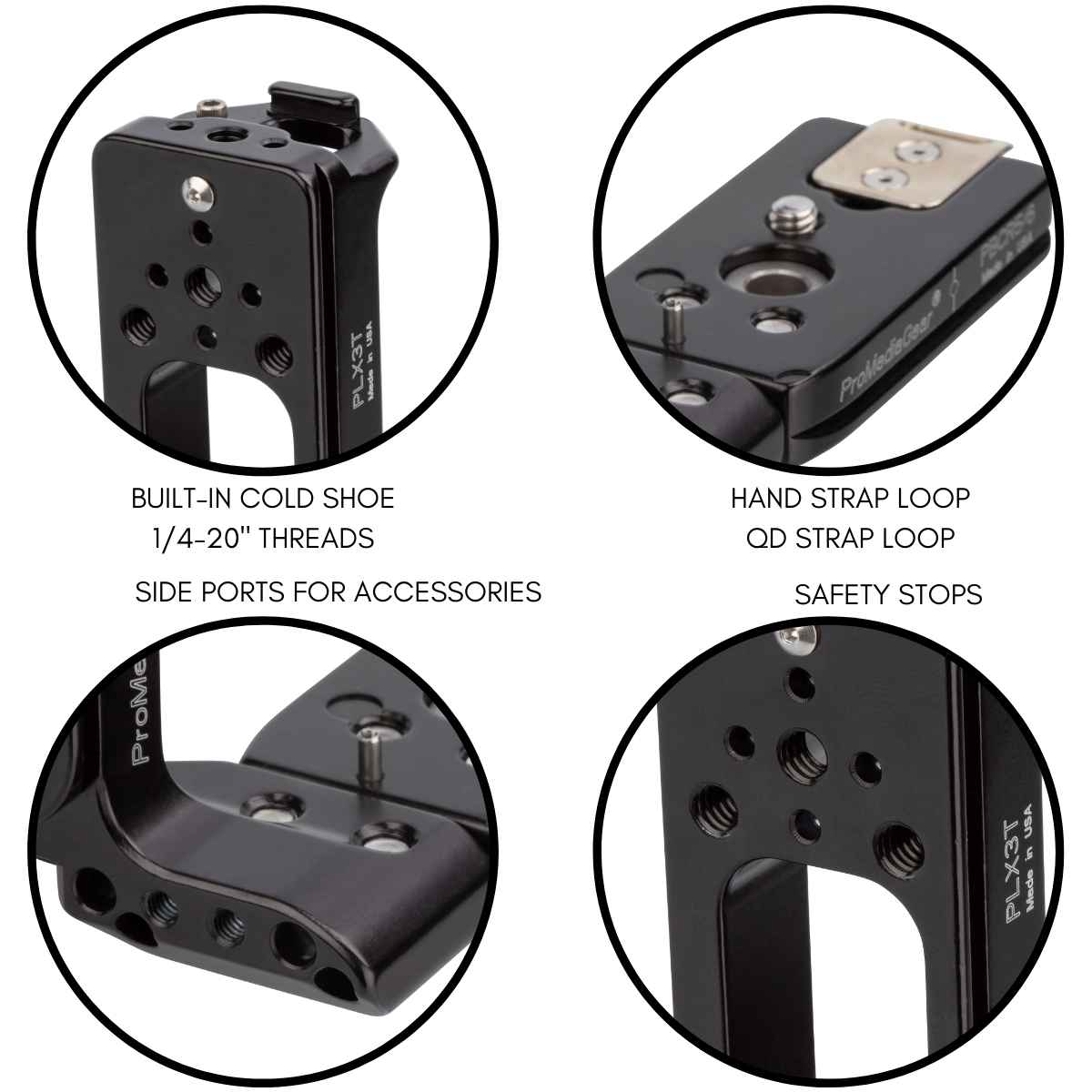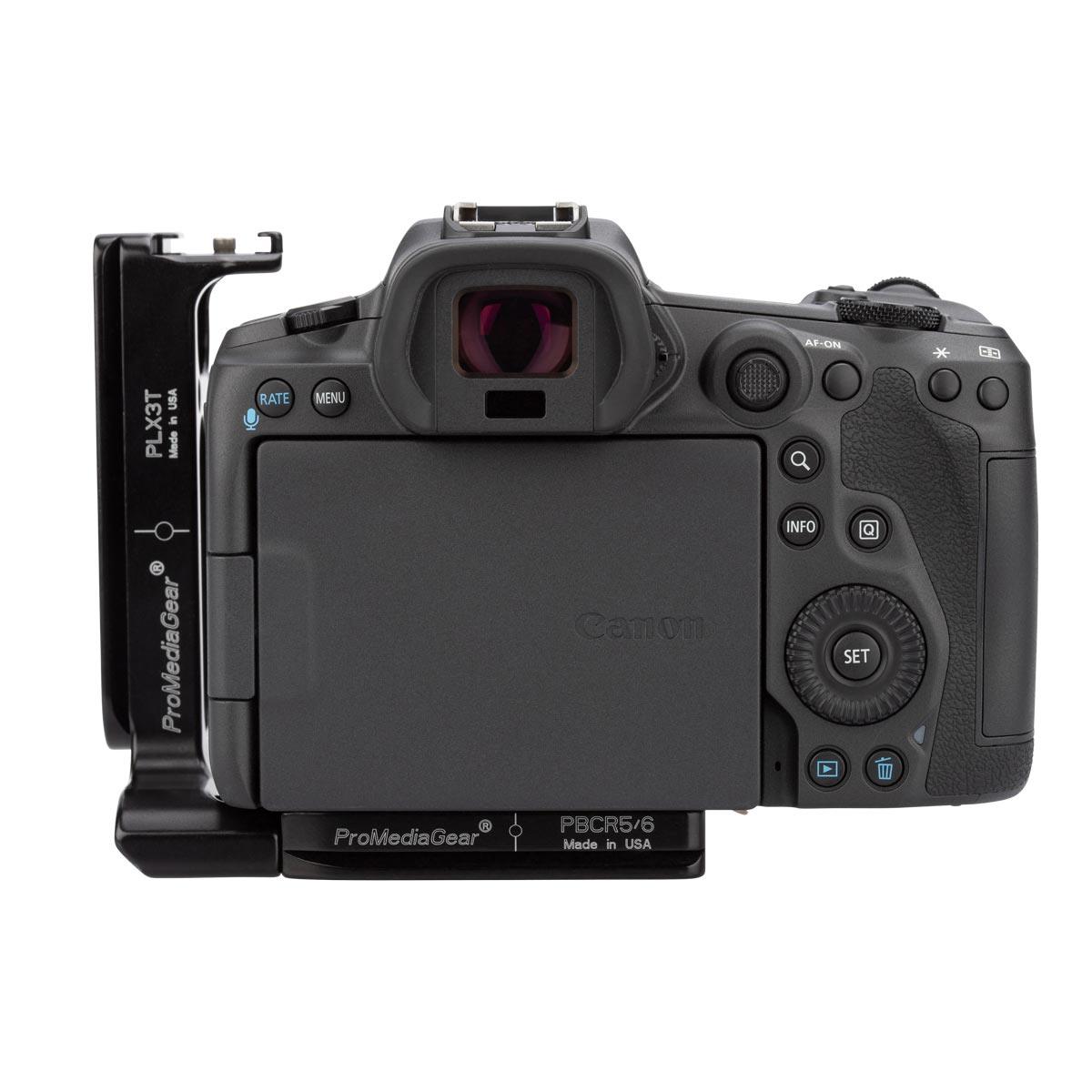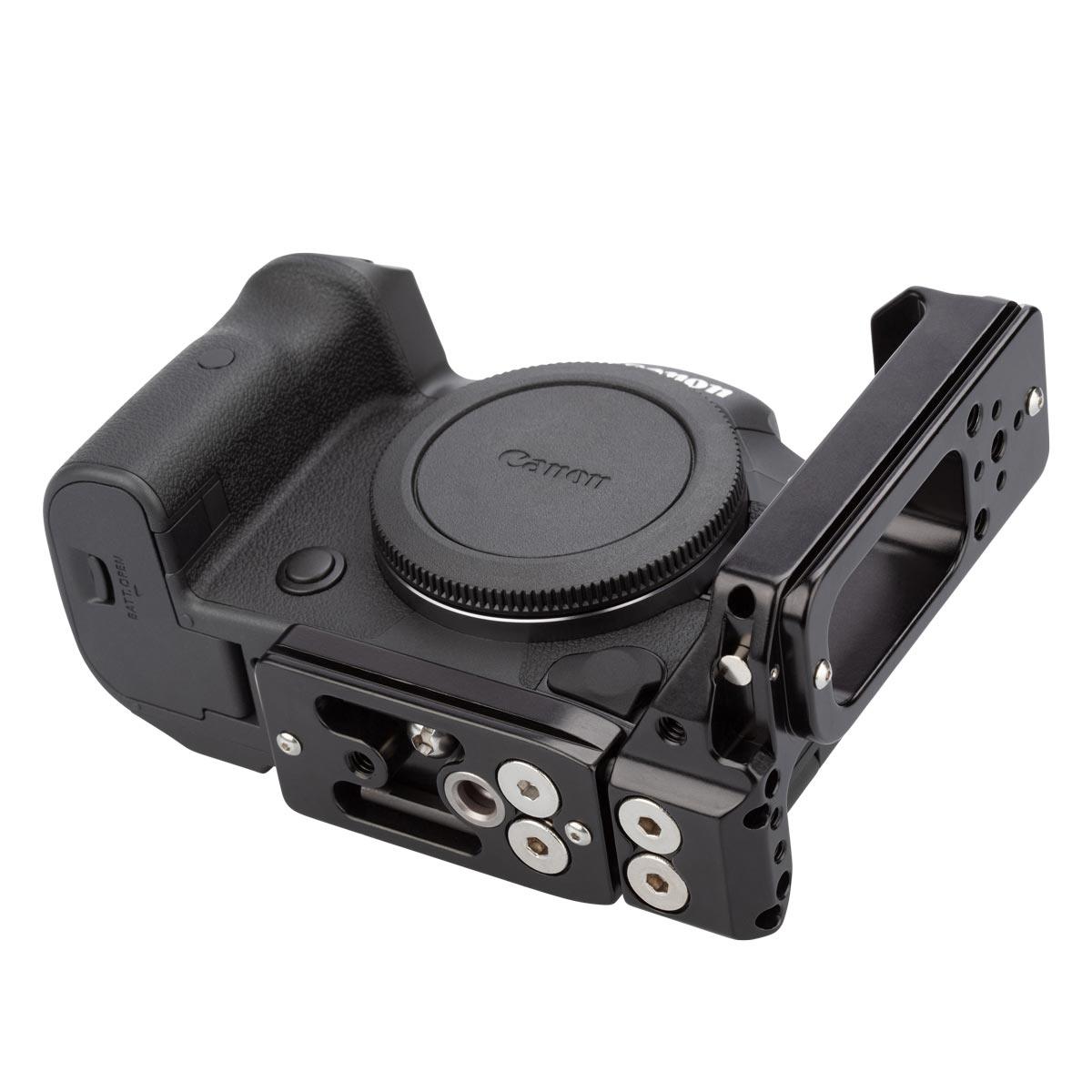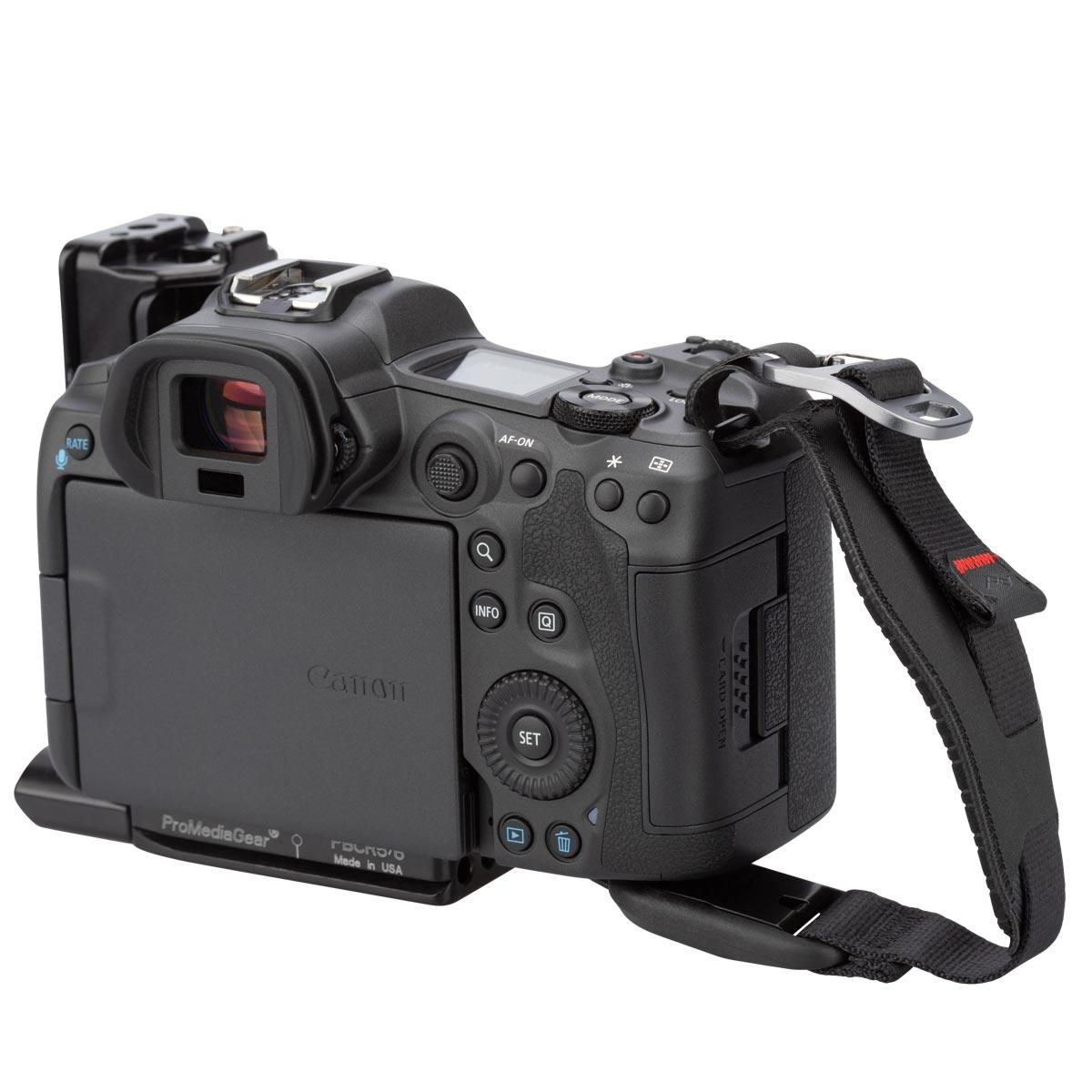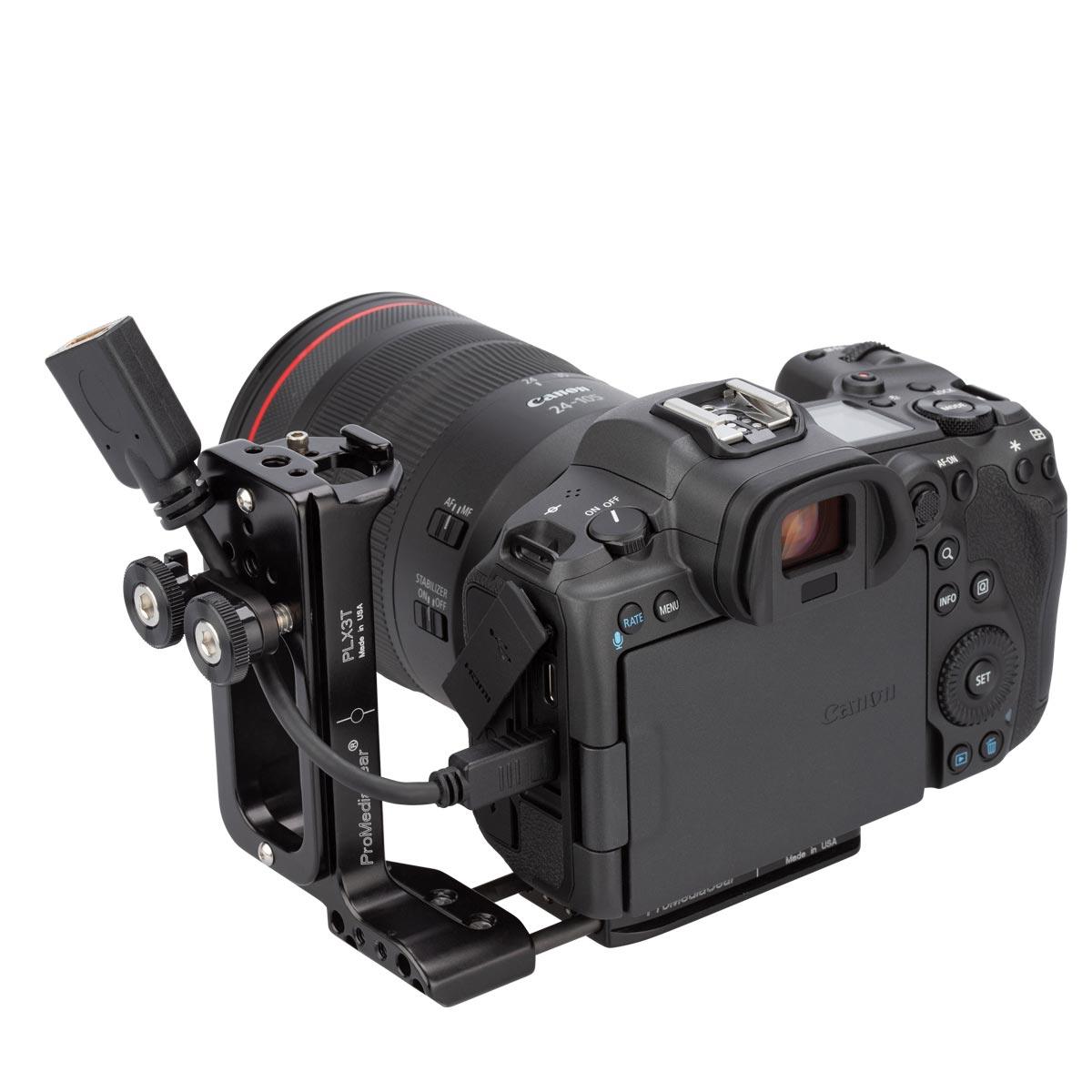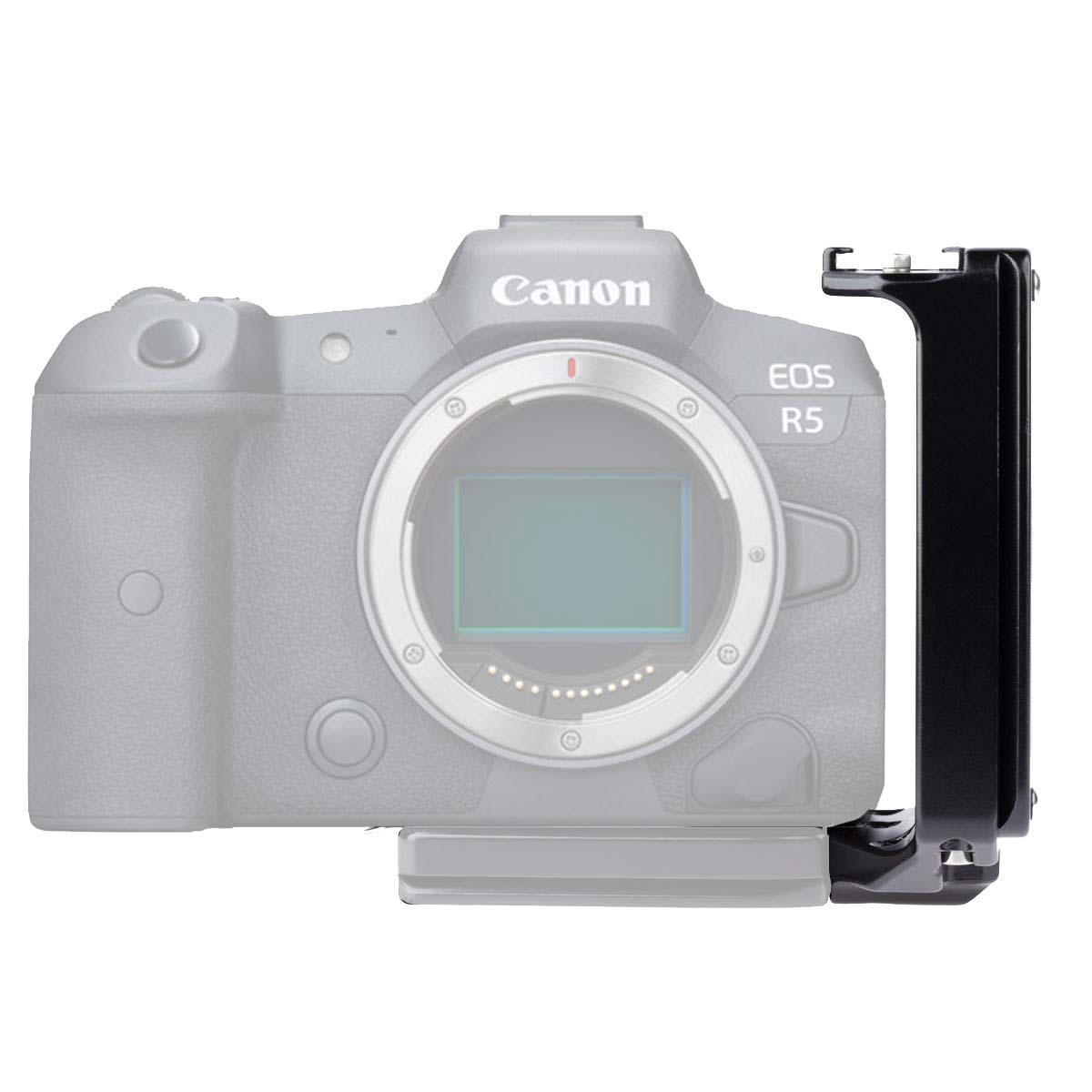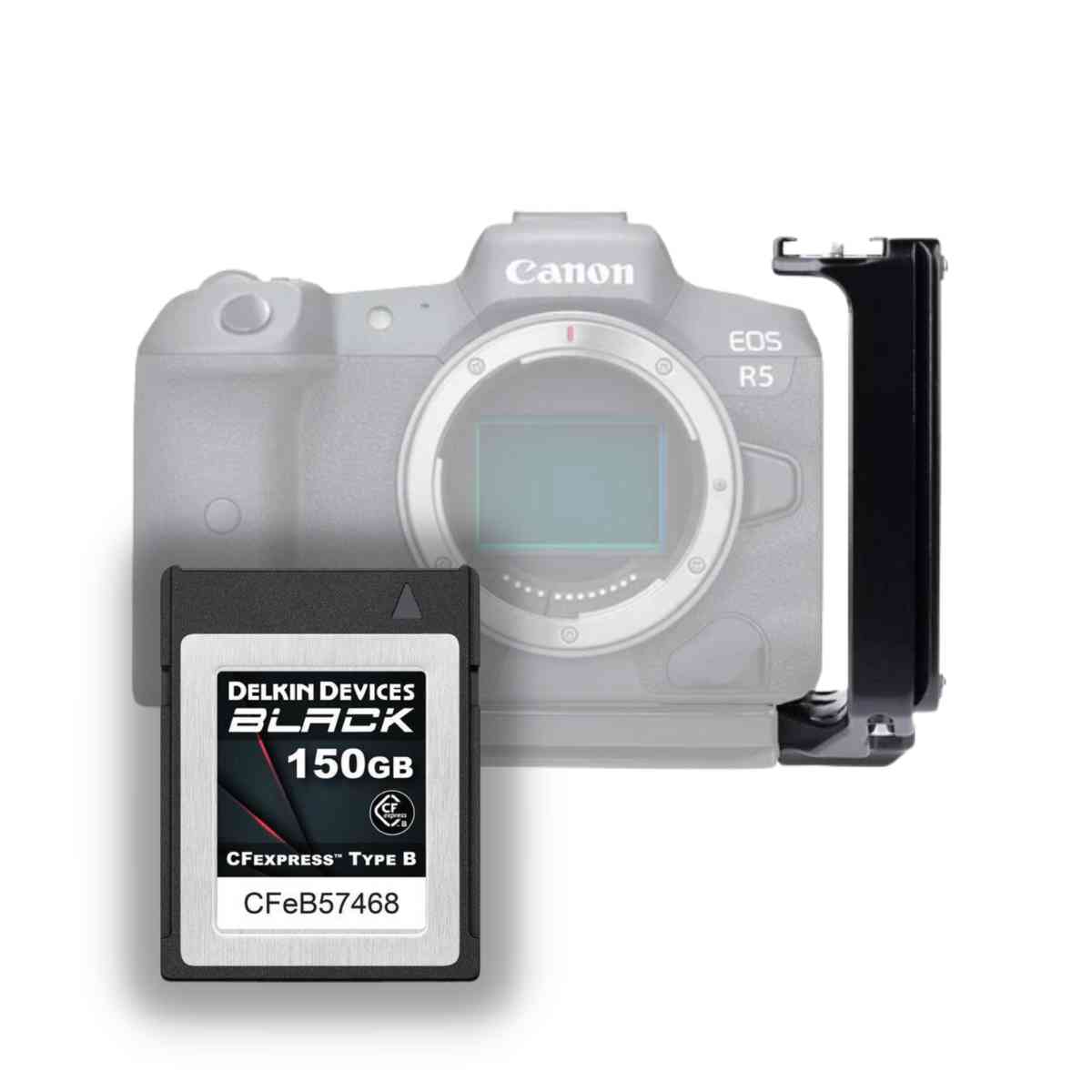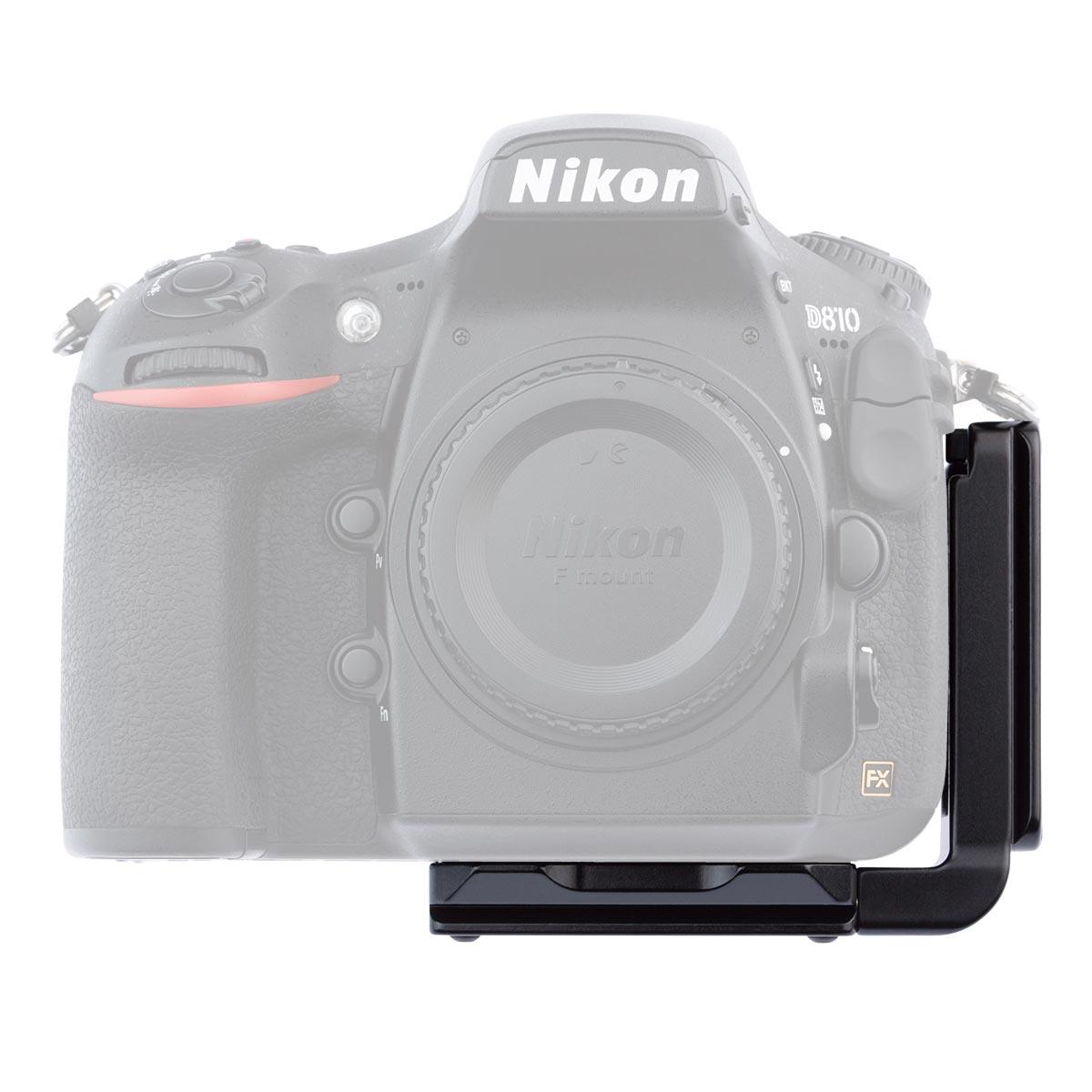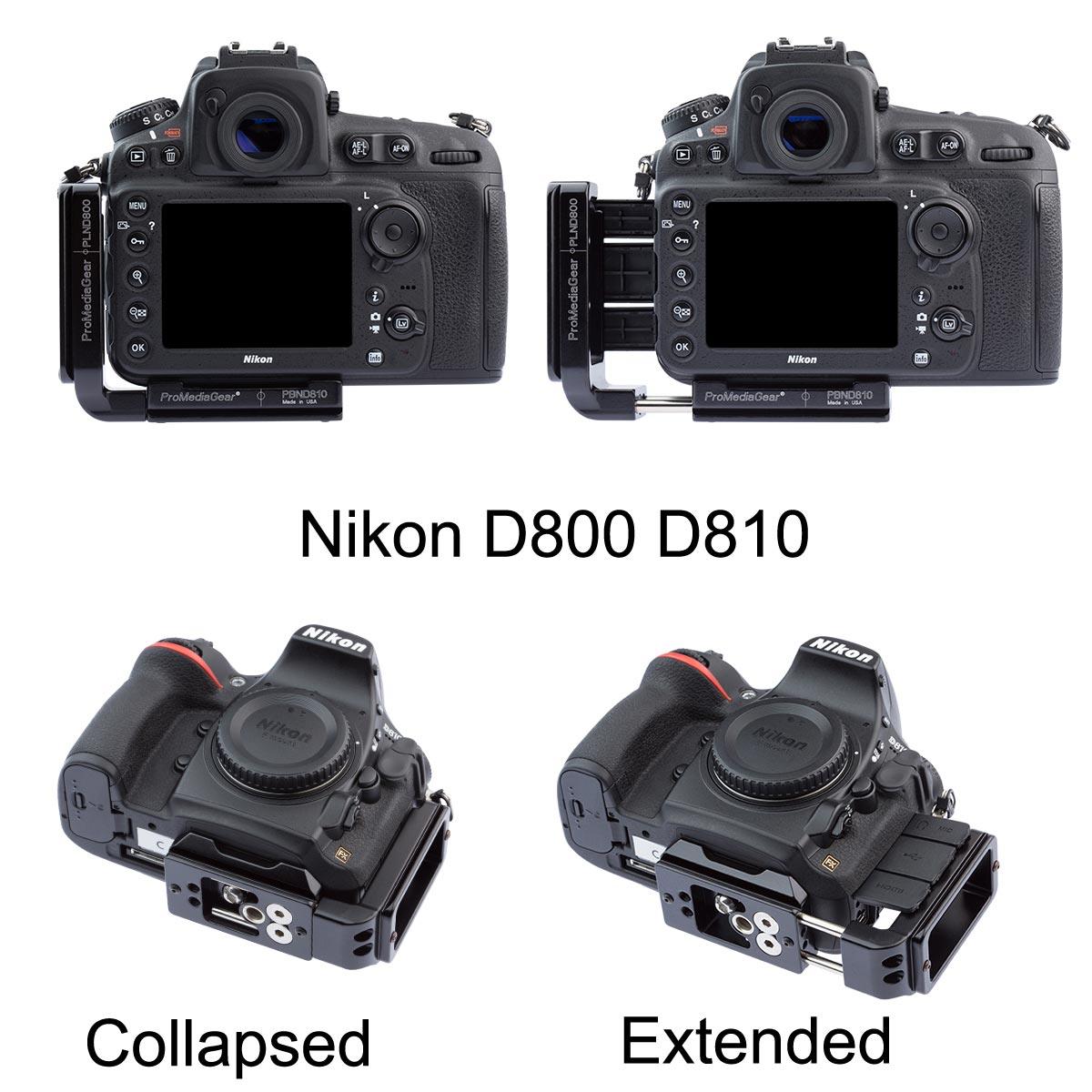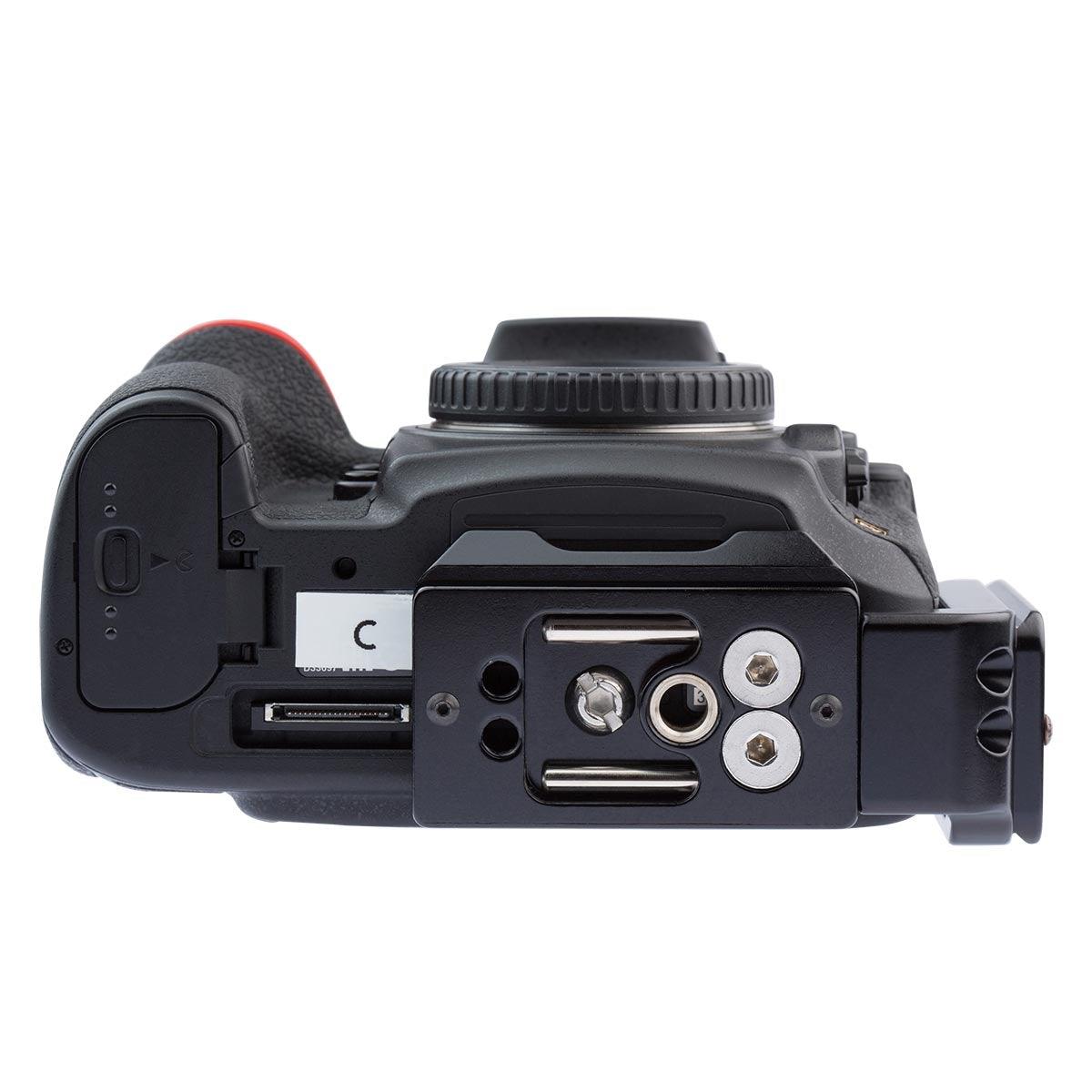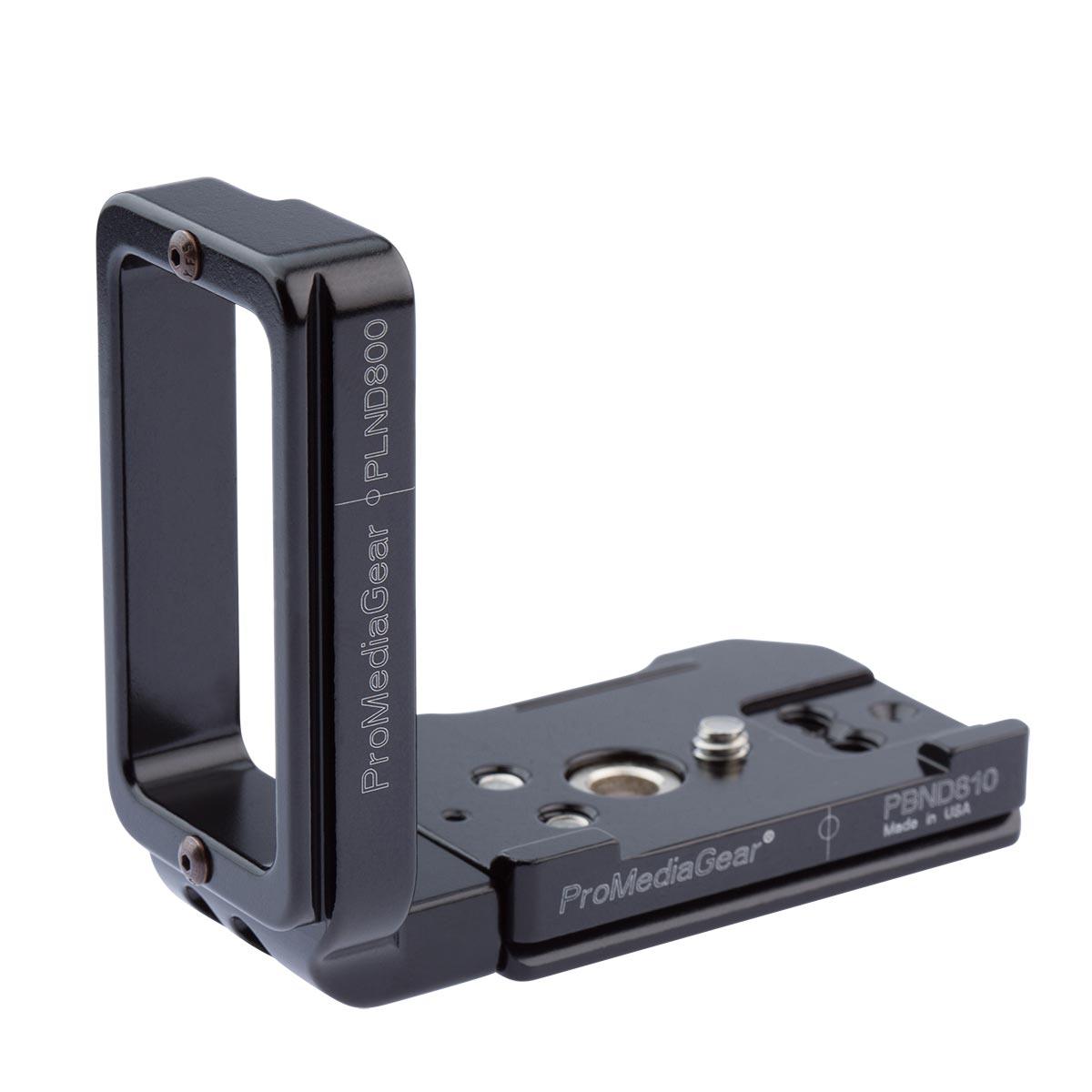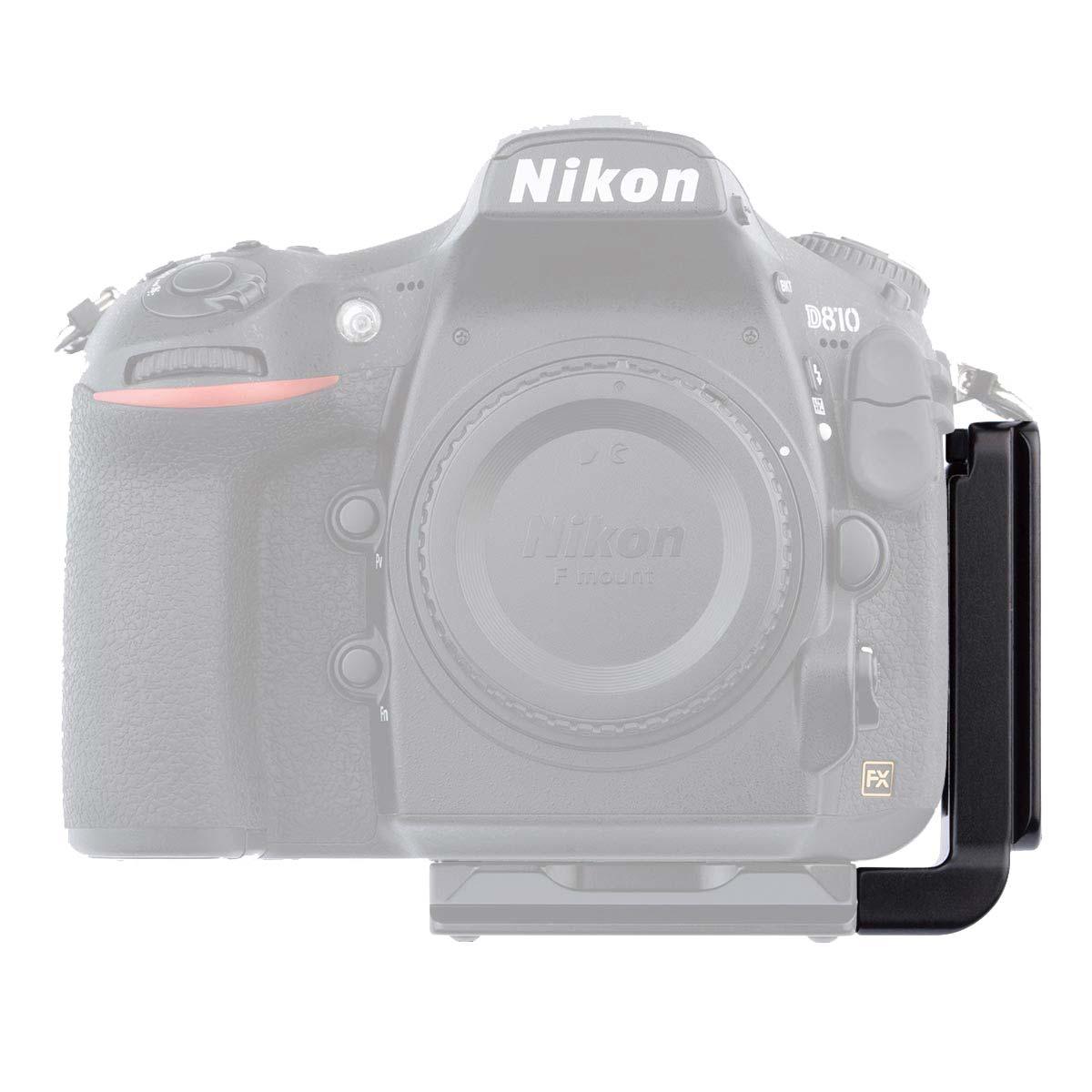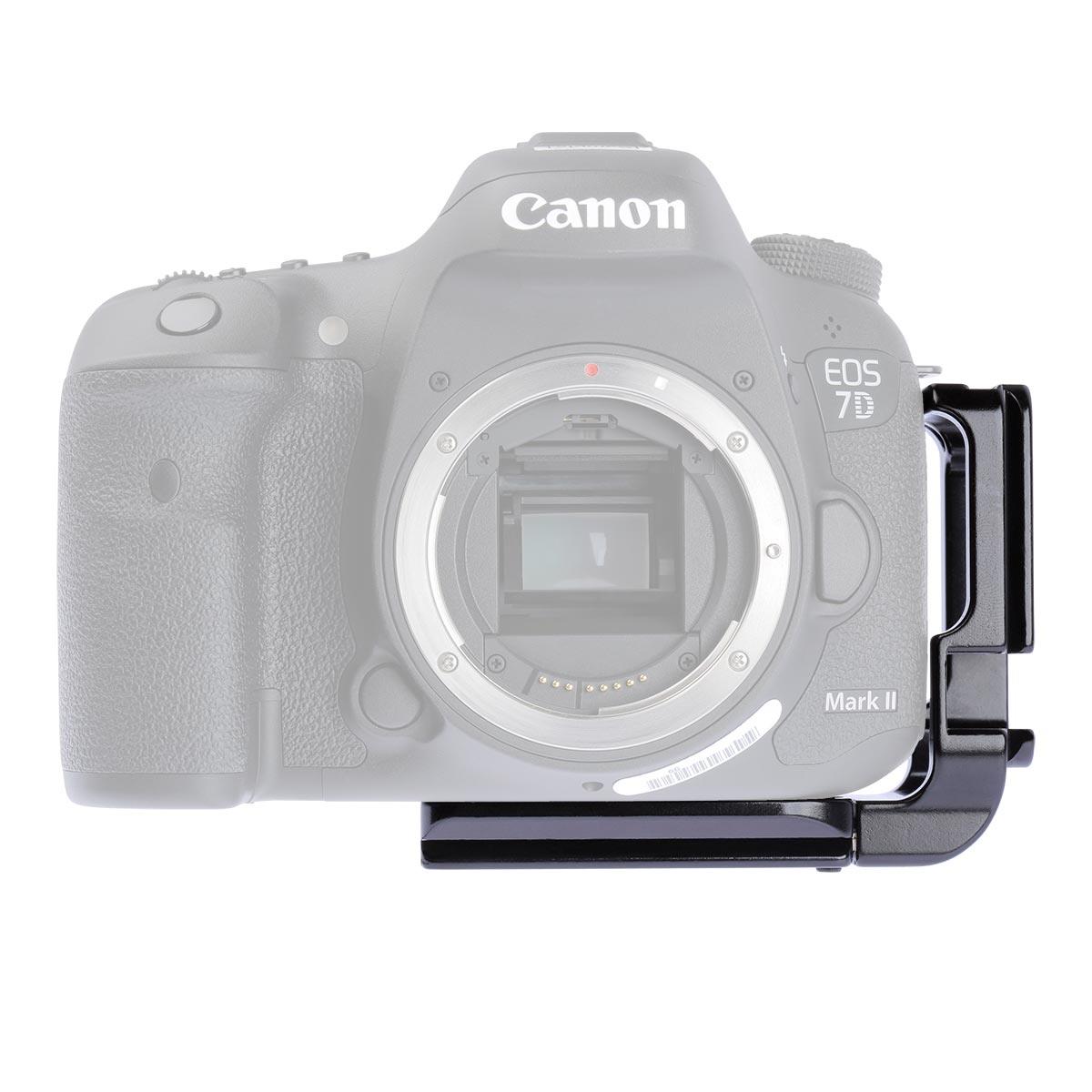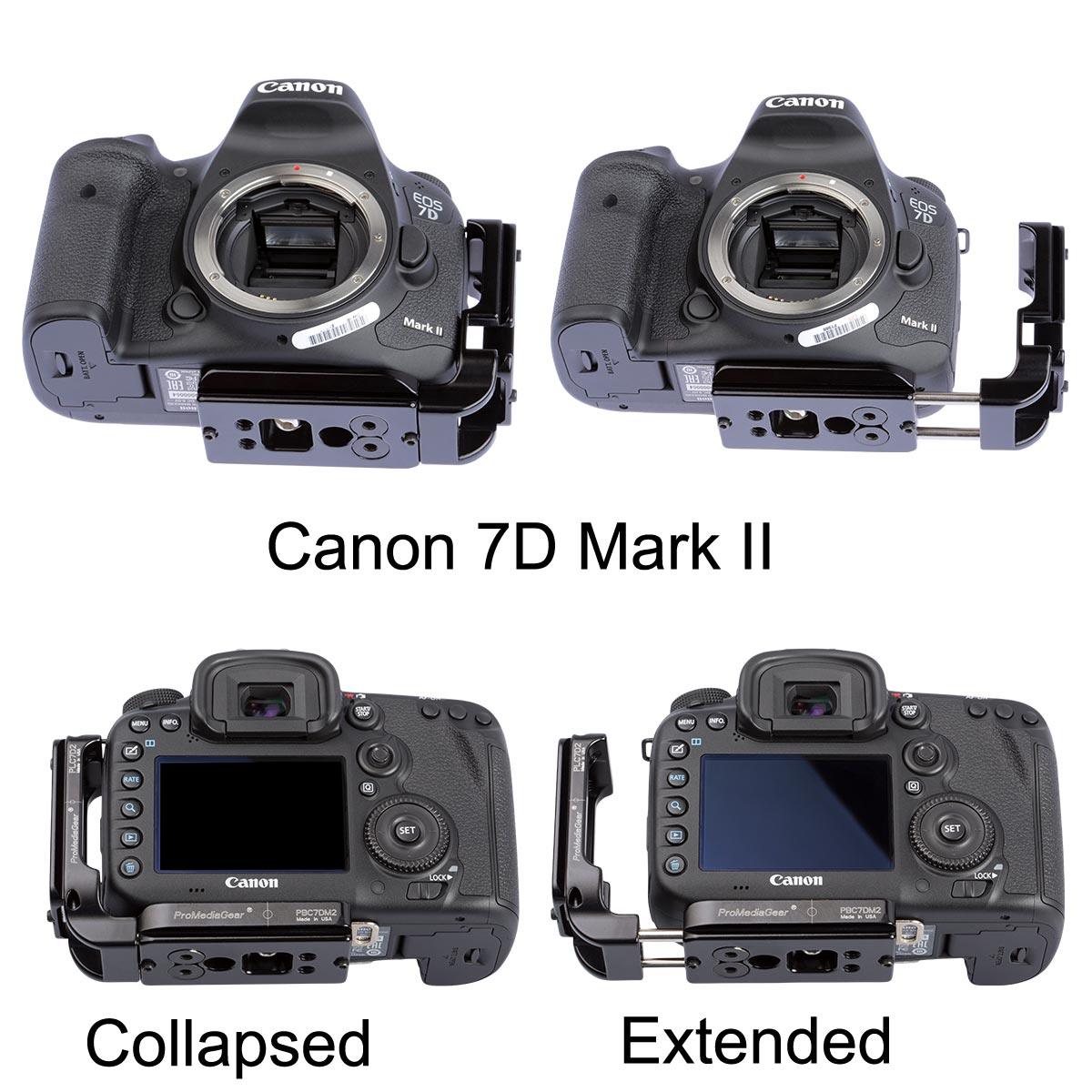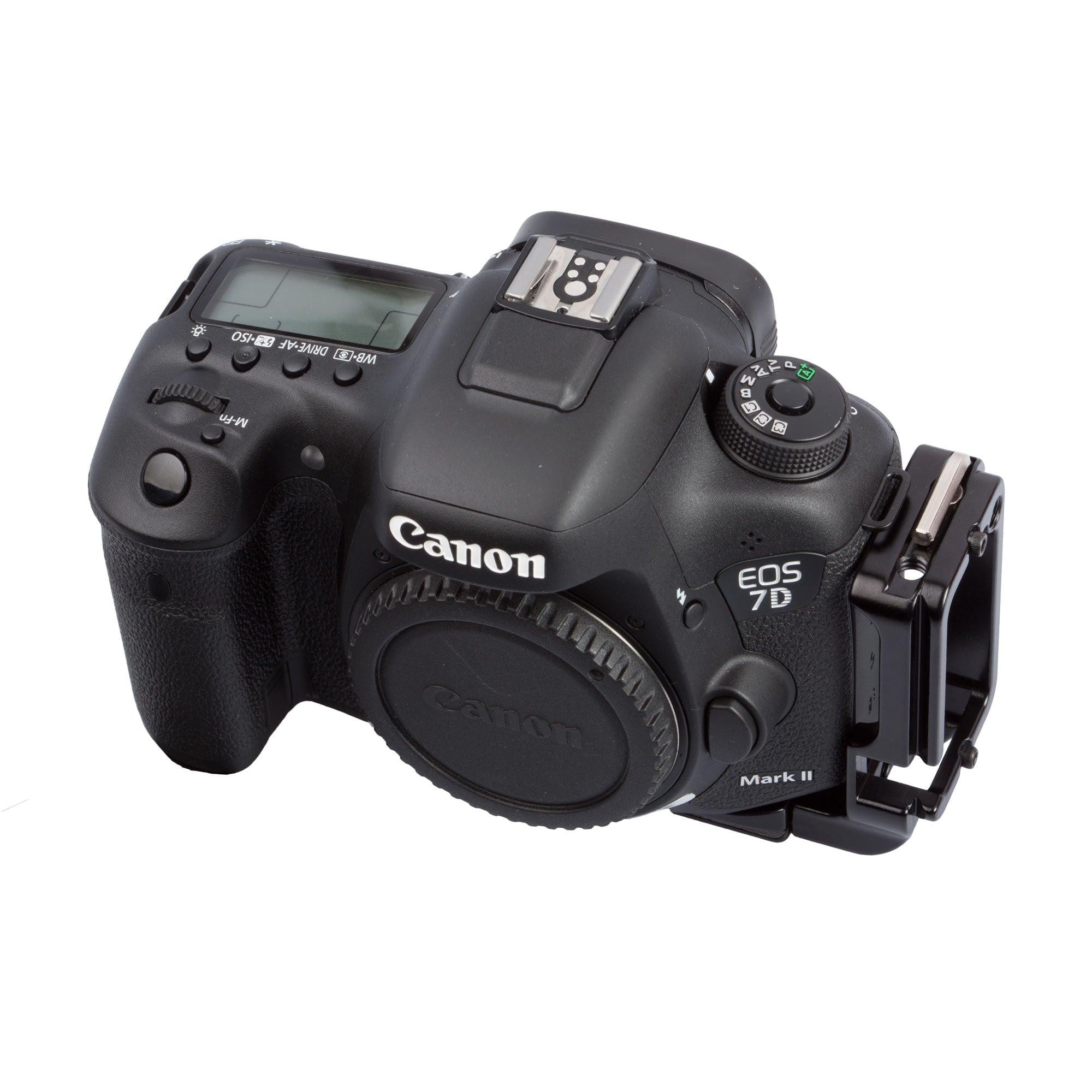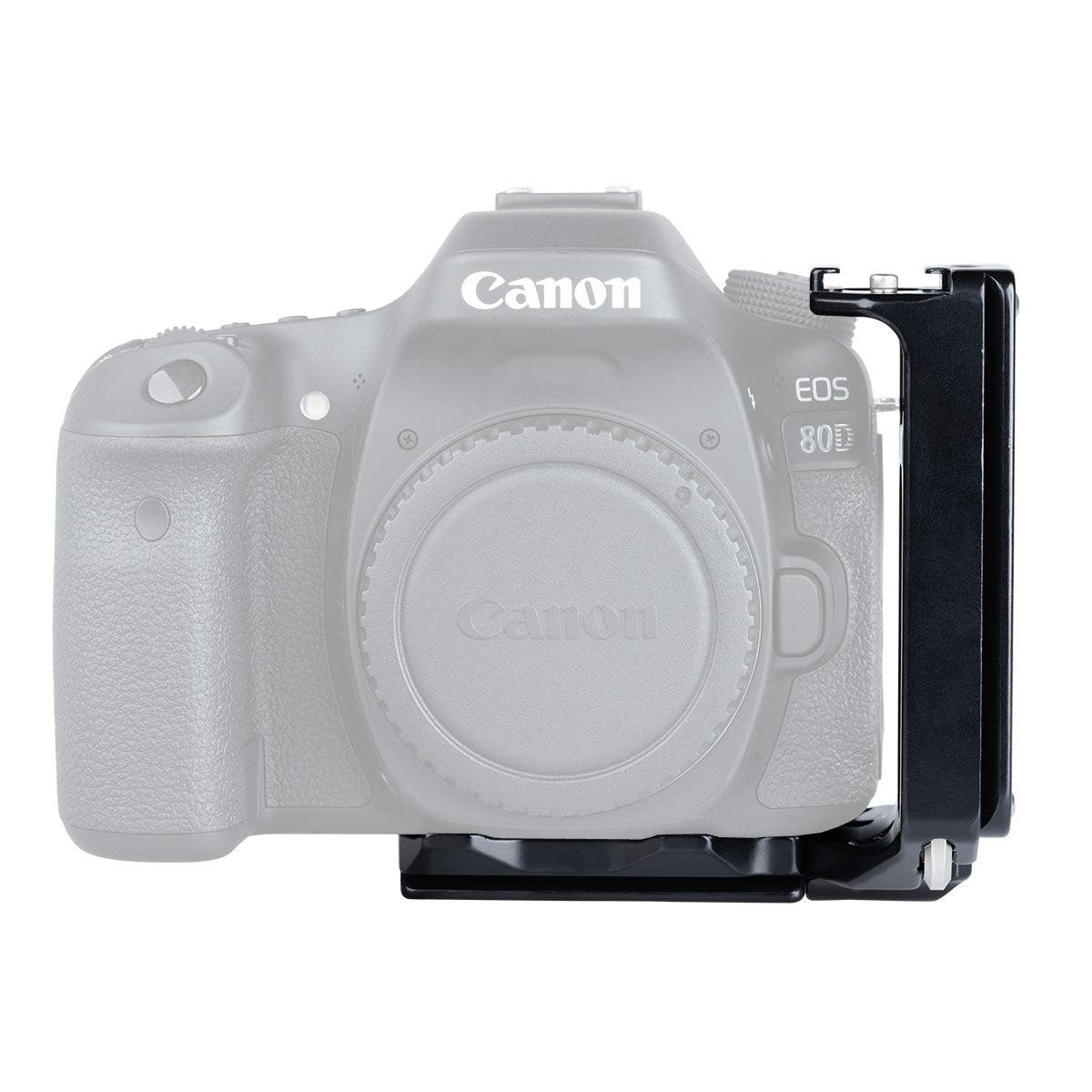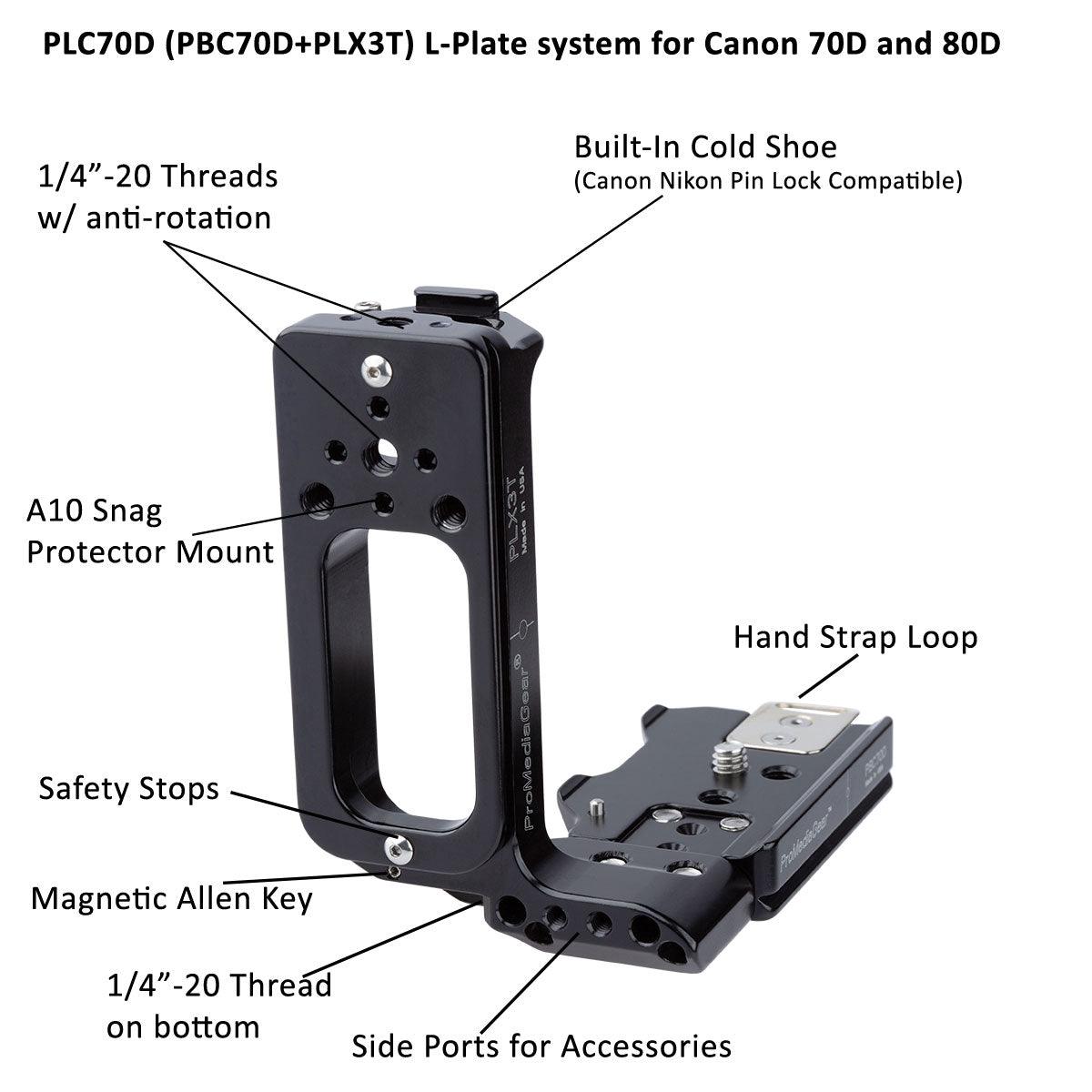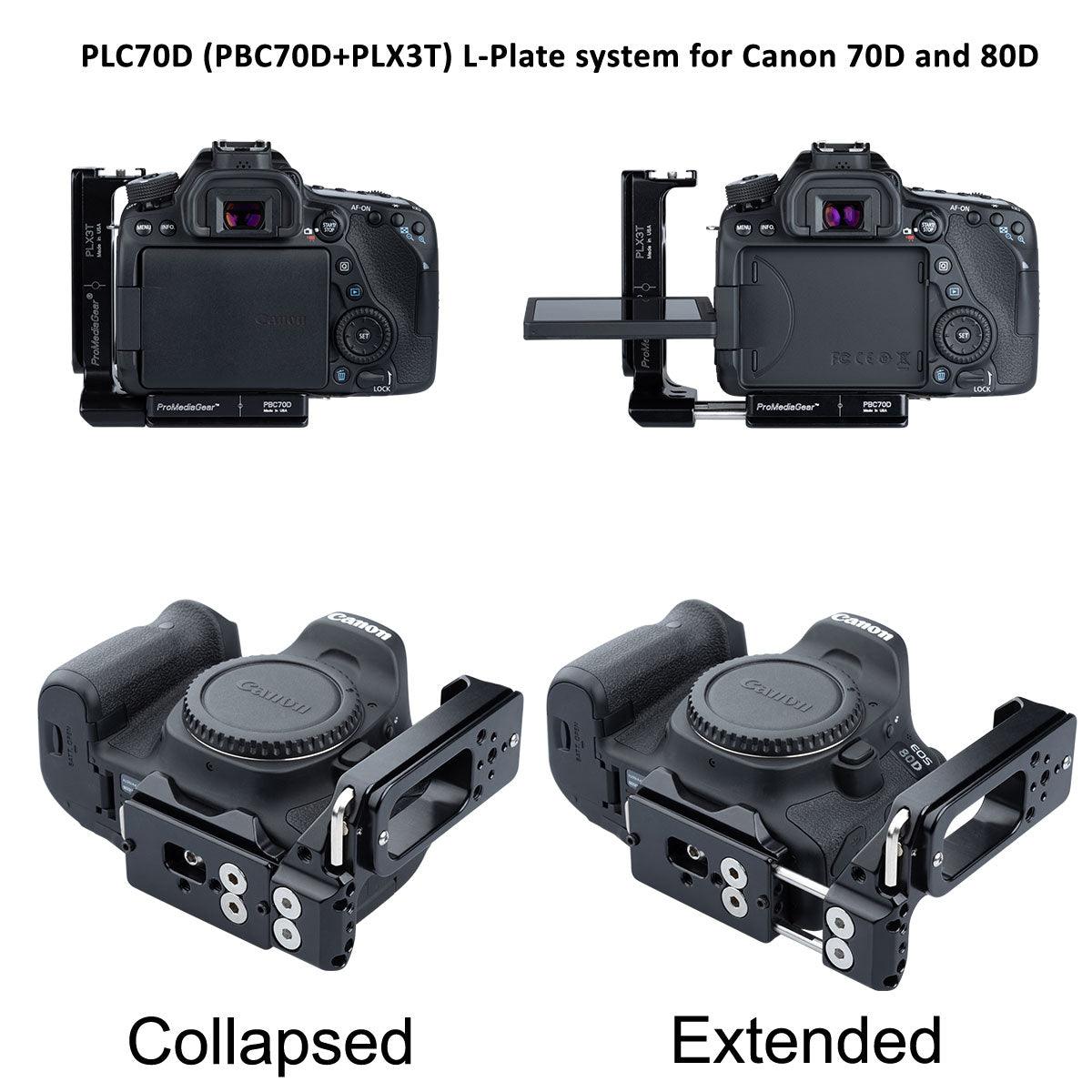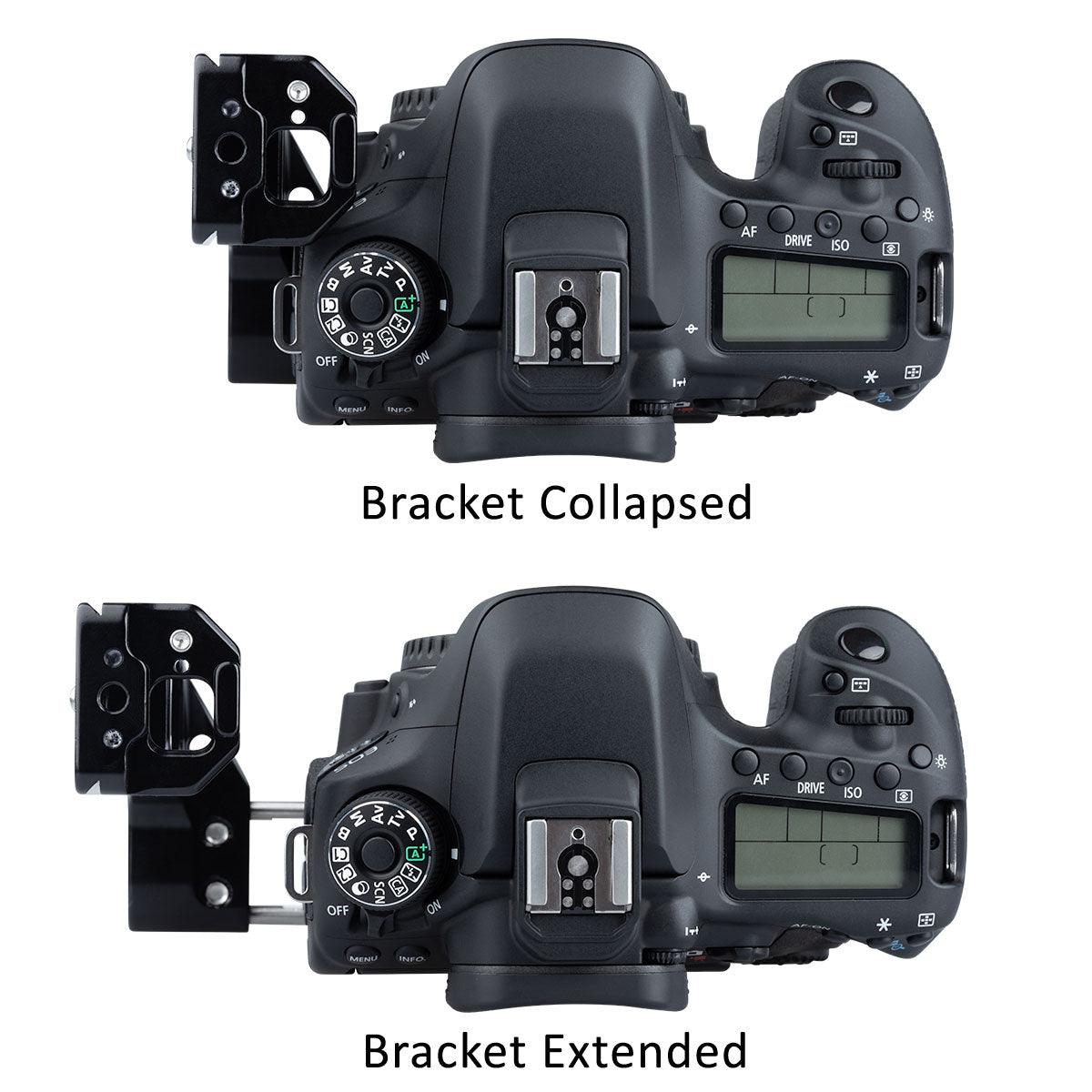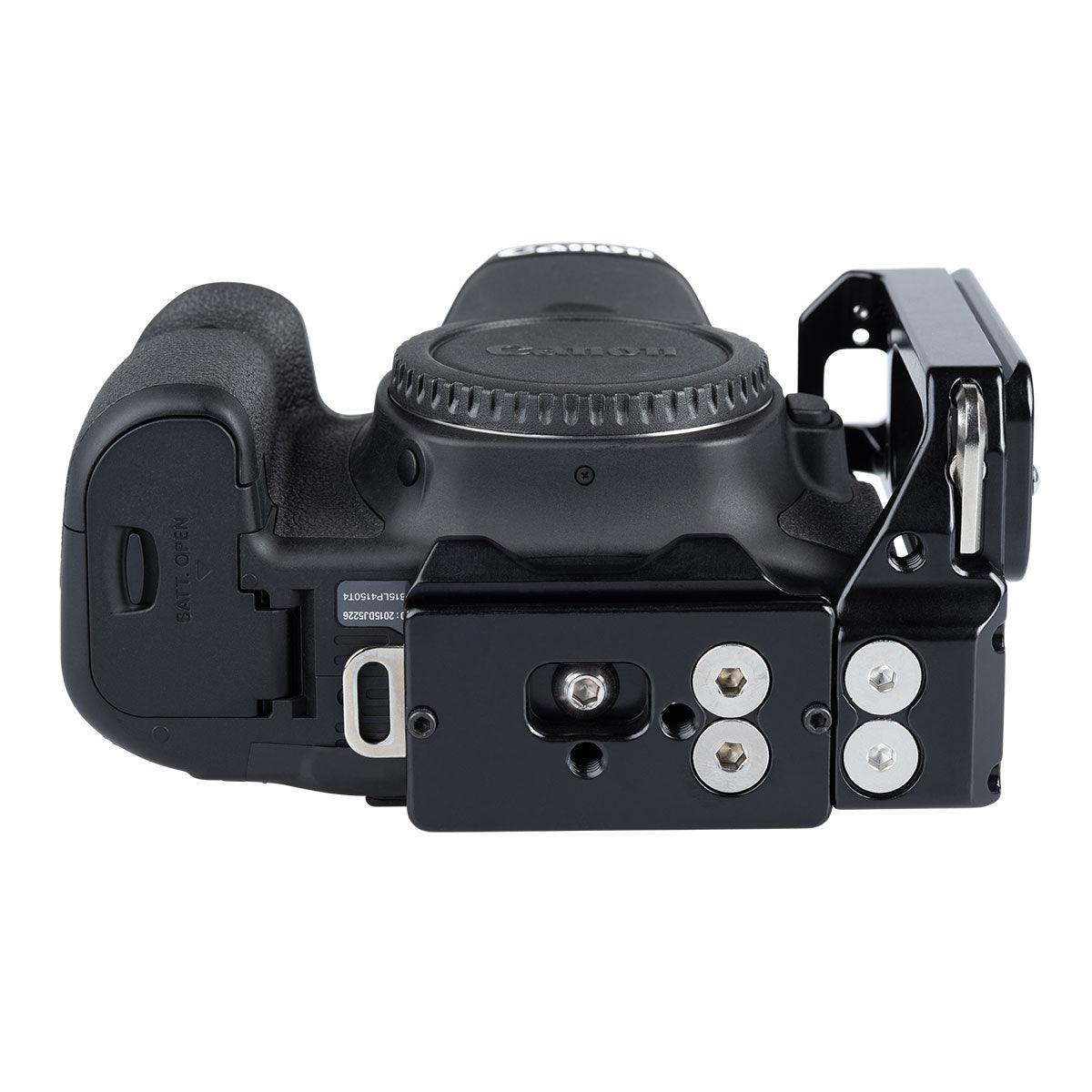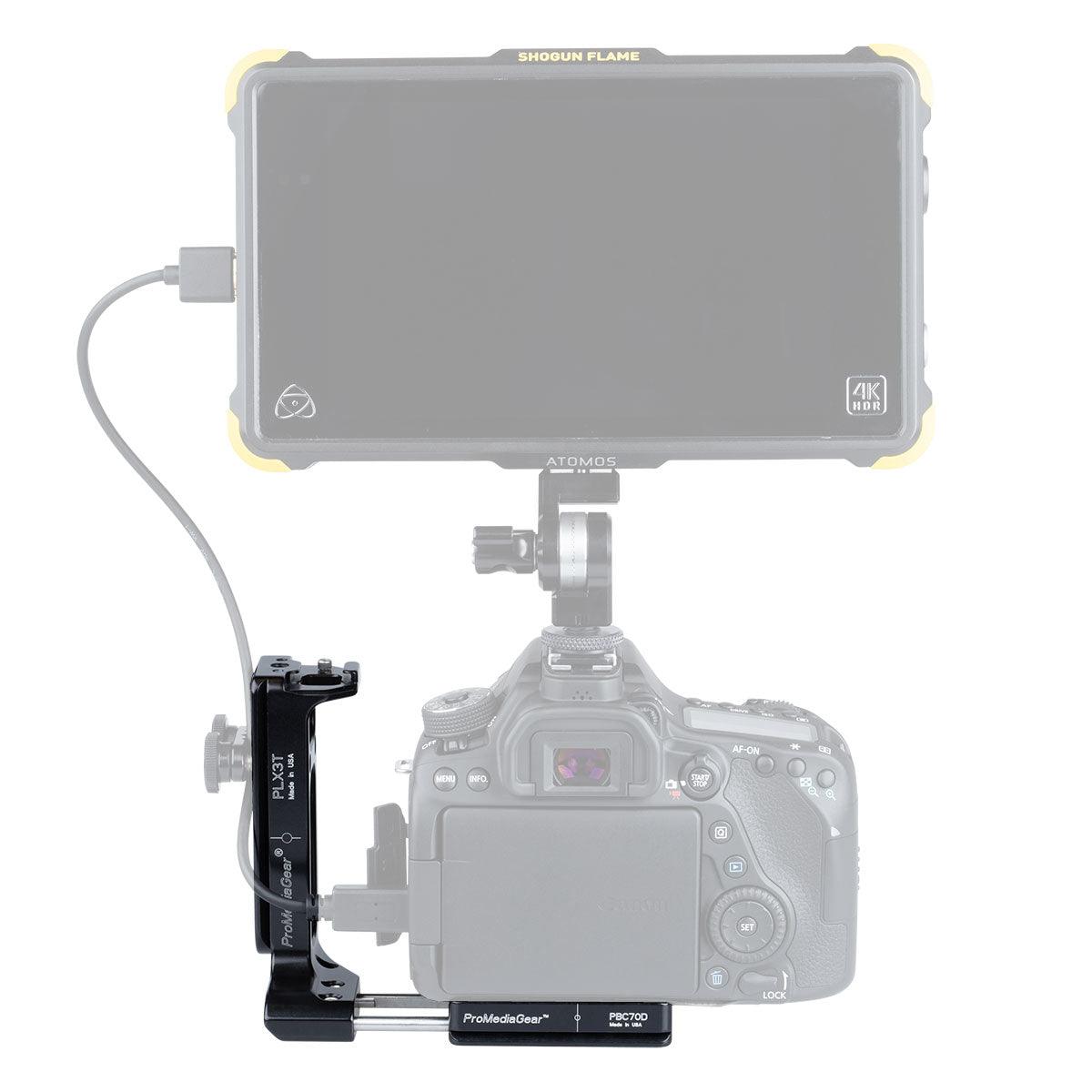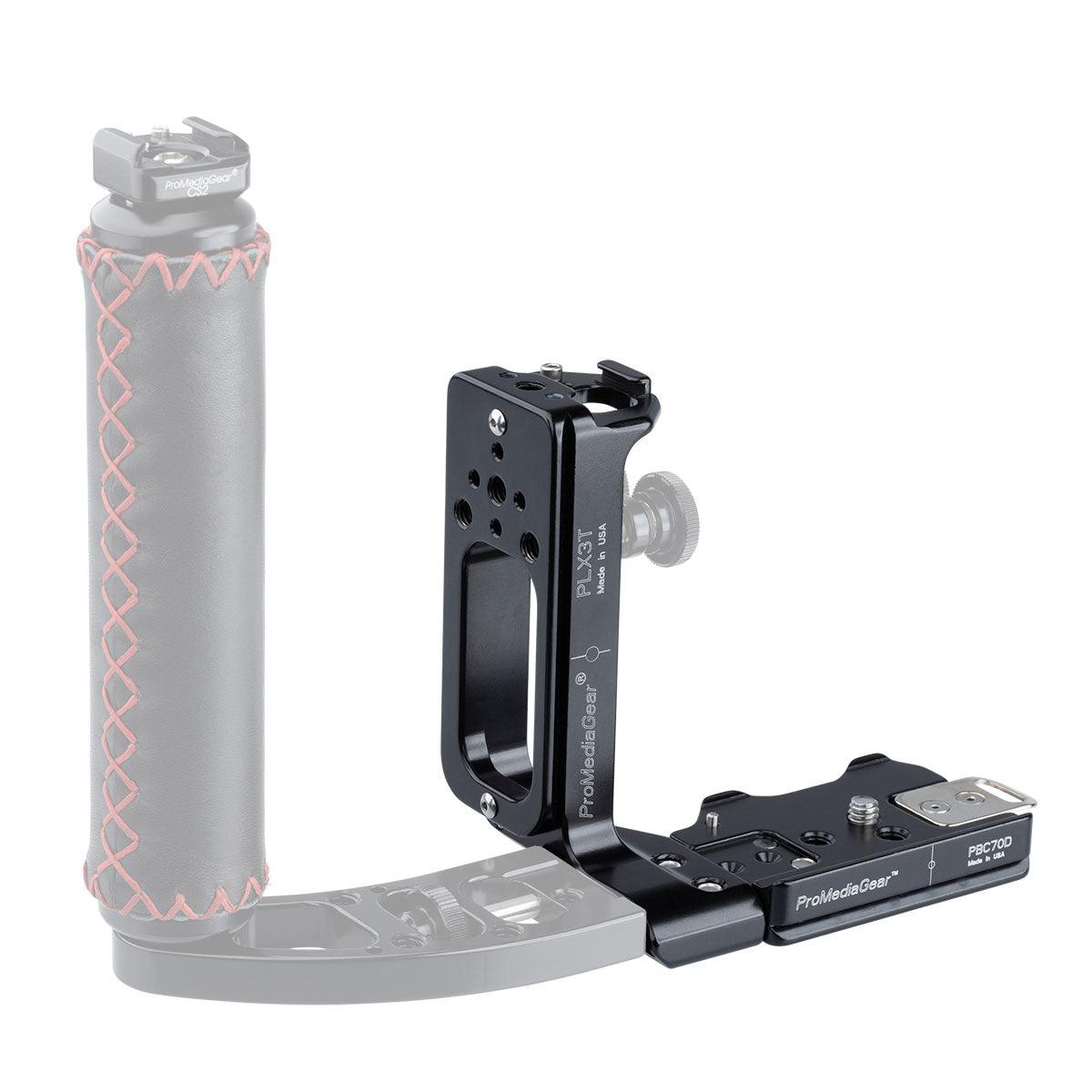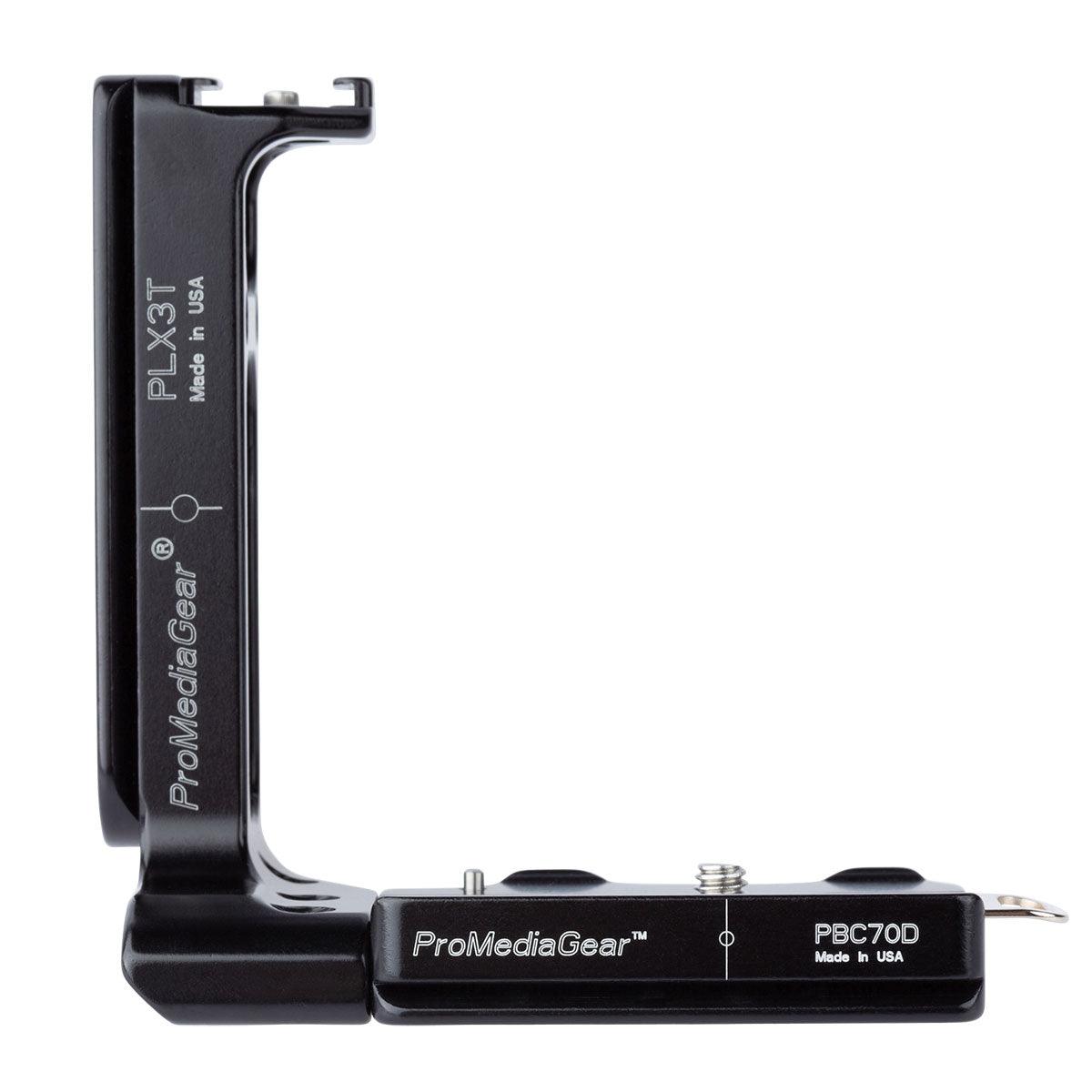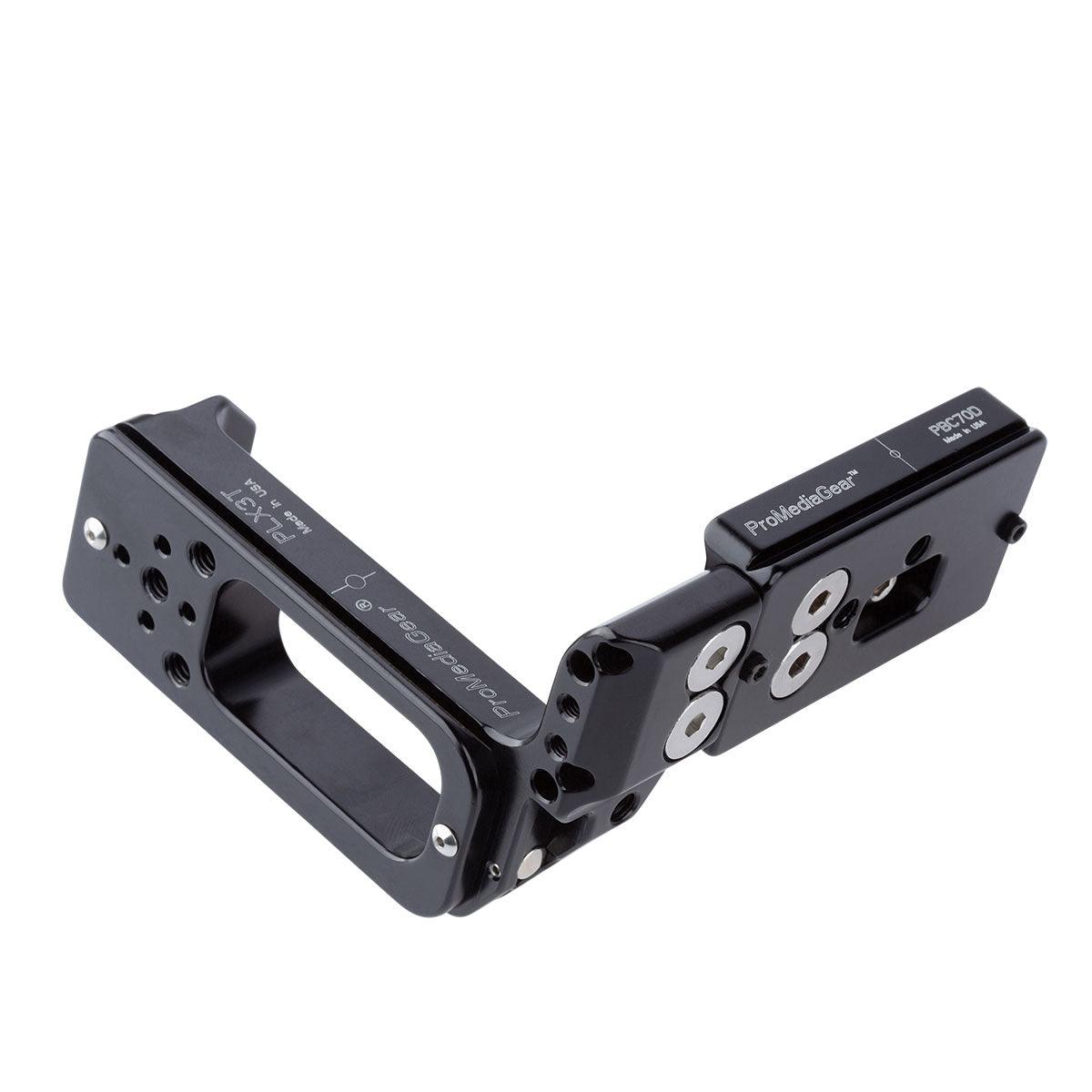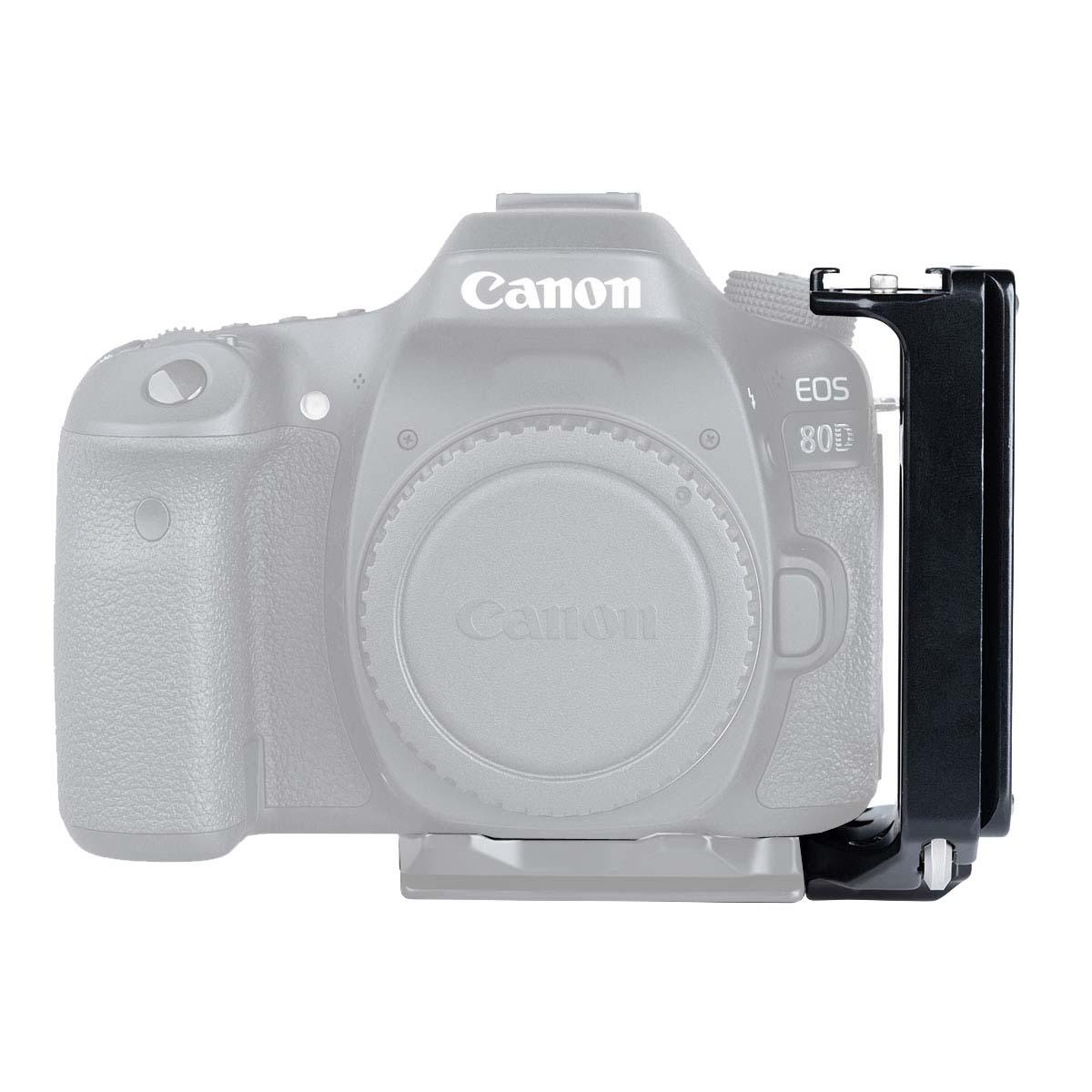What is a camera L-Bracket?
This makes it useful for a photographer who shoots in both orientations frequently since the transition between the two orientations is swift and efficient.
What are the advantages of using a camera L-Bracket
Quick and easy switching between portrait and landscape orientation
An L-bracket allows photographers to easily switch between portrait and landscape orientation without having to adjust the tripod head or the camera itself. This saves time and ensures that the composition of the shot remains consistent.
Increased stability and balance
By mounting the camera on an L-bracket, the center of gravity is shifted closer to the center of the tripod, which can result in increased stability and balance when shooting with a tripod.
Protection for the camera
An L-bracket can provide some protection to the camera body by keeping it elevated off the ground and reducing the risk of scratches and damage.
Better access to camera ports and battery compartments
Improved ergonomics
What are the disadvantages of using an L-Bracket
Added weight and bulk
An L-bracket can add weight and bulk to the camera setup, which may not be desirable for photographers who need to keep their gear lightweight and portable.
Cost
L-brackets can be relatively expensive compared to other camera accessories, especially those made from high-quality materials such as aluminum or carbon fiber.
Compatibility
Not all L-brackets are compatible with all camera models, so photographers may need to purchase multiple brackets if they use several different camera bodies.
Inconvenience when not using a tripod
L-brackets are primarily designed for use with a tripod, so if a photographer frequently shoots handheld or on the go, the added bulk and weight may be more of a hindrance than a benefit.
Limited access to the camera's LCD screen
Depending on the design of the L-bracket, it may partially obstruct the camera's LCD screen, which can make it more difficult to view images or adjust camera settings.
Fortunately, ProMediaGear custom camera l-brackets are made with the LCD and ports in mind so they are still accessible.
How to use a camera L-Bracket?
Using an L-Bracket is easy and very straightforward.
Step 1 - Attach the L-bracket to the camera
Most L-brackets attach to the camera's tripod mount via a screw, just like a tripod. Ensure that the bracket is securely fastened to the camera.
ProMediaGear L-brackets are easy to attach. It only uses one screw and it is good to go. Just make sure that the alignment is correct before tightening it up.
Step 2 - Adjust the L-bracket to the desired orientation
The L-bracket should be adjusted so that the camera can be positioned in either portrait or landscape orientation. Some brackets may have a locking mechanism to keep the camera securely in place.
Step 3 - Attach the L-bracket to the tripod
Attach the L-bracket to the tripod head just as you would attach the camera. Ensure that the bracket is securely fastened to the tripod.
Step 4 - Adjust the tripod head
Adjust the tripod head to the desired position for the shot. When shooting in portrait orientation, the camera will be mounted on its side, so ensure that the tripod head allows for this.
Step 5 - Shoot
Once the camera and bracket are securely mounted on the tripod, you can start shooting. You can easily switch between portrait and landscape orientation by simply rotating the camera on the L-bracket.
Are camera L-Brackets worth it?
It depends. The value of an L-bracket for your camera depends on your specific needs. Whether it is helpful for you or not will dictate if it is worth your hard-earned money.
ProMediaGear L-Brackets FAQs
Are ProMediaGear L-Brackets two-piece or one-piece designs?
ProMediaGear L-Brackets are a two-piece design. This means if you do not want to use the vertical piece you can simply remove it and use just the base plate.
The advantage of this design is it allows modularity. If you have other ProMediaGear accessories such as Flash Brackets, you can easily convert your L-Bracket into a flash bracket.
What are the safety stops used for?
Safety stops prevent the camera from falling out of the clamp when the clamp is accidentally loosened. All ProMediaGear plates and l-brackets have removable safety stops.
Photography gear is expensive and considered an investment. We do not want you to lose your gear because of a mishap.
Thus, safety stops are added to make sure that your camera will not detach easily. It is an extra step to make sure that your gear is well-protected.
What is the difference between Custom & Universal L-Bracket?
Custom L-Brackets have camera plates with anti-rotation features. It hugs the camera tightly. Plus it has pins that keep the camera plate in place and prevent twisting. twisting. In turn, your camera is more secure and has less risk of it getting detached.
Related post: Top 3 reasons why you need a custom camera plate | ProMediaGear
Do L-Brackets add bulk to a camera?
Yes. It makes the camera thicker but with a good purpose. Besides the quick transition from portrait to landscape mode, an L-bracket protects the camera from the side and the bottom.
Are ProMediaGear L-Brackets heavy?
Not at all. ProMediaGear uses aircraft-grade T6061 aluminum which is lightweight yet durable. It will add some weight to your camera, but not that much. You may still use your camera for as long as you want to.
Do ProMediaGear Camera L-Brackets fit any ball head?
PMG L-brackets for camera fit any ball head as long as it has an Arca-compatible clamp. You should not worry if you are using other ball head brands as the Arca plate fits perfectly on any Arca clamps.


